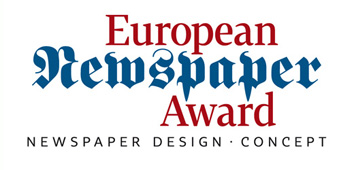Here is the Call for Entries for the 25th European Newspaper Award. The competition is organised and hosted by newspaper designer Norbert Küpper. If you have any questions, it is best to contact him by email: nkuepper@newspaperaward.org
1. Categories at a glance: Print, Online, Crossmedia and AI
The Categories Print, Online, Crossmedia and AI
The European Newspaper Award has print and online categories. There are also main prizes and Awards of Excellence. Throughout this Call for Entries, we have compiled examples of award winners from all categories. This should make it easier for participants to choose their own work. The jury also reserves the right to move work to other categories, as each piece of work should be given the best opportunity to be judged.
What are the new categories compared to last year?
Category 11.0. Weekend supplements print and e-paper
There is a trend towards weekend supplements that are published exclusively as e-paper. One can submit 4 complete issues in category 11.0. and submit suitable pages in the other categories of the competition: Visualisation, Photography, Illustration etc.
Category 20: AI projects
This new category is about the use of Artificial Intelligence in editorial projects. These can be projects in print, online or cross-media. The use of AI photography also belongs in this category.
European Newspaper of the Year:
The main prize is awarded in four categories
– Local Newspaper
– regional newspaper
– nationwide newspaper
– weekly newspaper
– It is possible that the jury will also award main prizes for online-only projects.
Awards of Excellence Print categories:
1. cover and cover story
1.1 Local newspaper
1.2. regional newspaper
1.3. national newspaper
1.4. weekly newspaper
2. sectional front page
2.1. local newspaper
2.2. regional newspaper
2.3. national newspaper
2.4. weekly newspaper
3. news pages
3.0. refugees
3.1. terror, war (Ukraine war)
3.2. natural disasters
3.3. environmental protection
3.4. elections (local, regional, national, Europe)
3.5. coronavirus
3.6. celebrity deaths
3.7. Women’s Football World Cup
4. photography
4.0. photographic series
4.1. portrait
4.2. image editing
4.3. sequence
4.4. atmosphere
4.5. perspective
4.6. picture page
5. photo reportage
6. visualisation
7. visual storytelling
8. alternative storytelling
9. infographics print
9.0. infographics
9.1. small infographics
9.2. infographics with emphasis on maps
10. illustration
11. supplements
11.0. weekend supplements print and e-paper
11.1. supplements for special occasions
11.2. magazine supplements
12. special pages
13. typography
14. concept, innovation print
14.0 New series, new concepts
14.1. special editions and anniversary issues
Awards of Excellence online categories:
15. concept, Innovation Online
15.0 Multimedia Storytelling
15.1. motion pictures
15.2. trick films
16. online and crossmedia
16.0. web design for news websites
16.1. typography crossmedia
16.2. crossmedia projects
17. infographics online
17.0. data journalism
17.1. infographics online, animated infographics
18. podcasts
19. social media
20. AI projects
Joint categories print and online:
Entries on these topics can be submitted not only in print, but also online and cross-media:
3. news pages
3.0. refugees
3.1. terror, war (Ukraine war)
3.2. natural disasters
3.3. environmental protection
3.4. elections (local, regional, national, Europe)
3.5. coronavirus
3.6. celebrity deaths
3.7. Women’s Football World Cup
Please use the same numbering here as for the print categories.
Sorting into categories
The jury is always looking for the best category for each work. Therefore, it happens that works are sorted into other categories.
Student work
Student work can be entered in all categories.
Local pages
Local pages can participate in all categories. There is no separate category for them.
2. Submission details · timetable
Submission details · timetable
The competition is hosted by newspaper designer Norbert Küpper since its foundation in 1998. In the media, the competition is also referred to as the „Oscar of the newspaper industry“.
All submissions are made online via the Upload Centre.
Entries must have been published between 1 October 2022 and 12 October 2023.
Deadline
– Early Bird submissions by 12 October 2023.
– The regular deadline is 26 October 2023.
– Late submissions are possible until 9 November 2023.
Main prizes
The main prize will be awarded in four categories
– local newspaper
– regional newspaper
– national newspaper
– weekly newspaper
The main prize is awarded for concept and design. The interaction of print and online plays an increasing role. It is possible that the jury will also award main prizes for online-only or AI projects.
Two complete newspapers
The jury requires two complete newspapers as pdf from the following period:
Daily newspapers:
Saturday, 2.9.2023 and Wednesday, 6.9.2023.
Special editions, anniversary editions are not allowed here! If your newspaper does not appear on Saturday, send a Friday edition.
Weekly newspapers:
Two different copies. Both newspapers must have been published between 1.10.2022 and 10.10.2023.
Special editions, anniversary editions are not allowed here!
Awards of Excellence
– 4 entries are allowed in each category and sub-category. These are, for example, 4 front pages, 4 photo reports, 4 infographics, 4 cross-media projects, 4 data journalism projects, etc.
– Awards of Excellence are given in different categories for print, online and cross-media.
– Submissions must have been published between 1 October 2022 and 10 October 2023.
– Entries must be submitted in pdf format. The captioning must be done according to the categories.
Timetable
1.9.2023: Start of the submission phase
12.10.2023: End of the early bird submission phase
26.10.2023: End of the regular submission phase
9.11.2023: End of the late submission phase
Notification of award winners: December 2023, by email to the respective contact persons.
Award ceremony: June 2024, Vienna.
3. Naming of the pdf’s in print and online categories.
Naming of the pdf’s in print and online categories
The naming will start with the category number, followed by the competition number, then the name of the newspaper. The submissions are presented to the jury in alphabetical order. Therefore, the correct newspaper name is important. Abbreviations, internal names, etc. are not permitted.
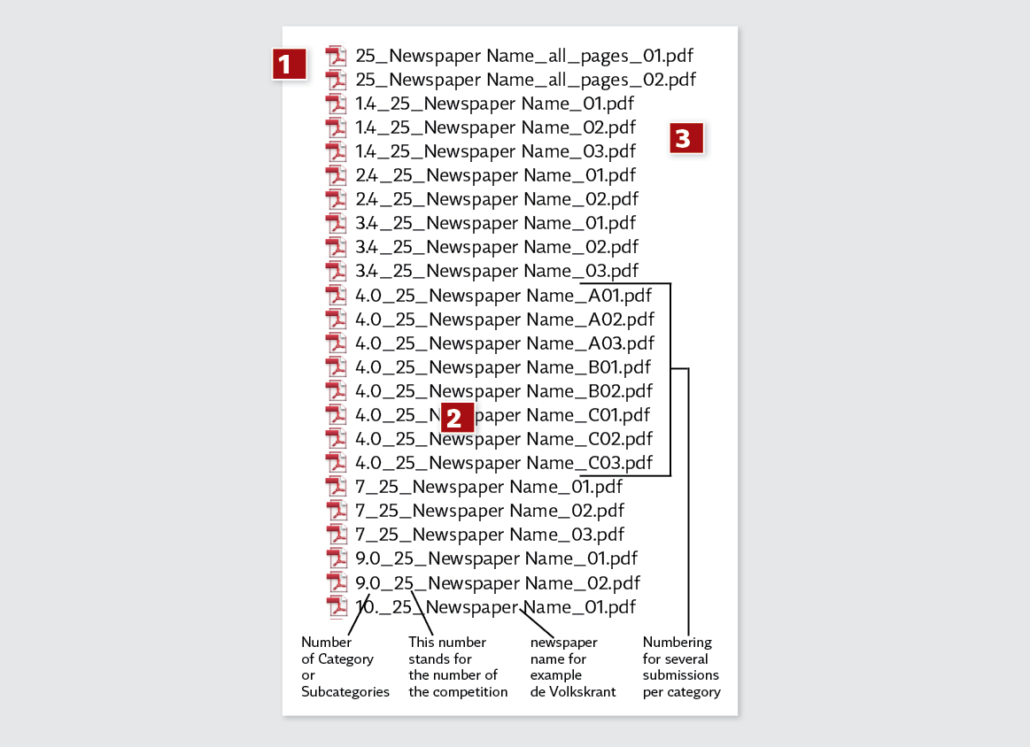
1.
Two obligatory issues
Two complete newspapers must be submitted as a pdf. It is best to use the epaper edition of your newspaper. One page will then be less than 1 MB in size. These two issues can be saved as single pages or in a single Pdf.
If you participate exclusively in online categories, no pdfs of the print newspaper need to be submitted.
2.
Print categories
Work in all categories is submitted as pdfs. Sort the pages into the categories of the competition and name each pdf correctly as shown here. Do not submit the same work in different categories.
Online categories
Each submission gets its own pdf document. It is not allowed to collect different online submissions in one document.
3.
Print categories 1 – 14
No multi-page pdfs! Left and right pages must be made into double pages. This is done either during the production of the pdf or in the software Photoshop.
Attention: In Adobe Reader no real double pages can be created! Please follow the instructions in this Call for Entries!
Explanations to individual pages only if necessary and as a note within the pdf. It can be helpful, for example, to translate the title and the introduction into English so that the jury recognises the topic. The Google Translator is very helpful here.
4. How to create double pages
How to create double pages
Double pages must be created as such. This is done either during the production of the pdf or in the Photoshop software. With Photoshop, left and right pages are assembled into a double page. It is not possible to create real double pages in the Adobe Acrobat software!
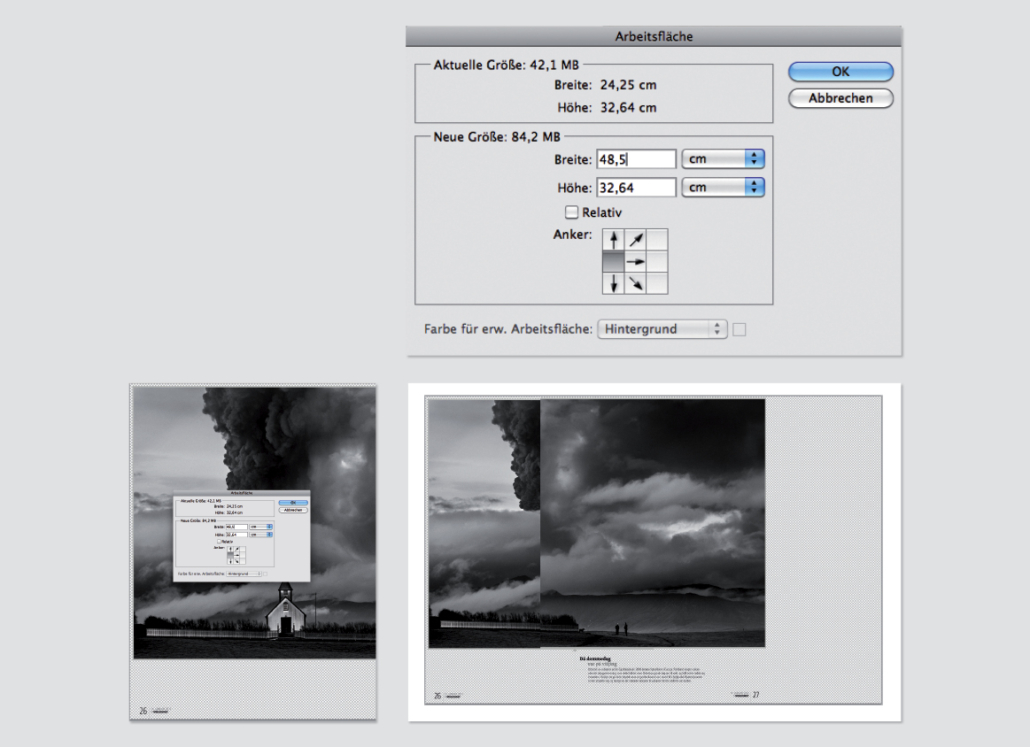
This is how the creation of a double-page spread looks in Photoshop. Load the pdf into Photoshop and merge the left and right pages into a single document.
5. How to participate in online categories
How to participate in online categories
We would like to treat all projects equally and present all submissions to the jury in the same style. Therefore, please follow the rules listed here as closely as possible. Please use the upload centre for submission: upload.newspaperaward.org
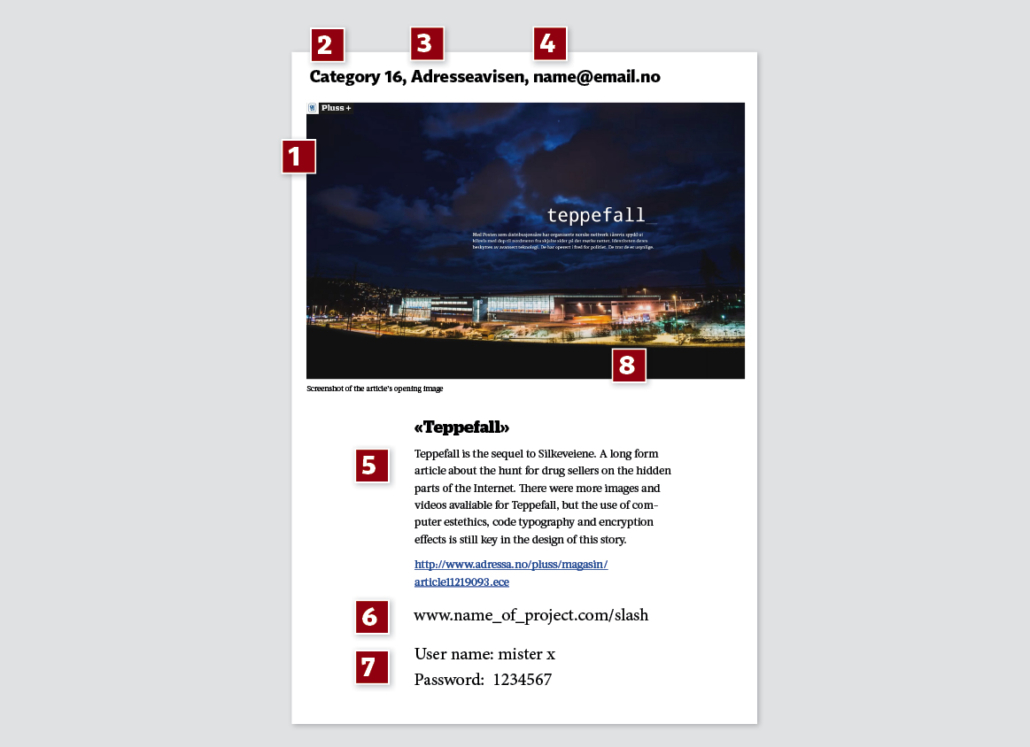
1.
Create a vertical format document in DIN A 4 format for each project.
2.
Specify the category.
3.
Name of the newspaper.
4.
Email of the contact person
5.
Description of the project in English.
6.
Give a link that works! Shorten long strings with www.tinyurl.com. Check the link in the finished pdf!
7.
Paywall: Give us access data for six accesses. Put the access data directly to the link. Valid until 31 January. If you need names and emails of the jury members, write an email to nkuepper@newspaperaward.org
8.
A screenshot must show the start page of the project.
Do you have questions about the submission? Email to nkuepper@newspaperaward.org
6. How to participate with cross-media projects
How to participate with cross-media projects
Cross-media projects are submitted in the online categories! Send the newspaper pages as Pdf. Name the pdfs according to the category.
Give each pdf document the name of the category and the name of the newspaper.
Please write the name of the newspaper correctly, for example: Der_Tagesspiegel, Stuttgarter_Zeitung.
A separate Pdf document must be created for each project.
Only Pdf documents are allowed. Word documents can be saved as Pdf.
7. Upload submissions in the Upload Centre
Upload submissions in the Upload Centre
Upload entries in the 20 categories and two complete newspapers as a pdf in the Upload Centre.
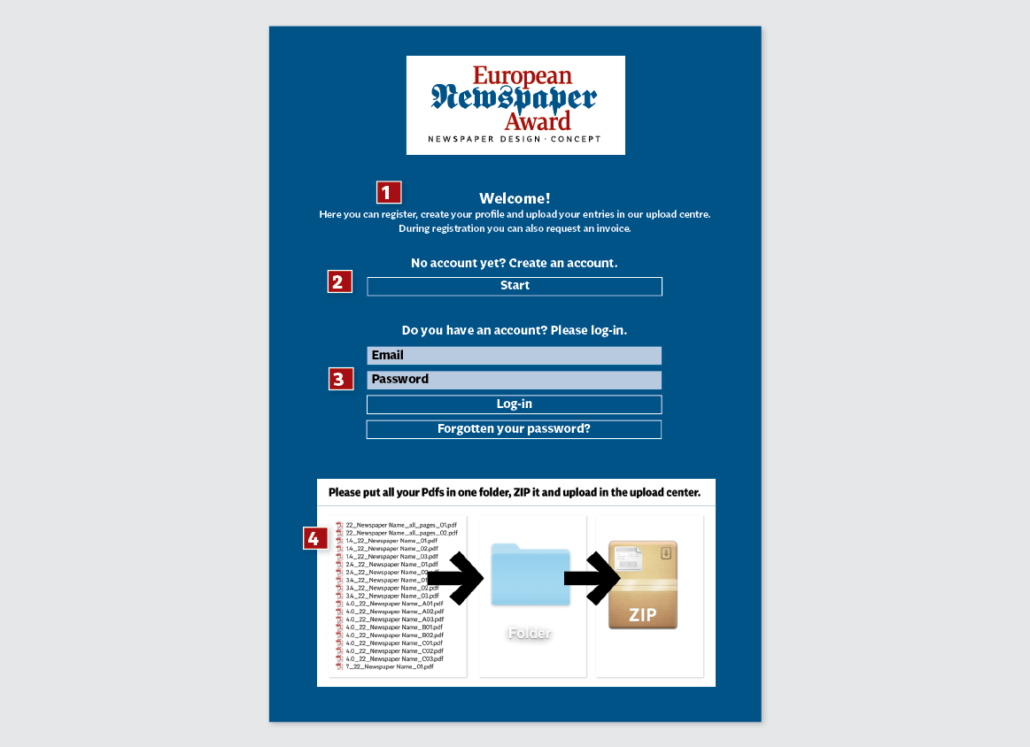
1.
Use the Upload Center: Upload Center
2.
Create an account and enter the required information.
3.
If you have an account from the previous year, you can register again. We can also send you a new password.
4.
Do not send your submissions as individual pdf files, but put all submissions together in a single folder and zip the files. Then upload. Up to 600 MB can be done in one upload. If you have more data, just do a second upload. Film files can also be uploaded in this way.
Corrections to submissions
Files that have been uploaded can no longer be changed. If you want to add something, you can make another upload. If necessary, you can also completely re-upload the data. We will then delete the old files.
8. Participation fees
Participation fees
– The fee is charged per newspaper title. Example: Die Welt, Welt am Sonntag, Welt am Sonntag kompakt are three newspaper titles, thus three entry fees.
– A maximum of 4 entries can be made in each print category and also in each print sub-category. That is more than 150 submissions with a single fee.
Early-Bird: Deadline Wednesday 12.10. Charge 290 Euro
Regular: Deadline Wednesday 26.10. Charge 350 Euro
Late: Deadline Wednesday 9.11. Charge 410 Euro
– Deadline: Arrival of the submission at the Upload Center.
– Student works pay half the regular charge.
Request invoice
– In order to be able to write an invoice, we need the exact company address. If in doubt, ask your accountant for the correct address.
– If you register in the upload centre, you will also enter an invoice address there. We will then send the invoice automatically.
– It is also possible to request an invoice by e-mail: nkuepper@newspaperaward.org.
– After you have requested an invoice, you will receive it by e-mail, usually within 24 hours. The amount must be received by 30 November.
– If the entry fee is not paid, the participating newspaper will be disqualified.
– If you have any questions, please contact us: nkuepper@newspaperaward.org
9. Main awards
Main awards
In order to be able to decide on the main awards, the jury needs two complete newspapers from specific days of issue as pdf files. The main awards are judged on concept and design. The interaction between print and online also plays an increasingly important role. Information on print circulation and online user figures are therefore also important. This information is provided during the registration process in the Upload Centre.
The European Newspaper Award has always distinguished between local newspaper, regional newspaper, nationwide newspaper and weekly newspaper, because these newspaper categories have different contents and resources that should be taken into account. For example, there are local newspapers that have very few editors and layouters but still make an outstanding product.
Here are a few examples of main award winners from previous years:
Local newspaper
24th Competition, European Newspaper of the Year, Local Newspaper Category: Las Provincias, Spain.
Las Provincias is published in Valencia in tabloid format and has a circulation of about 8,000 copies. The newspaper has 51 editors, 5 photographers and 5 layouters. The newspaper is also very successful on the internet.
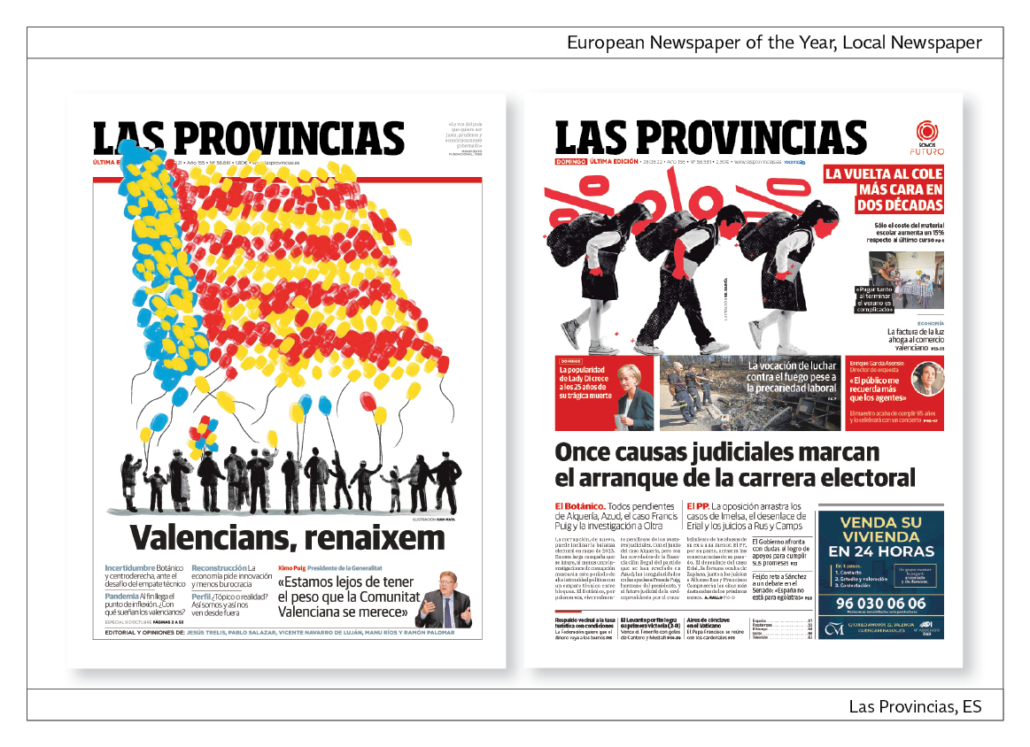
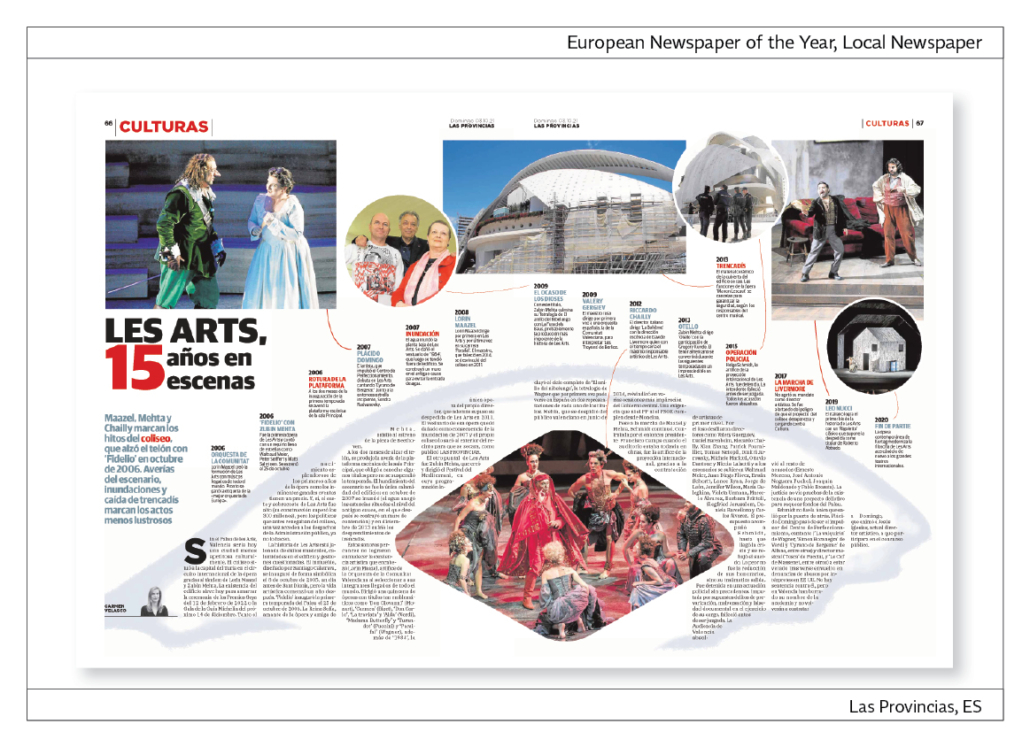
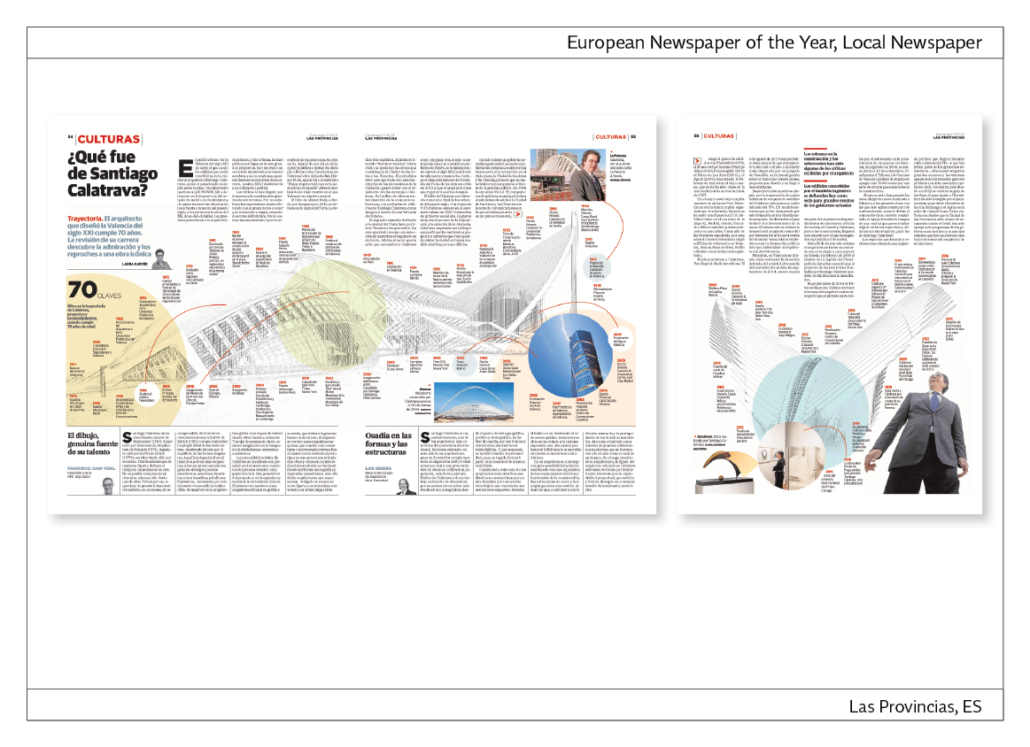
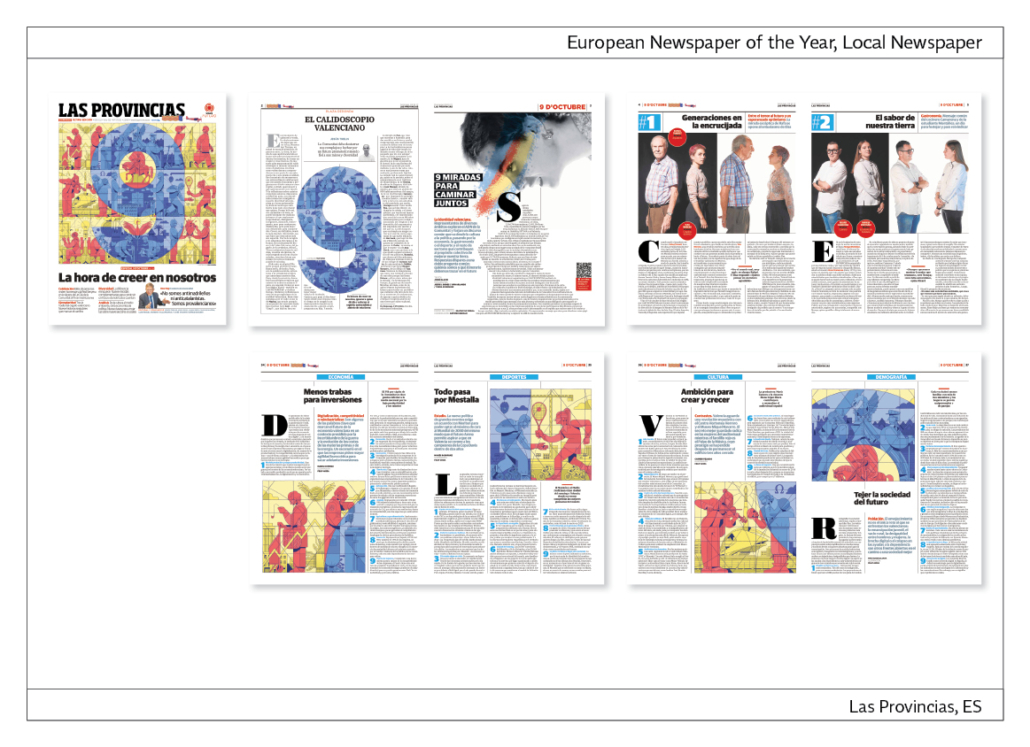
22nd Competition, European Newspaper of the Year, Local Newspaper Category: Contacto, Luxembourg
The local weekly newspaper Contacto is produced for Portuguese-speaking citizens in Luxembourg. It has a circulation of 21,000 copies and is produced in tabloid format. The newspaper has five editors, two layouters and seven correpondents. Some of the journalists and designers also work for media in Portugal and for international newspapers.
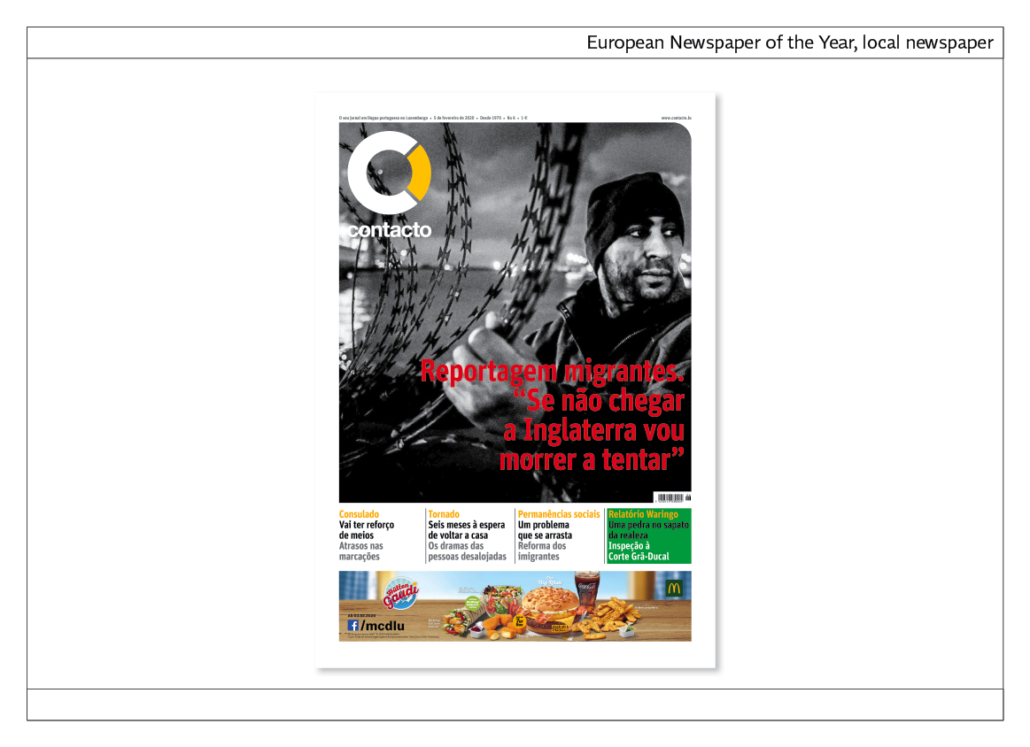
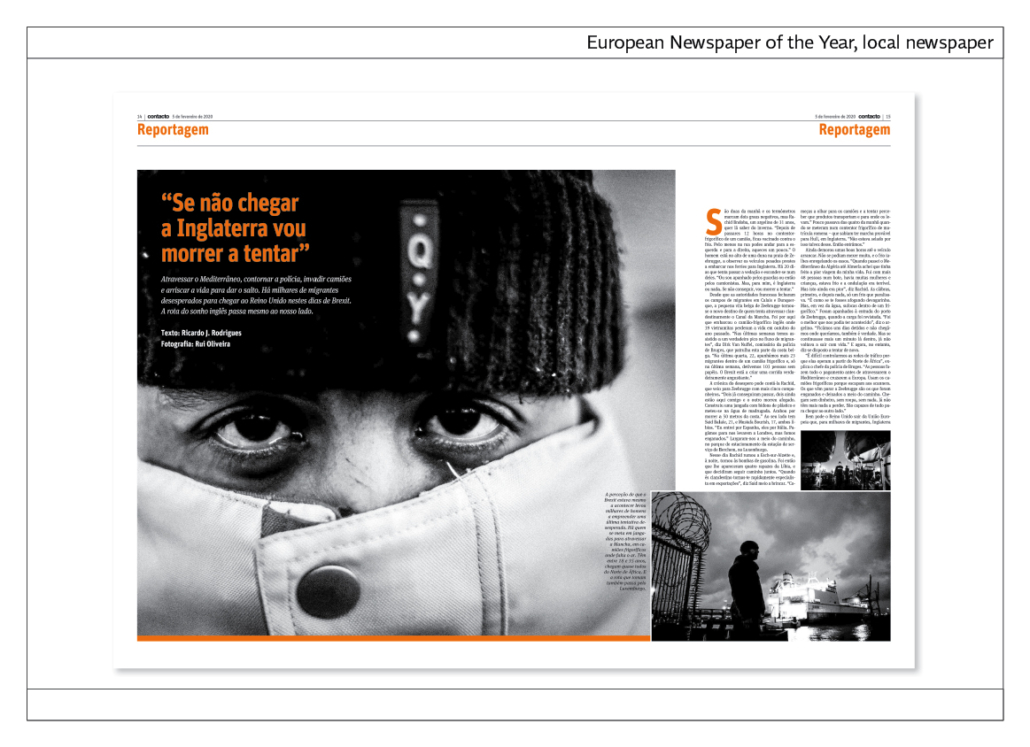
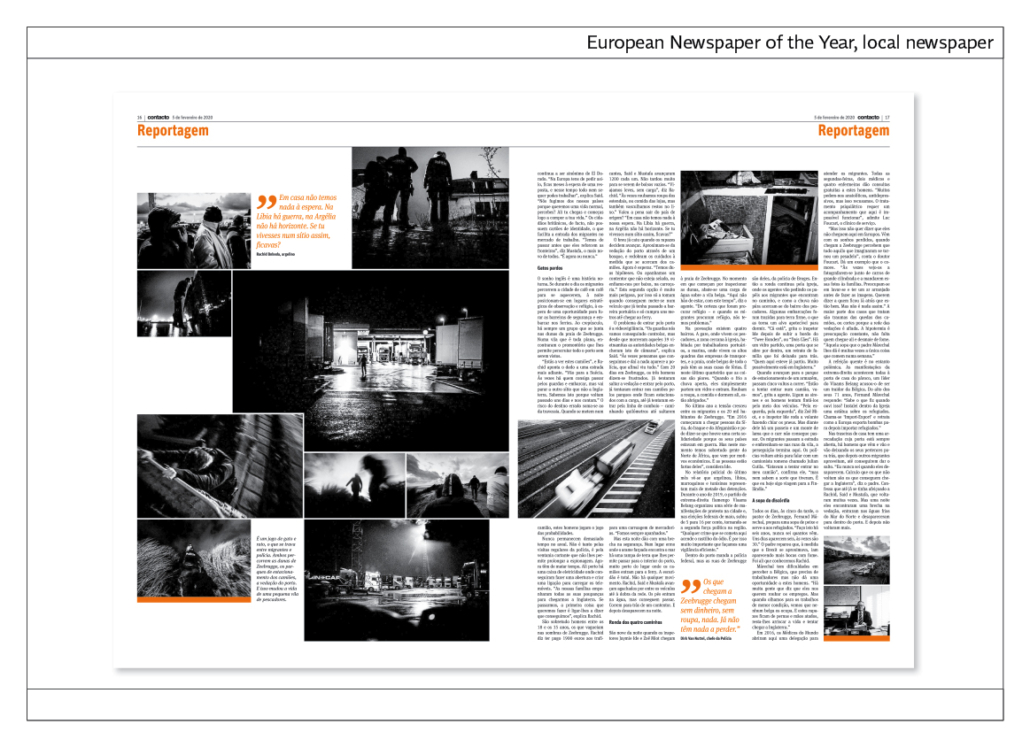
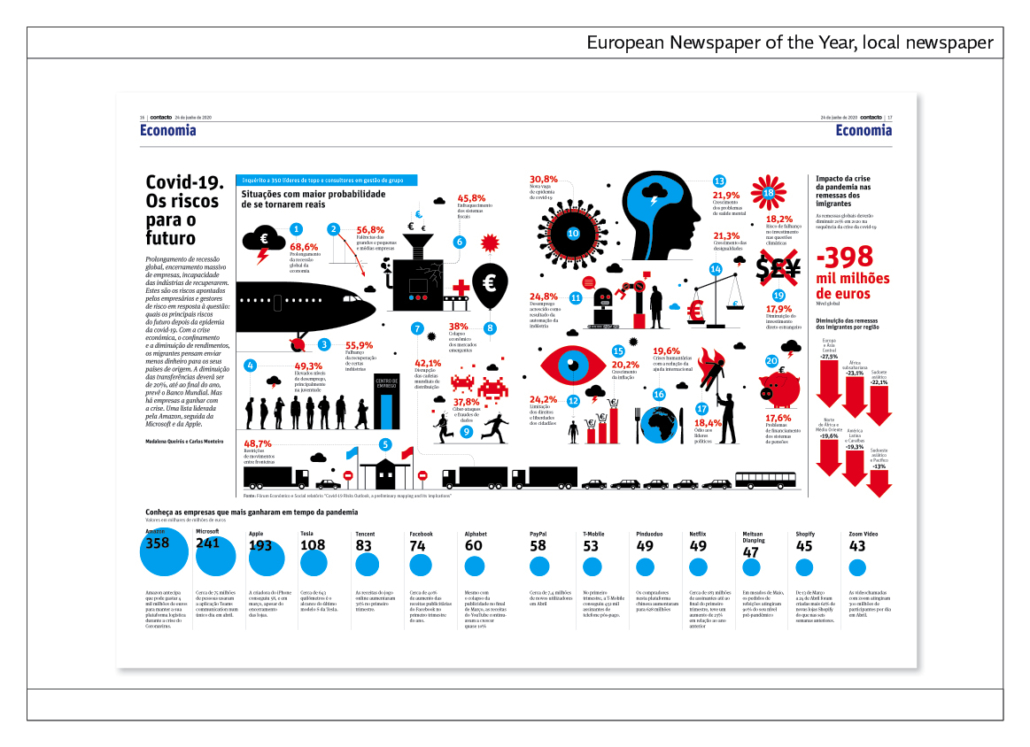
Regional newspaper
24th Competition, European Newspaper of the Year, Regional Newspaper Category: Bergens Tidende, Norway
Bergens Tidende is one of Norway’s largest daily newspapers. It is published in tabloid format seven days a week. It has a circulation of about 35,000 copies and employs 60 editors, 8 photographers and 9 layouters.
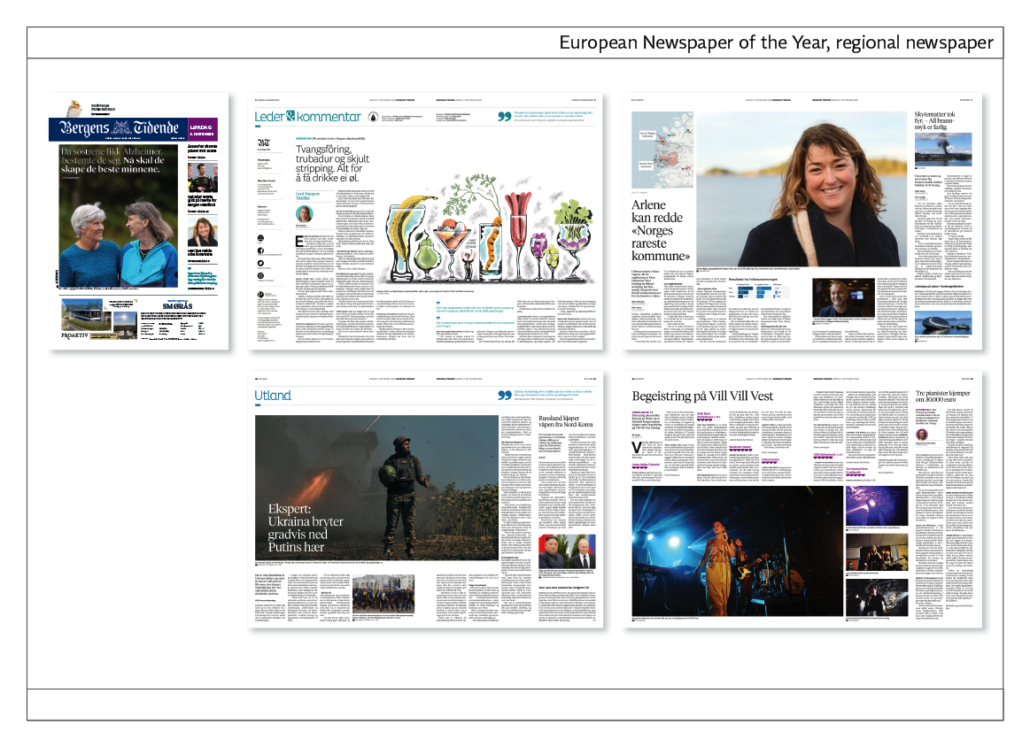
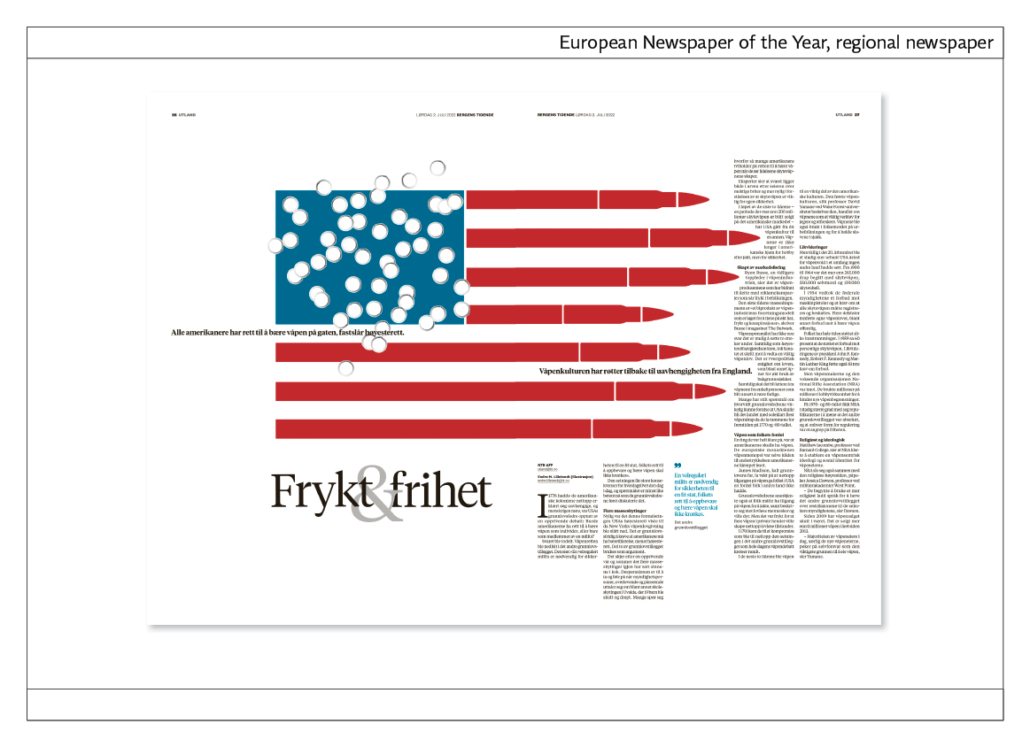
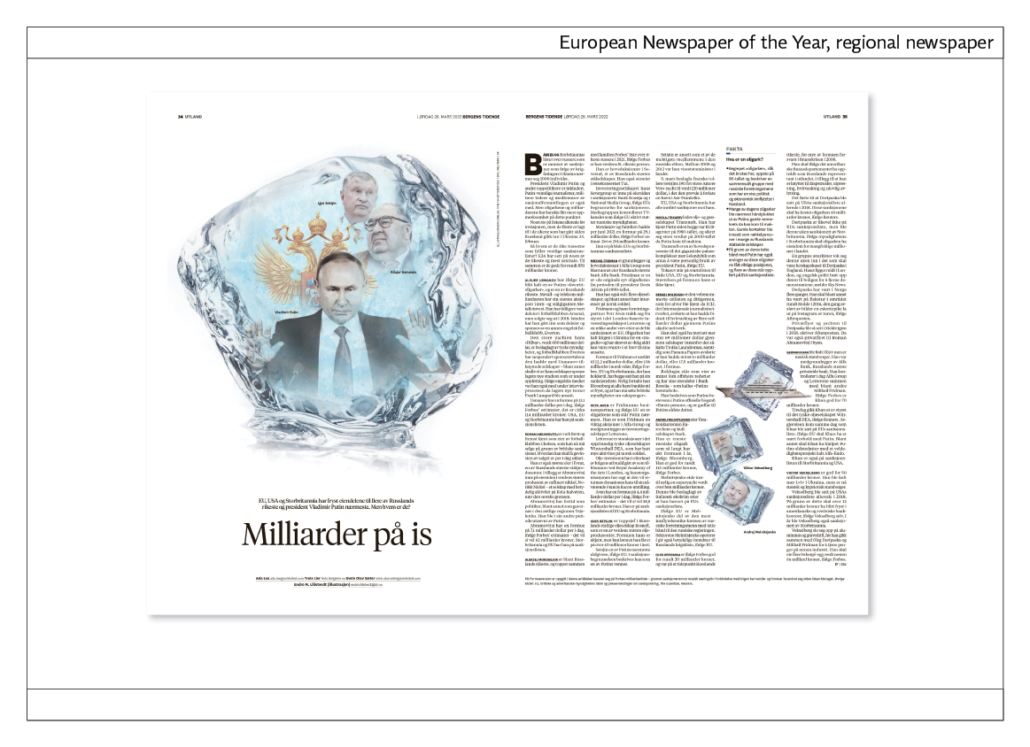
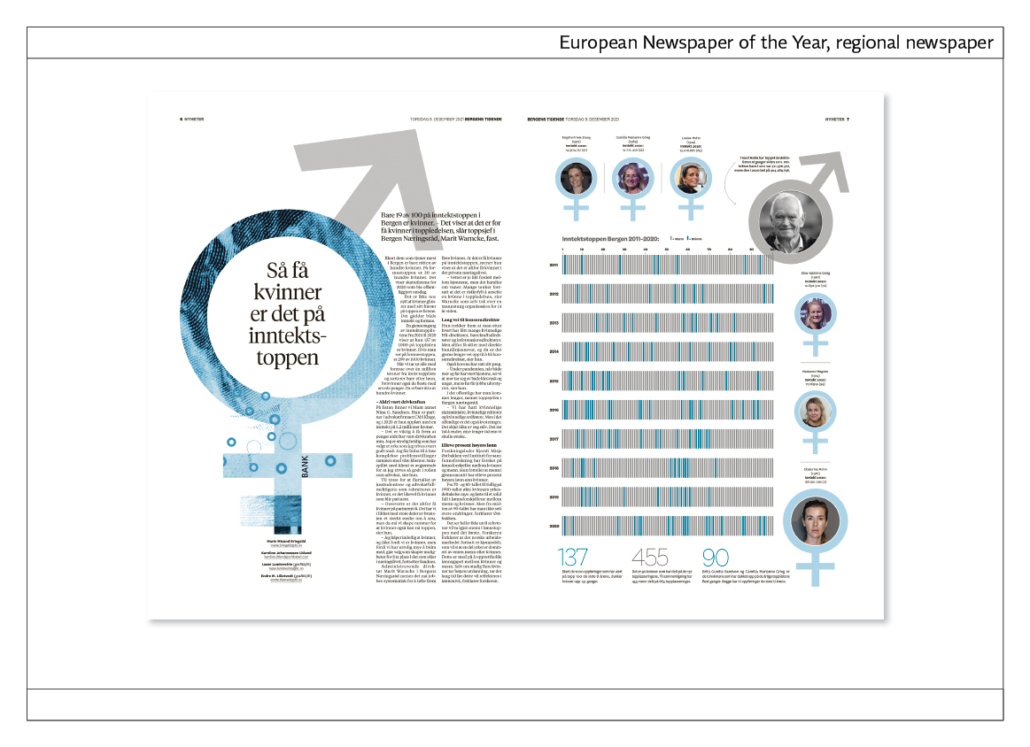
22nd Competition, European Newspaper of the Year, Regional Newspaper Category: Het Parool, Netherlands
Het Parool is published in Amsterdam in tabloid format. The newspaper is stapled. It has a circulation of about 59,000 copies. 60 journalists and six layouters work in the editorial department.
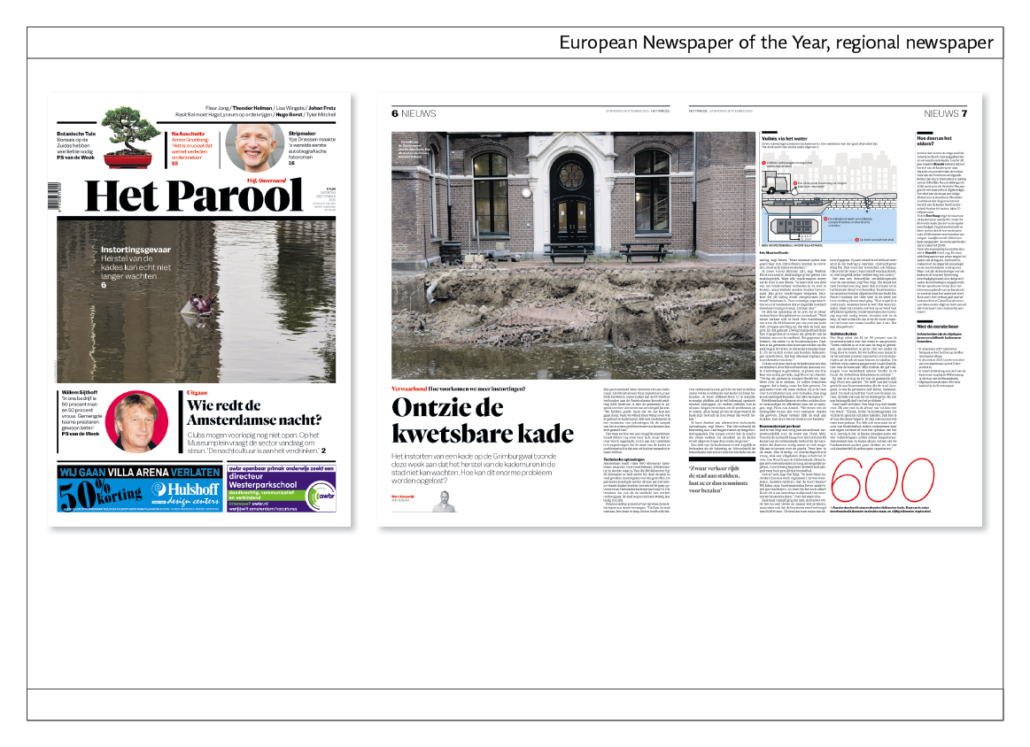
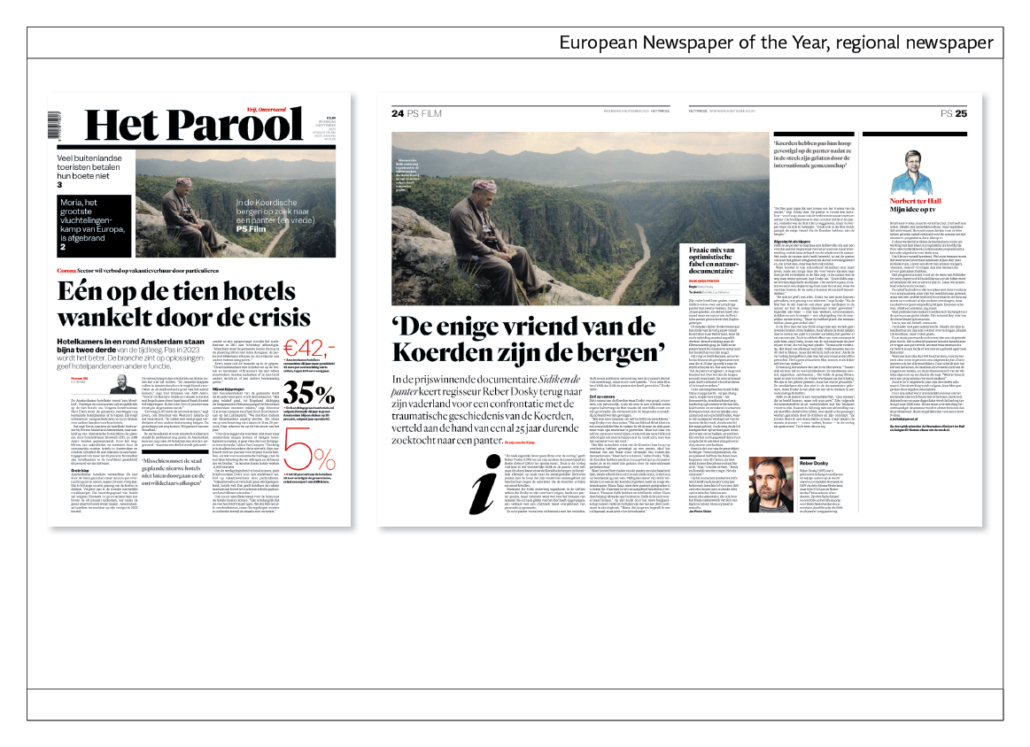
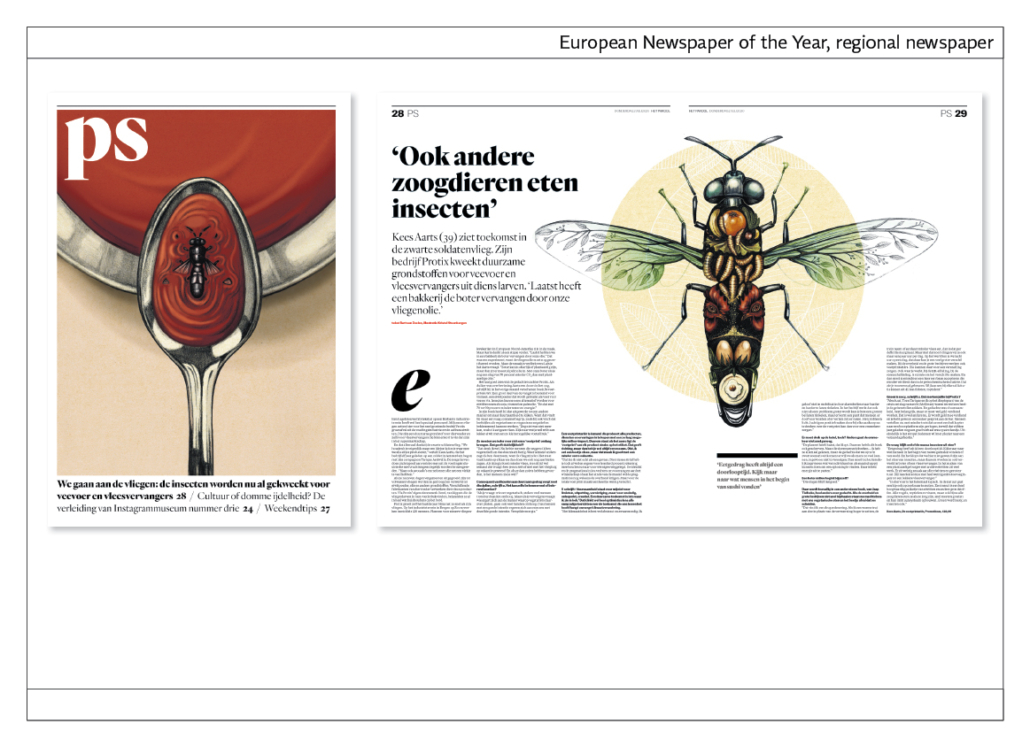
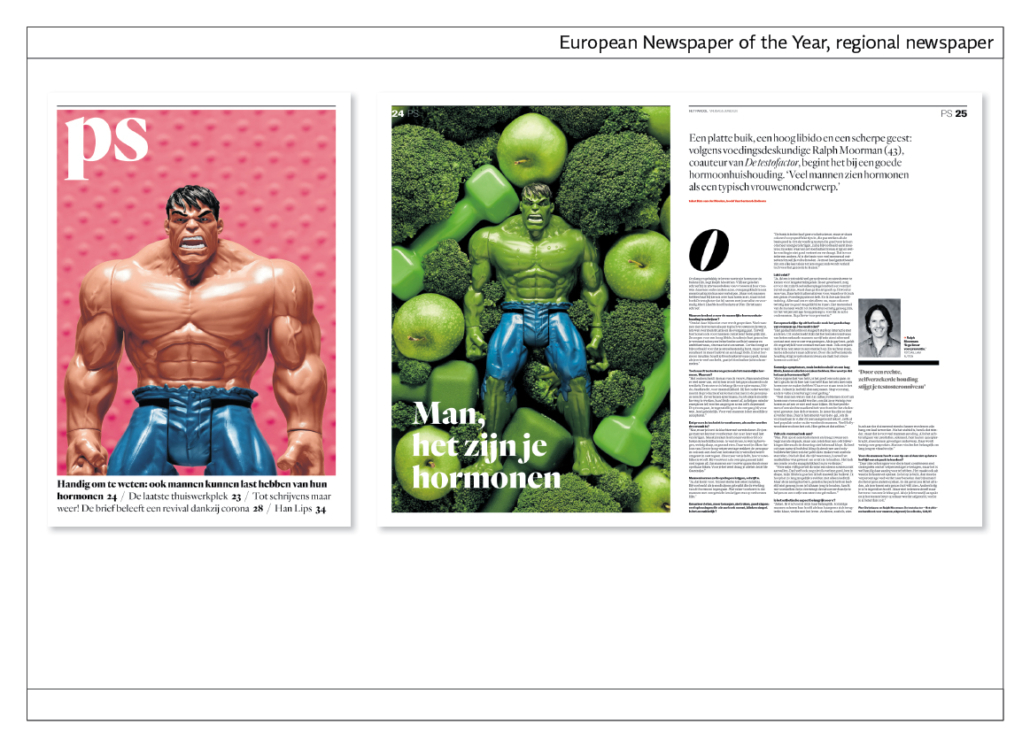
Nationwide Newspaper
23rd competition, European Newspaper of the Year, category national newspaper: De Tijd, Belgium
De Tijd is issued in the Berlin format with a circulation of 55,000 copies. Their web site counts ca 200,000 users per day (unique visitors per day). They employ 95 journalists, five
layout designers, three infographic specialists and three photo editors.
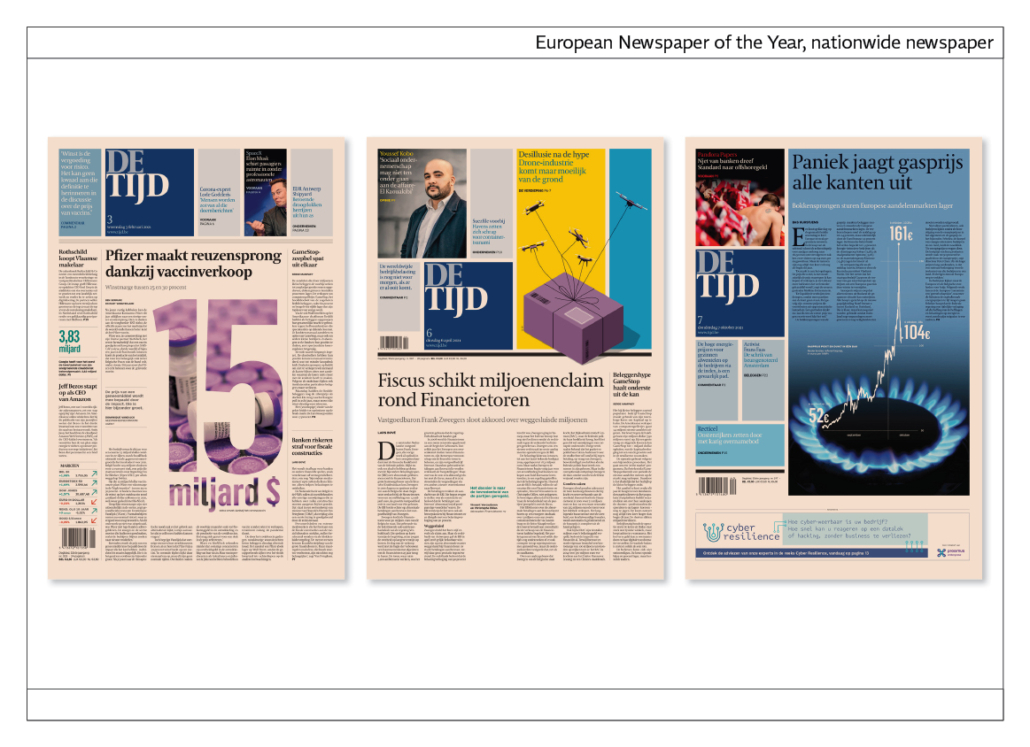
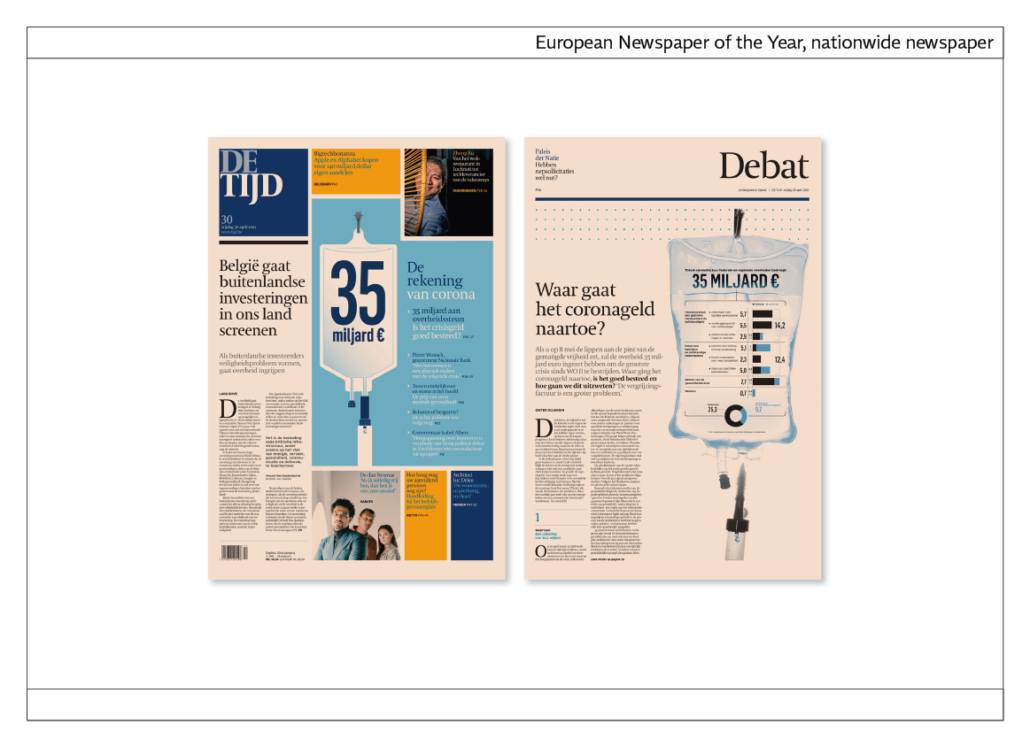
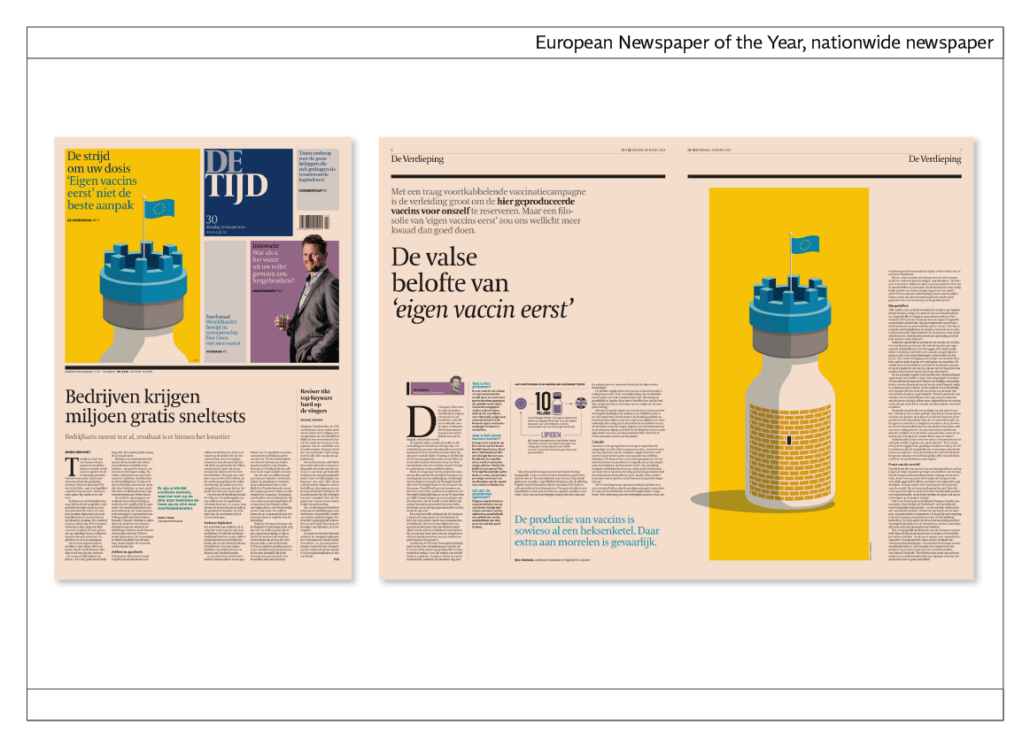
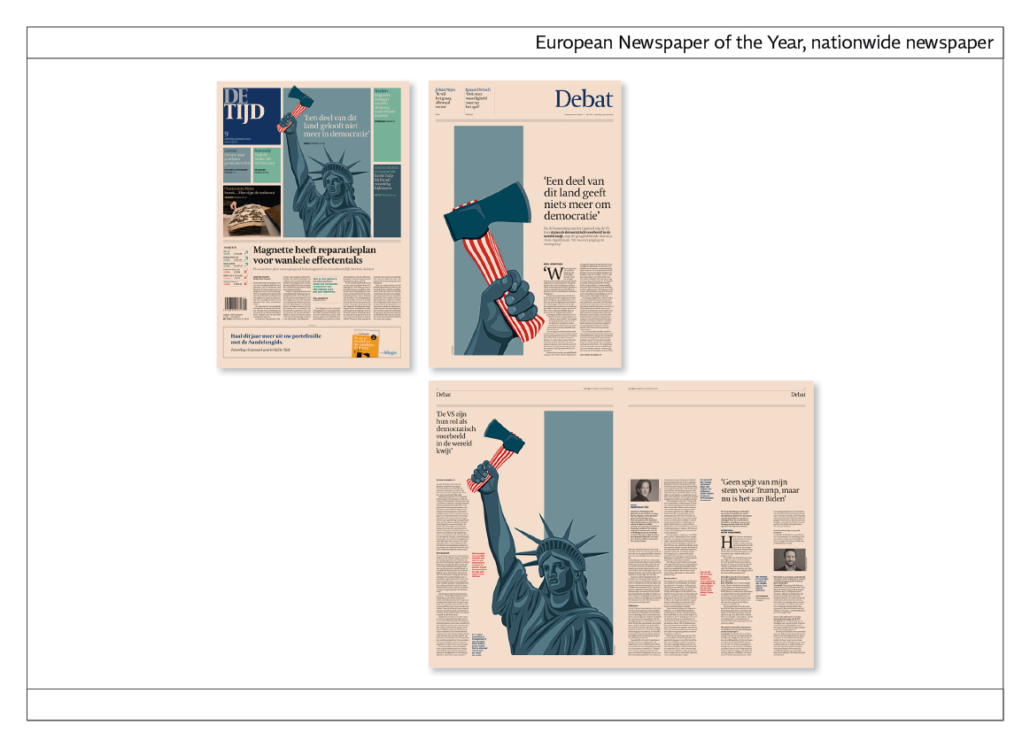
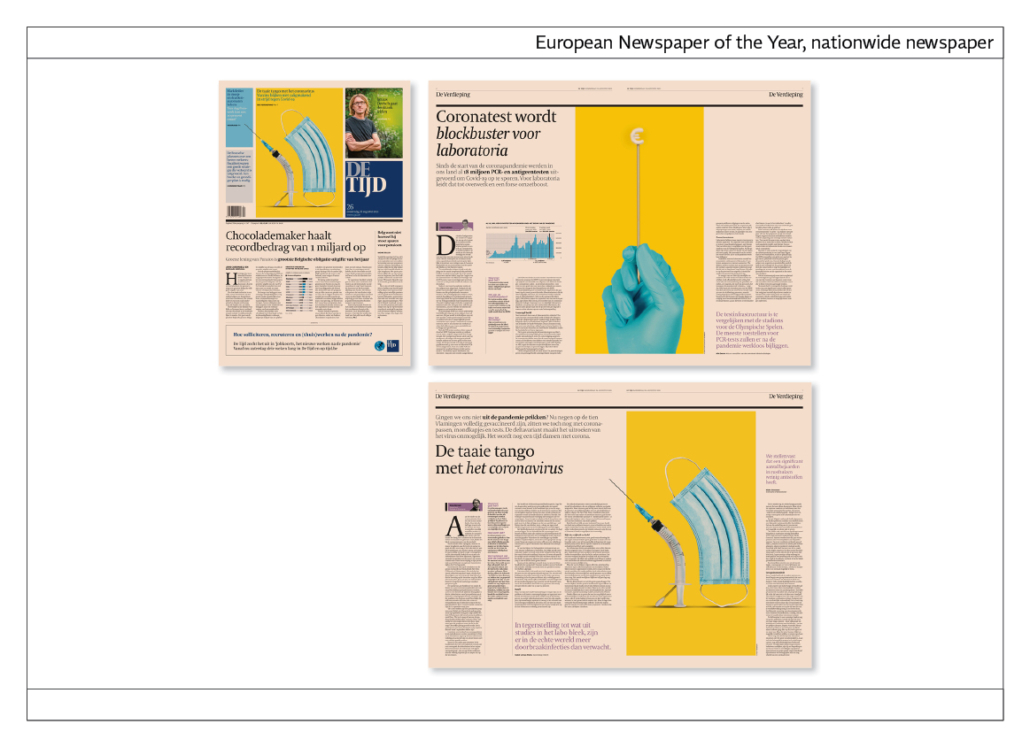
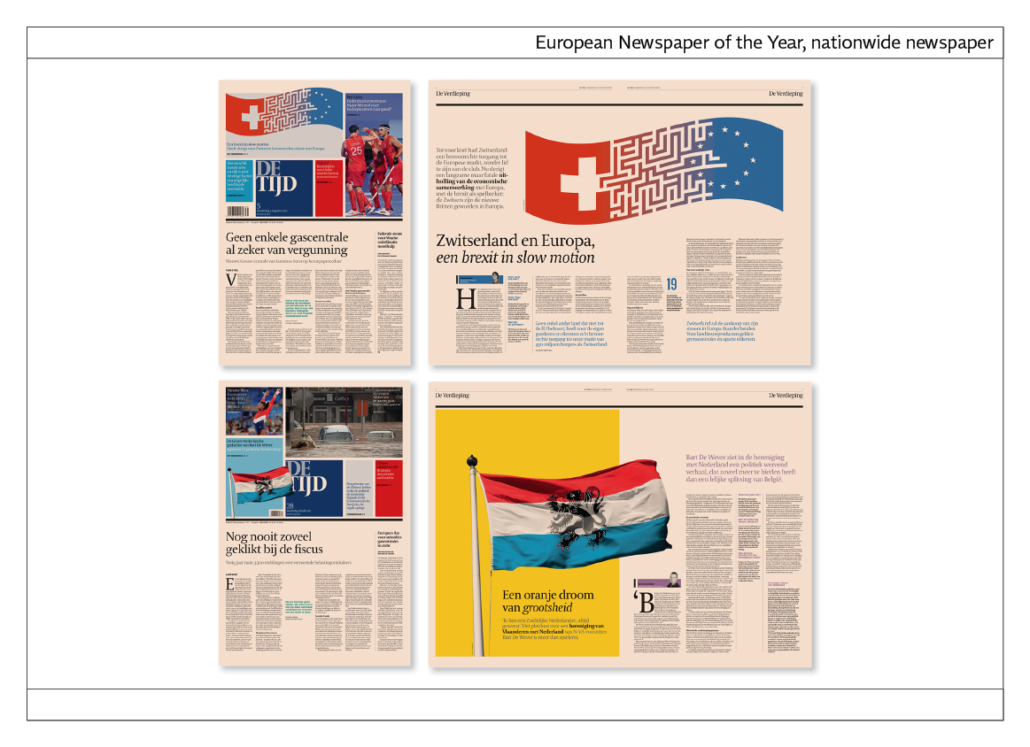
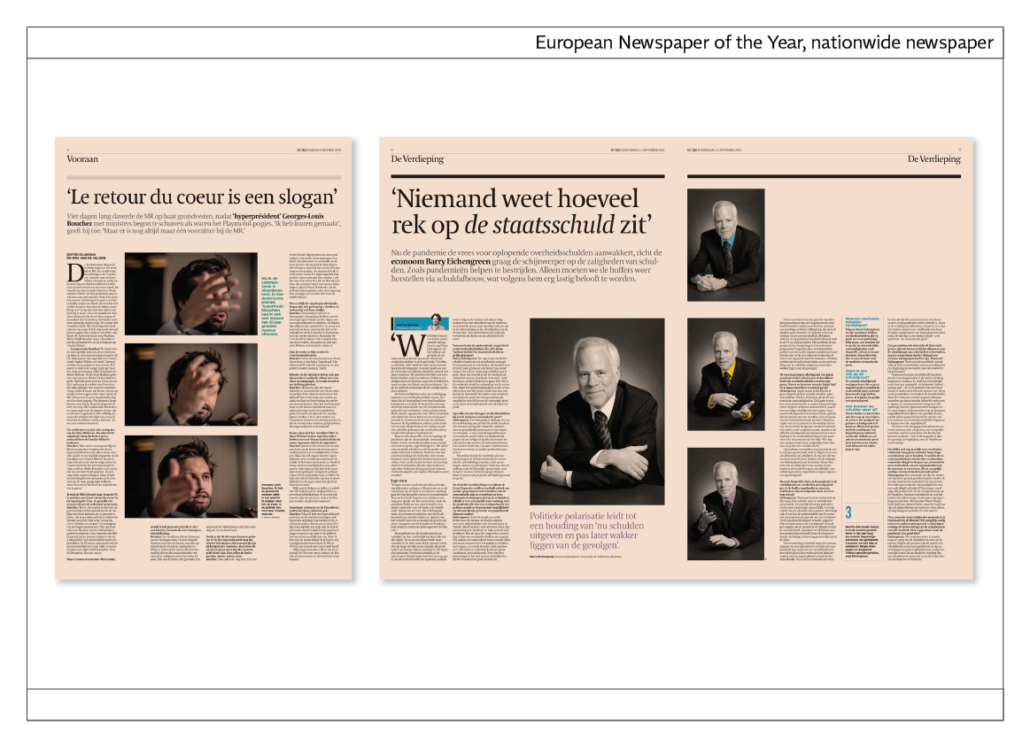
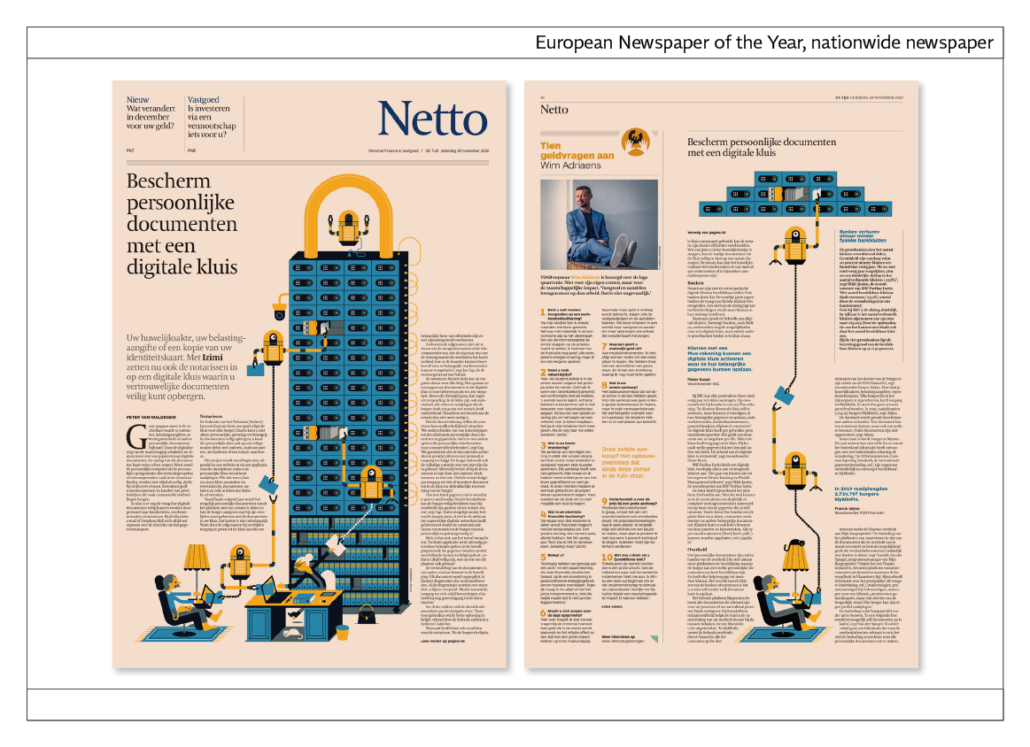
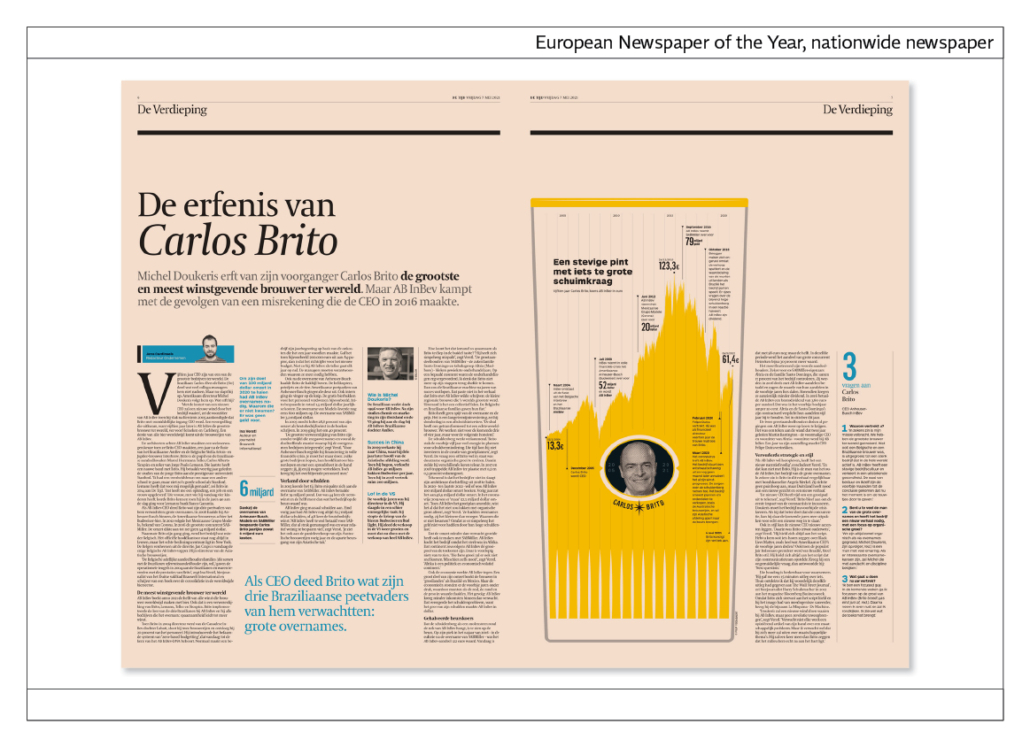
22nd competition, European Newspaper of the Year, category national newspaper: de Volkskrant, Netherlands
De Volkskrant is a nationwide newspaper published in Amsterdam. It is printed in tabloid format and has a circulation of about 400,000 copies. The newspaper employs 65 journalists, 4 photographers and 12 layouters.
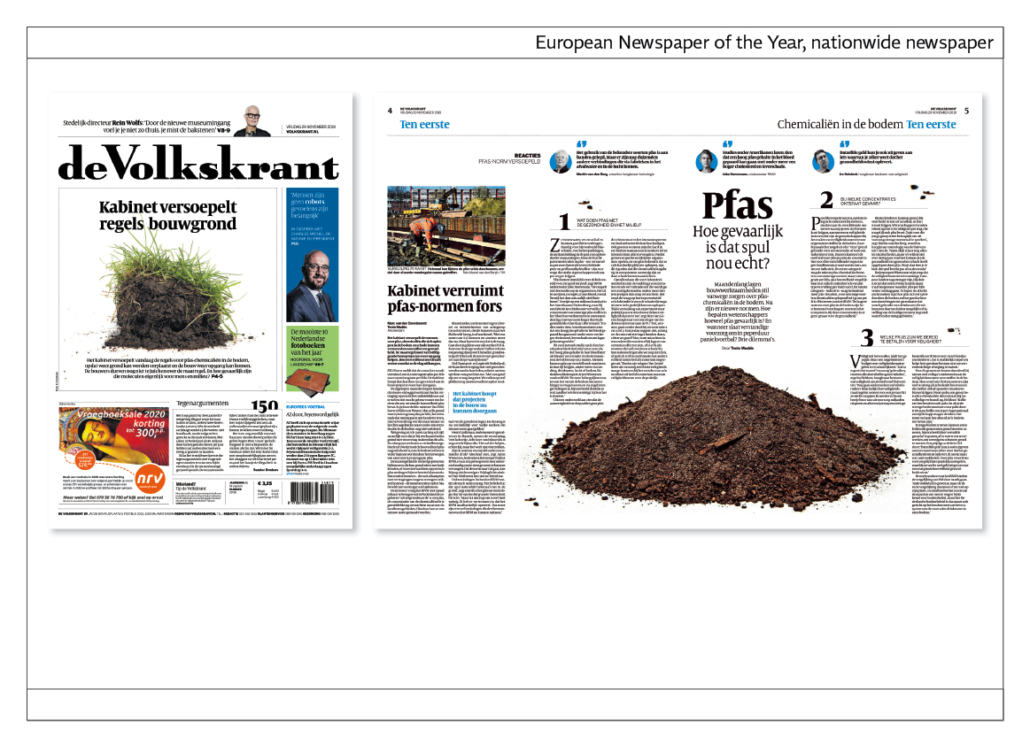
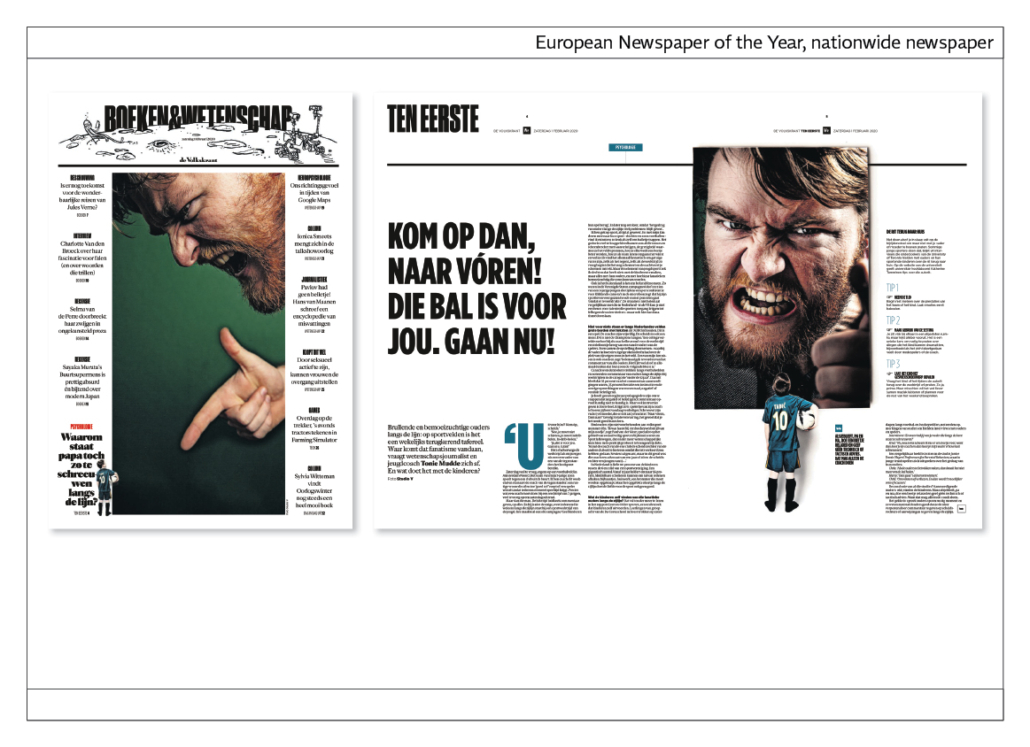
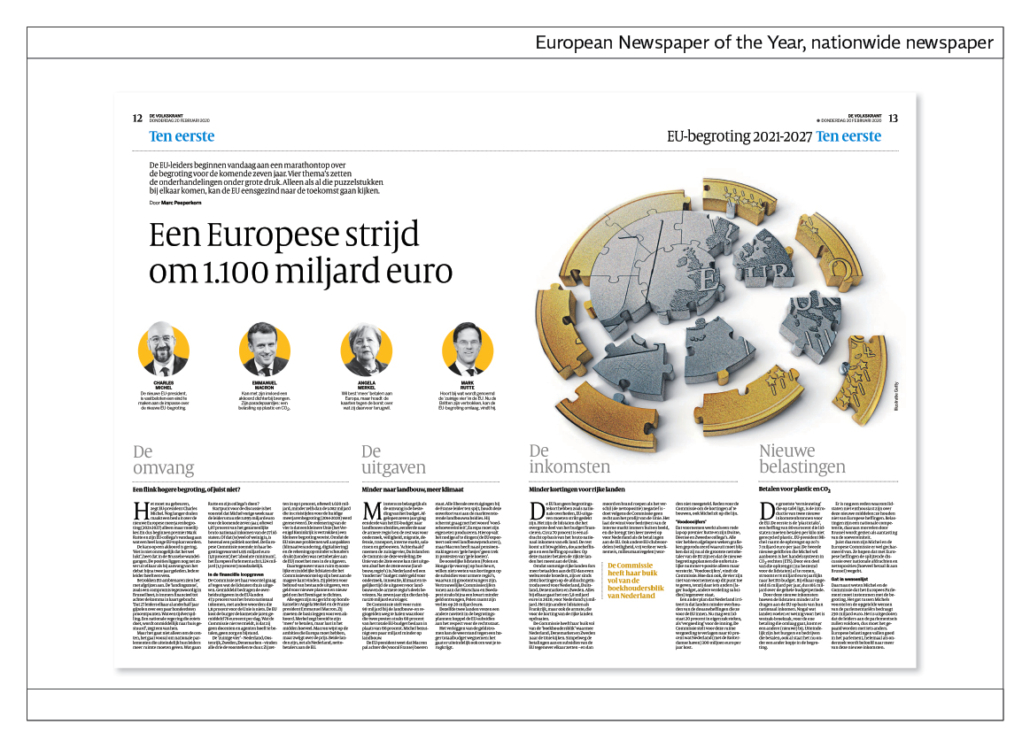
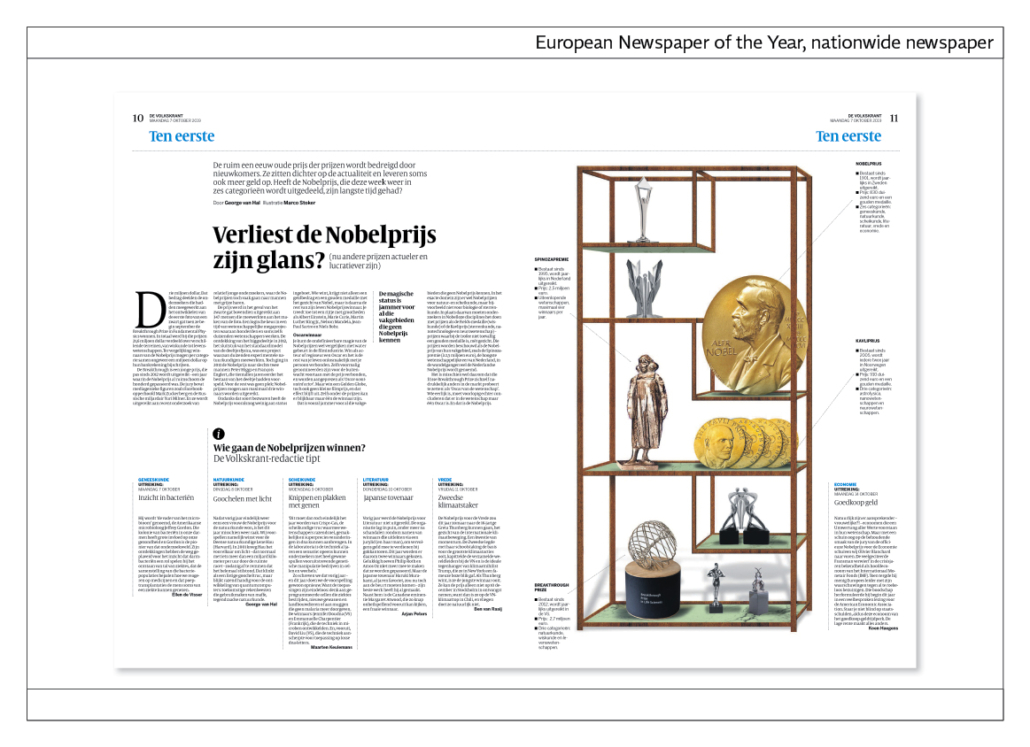
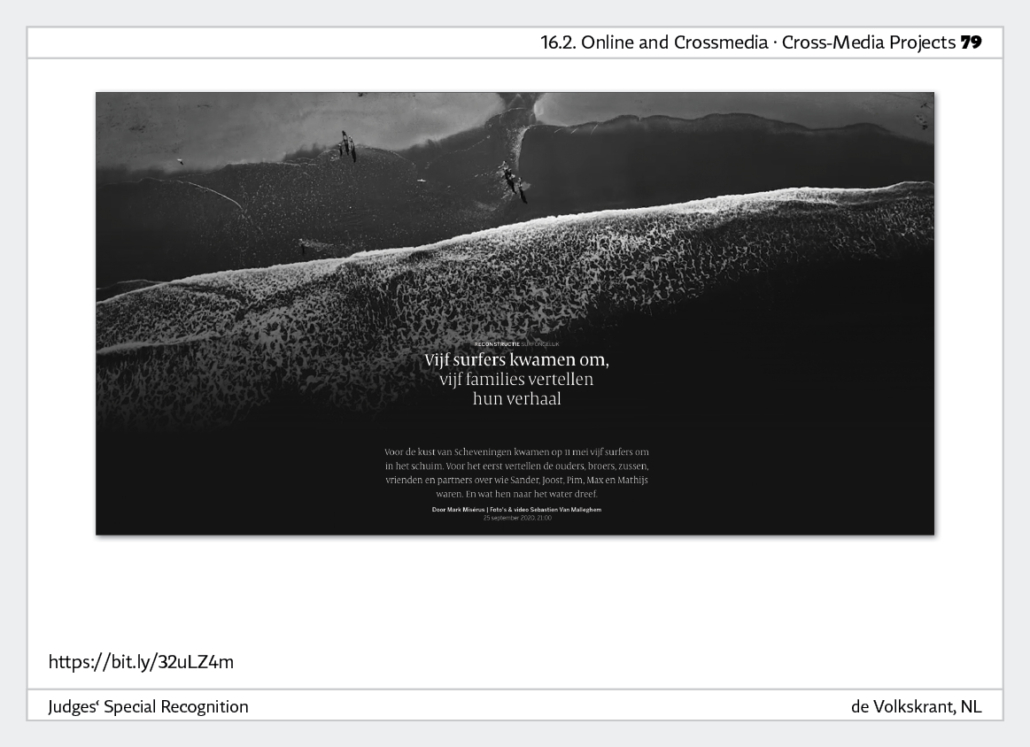
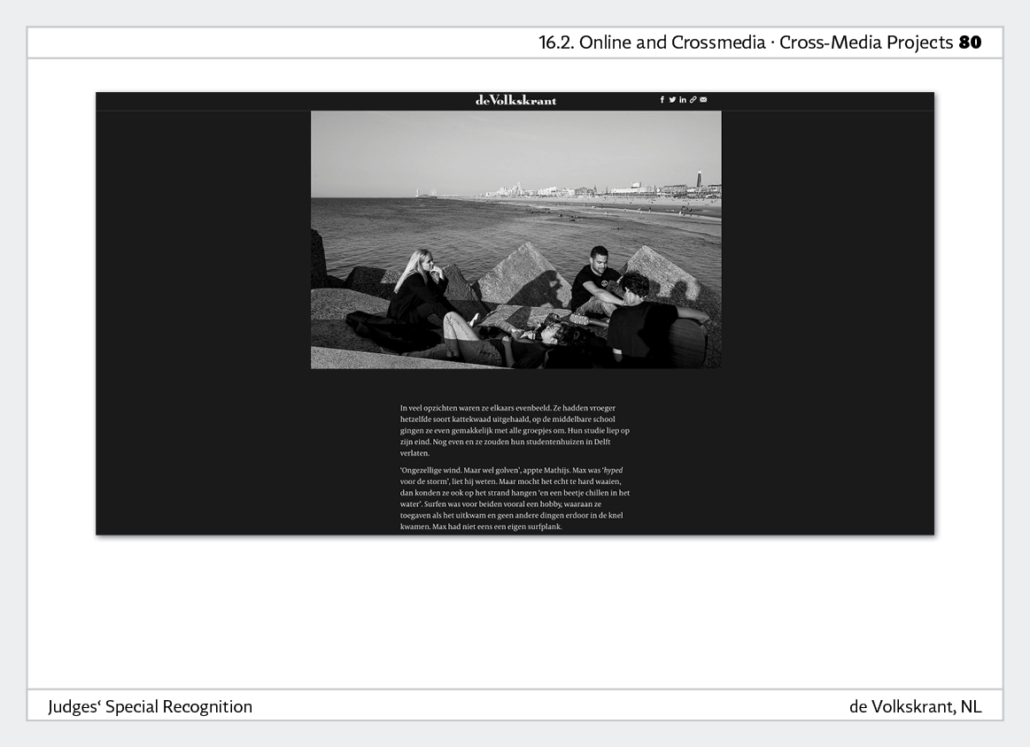
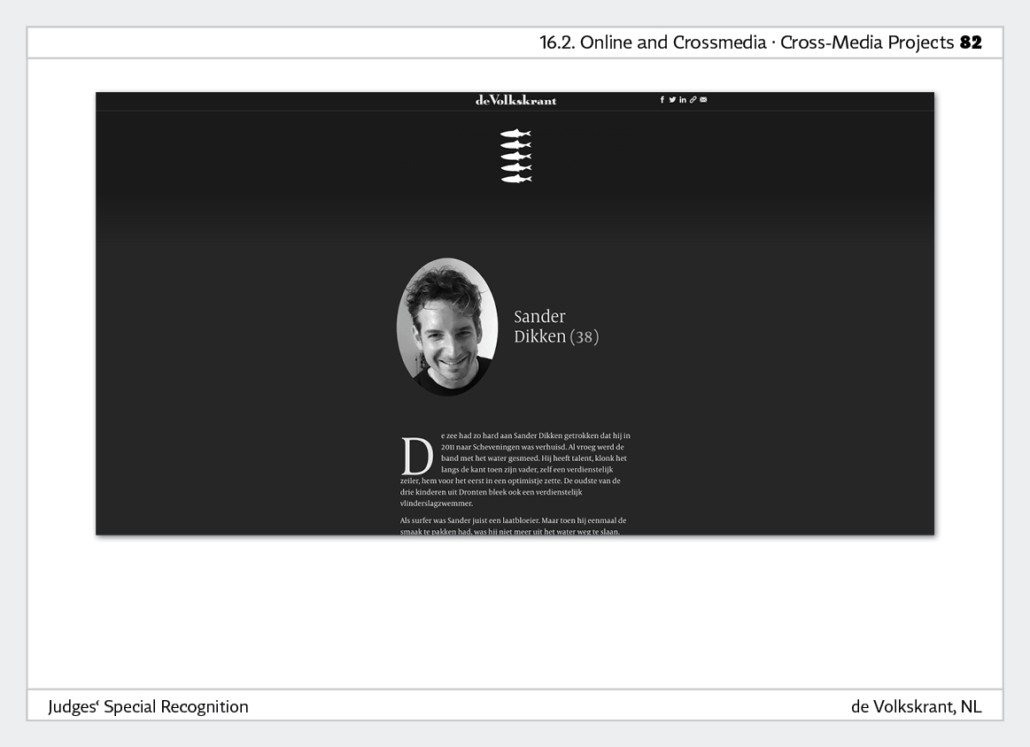
Weekly newspaper
24th competition, European Newspaper of the Year, weekly newspaper category: NZZ am Sonntag, Switzerland.
The NZZ am Sonntag is published in Swiss format and has a circulation of about 102,000 copies. The newspaper employs 57 journalists and six layouters. It also employs an art director for the newspaper and one for the magazine, as well as an infographic artist.
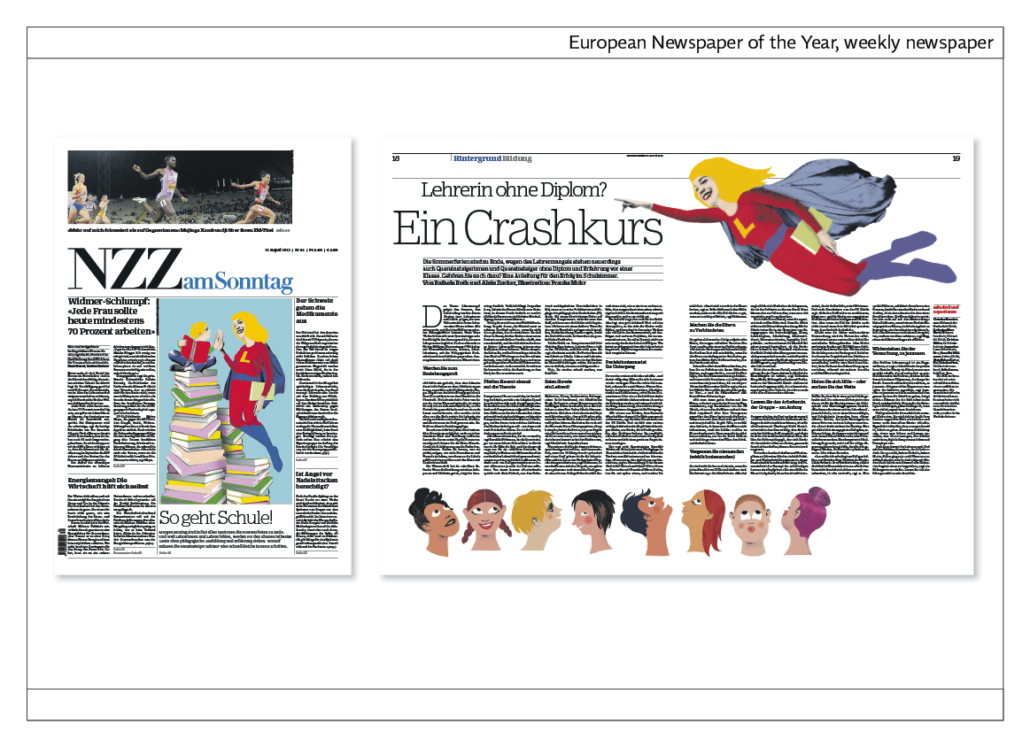
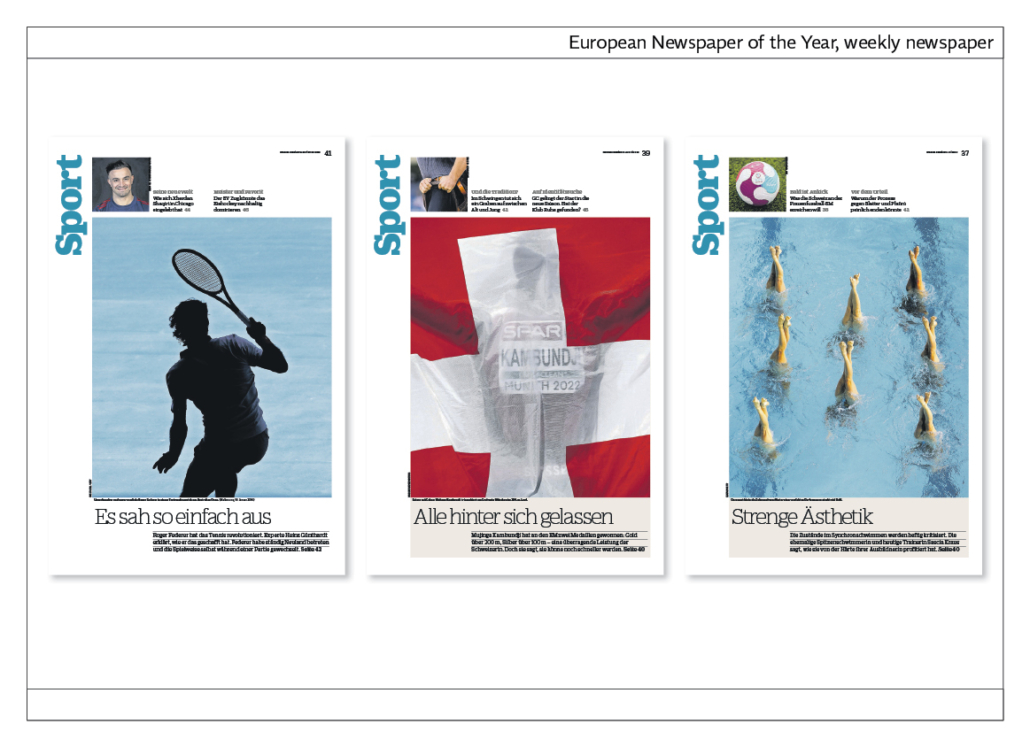
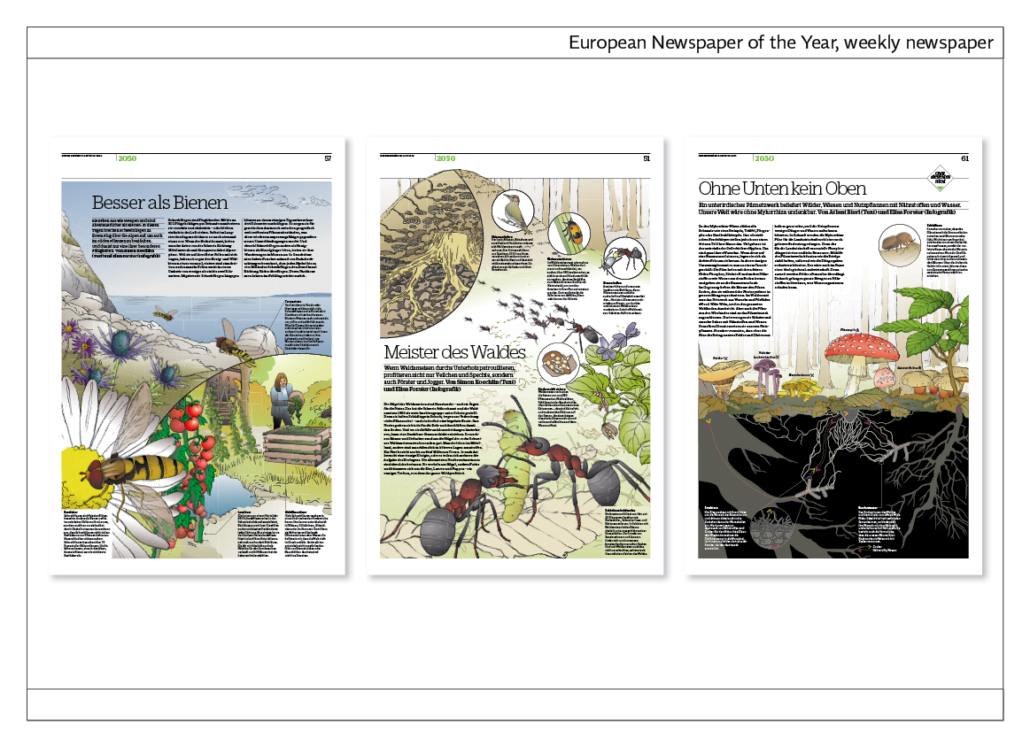
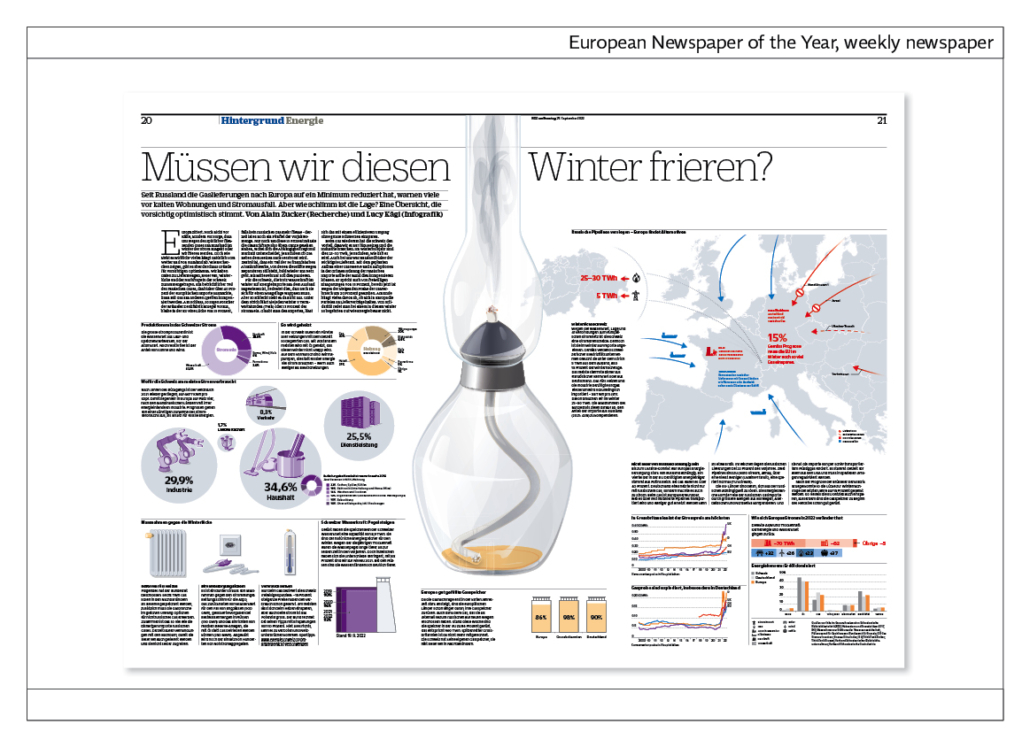
Weekly newspaper
23rd competition, European Newspaper of the Year, weekly newspaper category: Expresso, Portugal
Expresso is a newspaper in the Berlin format with a circulation of ca 90,000 copies Their staff consists of 80 editors, five photographers and ten layout editors.
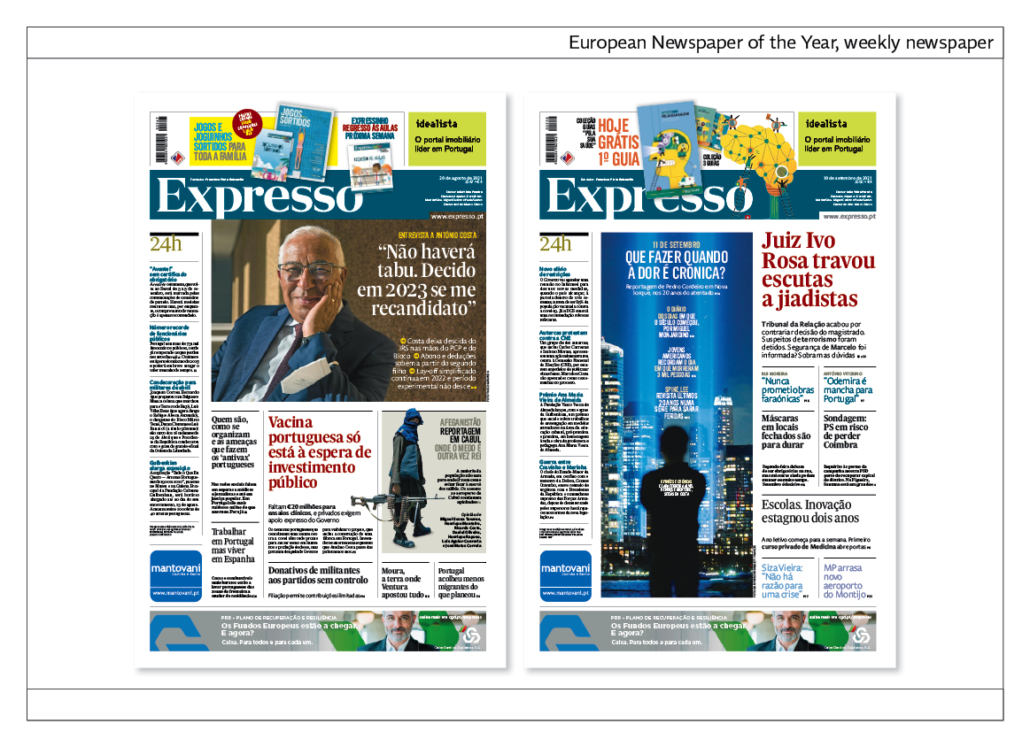
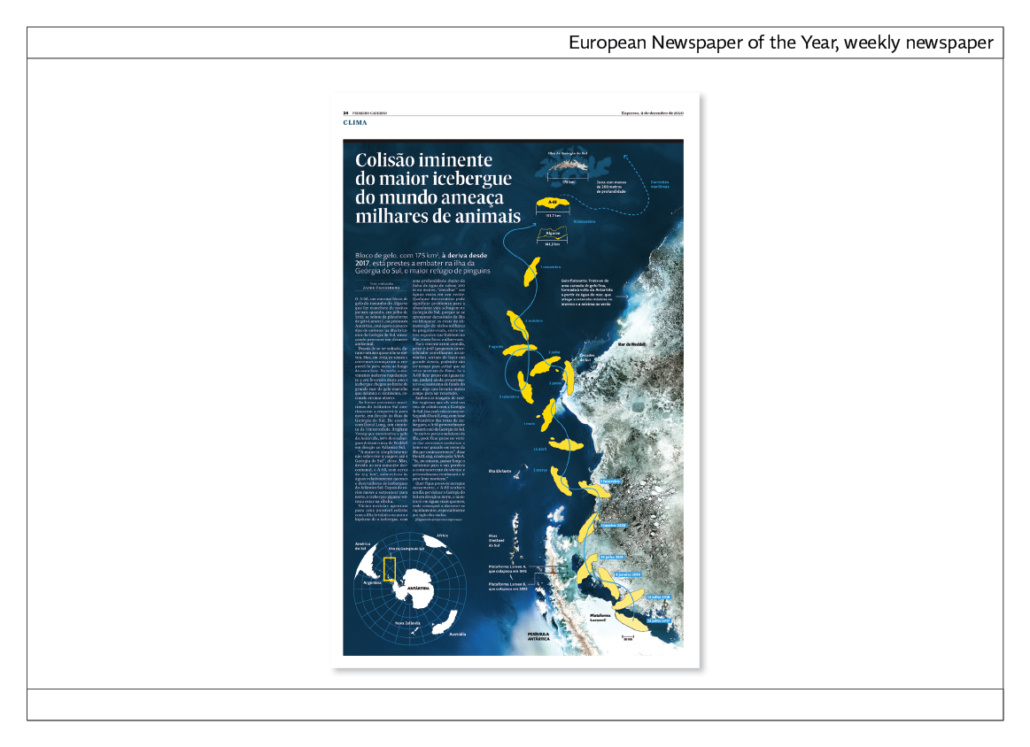
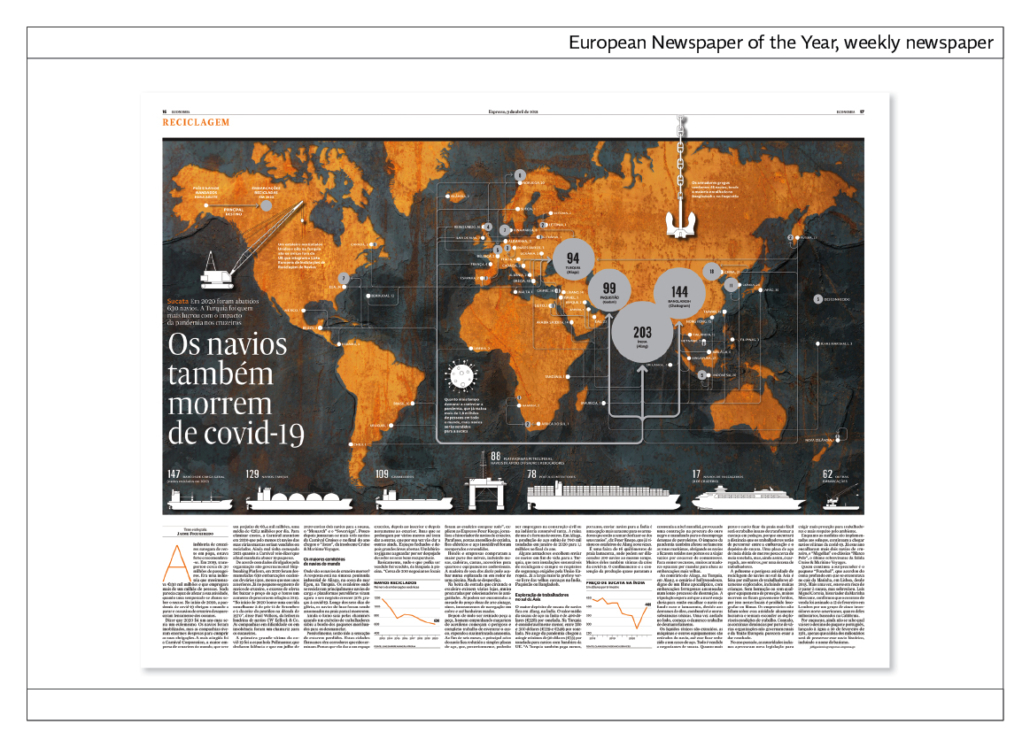
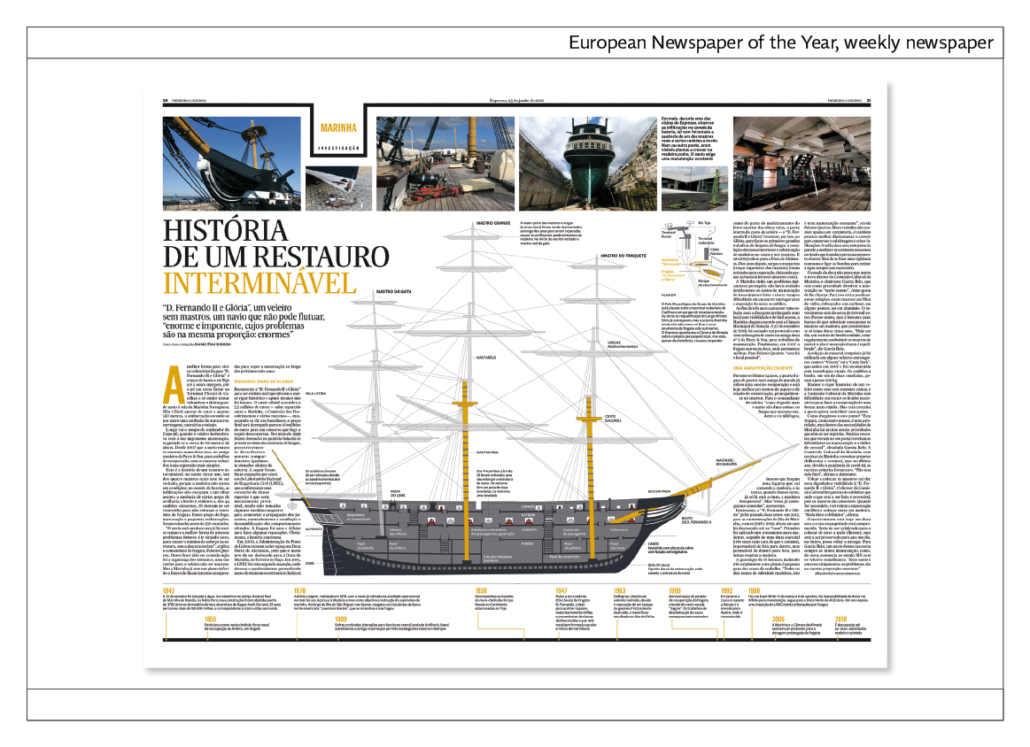
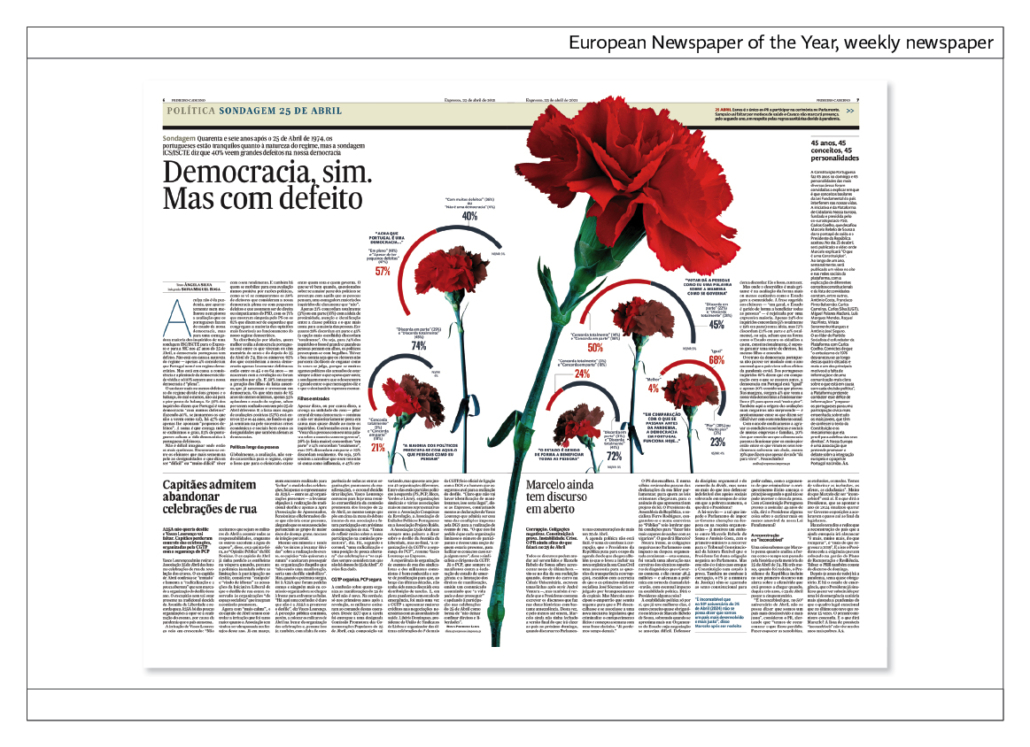
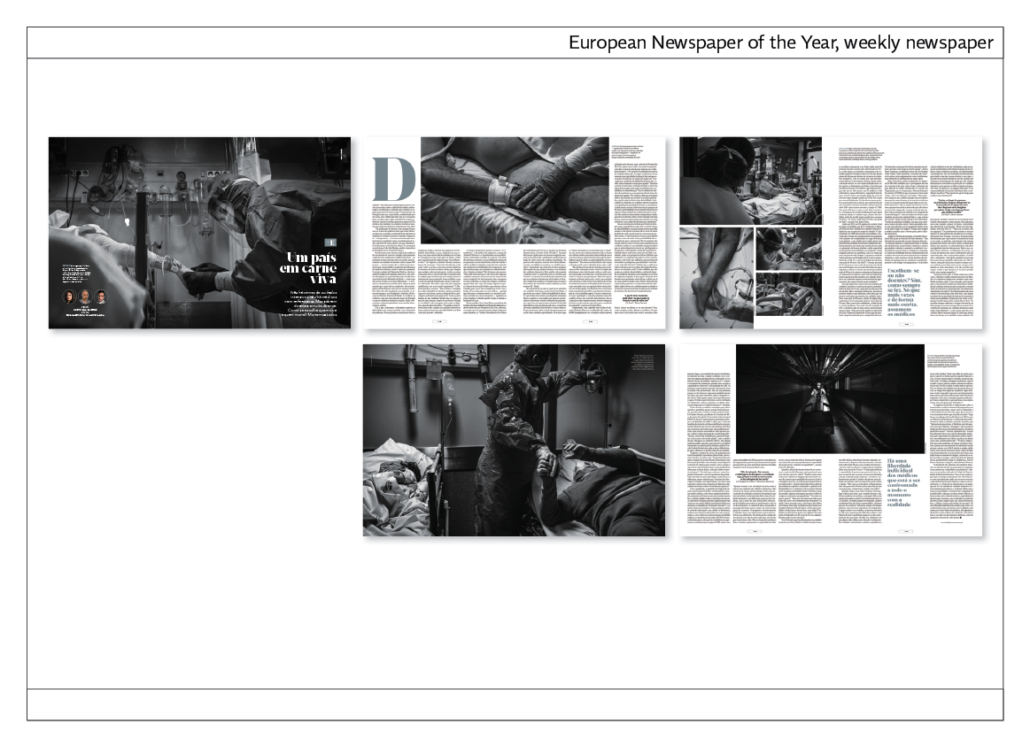
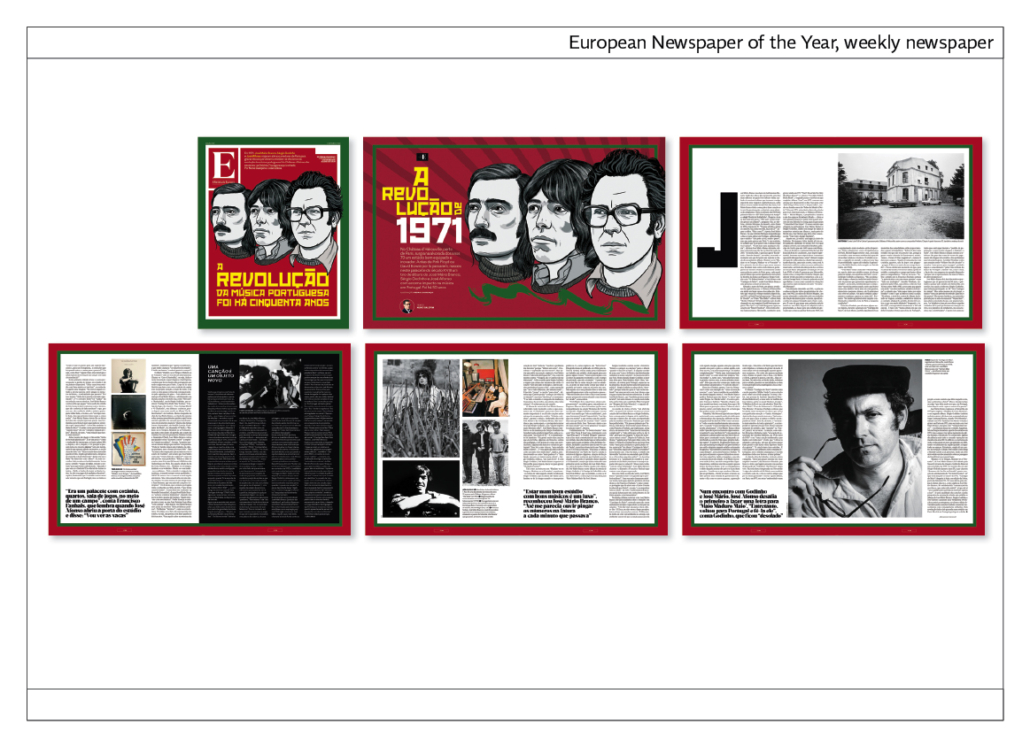
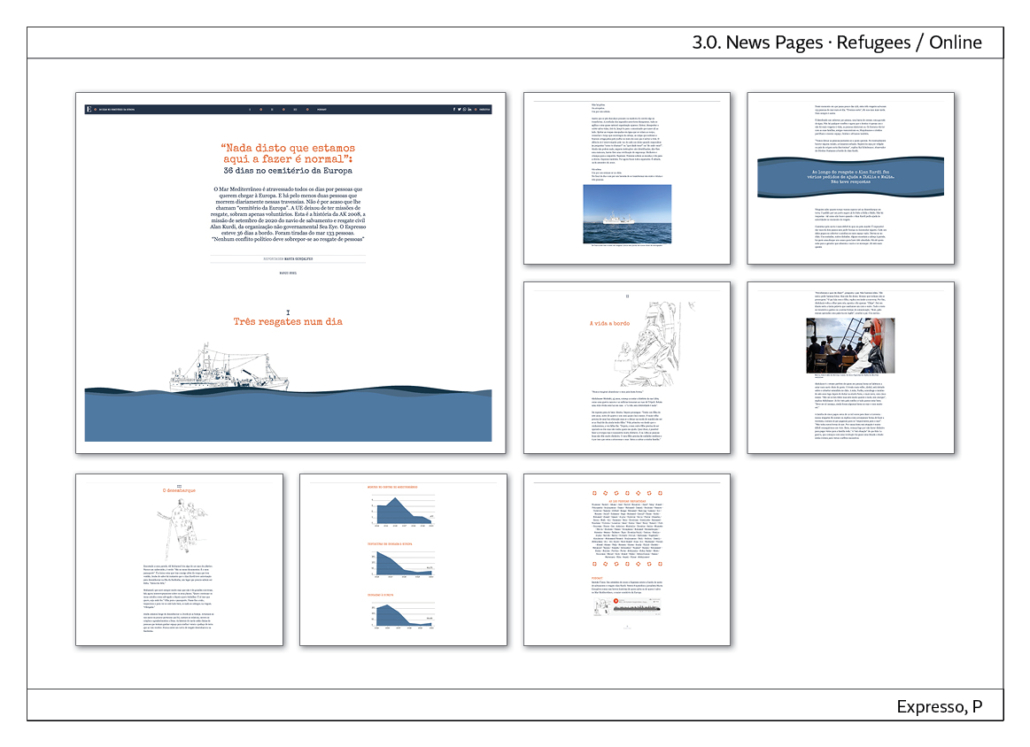
10. Judges’ Special Recognition
Judges’s Special Recognition
The jury awards special prizes for particularly outstanding projects in individual categories: Judges‘ Special Recognition. This award stands between the main prizes and the Awards of Excellence. Here are a few examples.
Crossmedia: de Volkskrant
The newspaper was awarded a Judges‘ Special Recognition for a cross-media project.
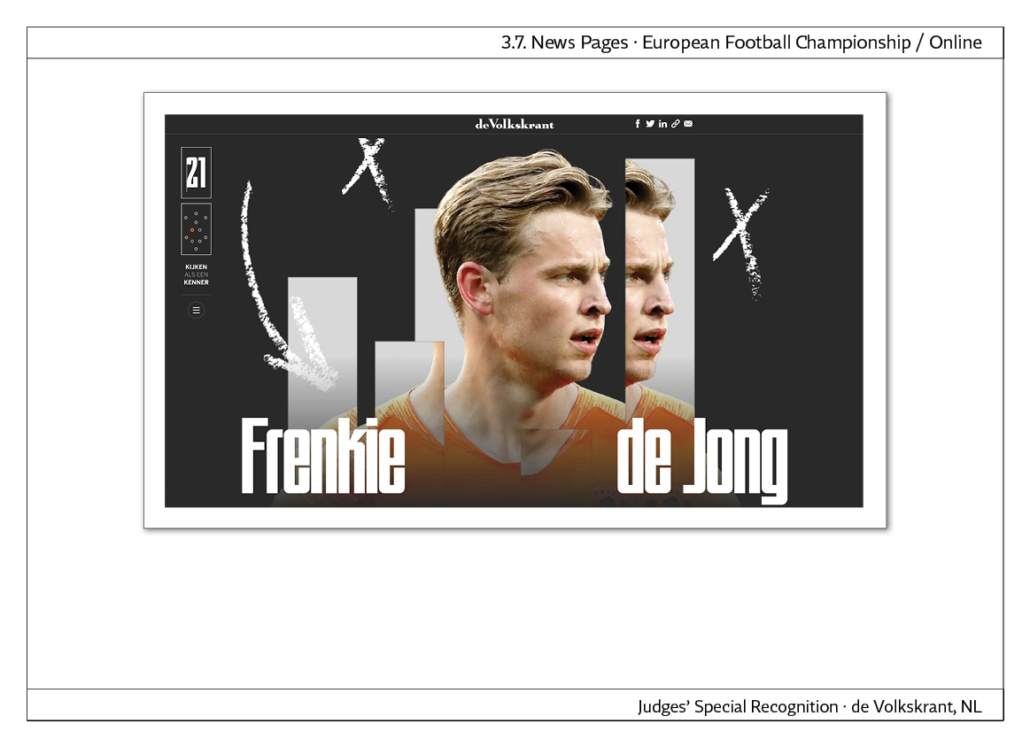
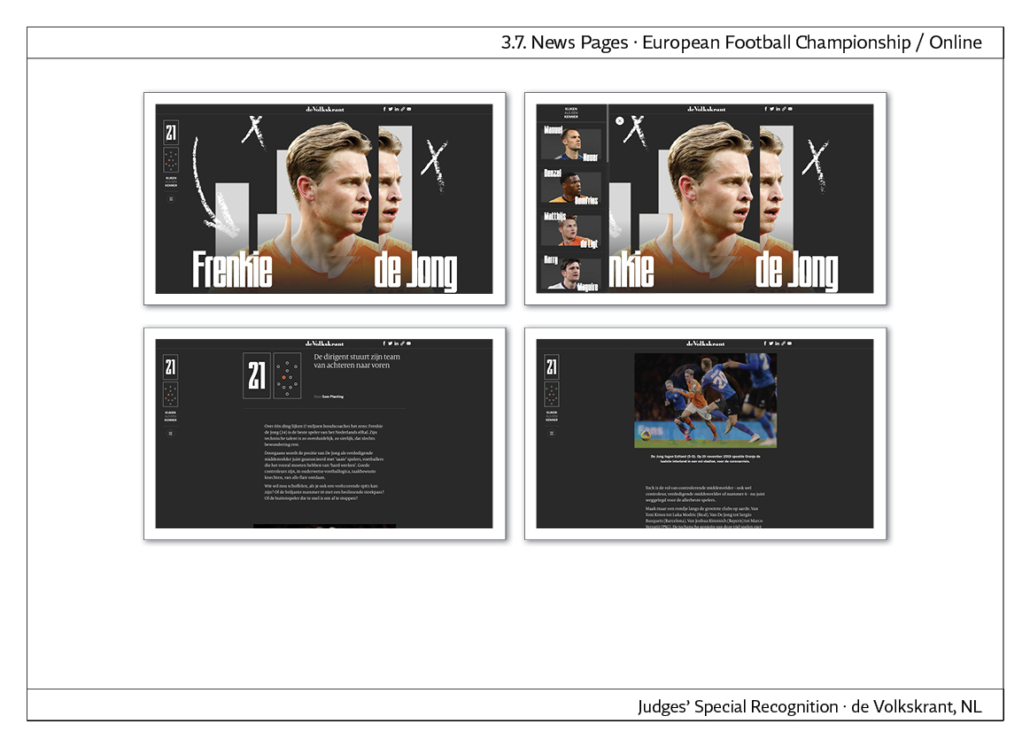
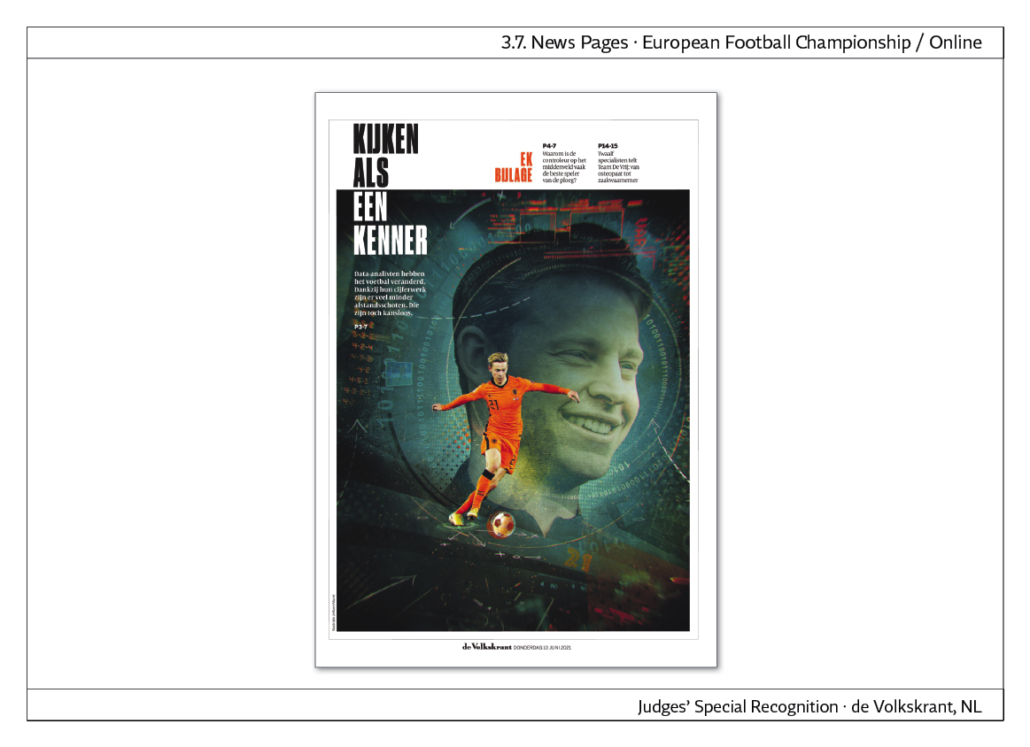
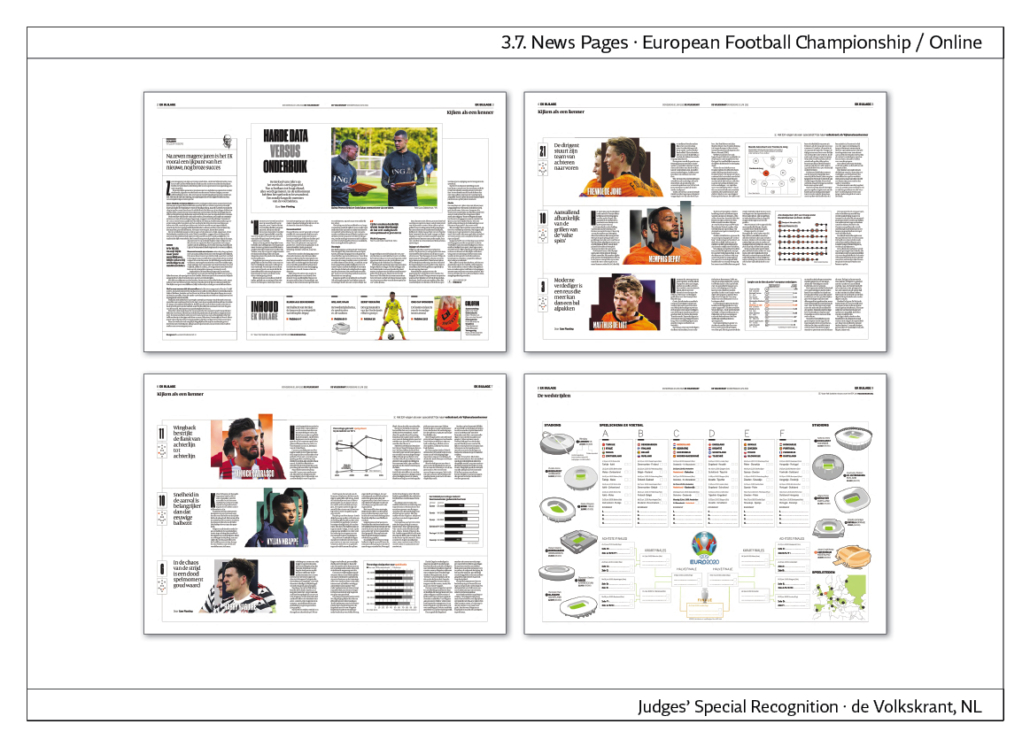
Podcasts: Hamburger Abendblatt
The newspaper was awarded a Judges‘ Special Recognition for its creative diversity in podcasts.

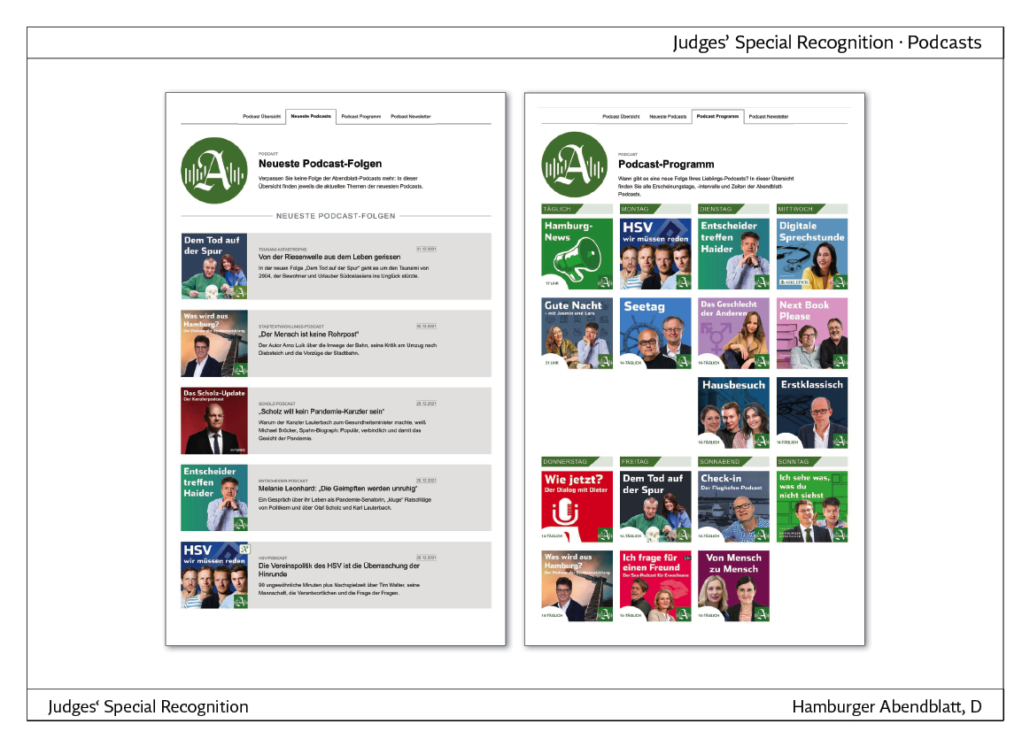
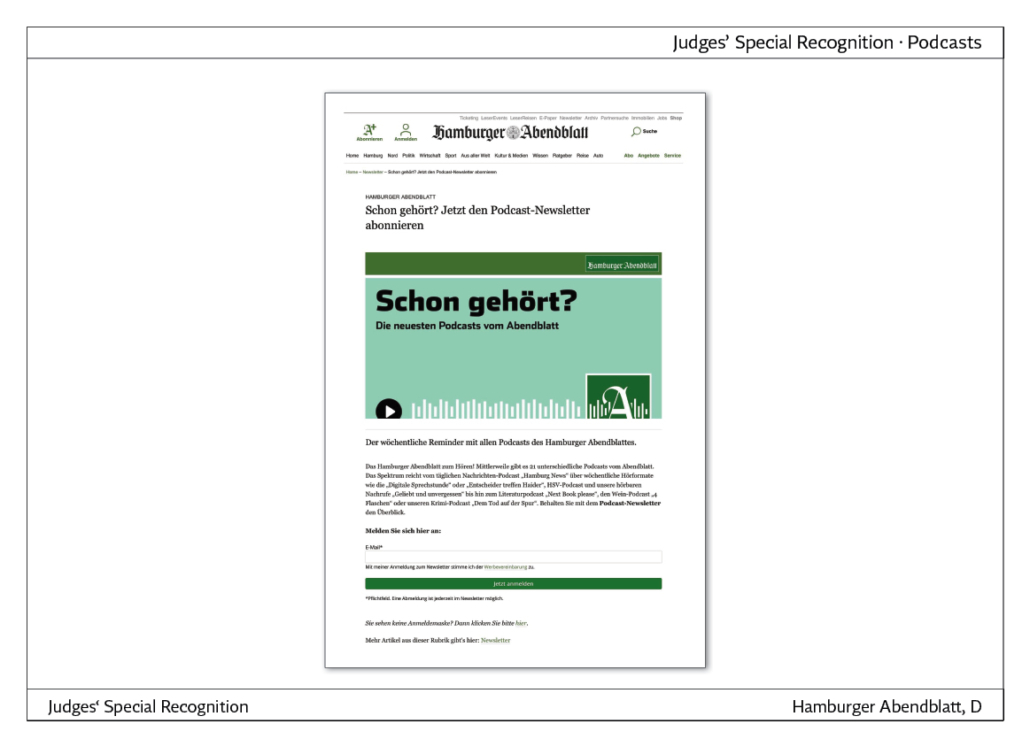
Judges’ Special Recognition
21st Competition, Judges‘ Special Recognition for the Fuldaer Zeitung. This special award is slightly below the main award. In the case of the Fuldaer Zeitung, the decisive factor was the newspaper’s conversion to a strongly visual design. The Fuldaer Zeitung is published in Berlin format and has a circulation of about 37,000 copies. An art director was hired specifically to be able to implement the new concept.
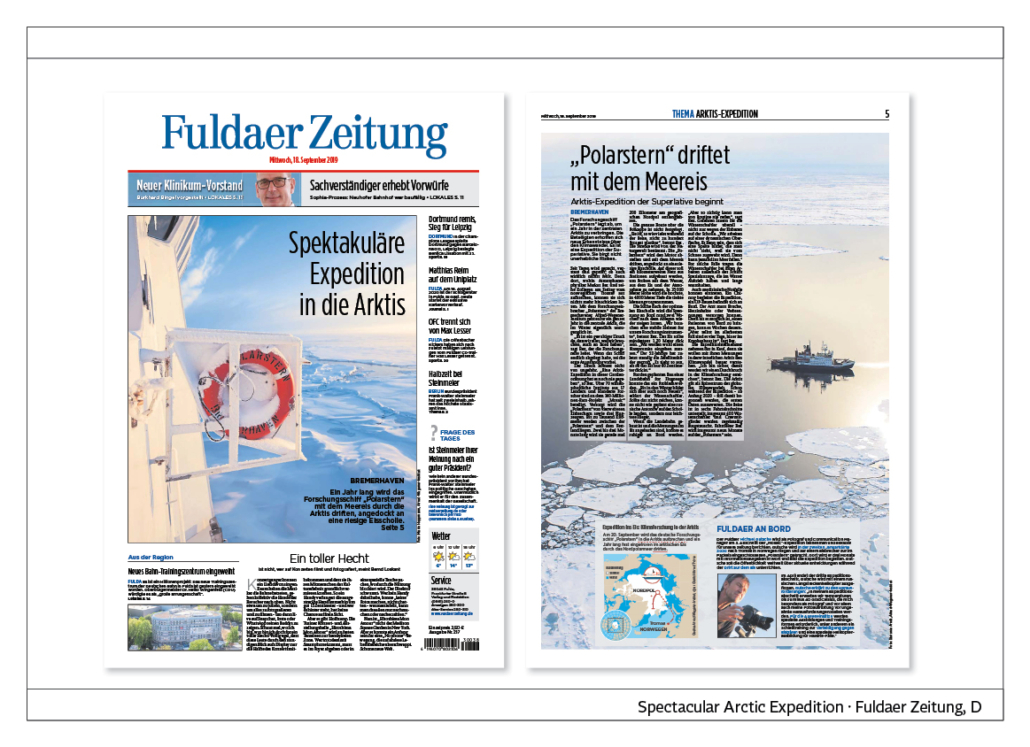
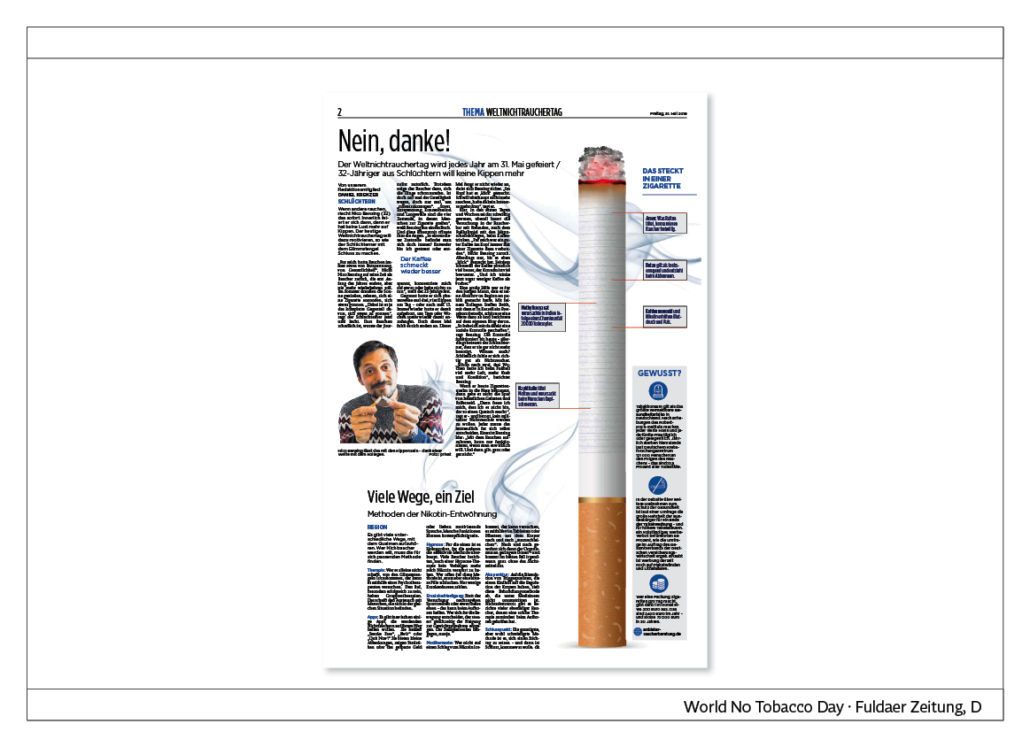
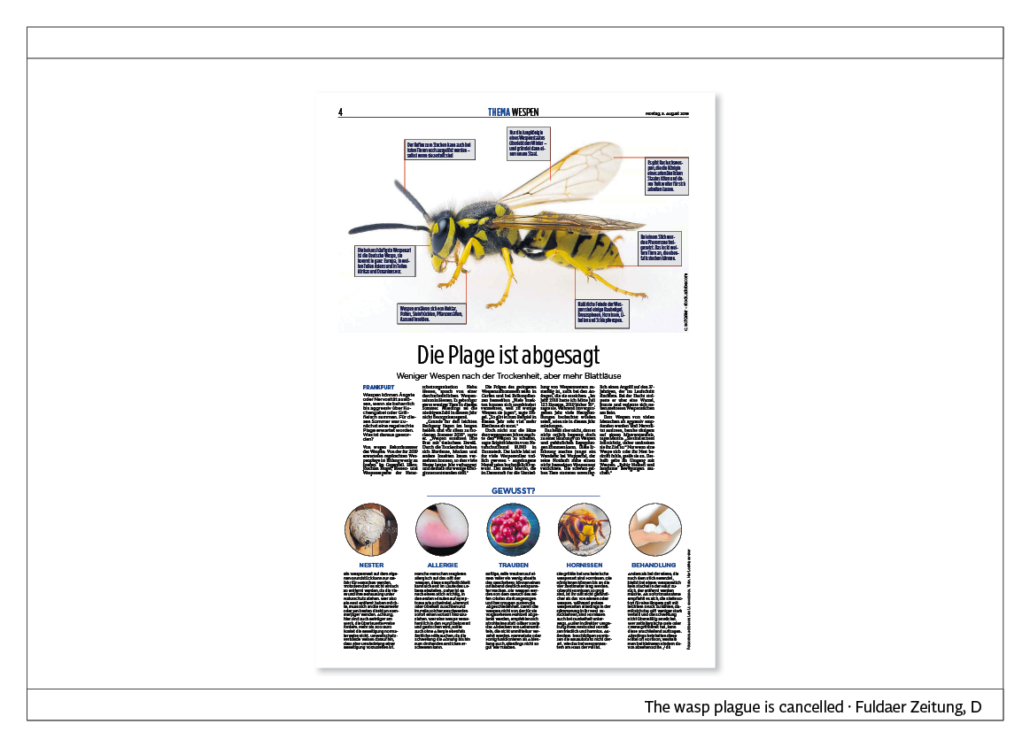
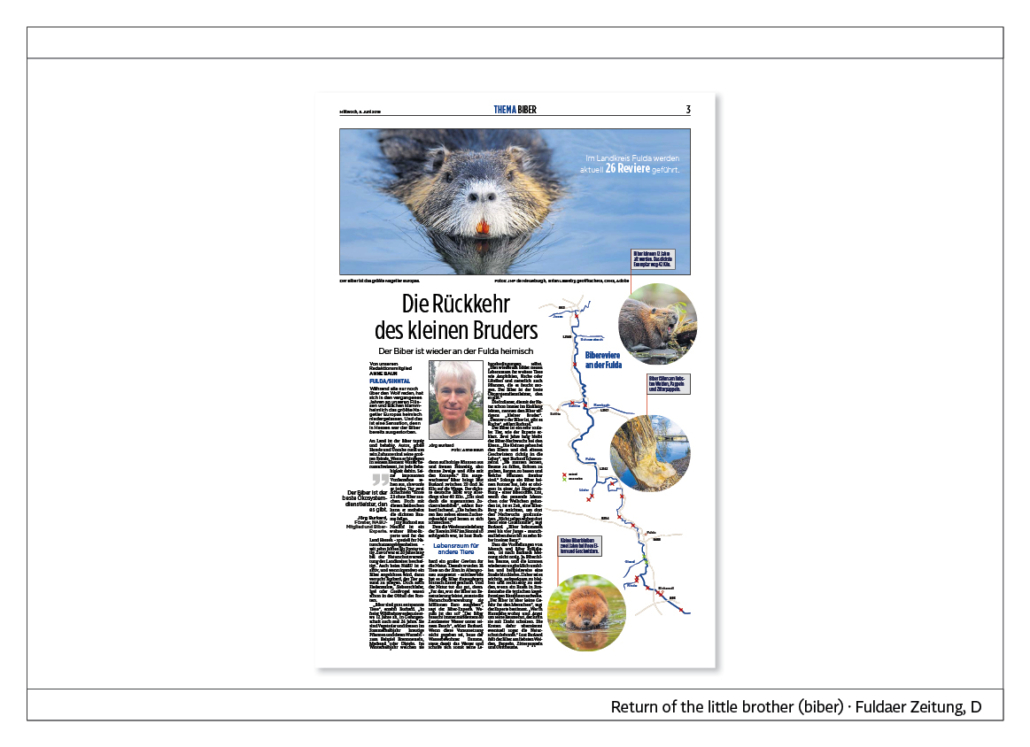
1.1. Cover and cover story local newspaper - exemplary works
In this category you can submit front pages, series of front pages as well as covers and cover stories. A maximum of four works are allowed.
It is possible to combine four front pages into a series, for example four Saturday front pages. This series then counts as one submission.
We prefer front pages and the corresponding cover story inside. However, it is not a problem to submit only front pages, as there are newspapers that do not have a long cover story inside.
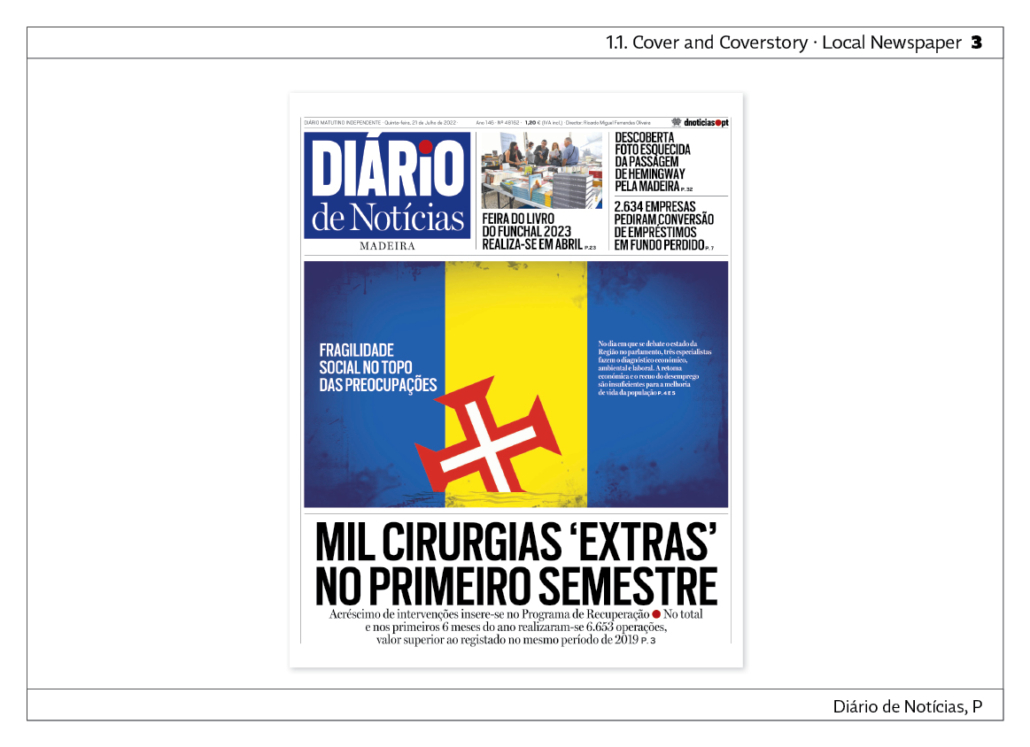
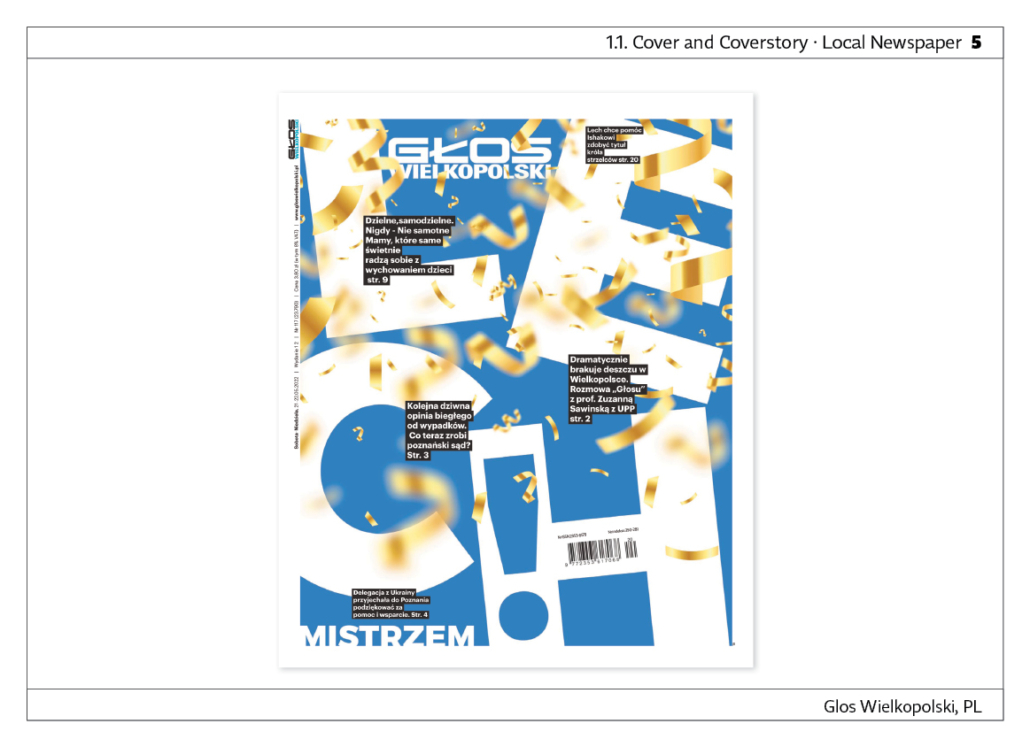
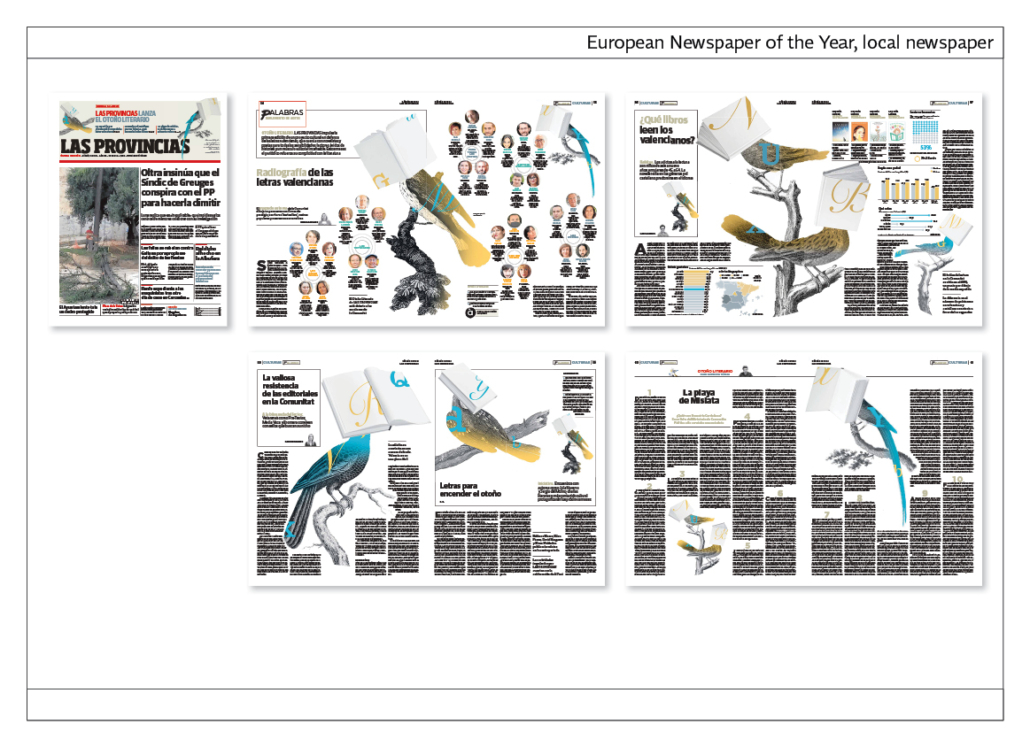
1.2. Cover and cover story regional newspaper - exemplary works
In this category you can submit front pages, series of front pages as well as covers and cover stories. A maximum of four works are allowed.
It is possible to combine four front pages into a series, for example four Saturday front pages. This series then counts as one submission.
We prefer front pages and the corresponding cover story inside. However, it is not a problem to submit only front pages, as there are newspapers that do not have a long cover story inside.
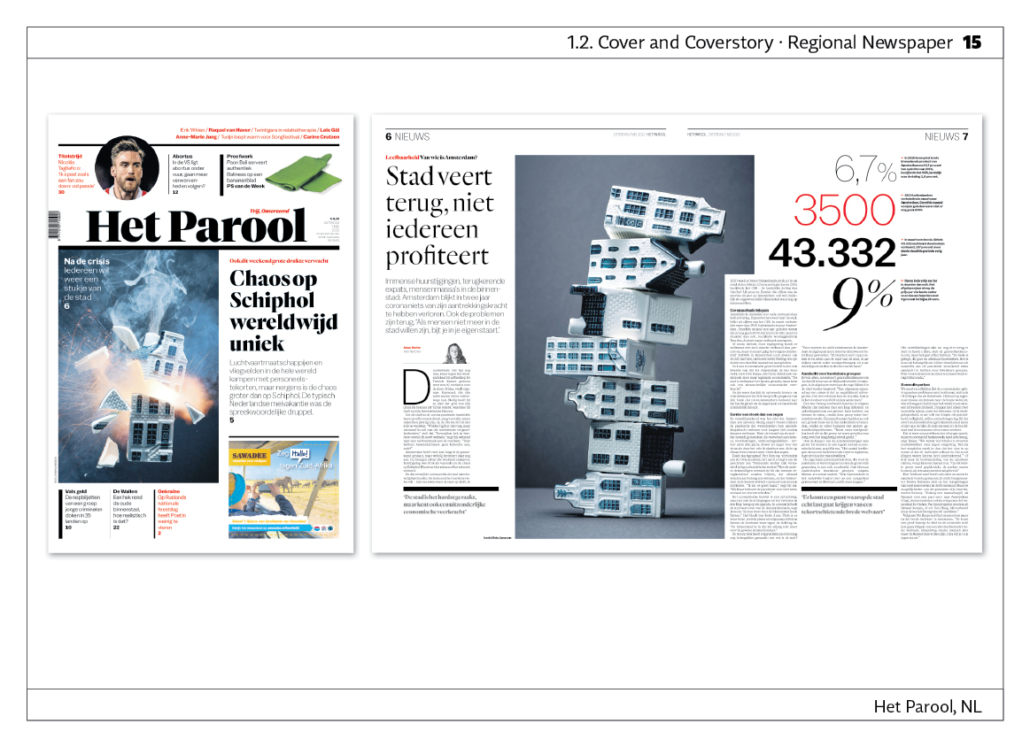
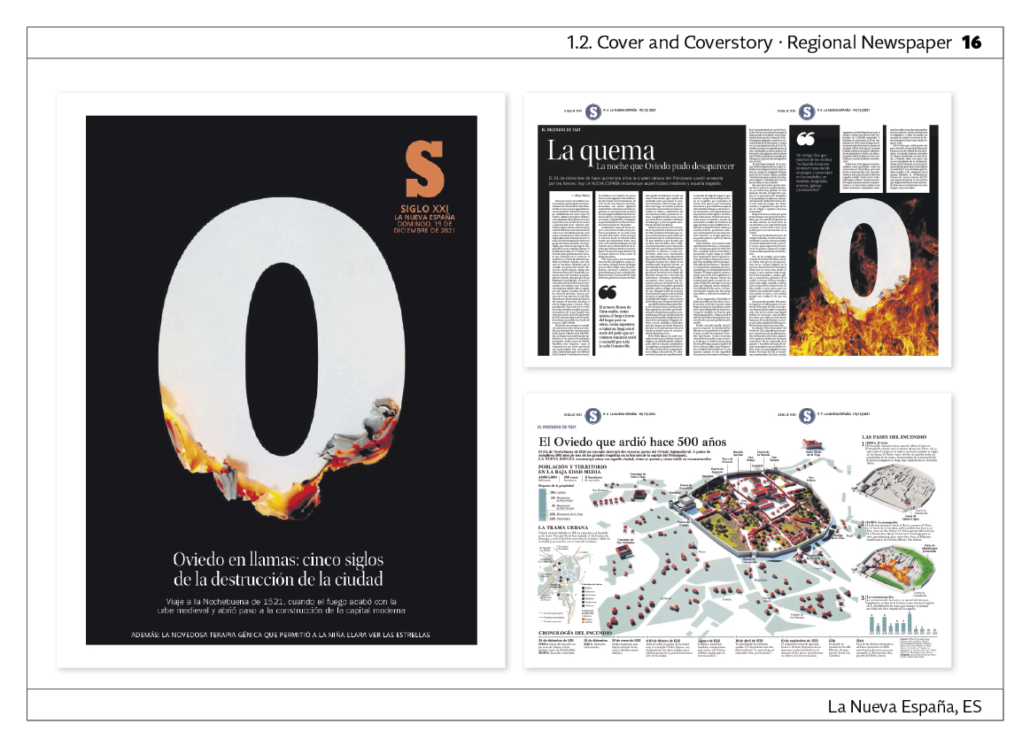
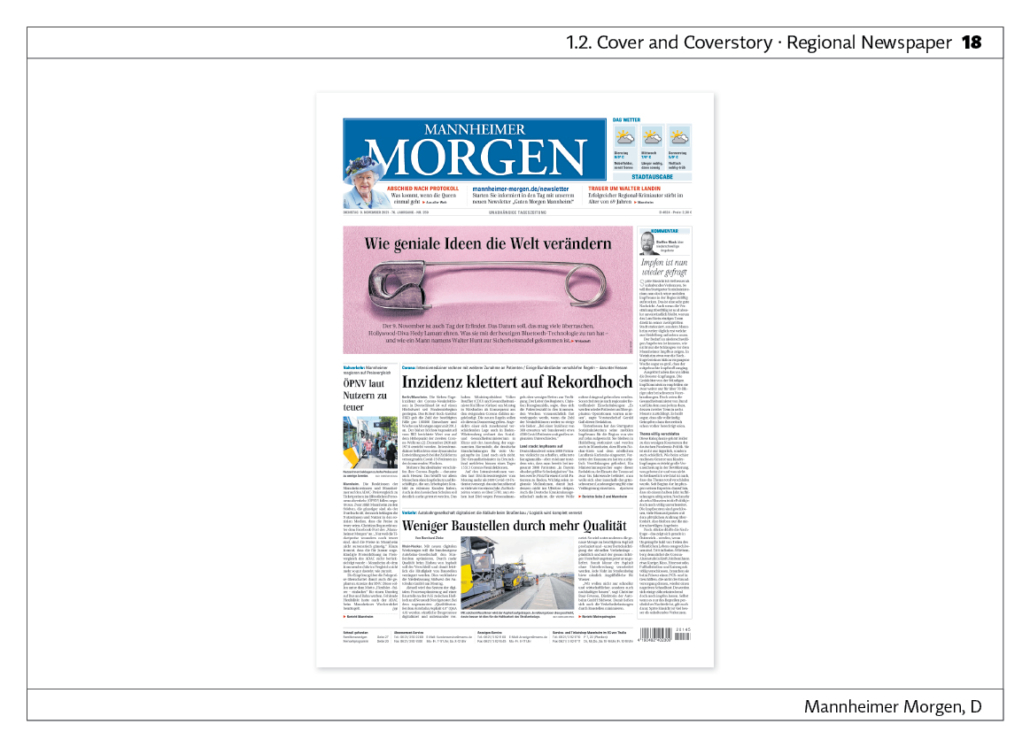
1.3. Cover and cover story of a nationwide newspaper - exemplary works
In this category you can submit front pages, series of front pages as well as covers and cover stories. A maximum of four works are allowed.
It is possible to combine four front pages into a series, for example four Saturday front pages. This series then counts as one submission.
We prefer front pages and the corresponding cover story inside. However, it is not a problem to submit only front pages, as there are newspapers that do not have a long cover story inside.
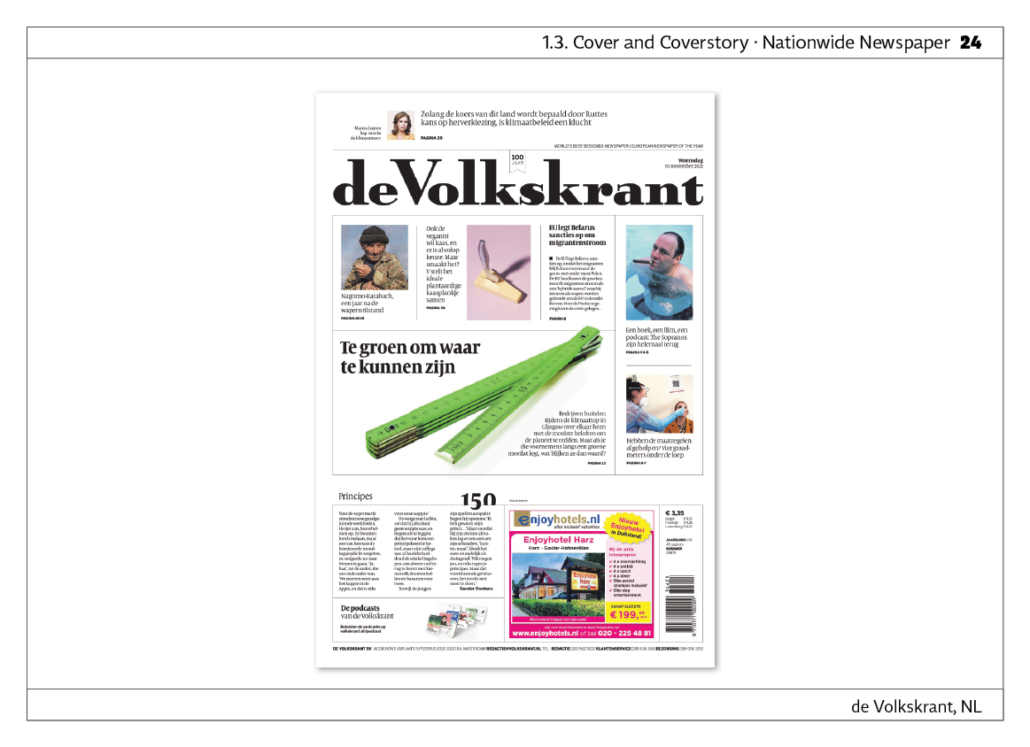
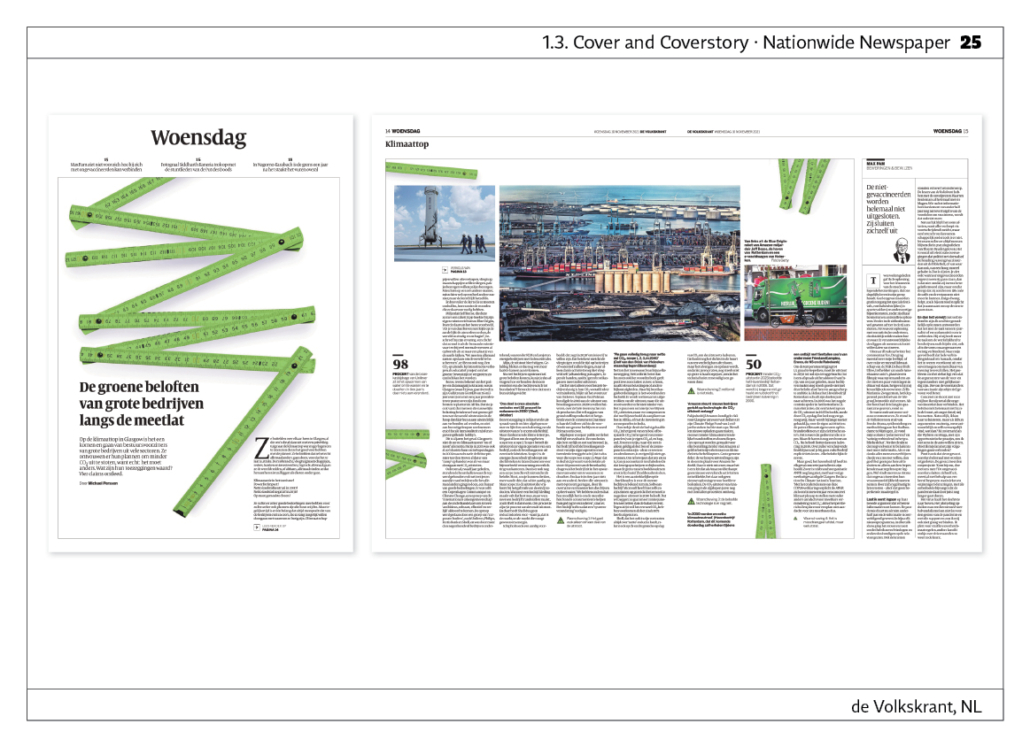
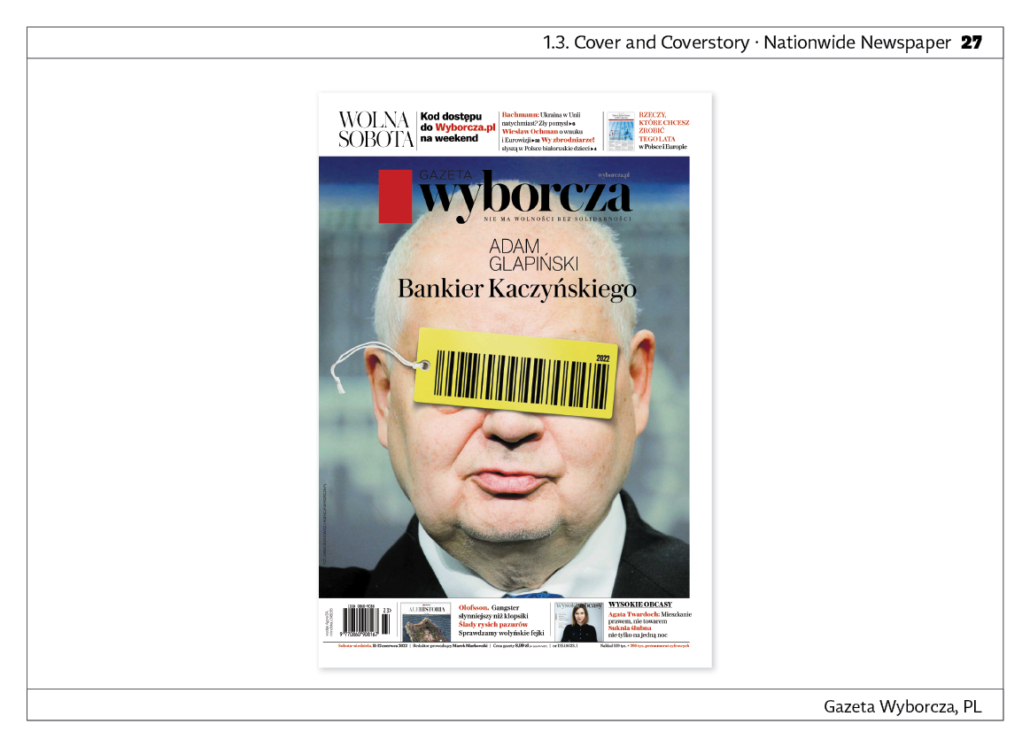
1.4. Cover and cover story weekly newspaper - exemplary works
In this category you can submit front pages, series of front pages as well as covers and cover stories. A maximum of four works are allowed.
It is possible to combine four front pages into a series, for example four Saturday front pages. This series then counts as one submission.
We prefer front pages and the corresponding cover story inside. However, it is not a problem to submit only front pages, as there are newspapers that do not have a long cover story inside.
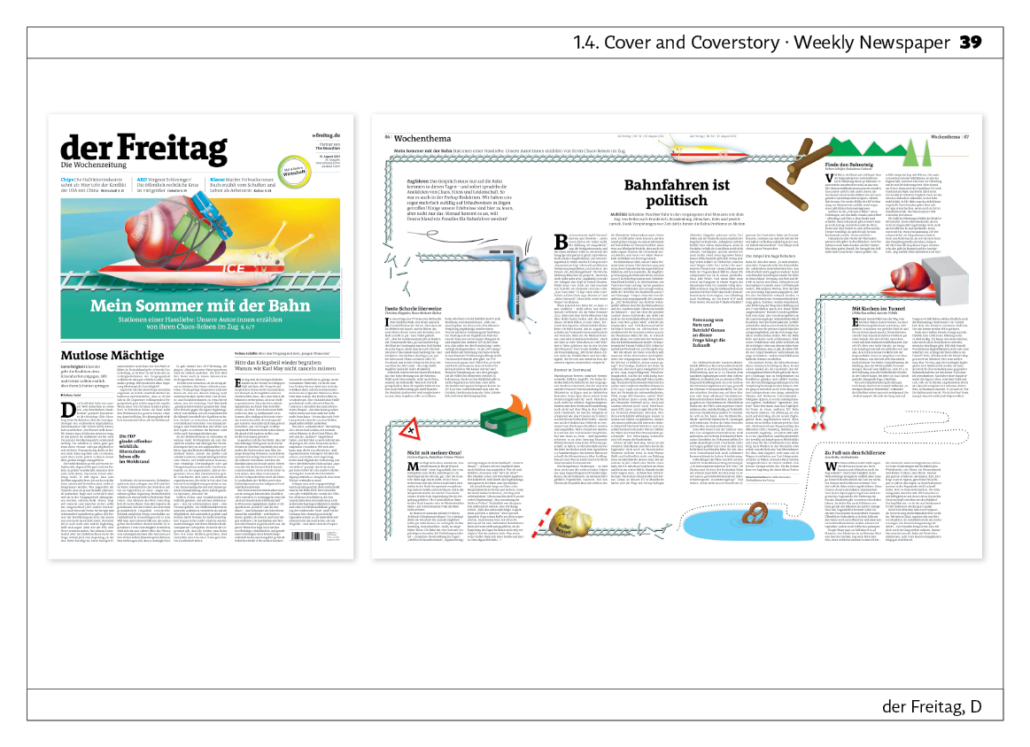
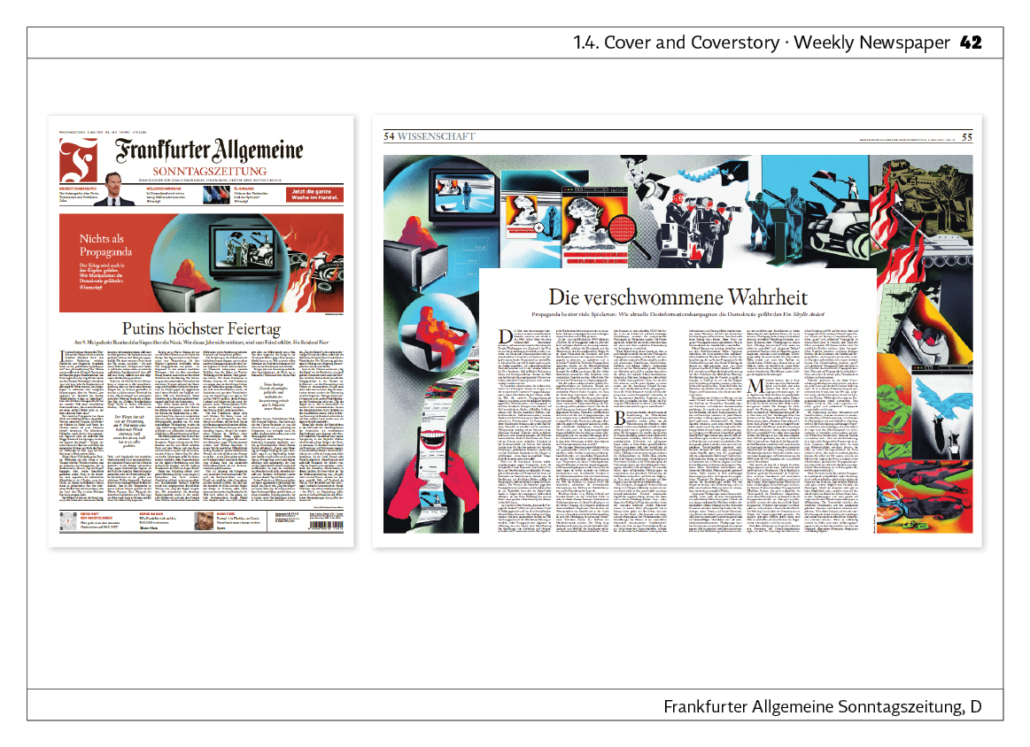
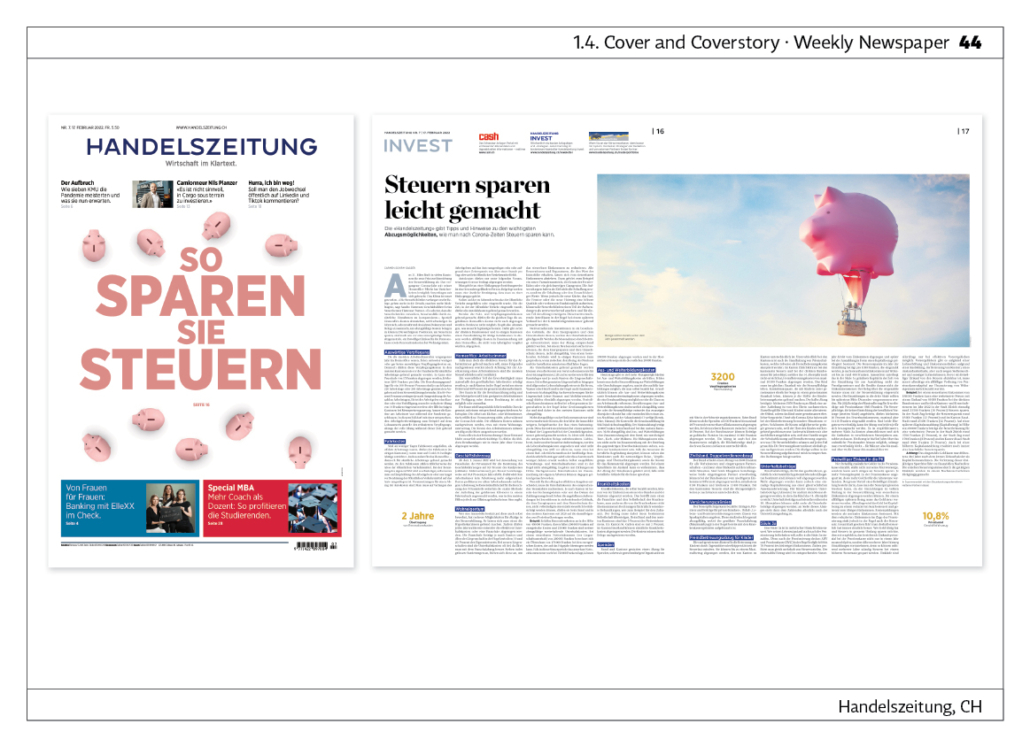
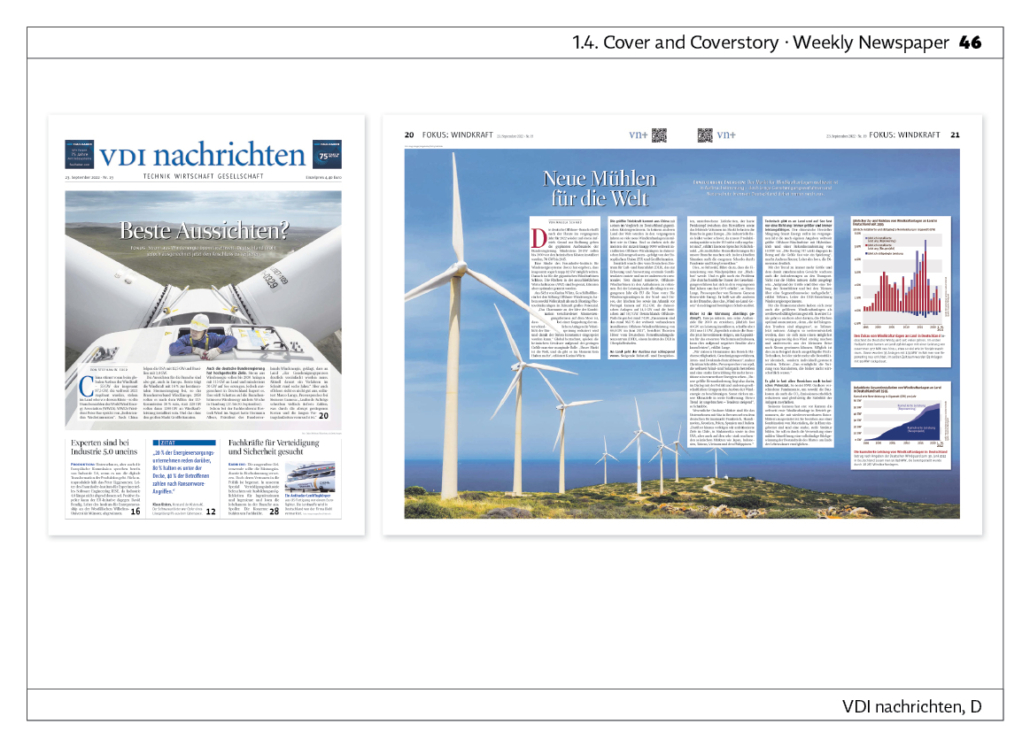
2.1. Sectional Front Page Local Newspaper - exemplary works
In this category you can submit section covers, series of section covers and section covers with a story inside. A maximum of four works are allowed.
It is possible to combine four section title pages into a series, for example to show the variety of design possibilities. This series then counts as one submission.
We prefer section covers and the corresponding story inside. However, it is not a problem to submit only section covers, as there are newspapers that do not have a long cover story inside.
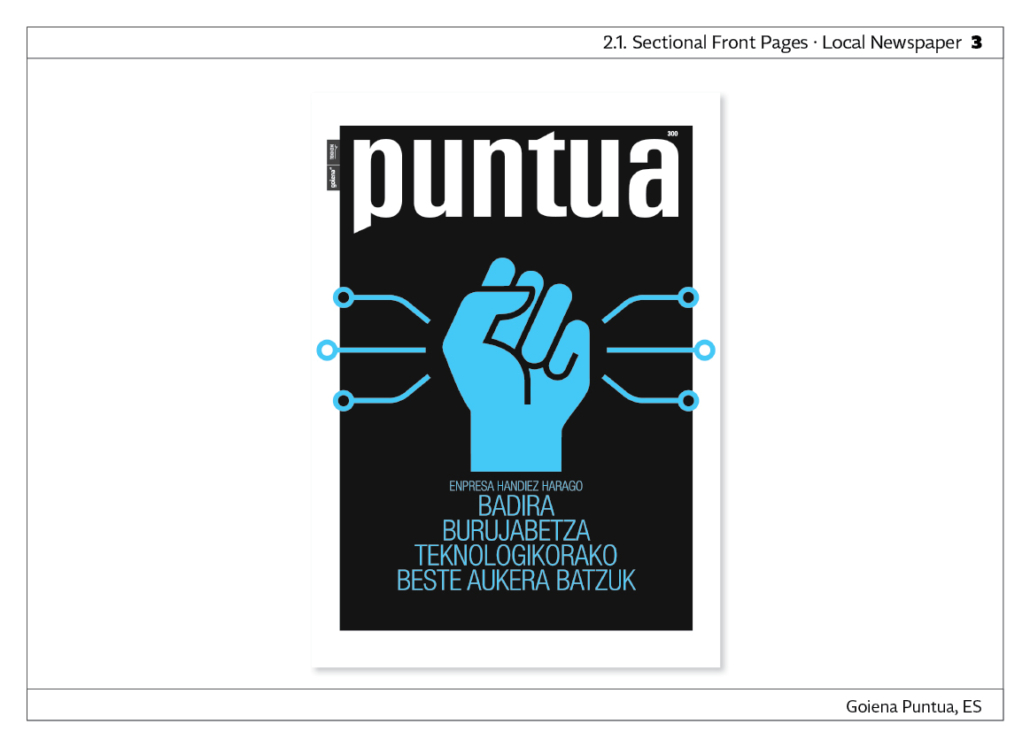
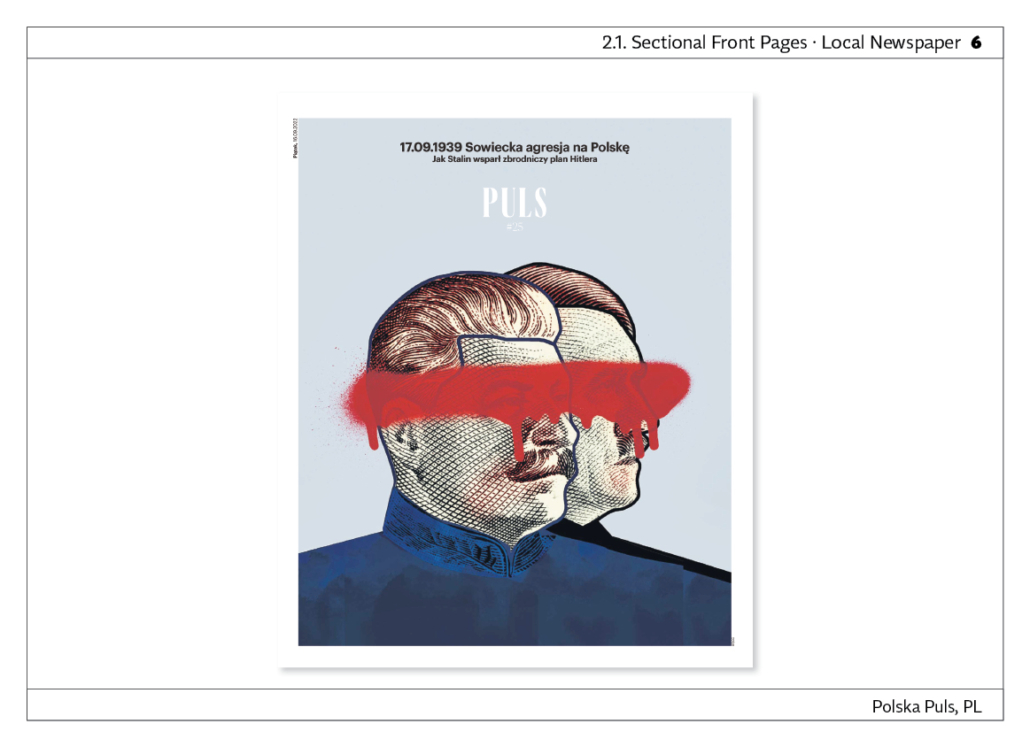
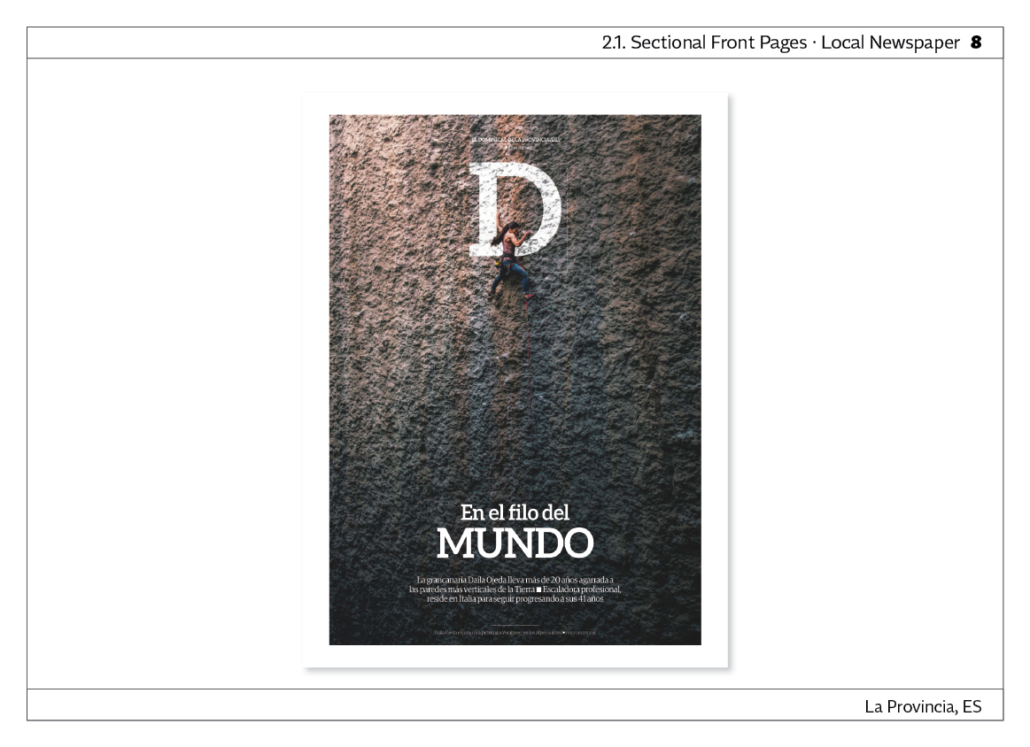
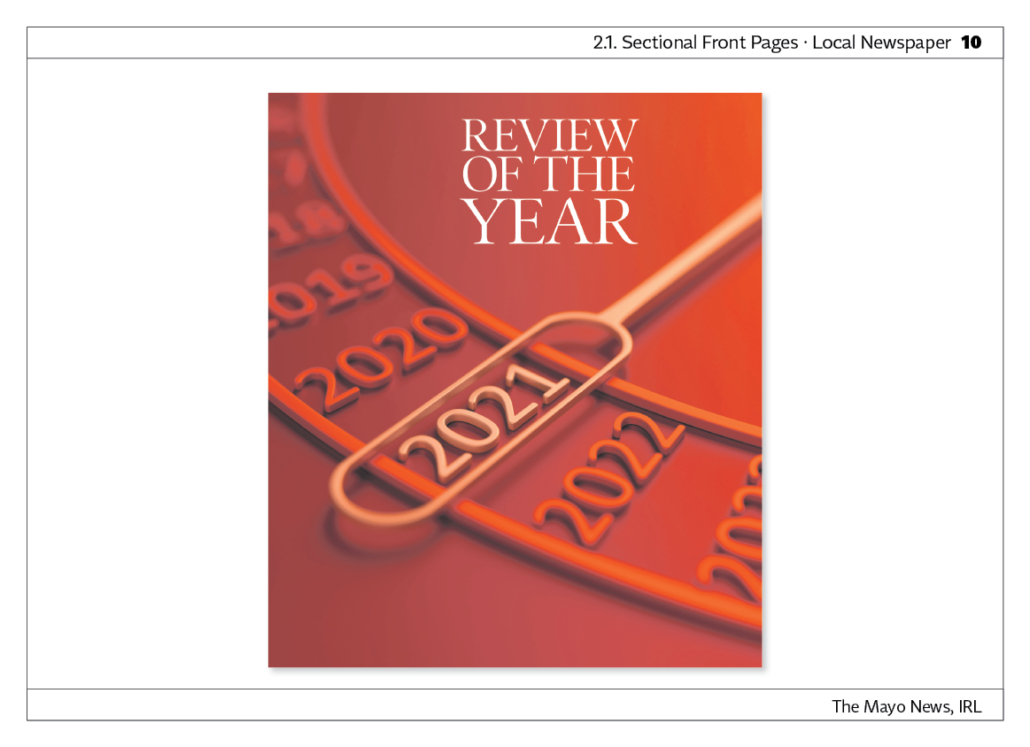
2.2. Sectional front page regional newspaper - exemplary works
In this category you can submit section covers, series of section covers and section covers with a story inside. A maximum of four works are allowed.
It is possible to combine four section title pages into a series, for example to show the variety of design possibilities. This series then counts as one submission.
We prefer section covers and the corresponding story inside. However, it is not a problem to submit only section covers, as there are newspapers that do not have a long cover story inside.
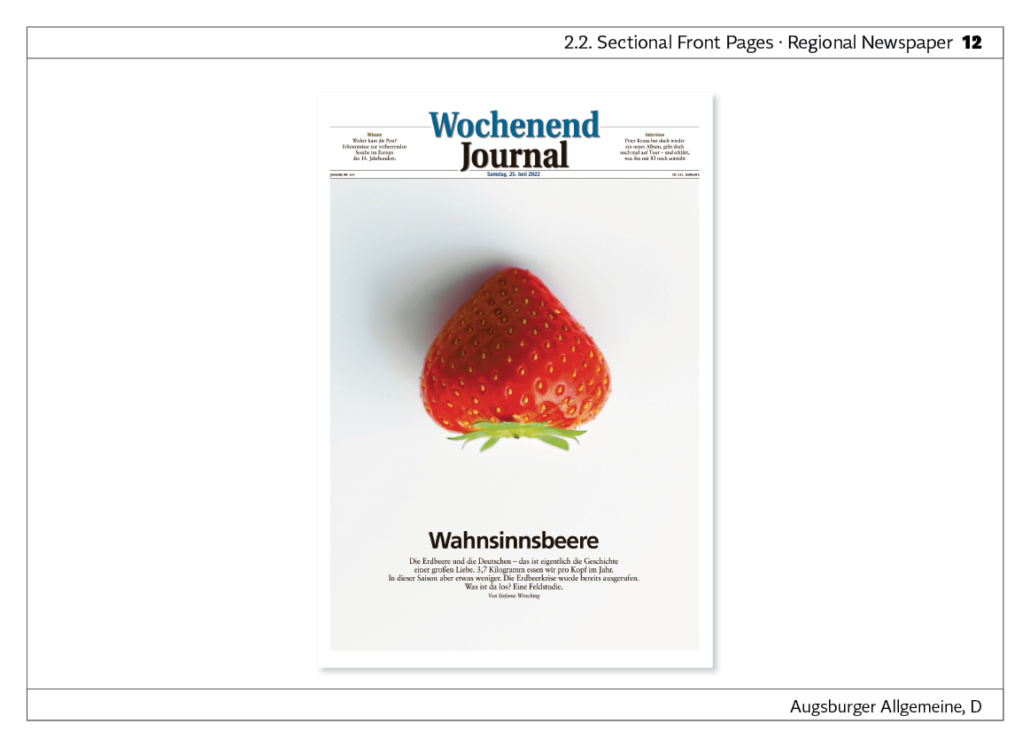
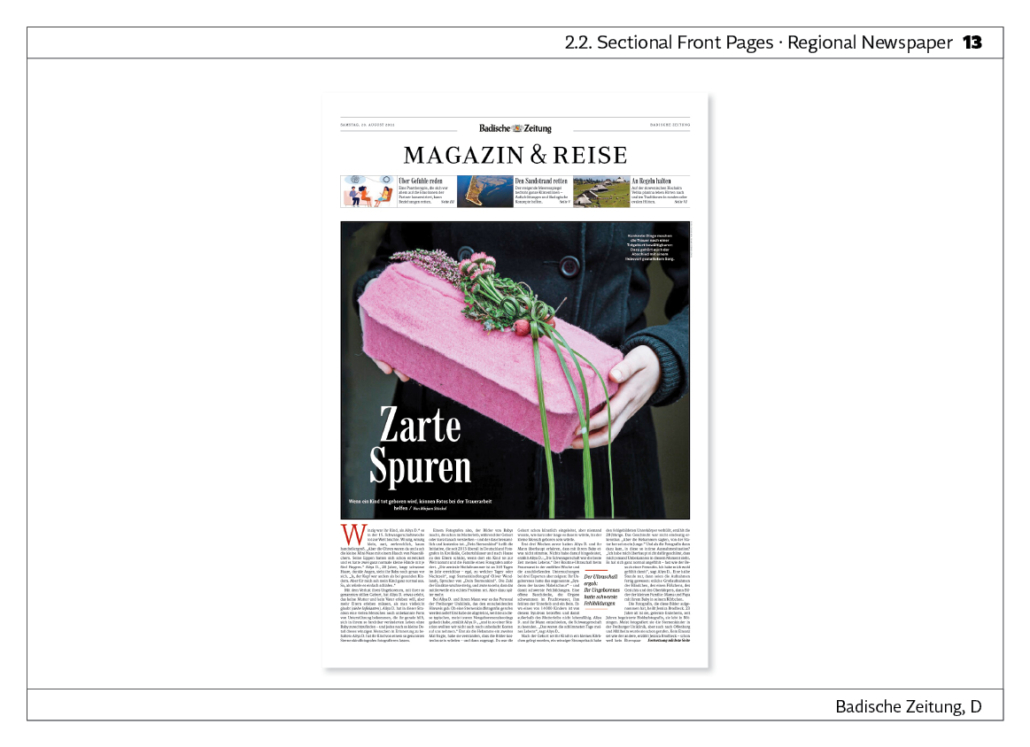
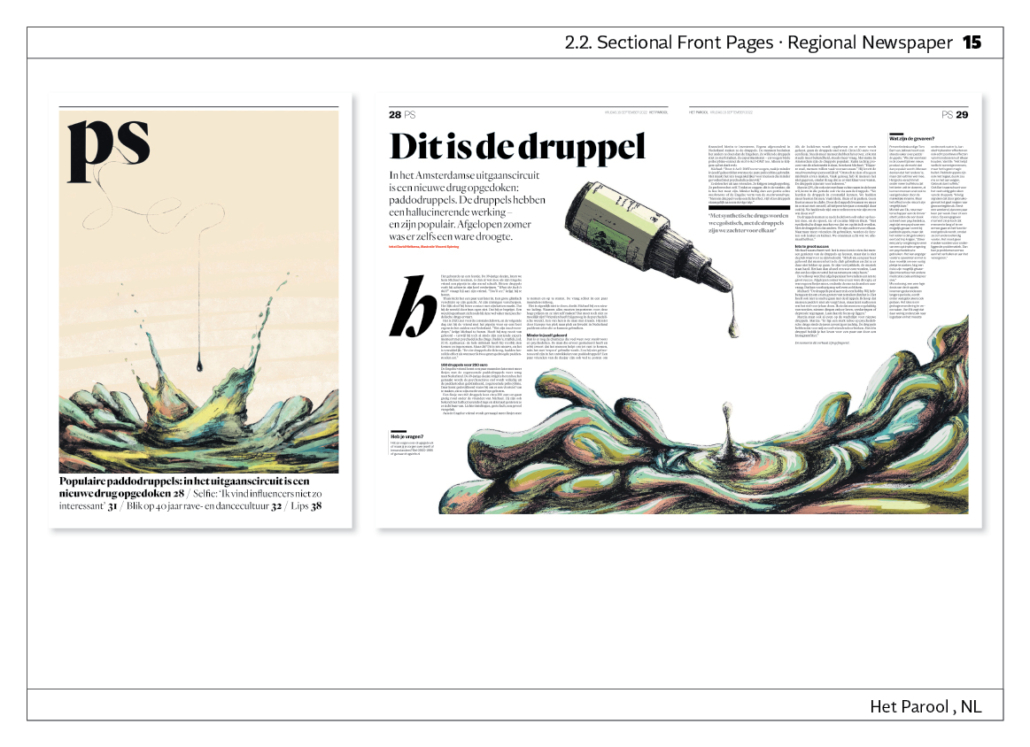
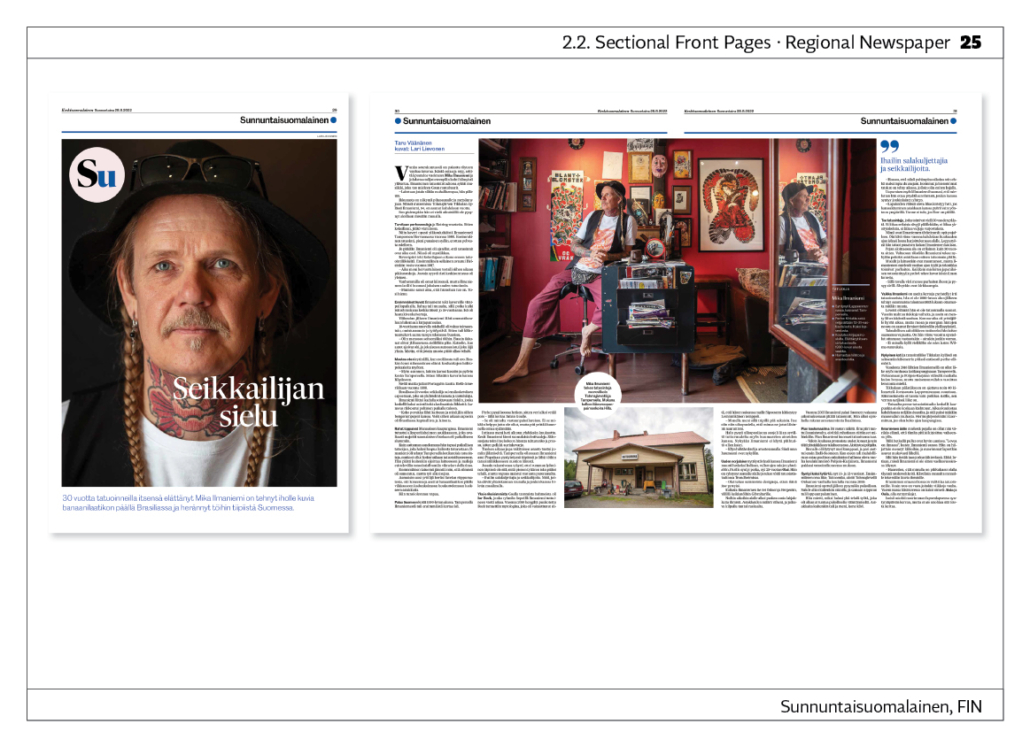
2.3. Sectional front page of nationwide newspaper - exemplary works
In this category you can submit section covers, series of section covers and section covers with a story inside. A maximum of four works are allowed.
It is possible to combine four section title pages into a series, for example to show the variety of design possibilities. This series then counts as one submission.
We prefer section covers and the corresponding story inside. However, it is not a problem to submit only section covers, as there are newspapers that do not have a long cover story inside.
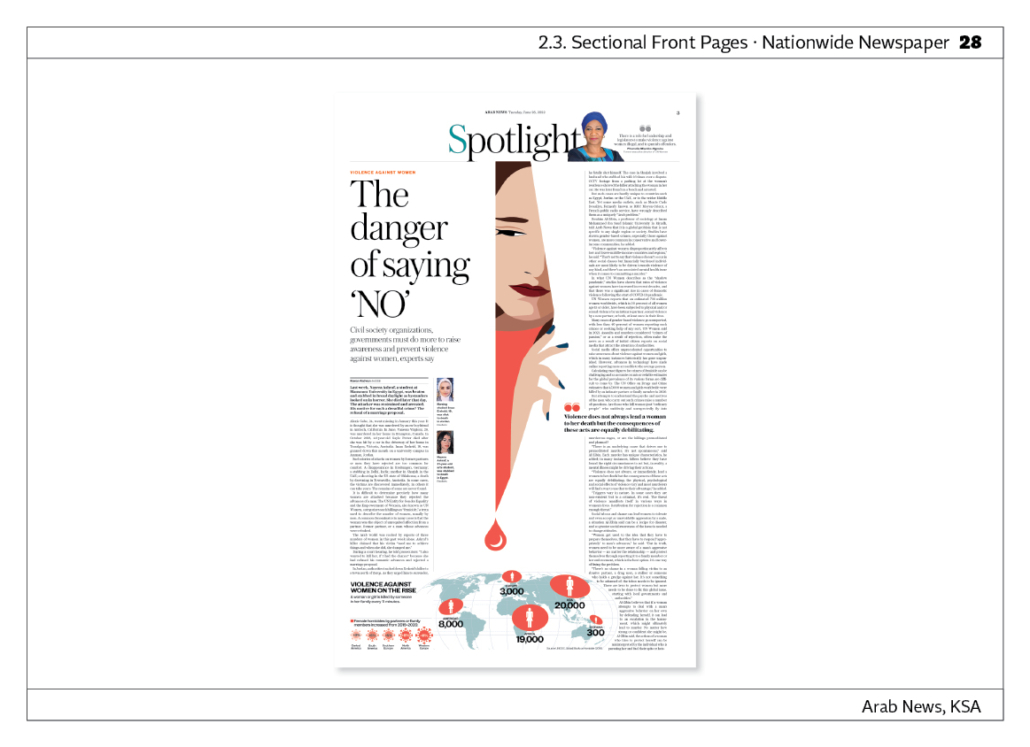
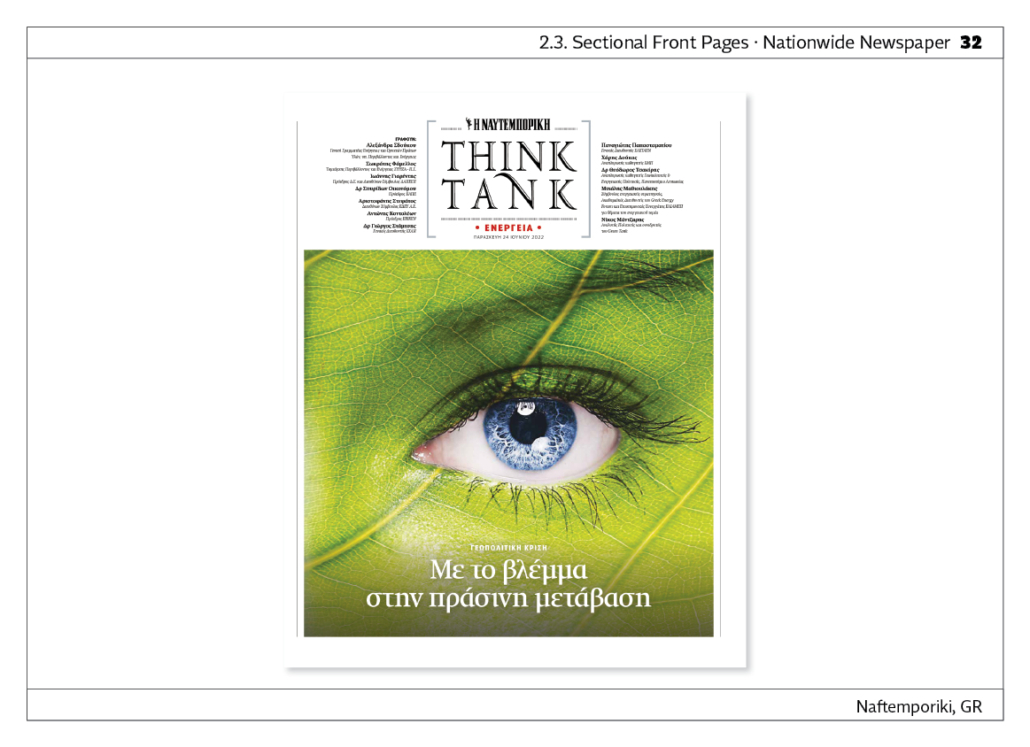
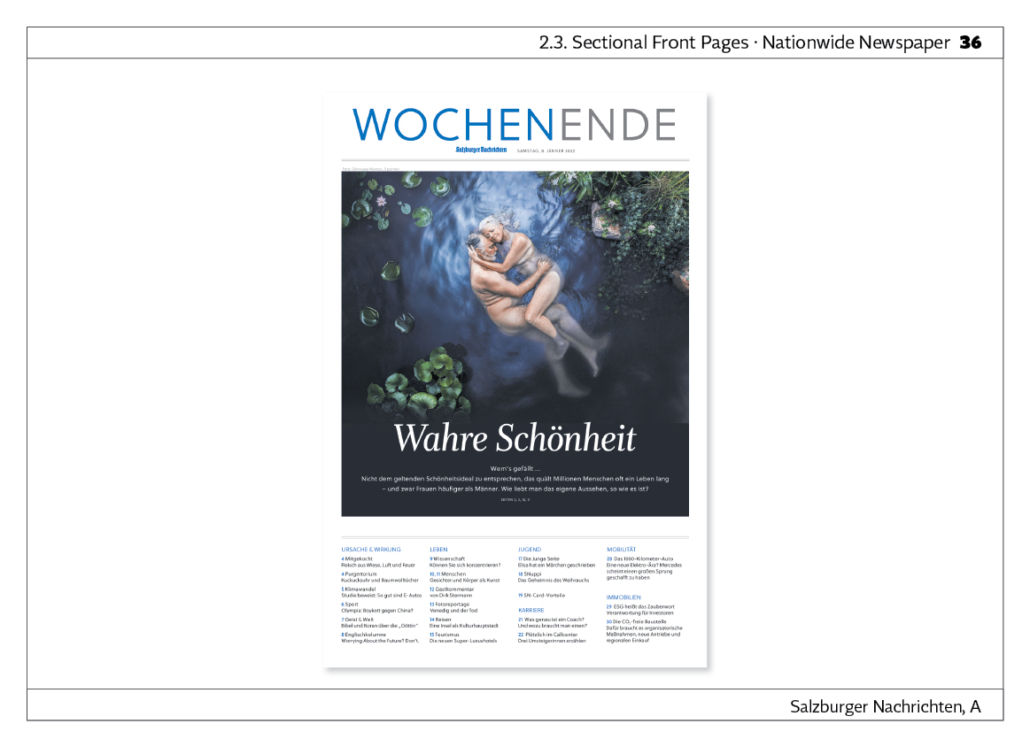
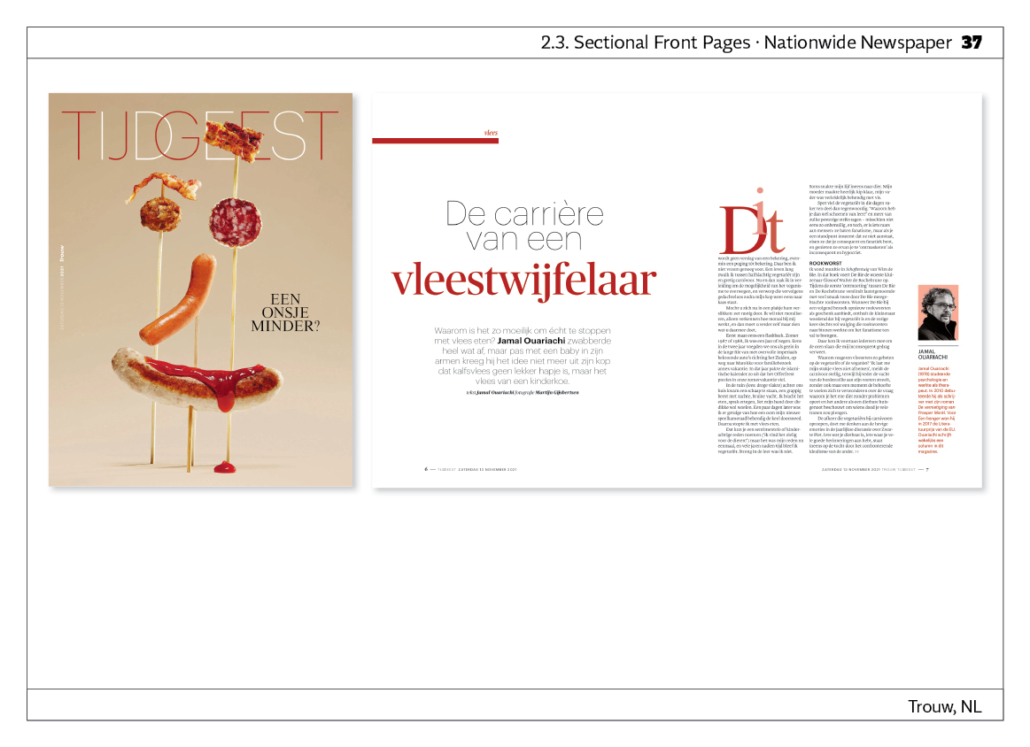
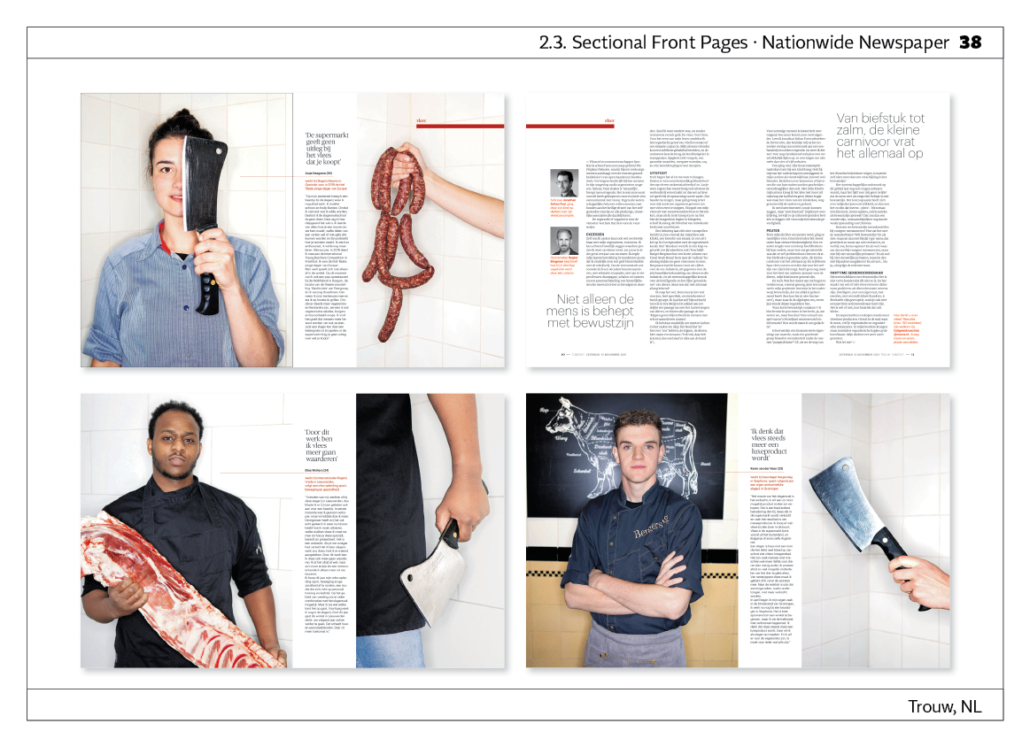
2.4. Sectional front page weekly newspaper - exemplary works
In this category you can submit section covers, series of section covers and section covers with a story inside. A maximum of four works are allowed.
It is possible to combine four section title pages into a series, for example to show the variety of design possibilities. This series then counts as one submission.
We prefer section covers and the corresponding story inside. However, it is not a problem to submit only section covers, as there are newspapers that do not have a long cover story inside.
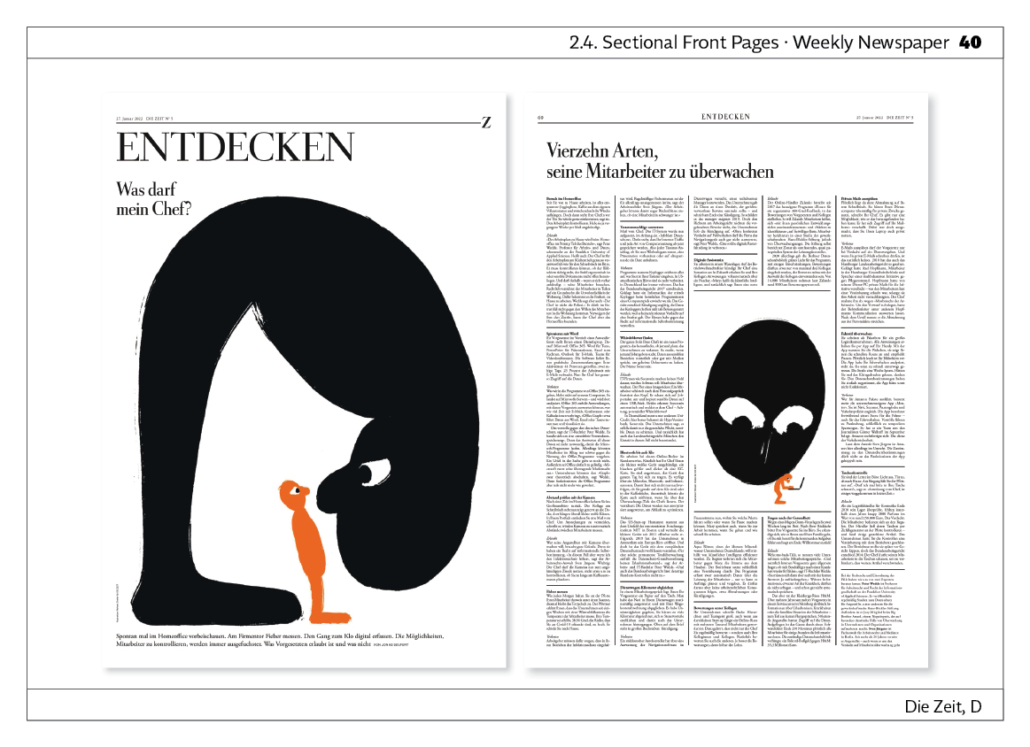
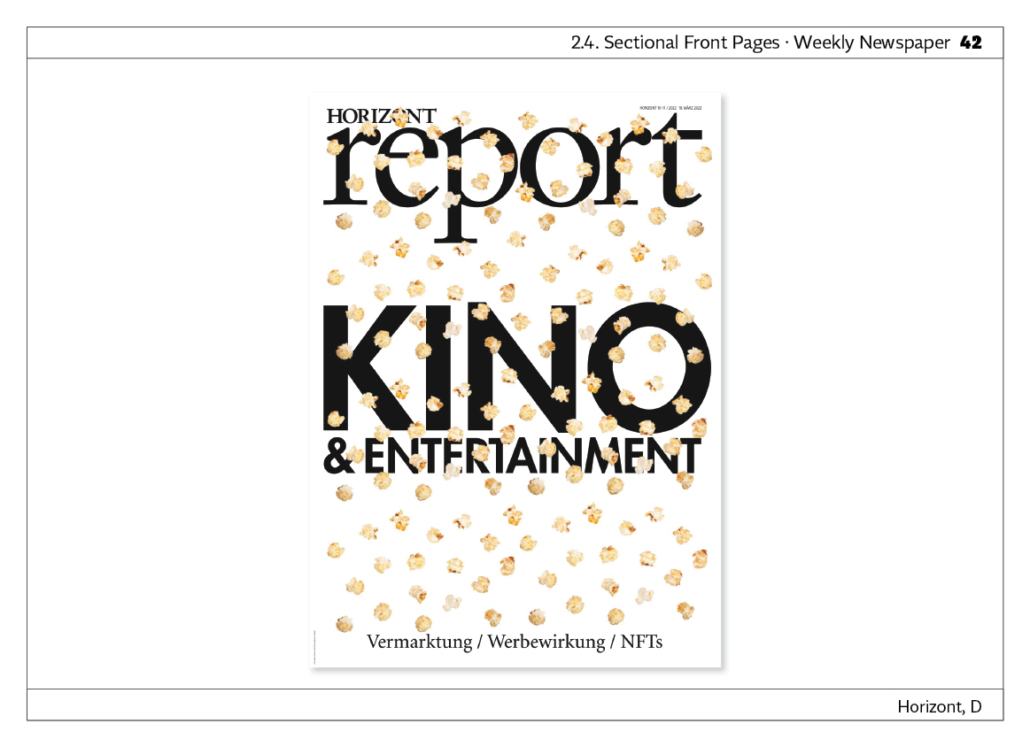
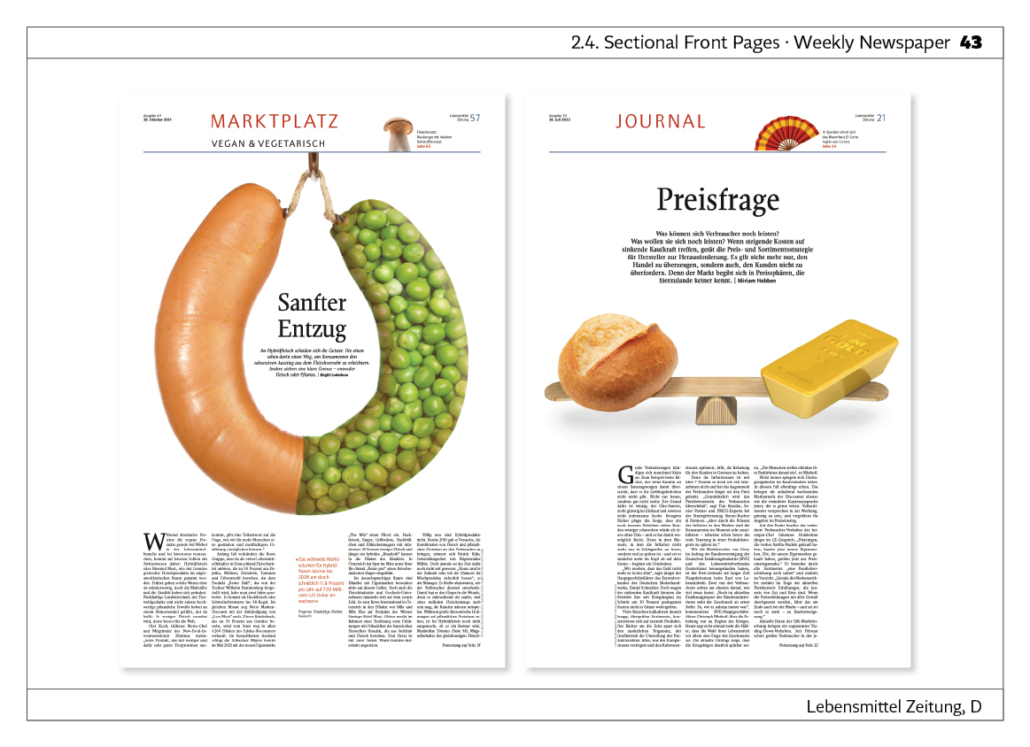
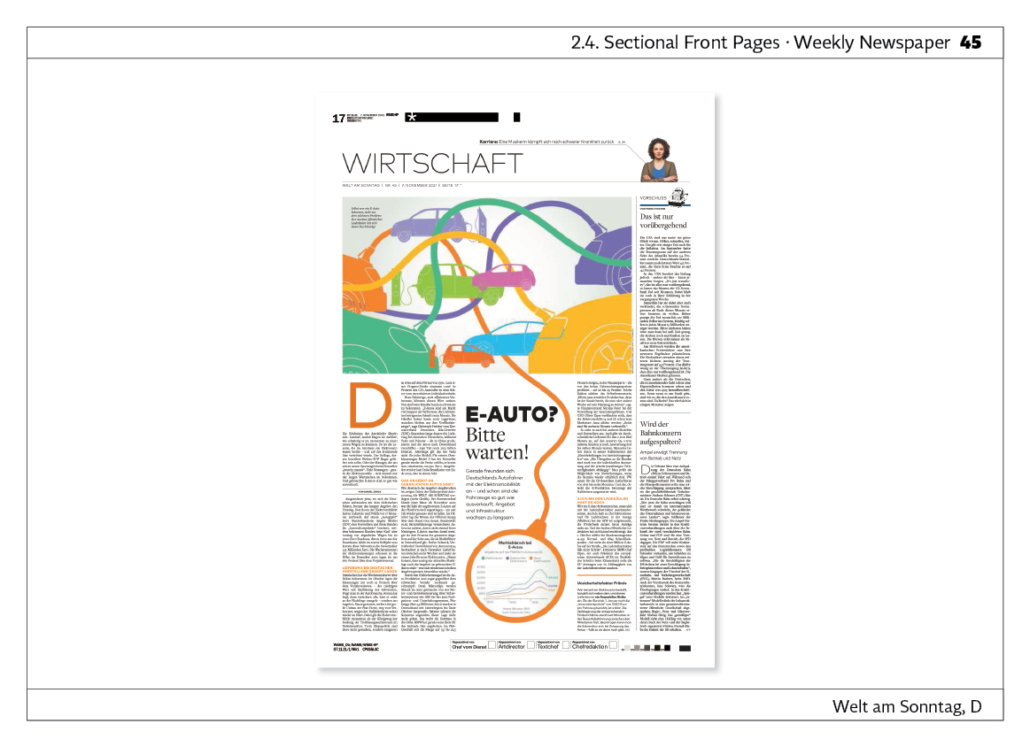
3.0. News pages print and online - refugees - exemplary entries
Submit entries on the topic of refugees in this category in print and online. A maximum of four entries are allowed.
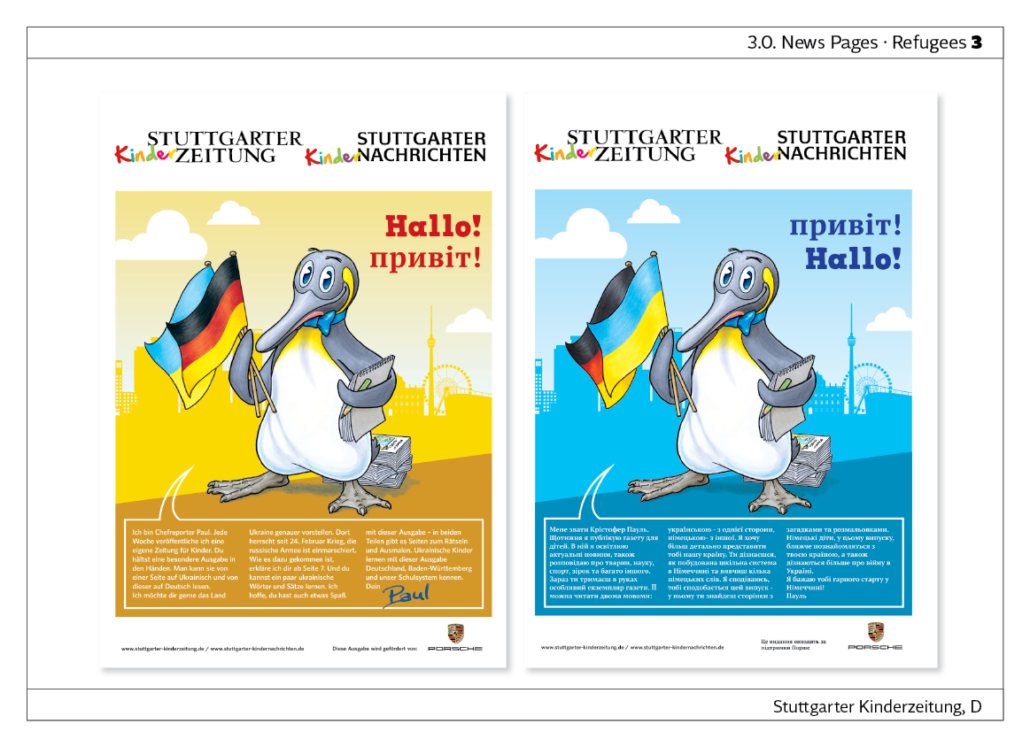
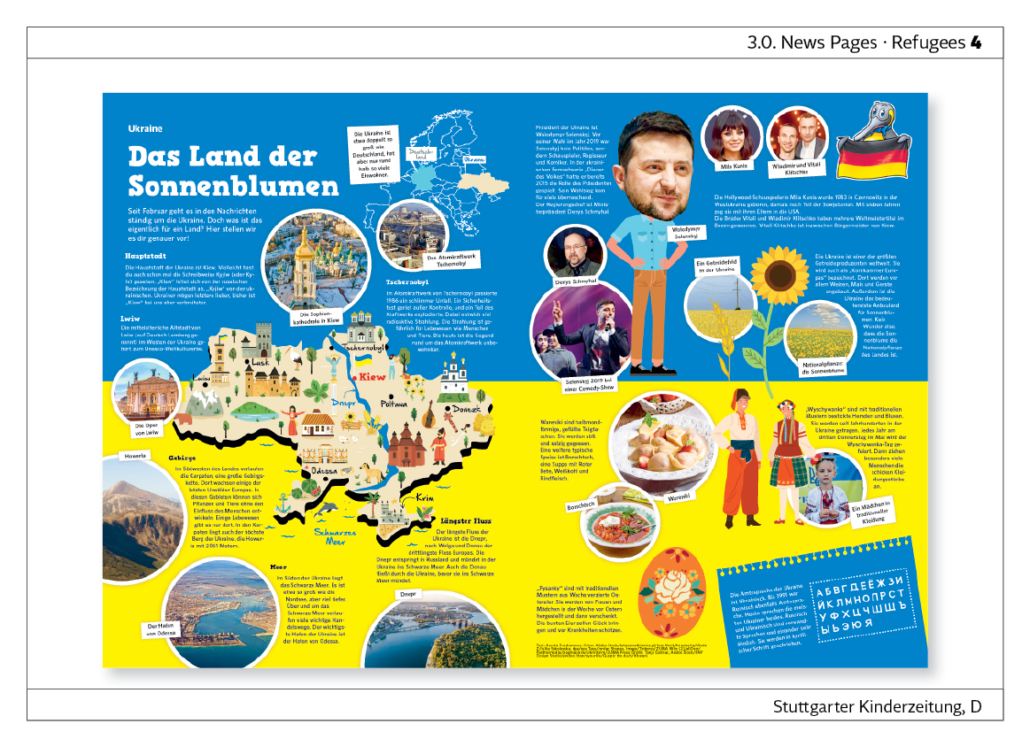
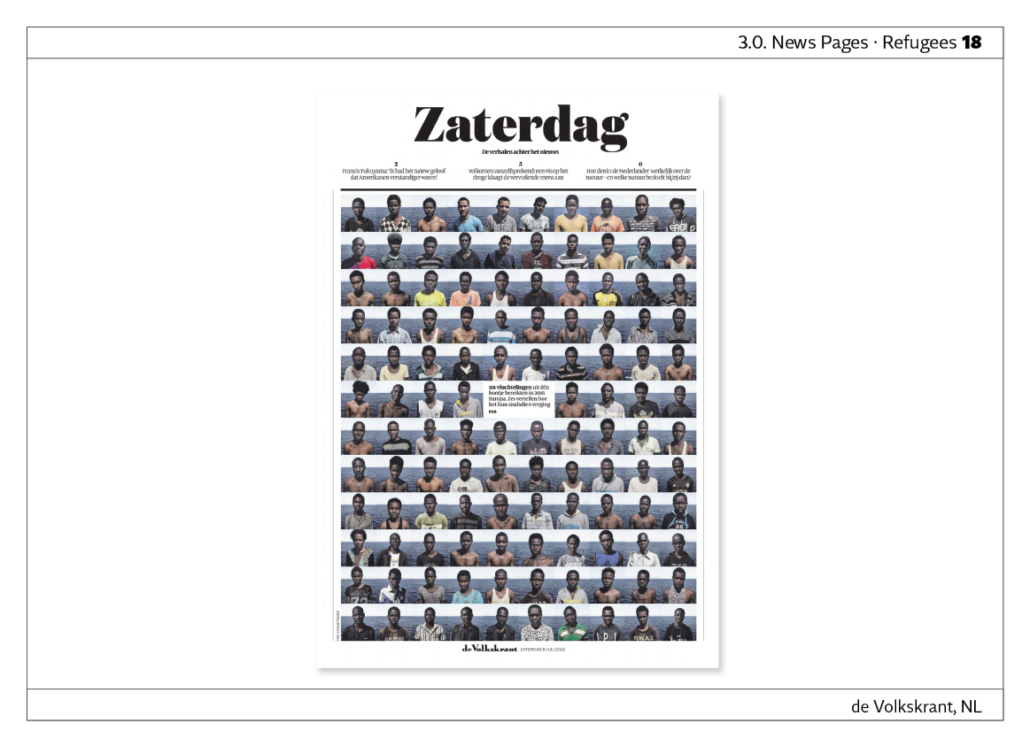
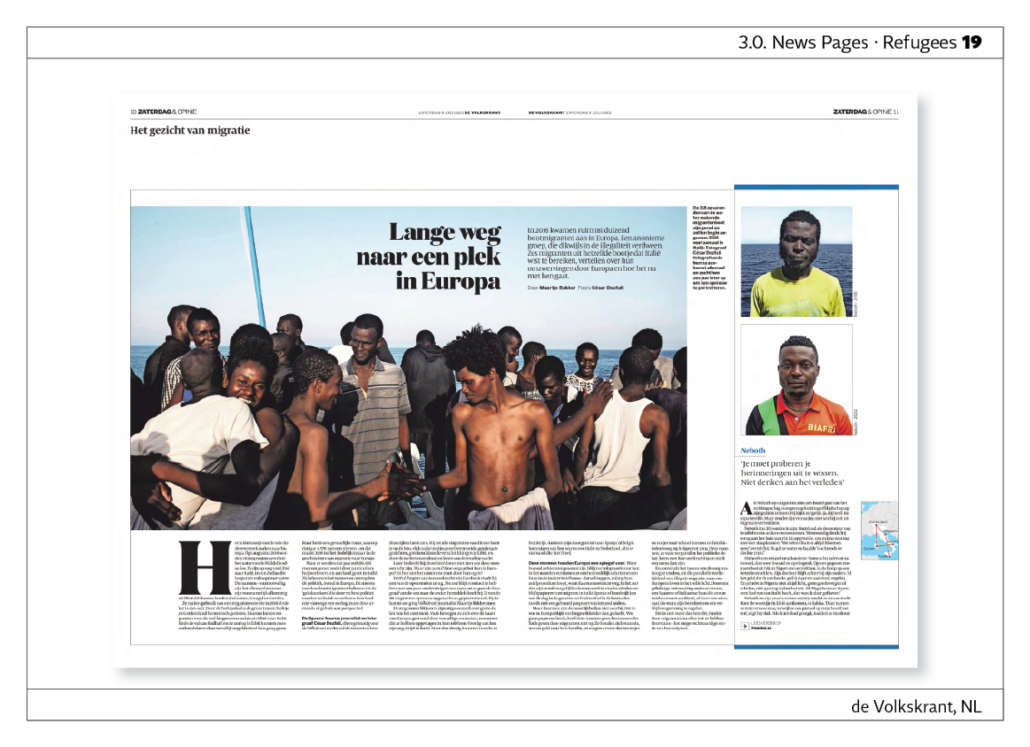
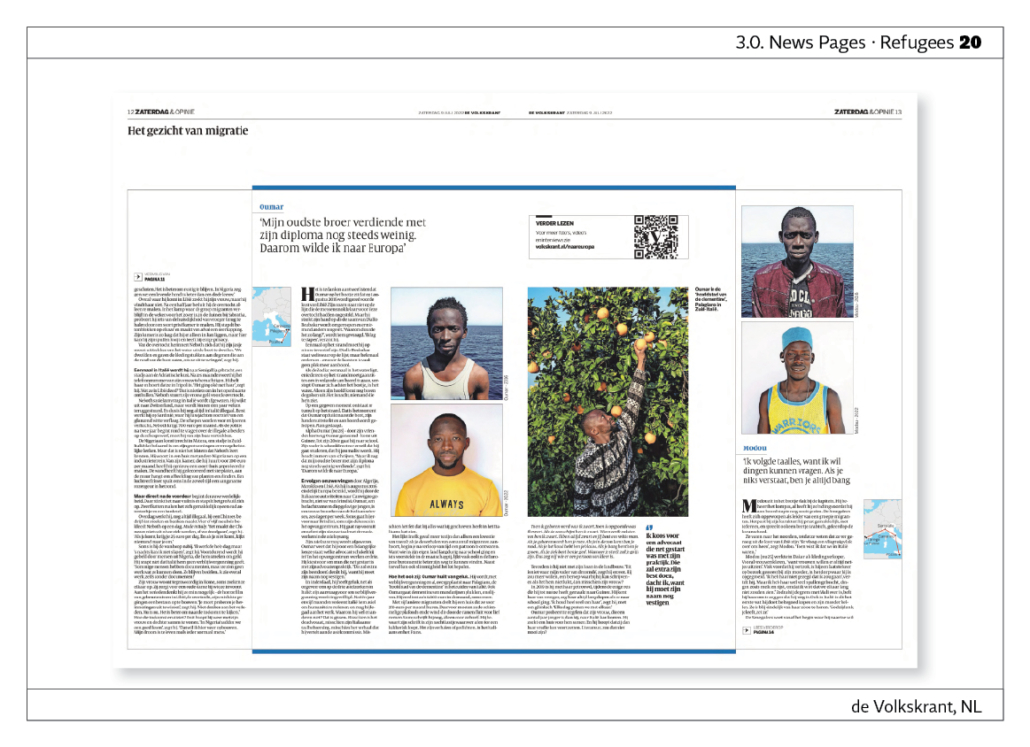
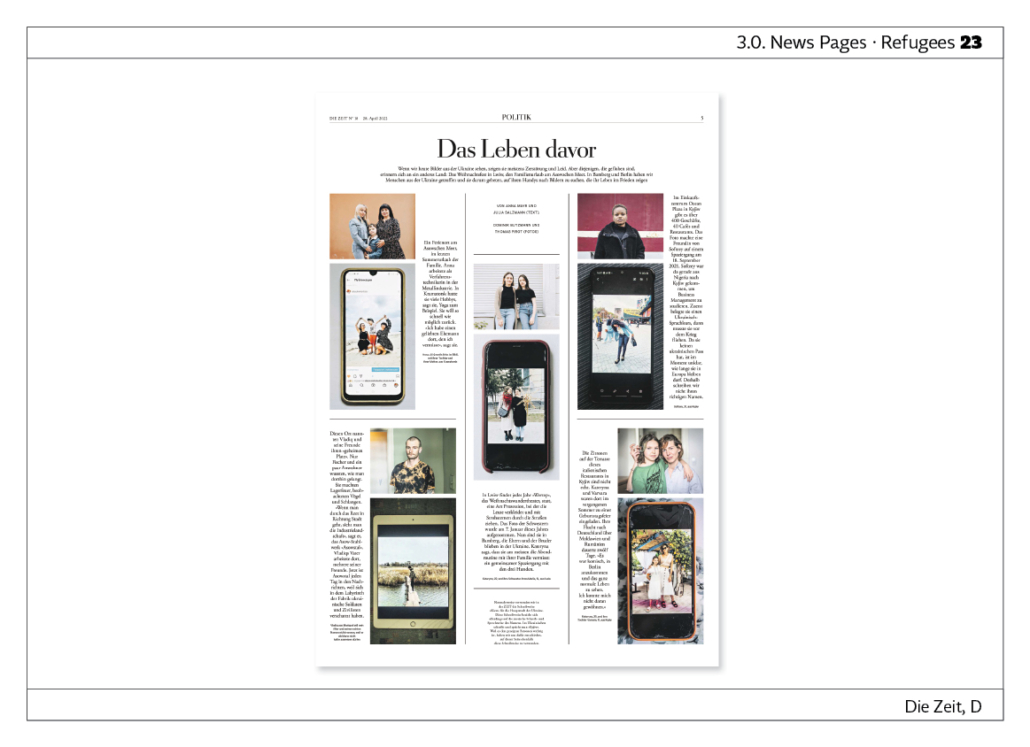
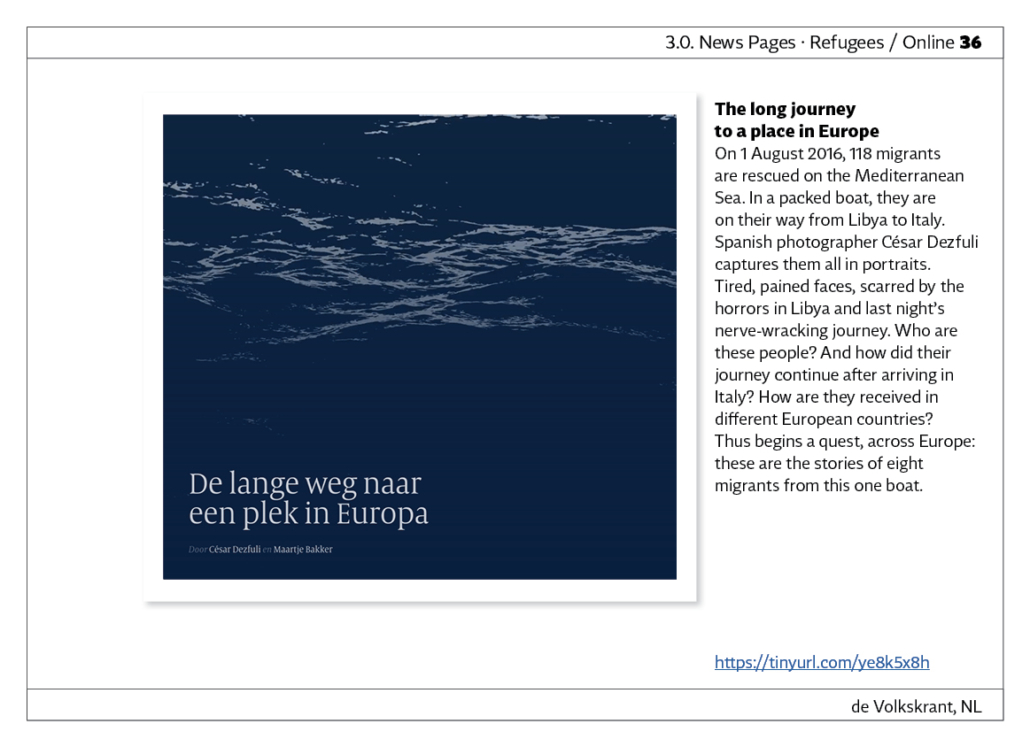
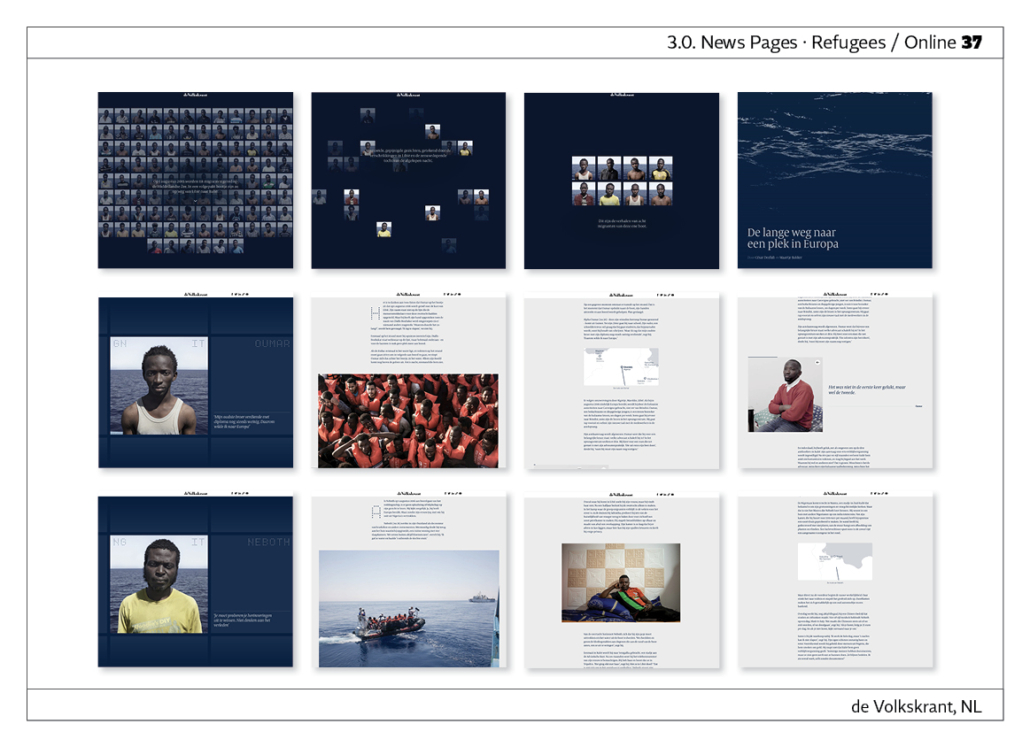
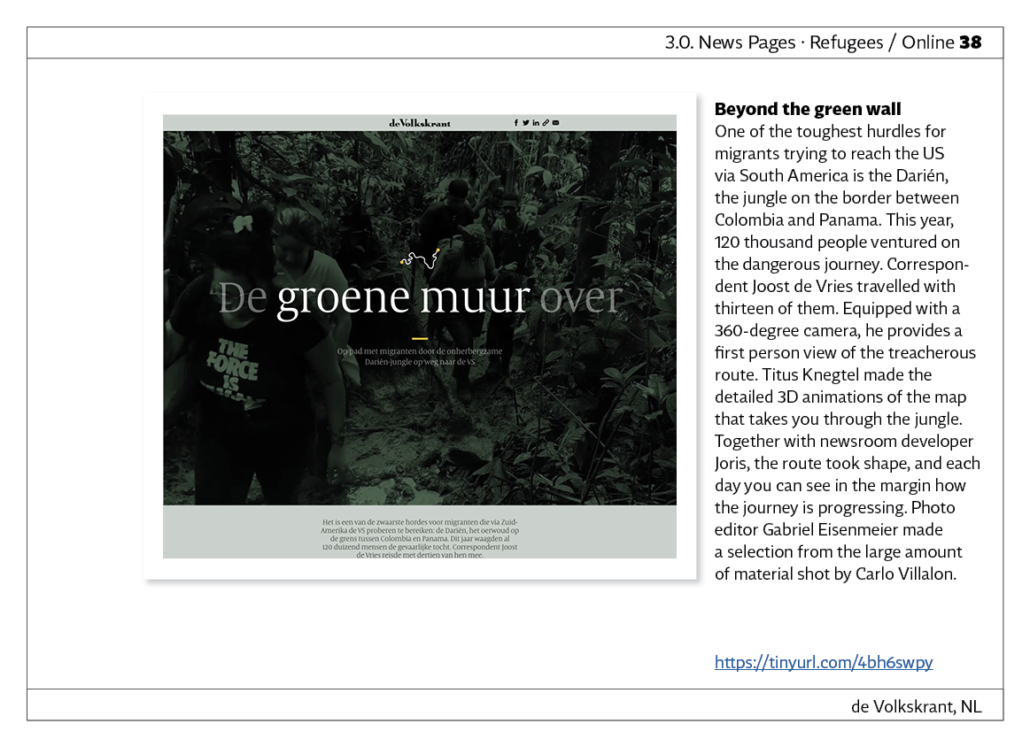
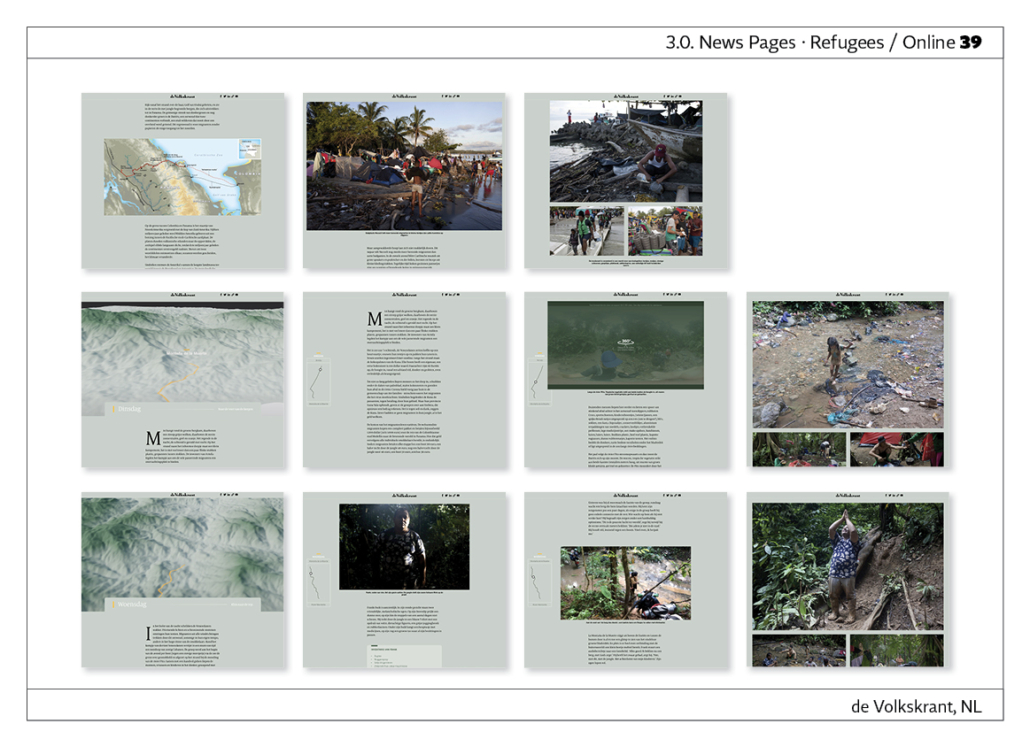
3.1 News pages print and online - terror, war - exemplary entries
Submit contributions on the topic of terror, war in this category in print and online. A maximum of four entries are allowed.
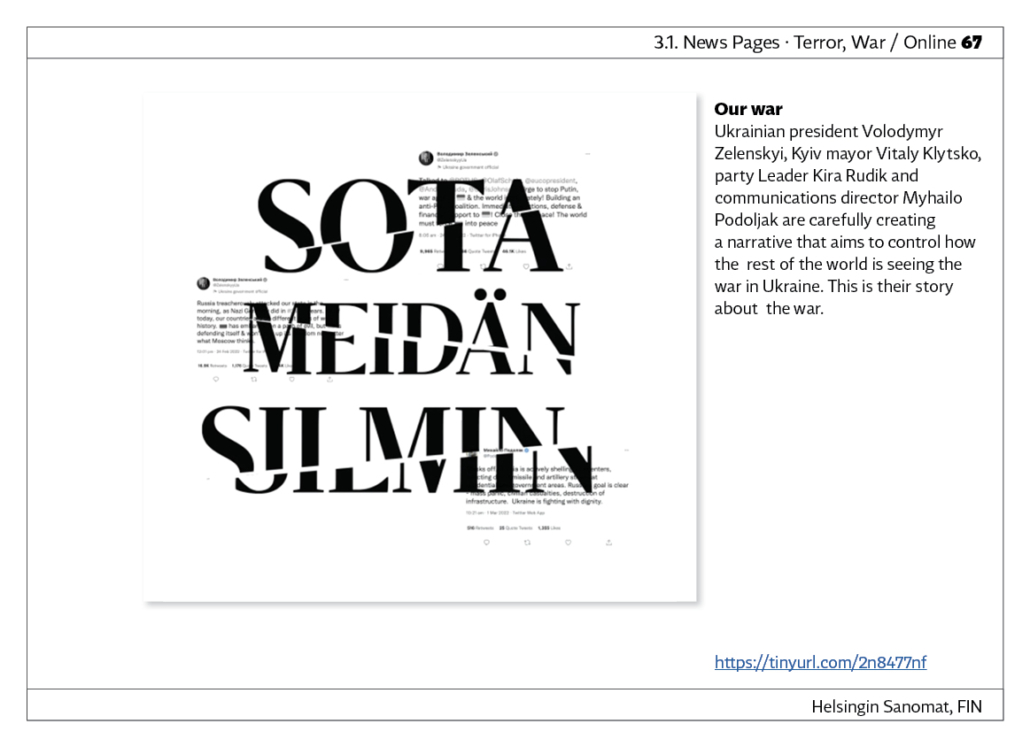
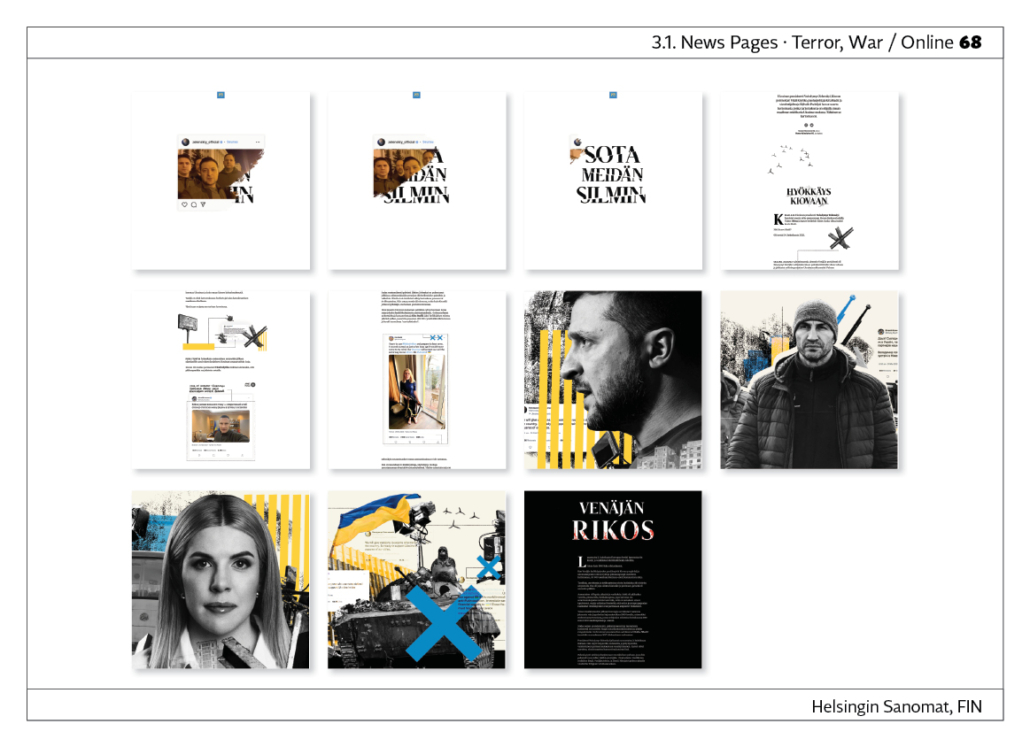
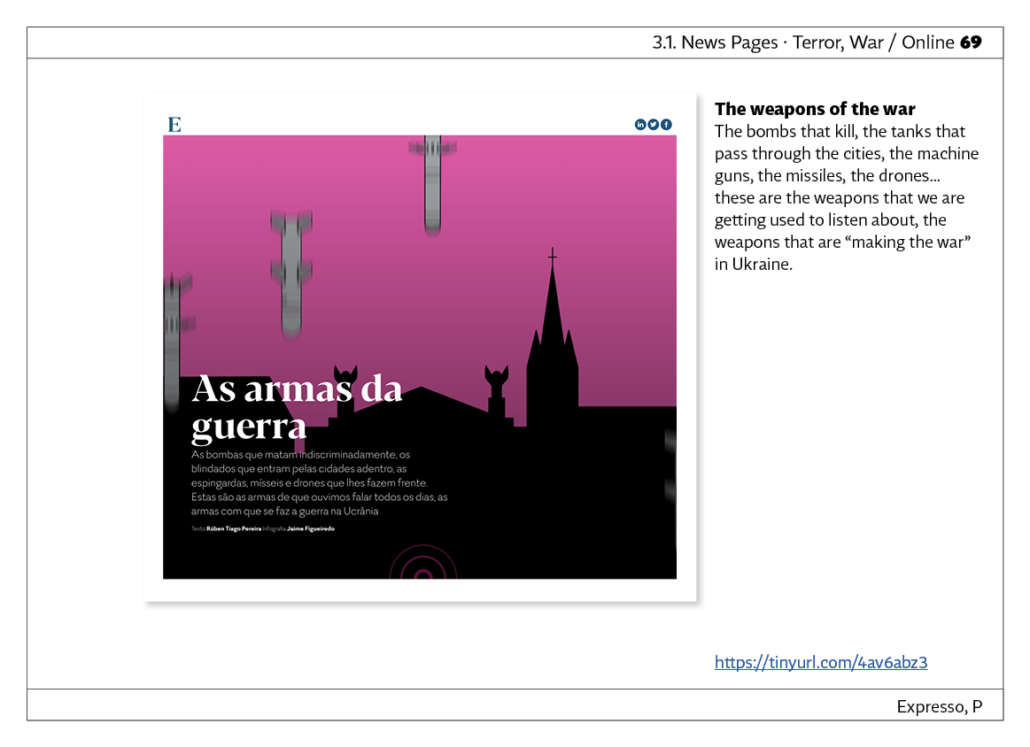
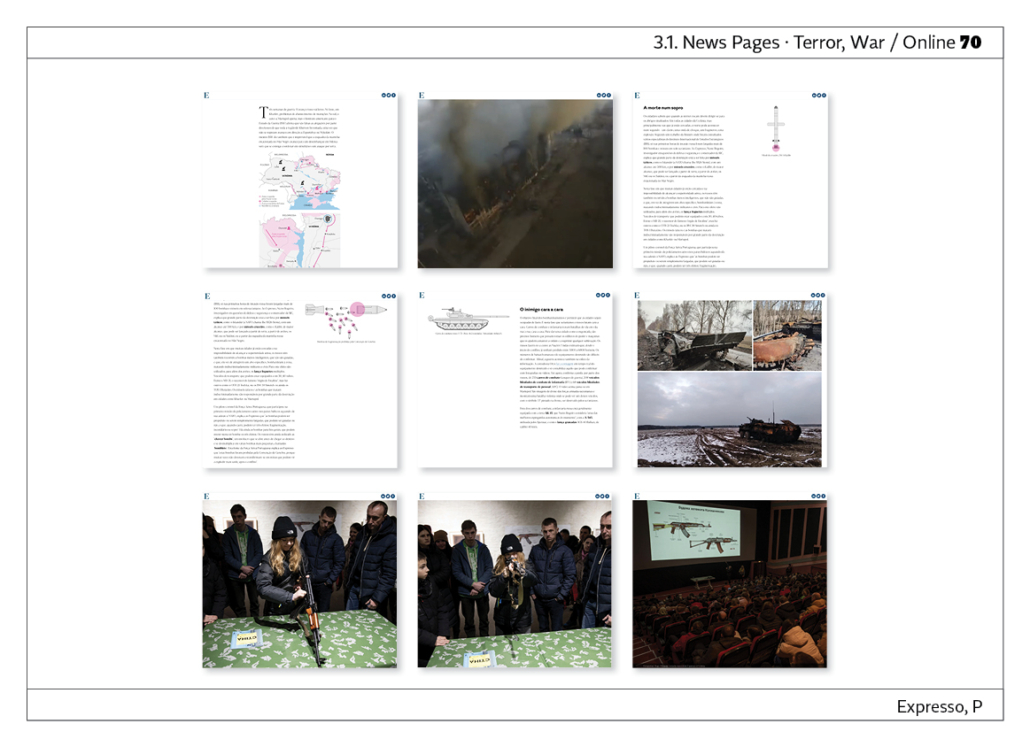
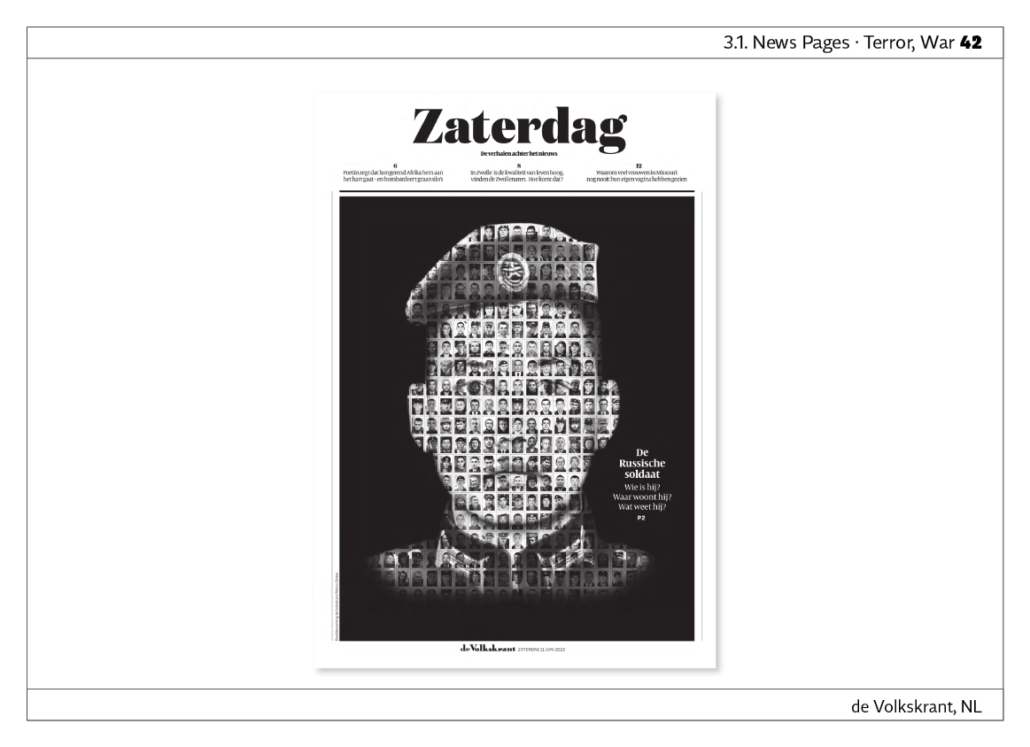
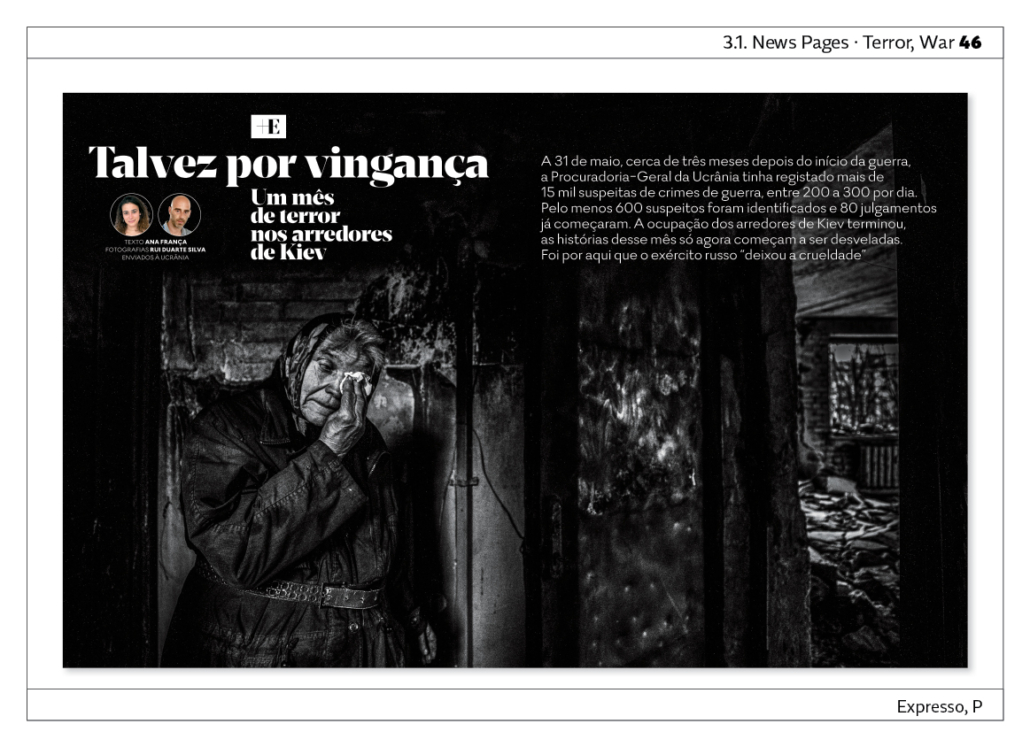
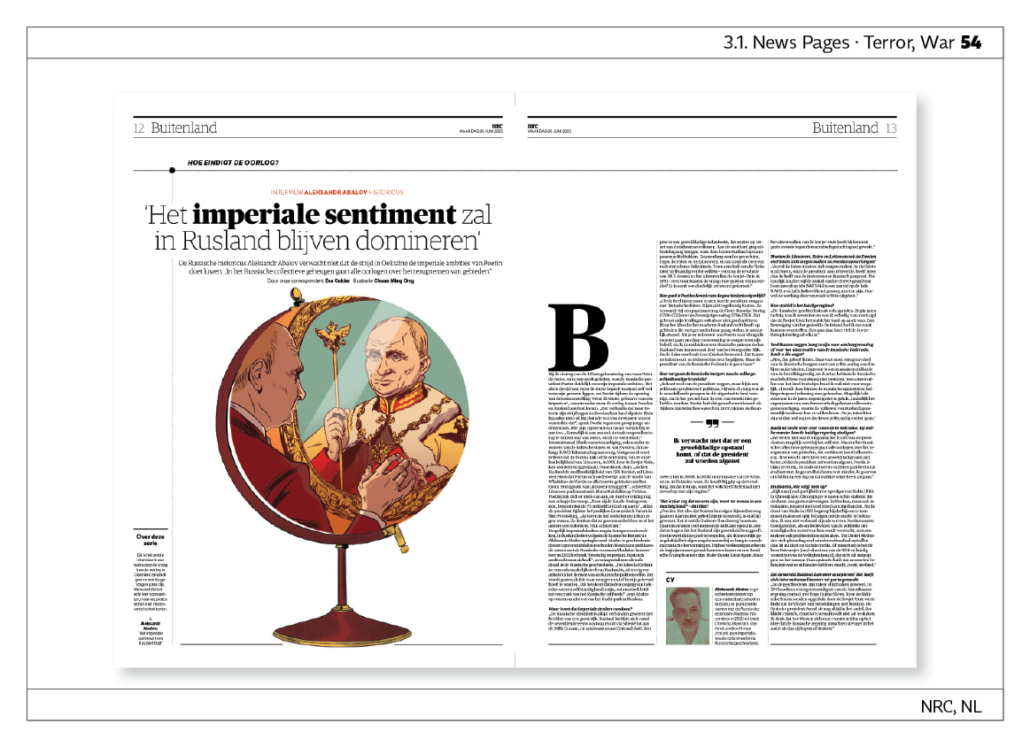
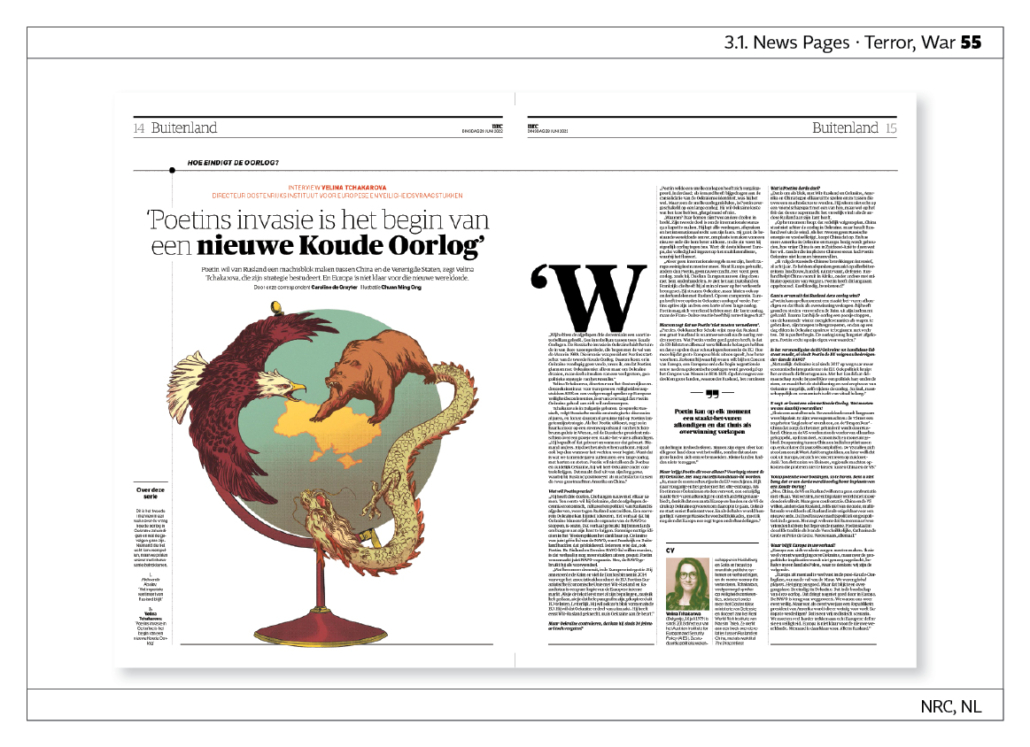
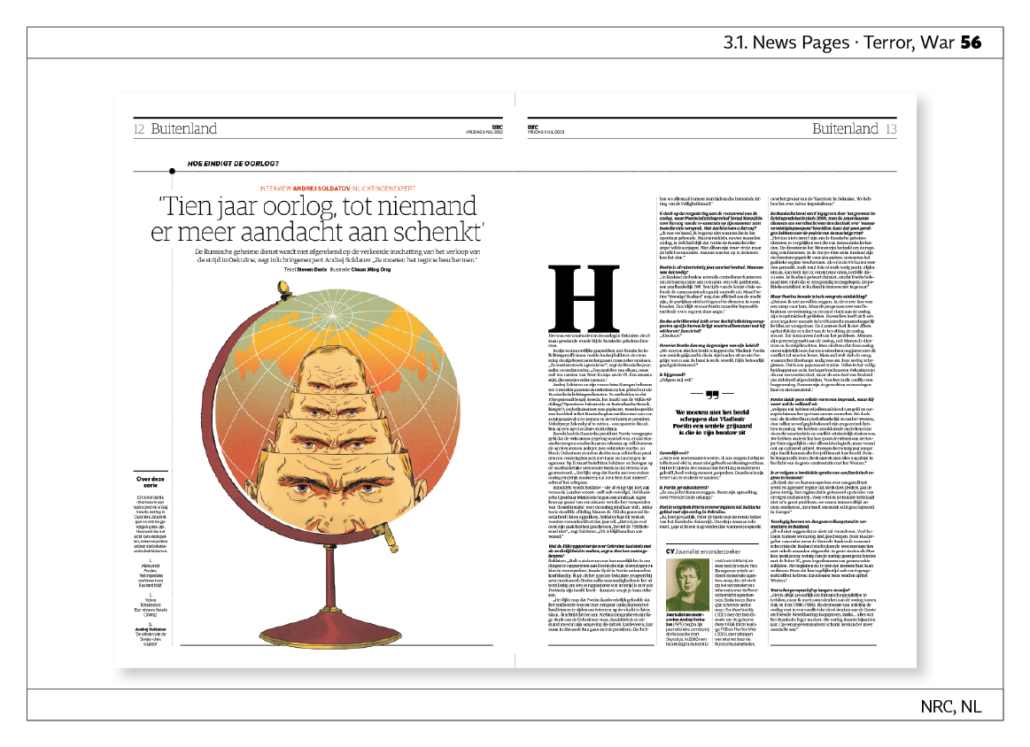
3.2 News pages print and online - natural disasters - - exemplary entries
Submit entries on the topic of natural disasters in this category in print and online. A maximum of four entries are allowed.
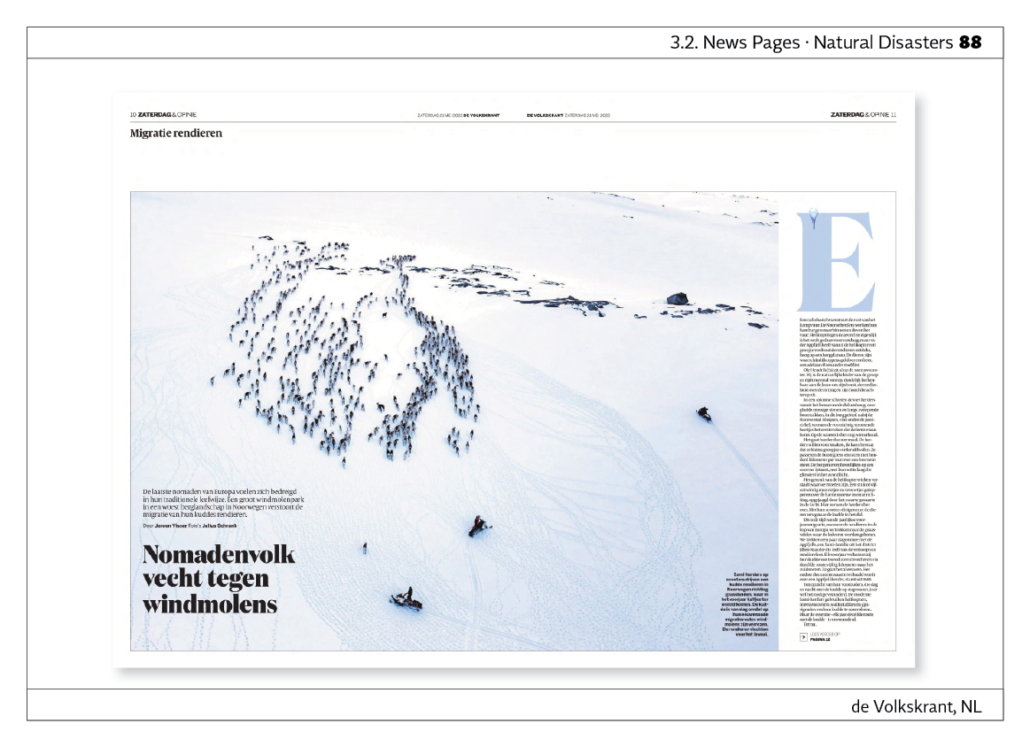
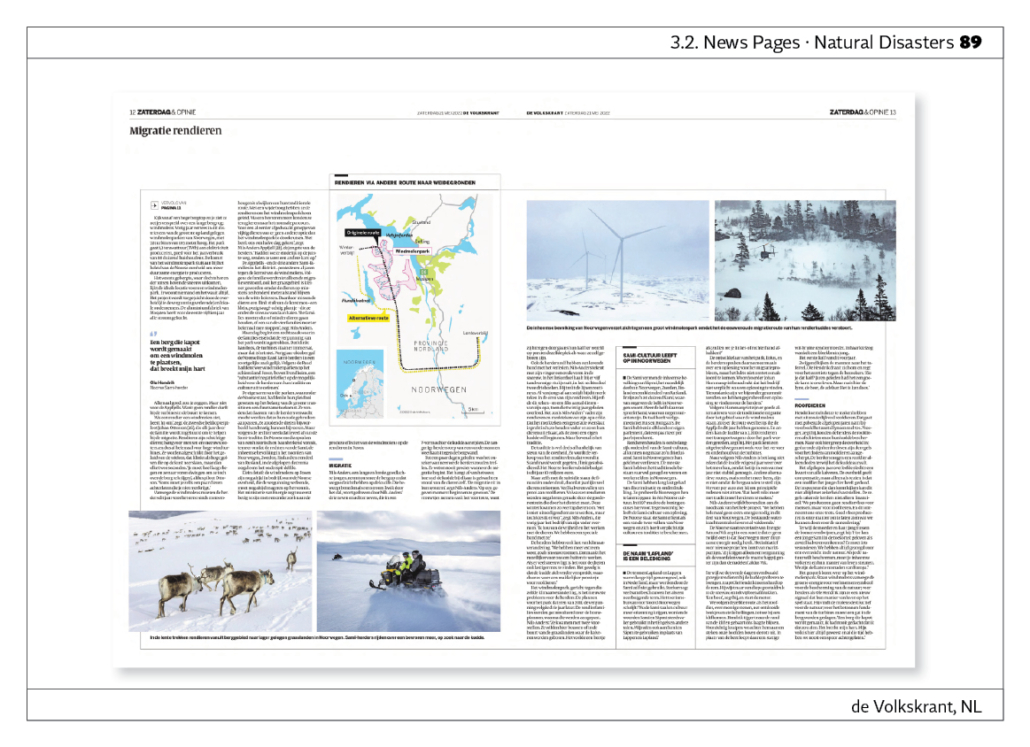
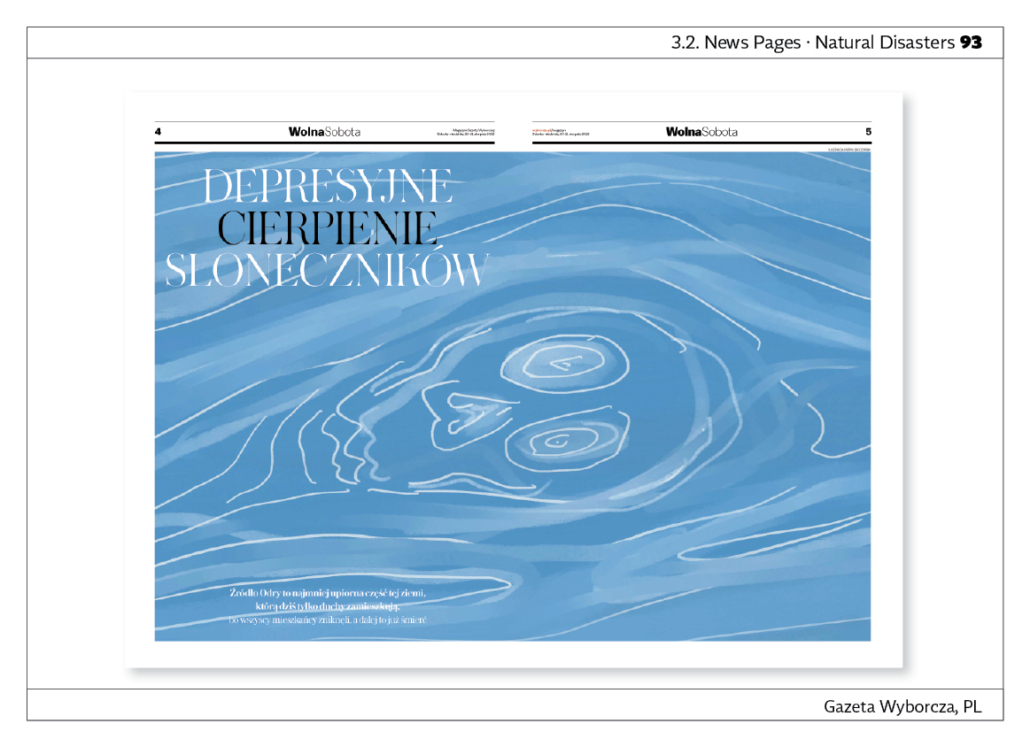
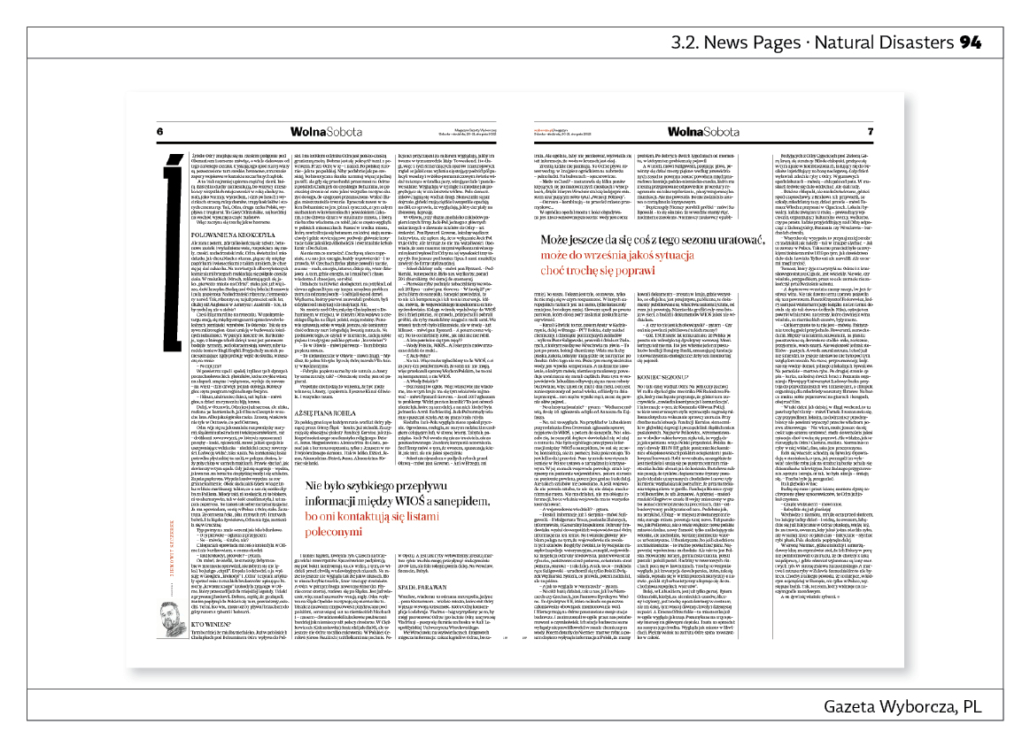
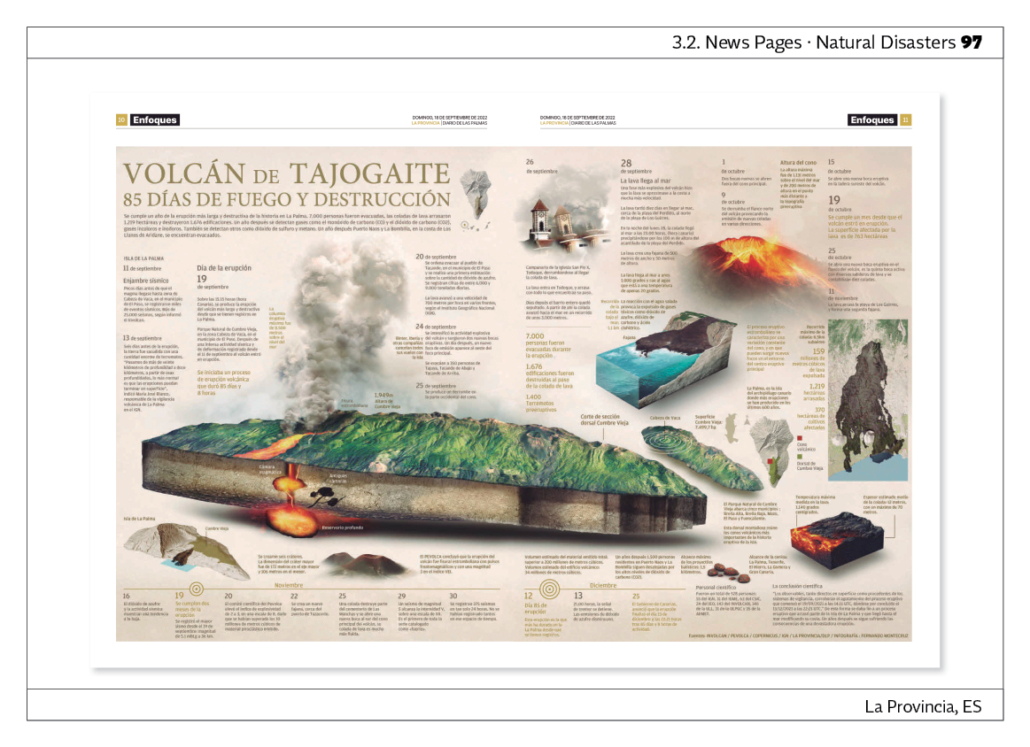
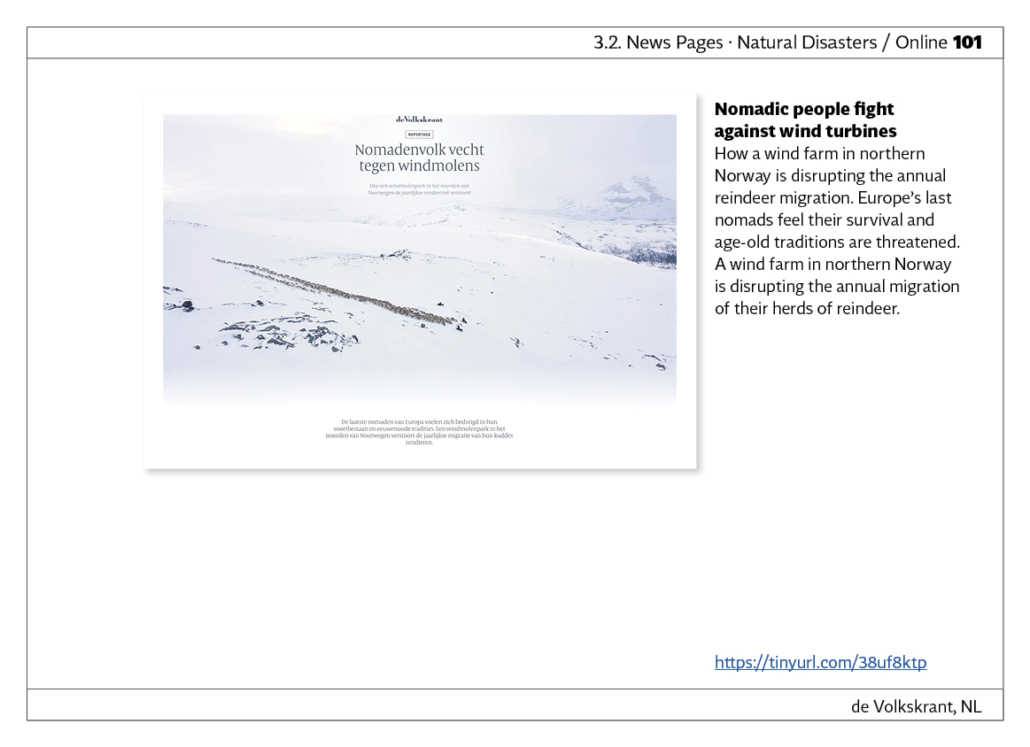
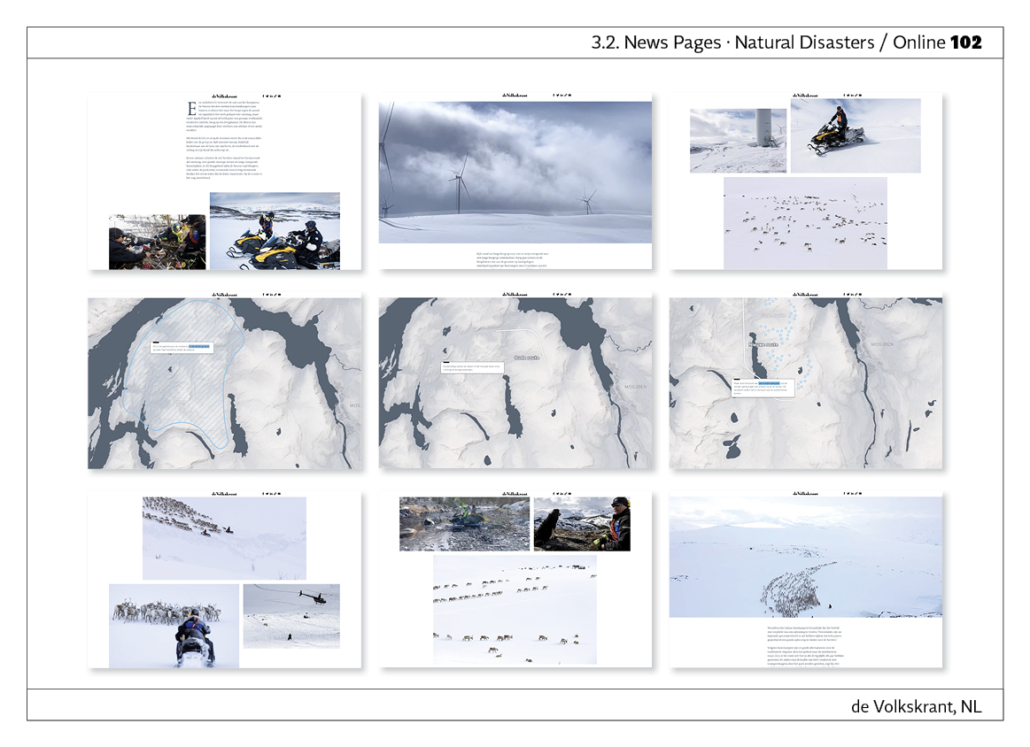
3.3 News pages print and online - environmental protection - exemplary entries
Submit entries on the theme of environmental protection in this category in print and online. A maximum of four entries are allowed.
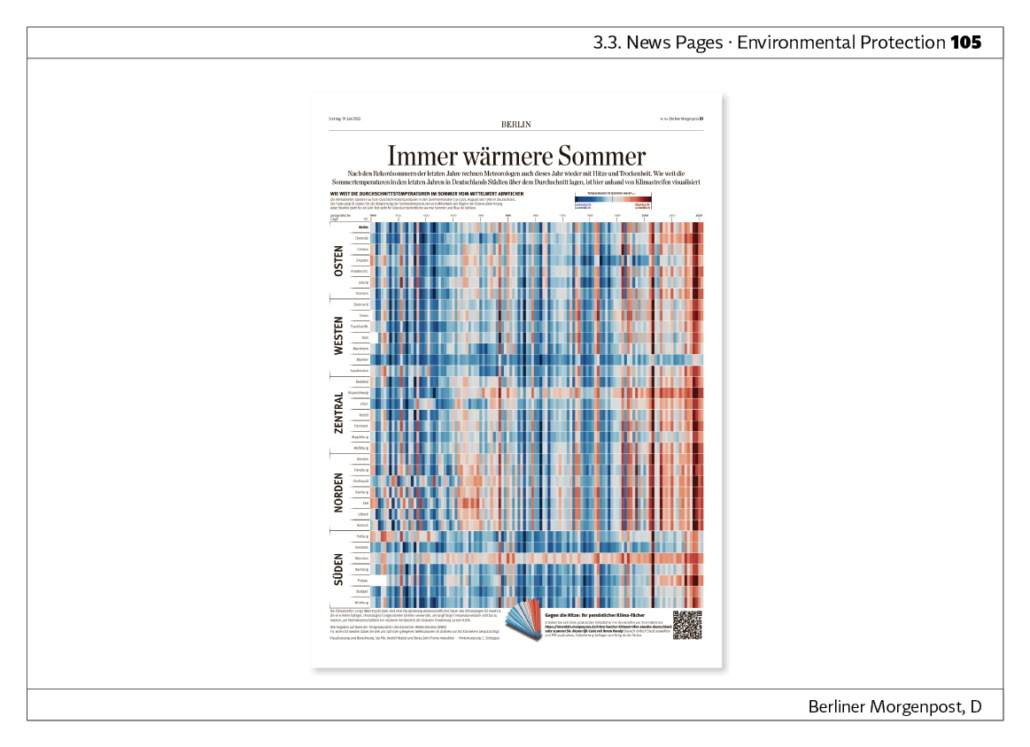
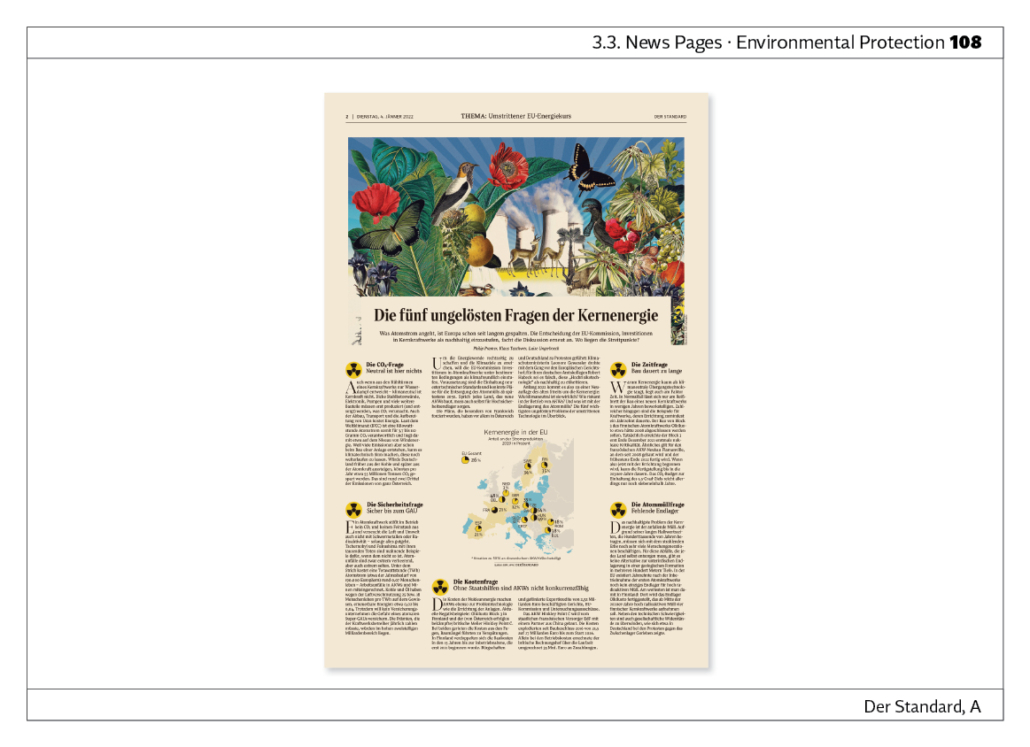
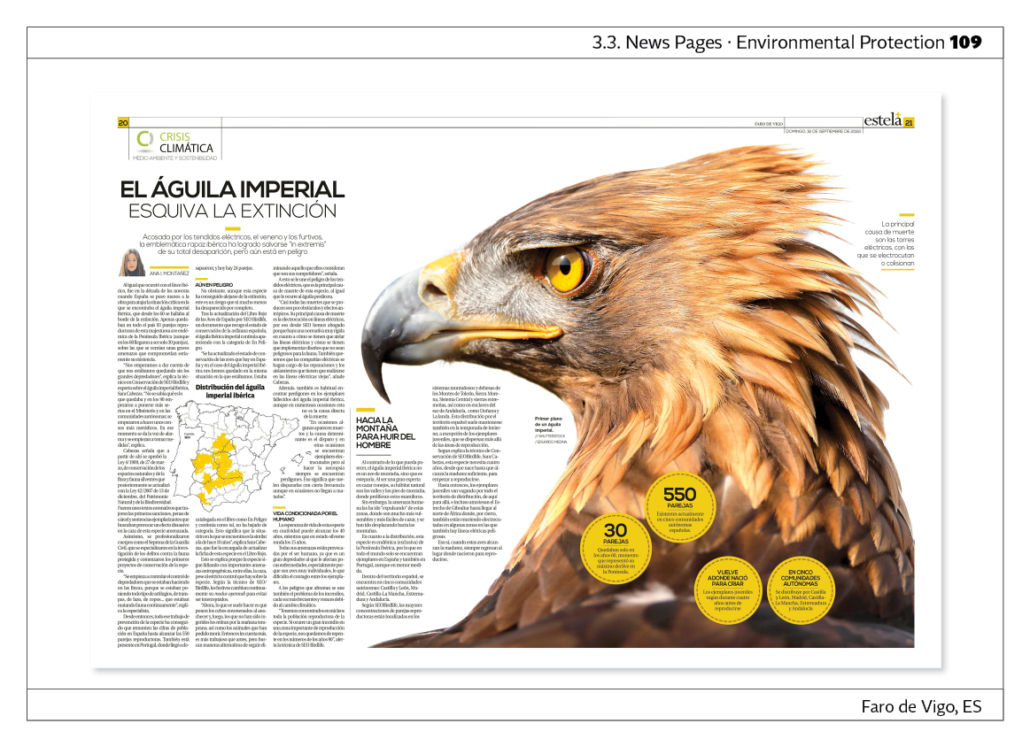
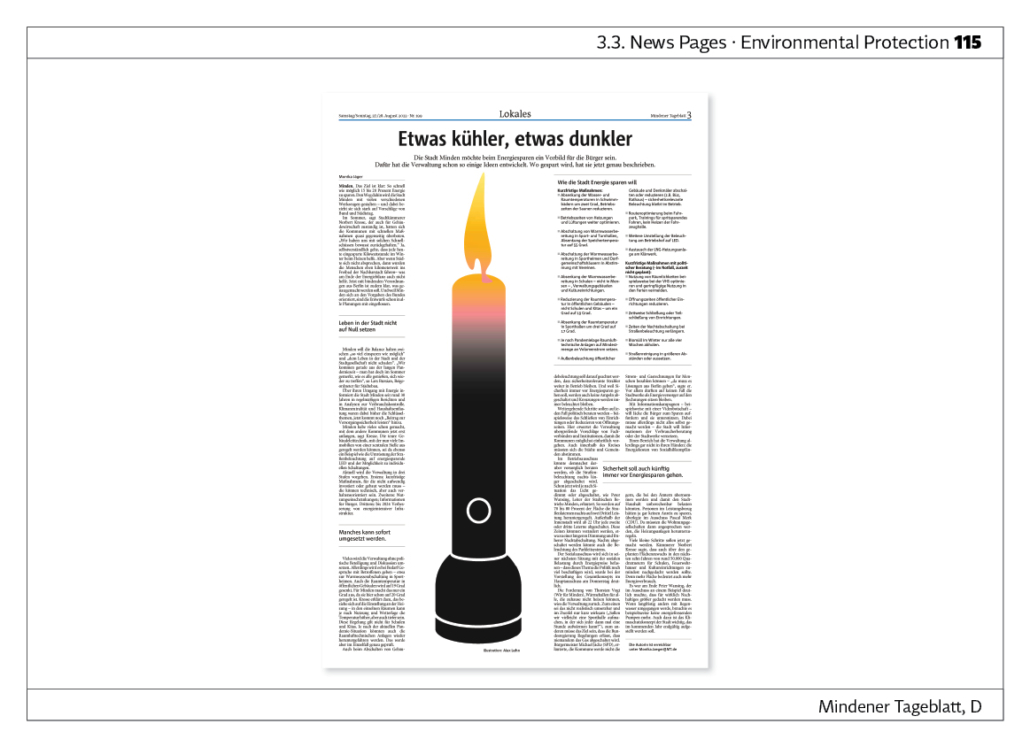
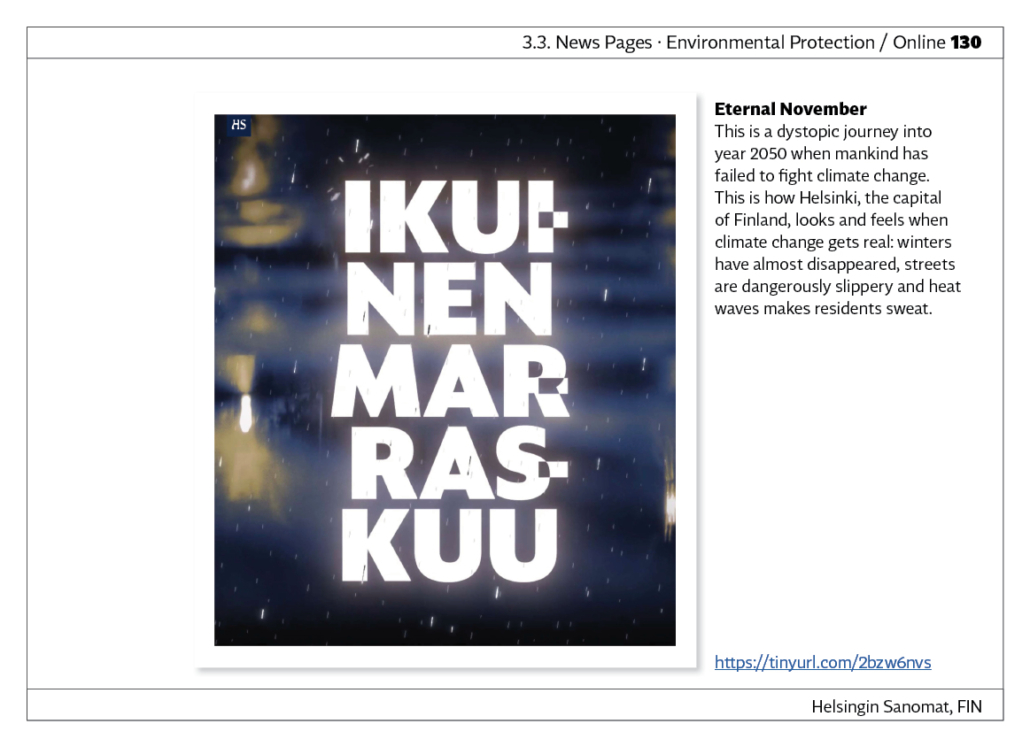
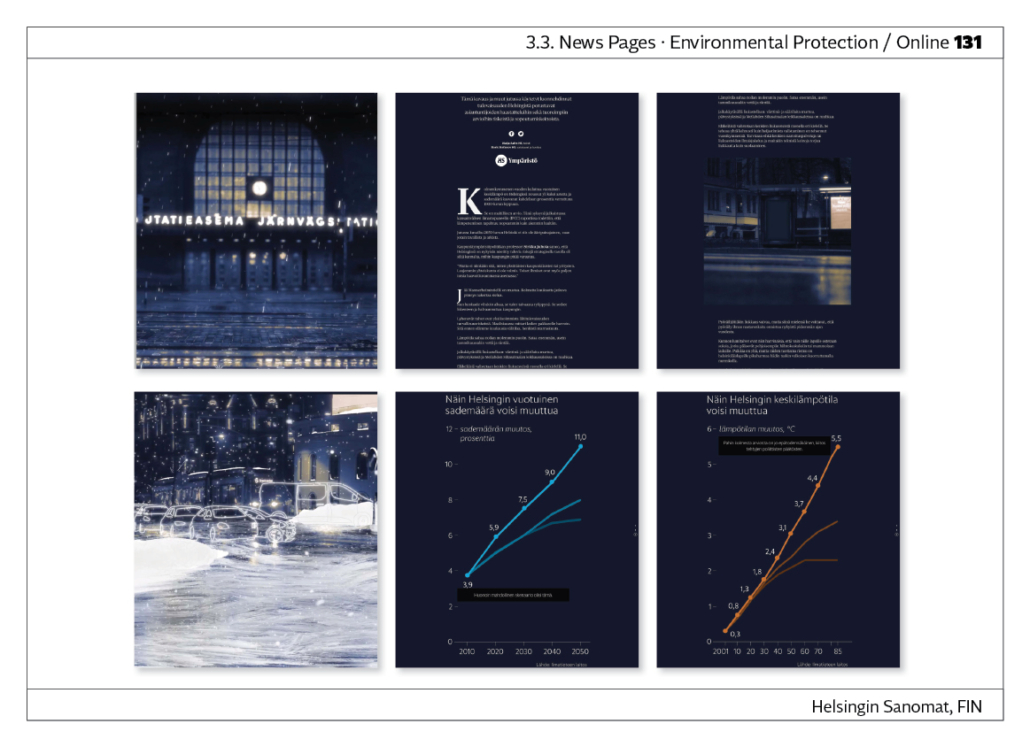
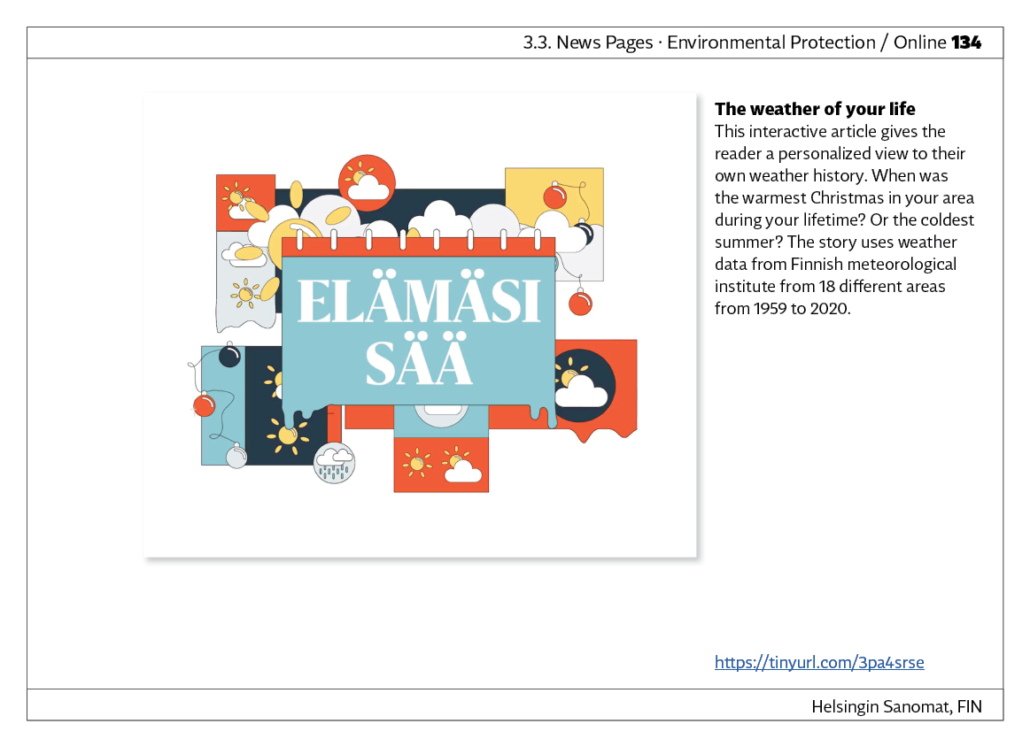
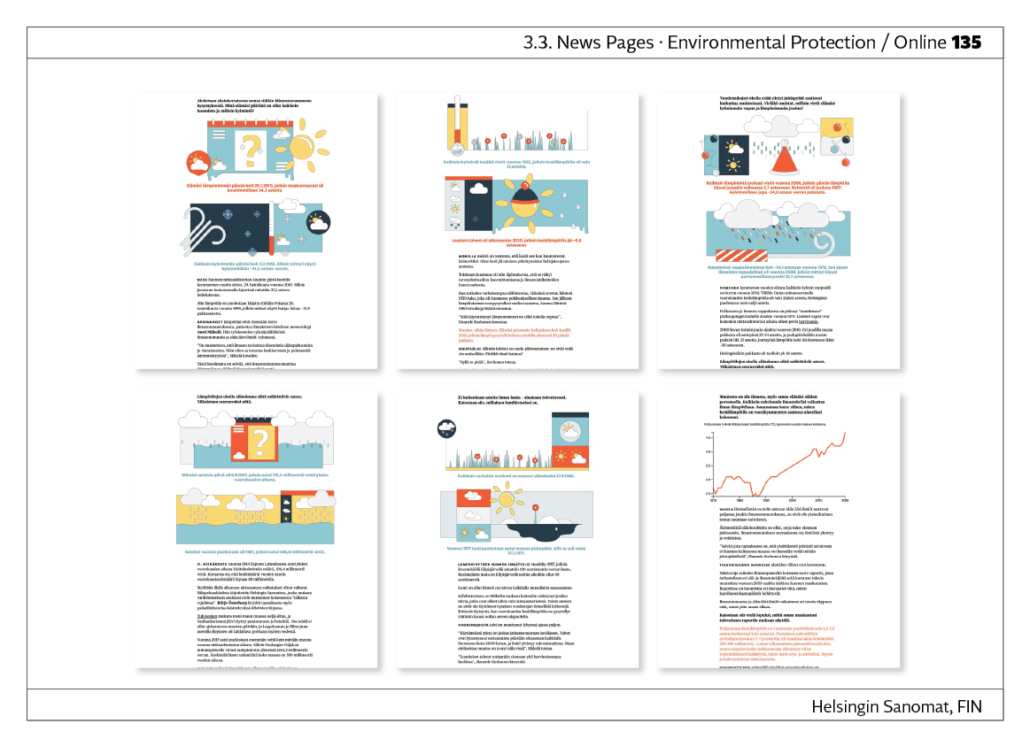
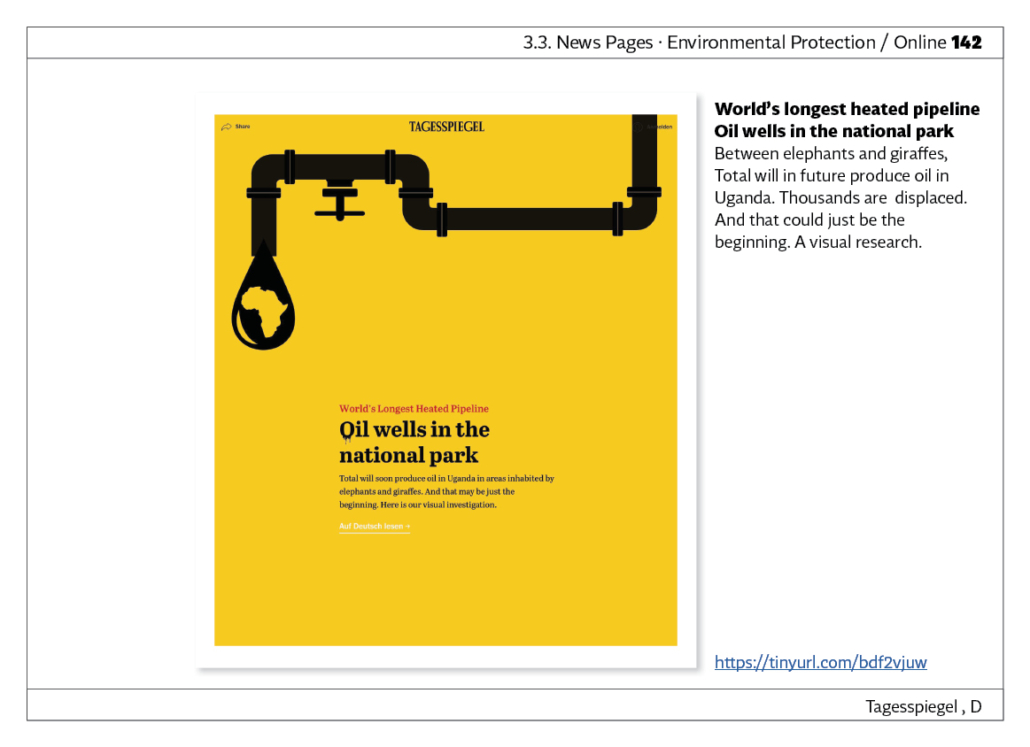
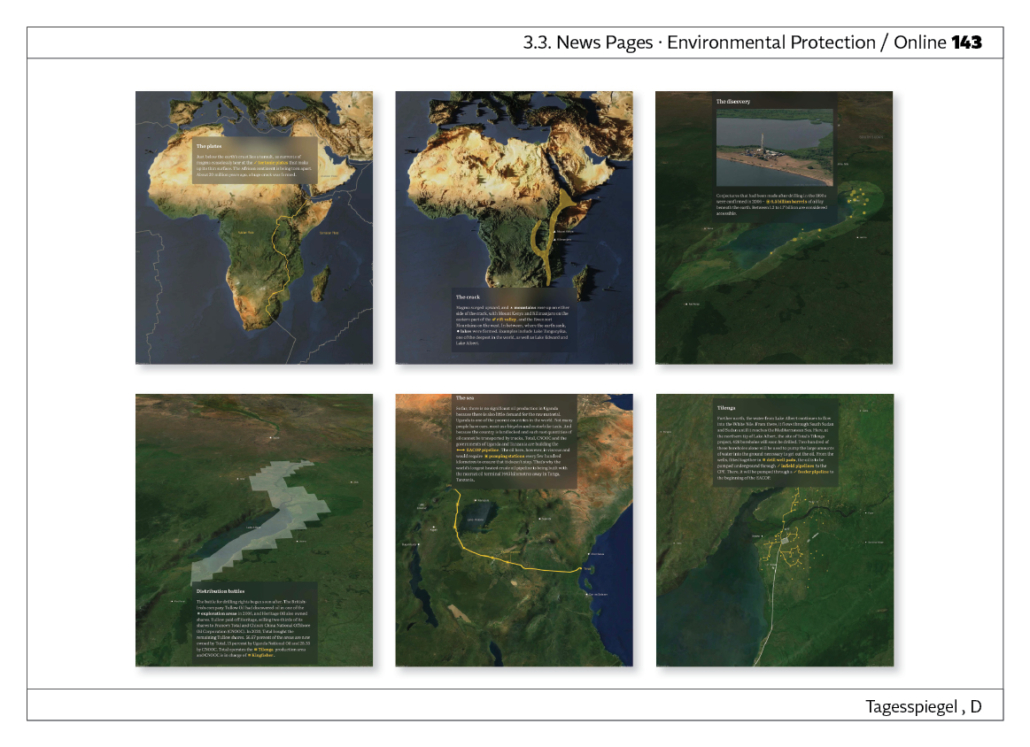
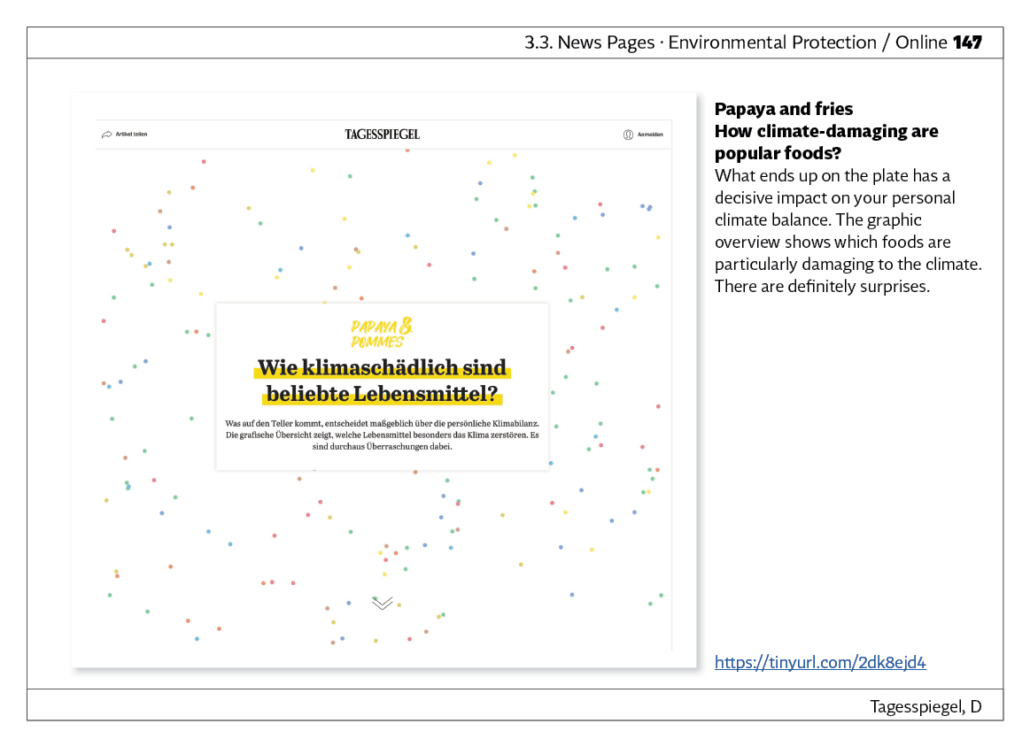
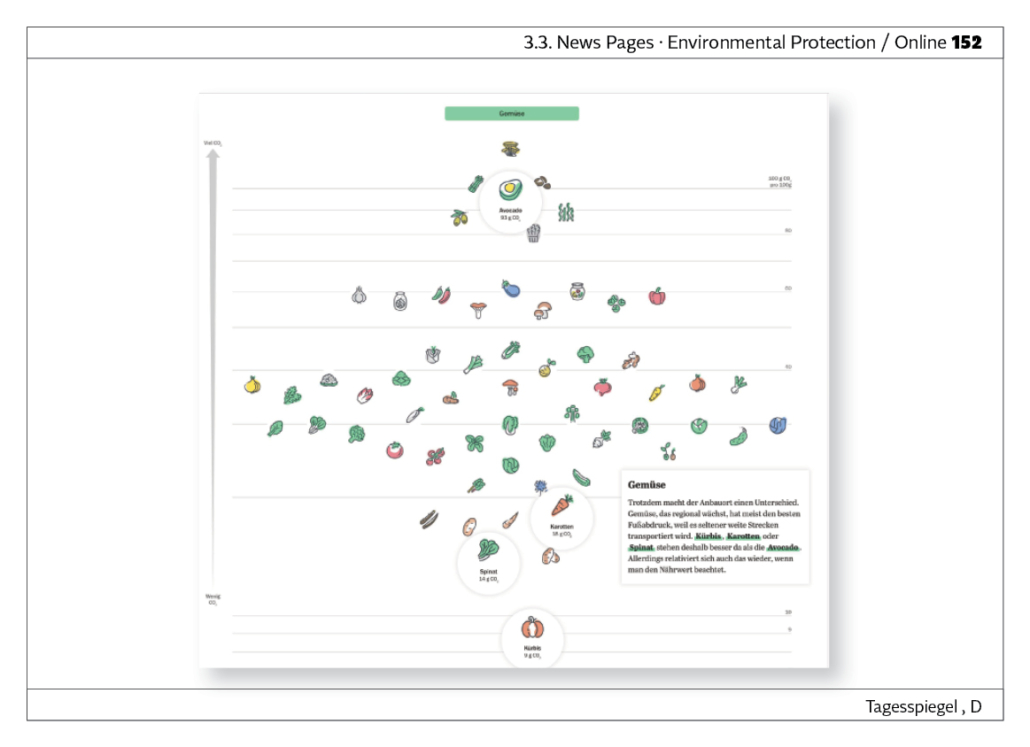
3.4 News pages print and online - elections - exemplary entries
In this category, submit articles in print and online on the topic of elections. A maximum of four entries are allowed.
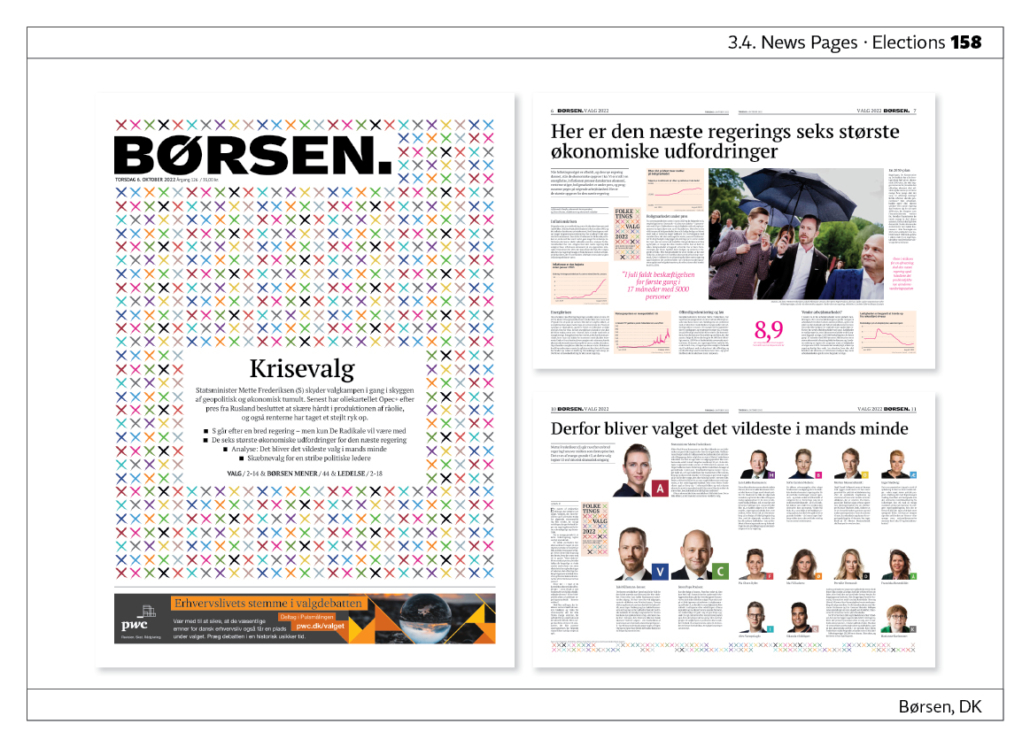
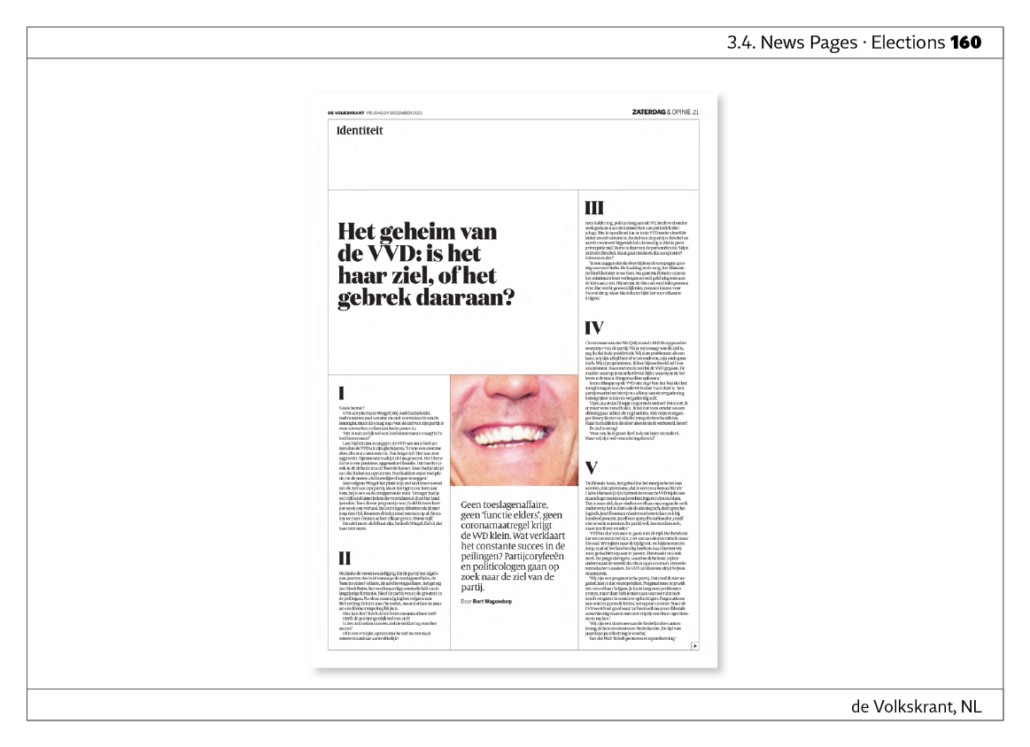
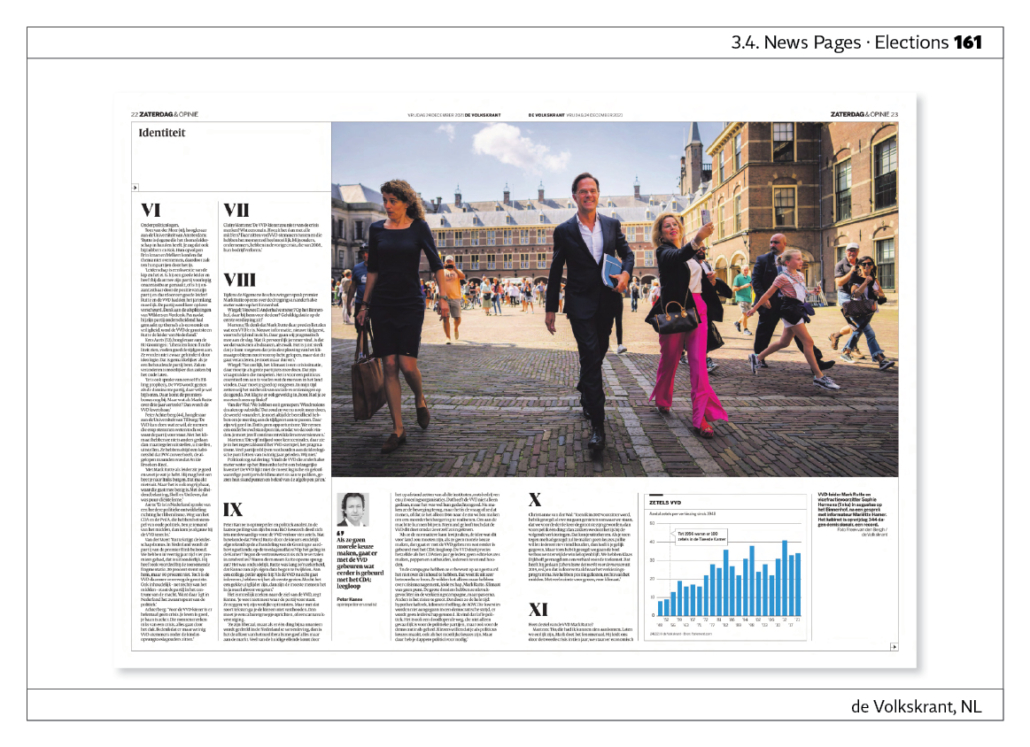
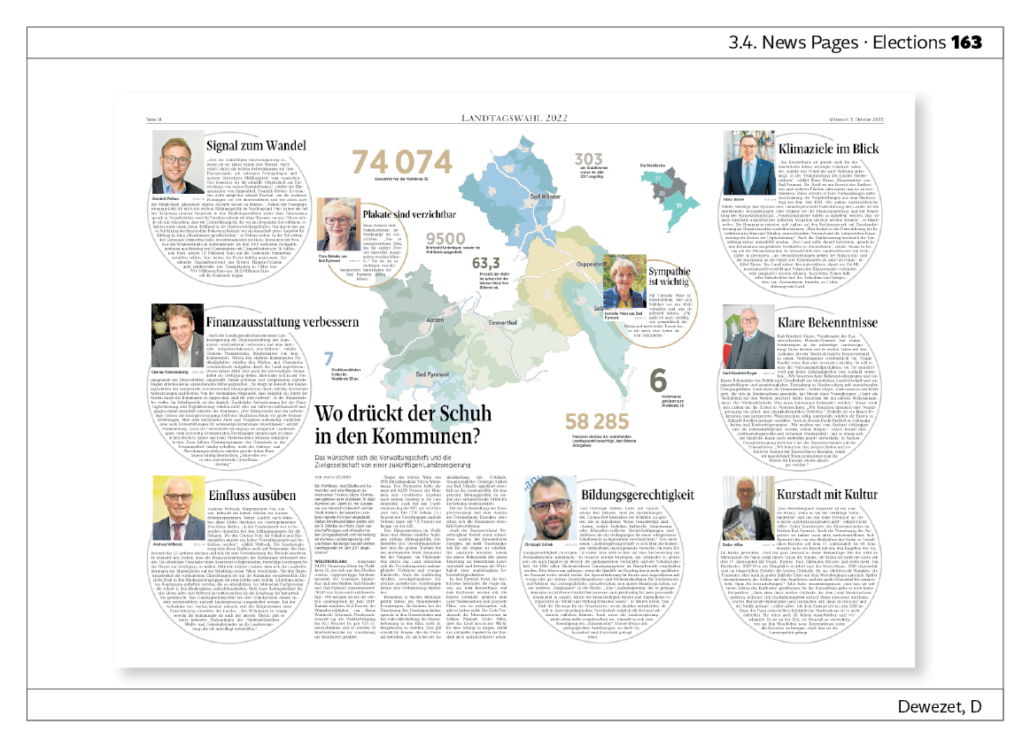
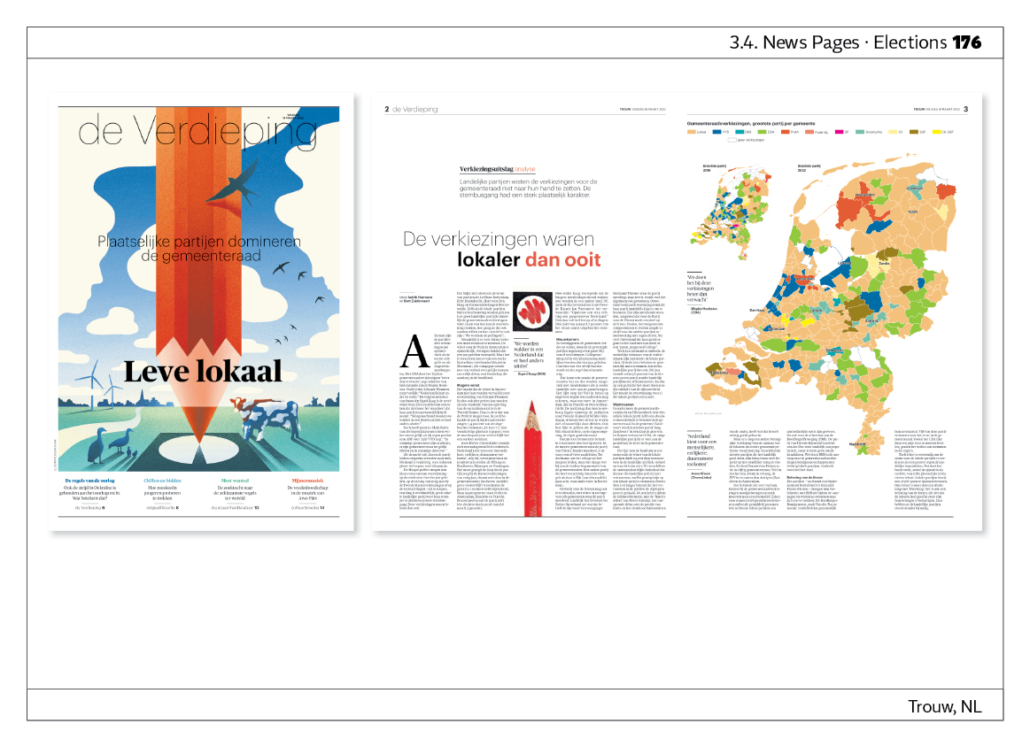
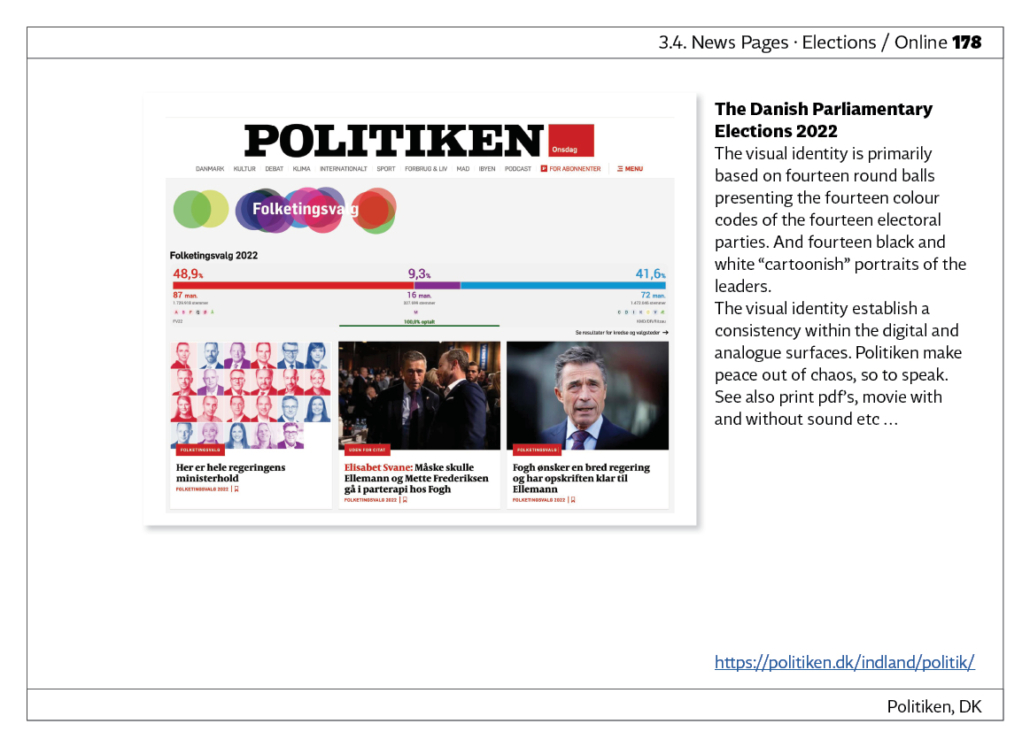
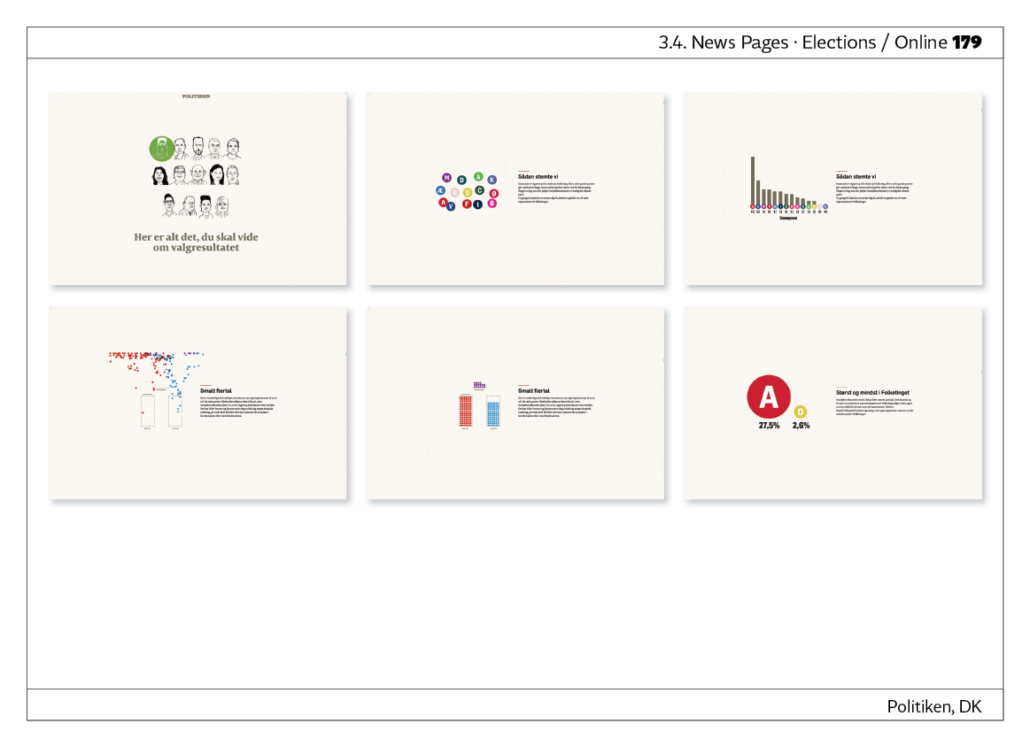
3.5 News pages print and online · Coronavirus - exemplary entries
Submit articles on the topic of coronavirus in this category in print and online. A maximum of four entries are allowed.
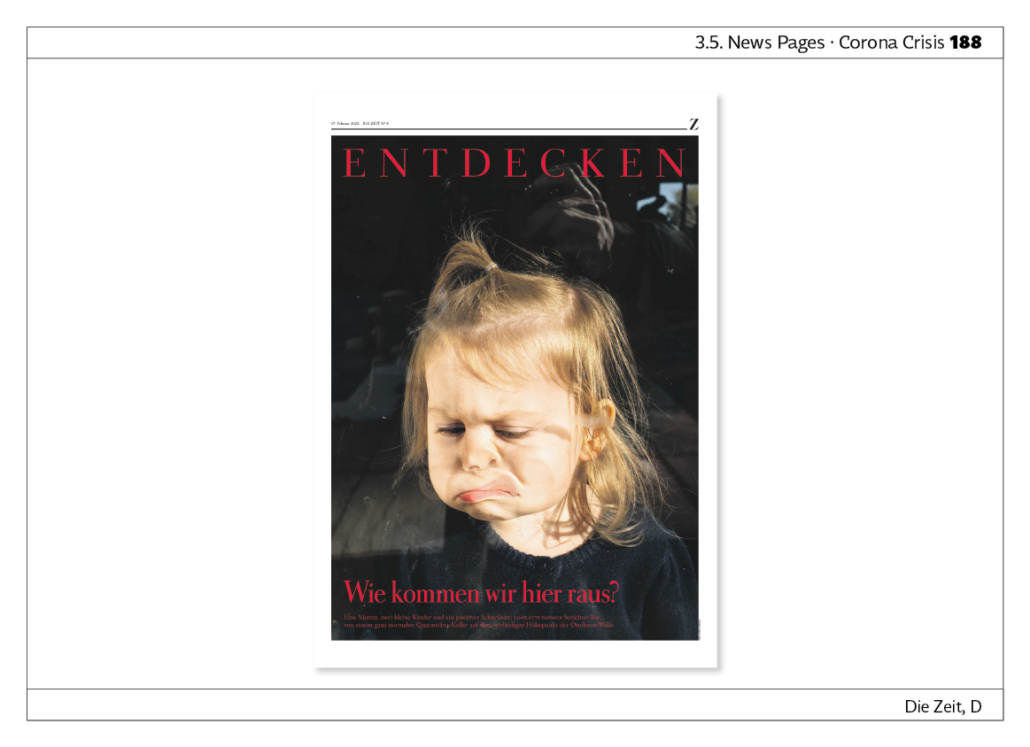
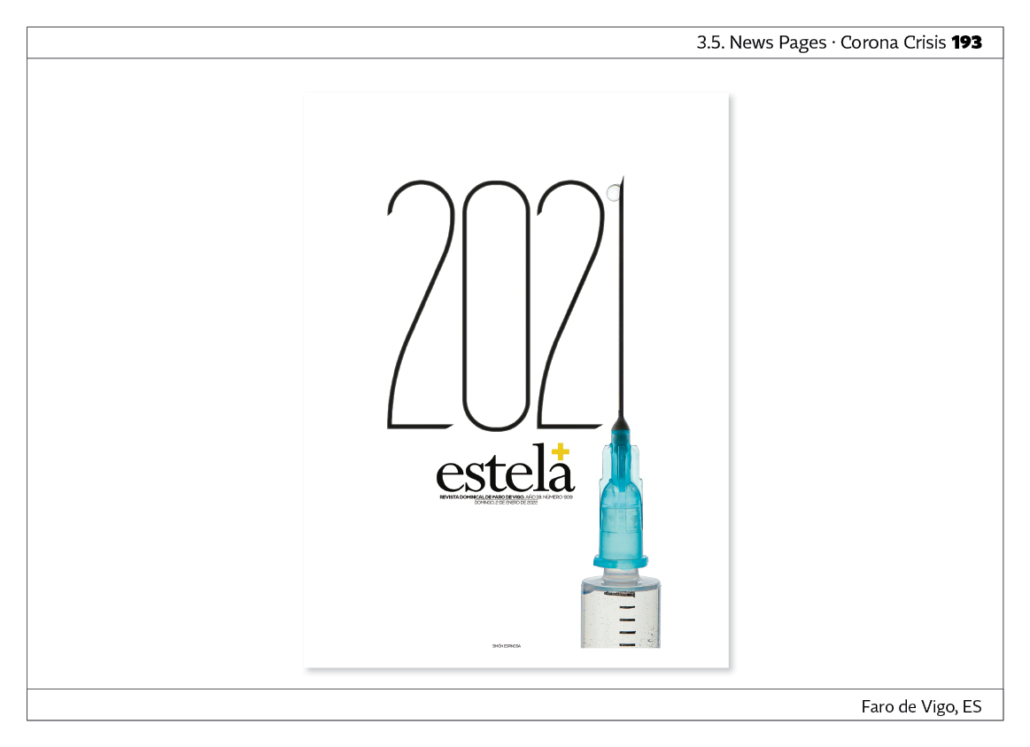
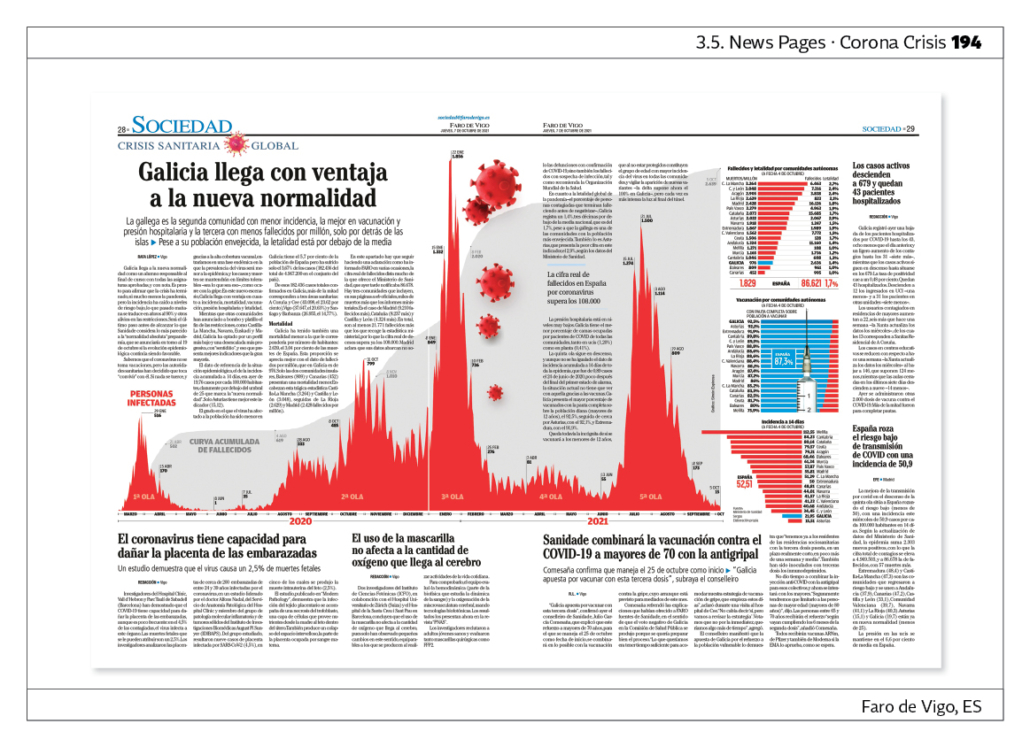
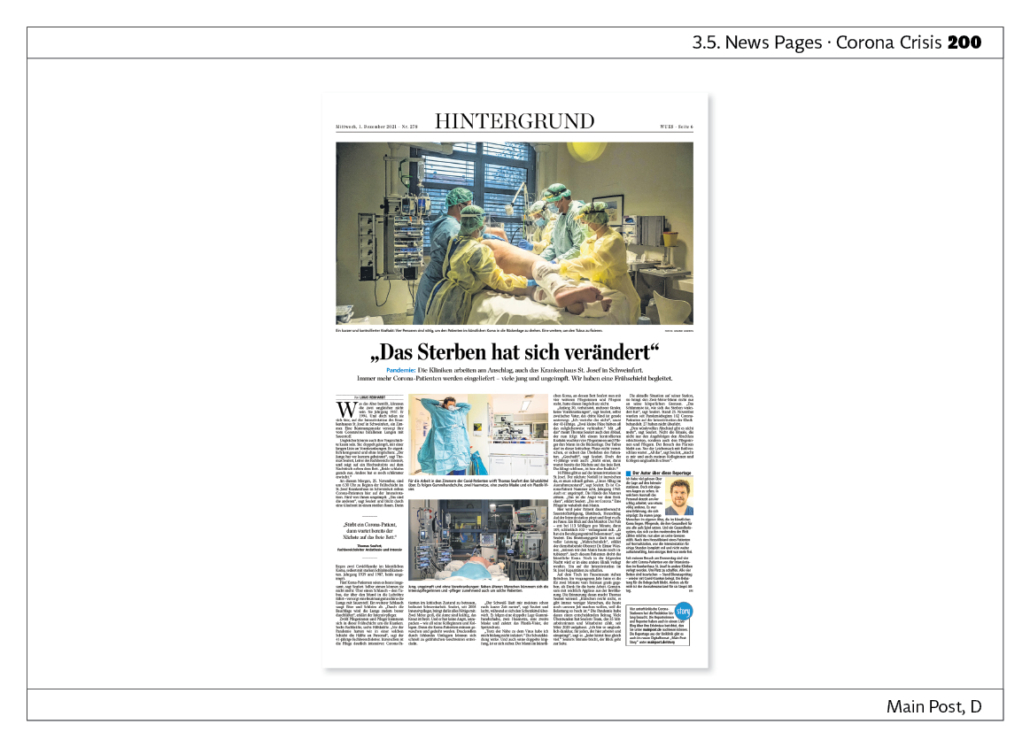
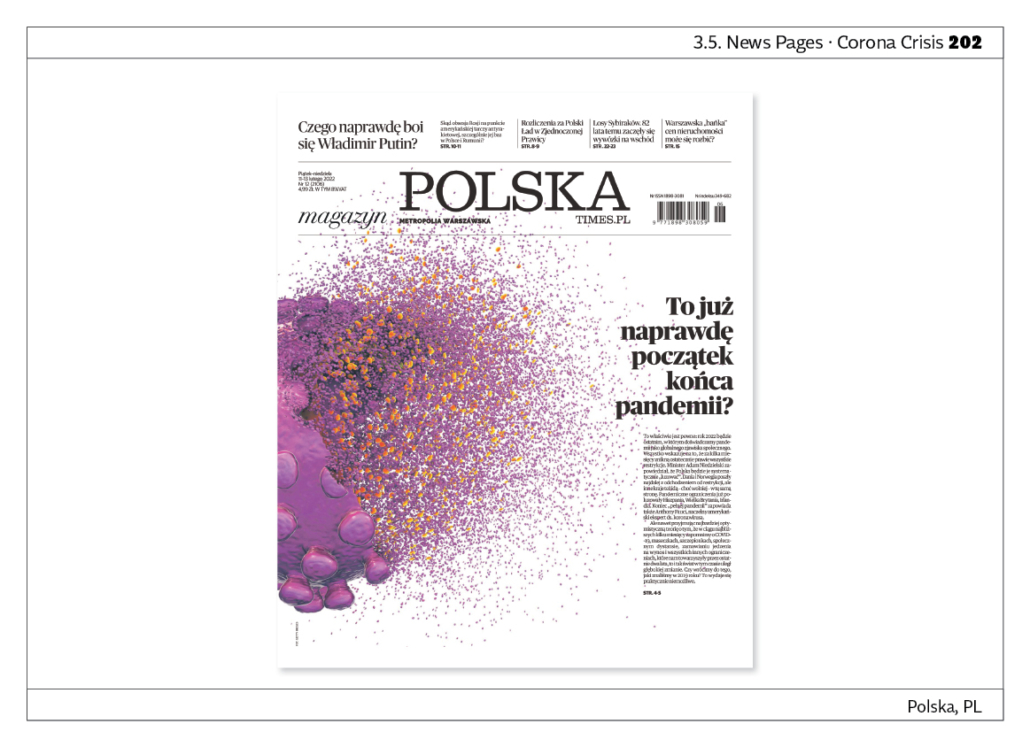
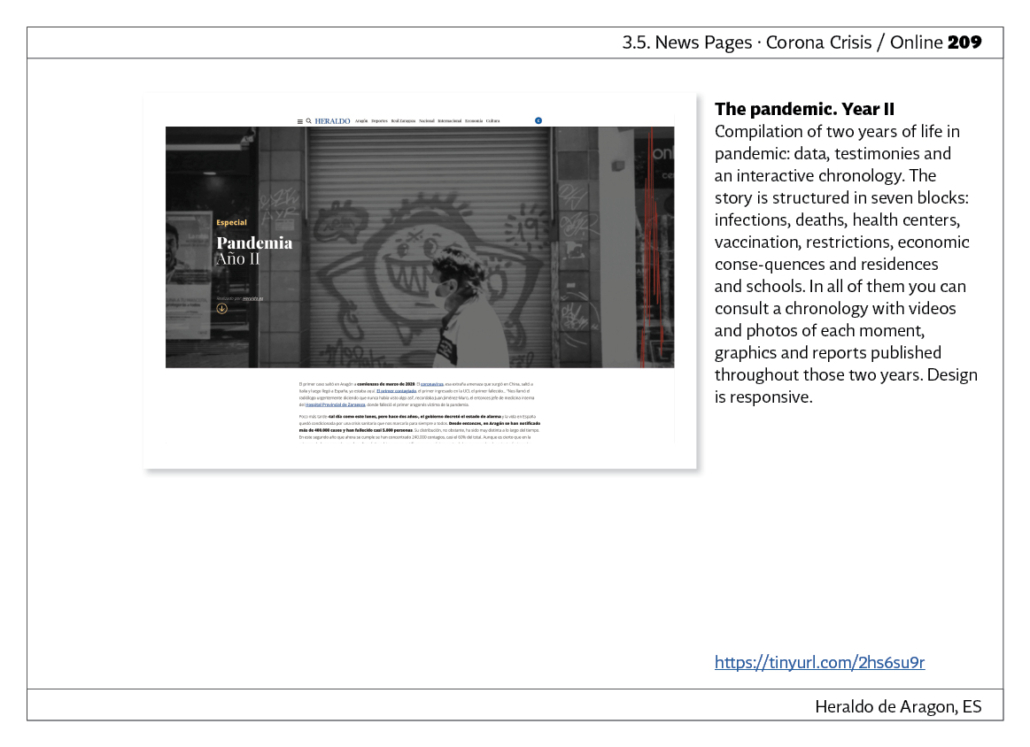
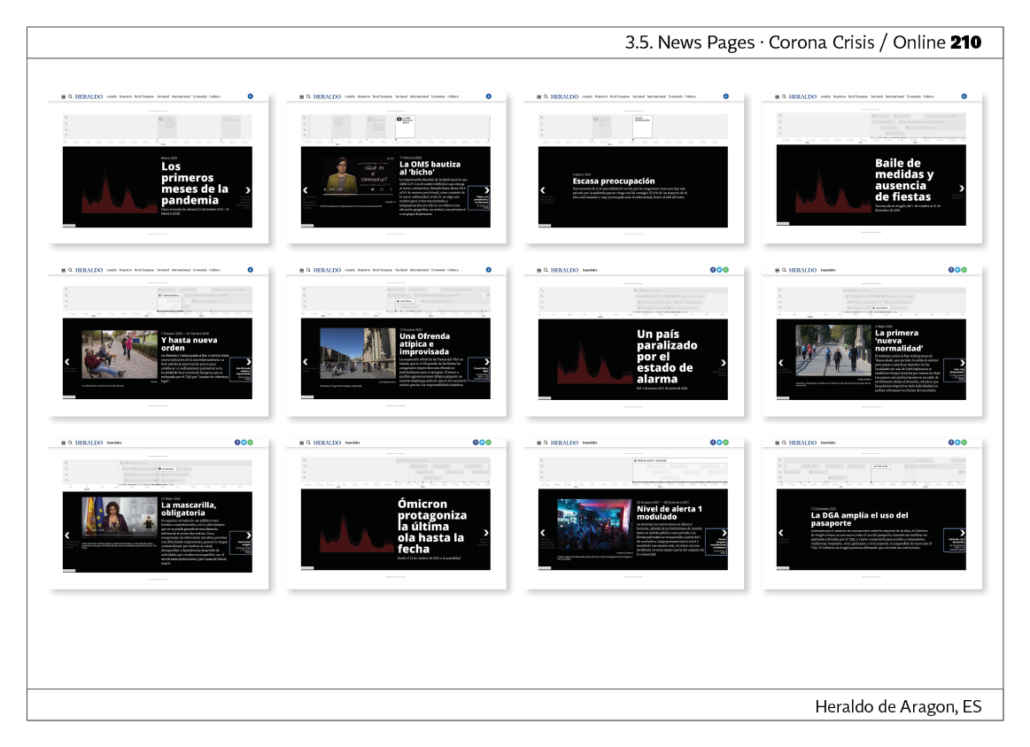
3.6 News pages print and online - celebrities deceased - exemplary entries
Submit entries in this category in print and online on the topic of prominent deceased persons. A maximum of four entries are allowed.
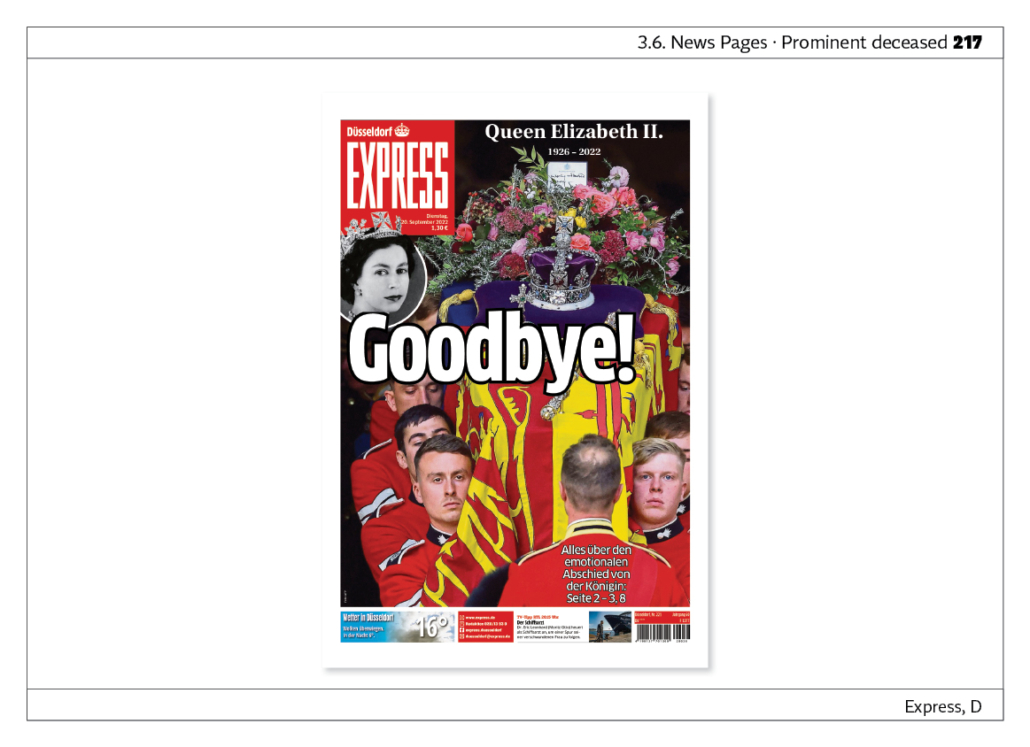
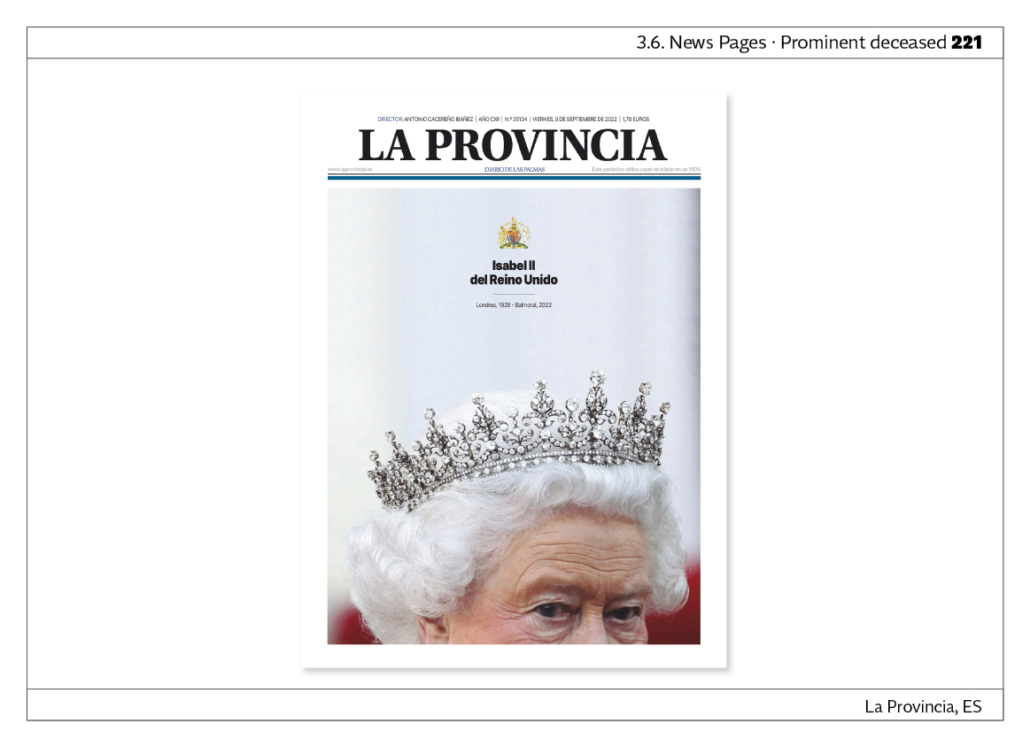
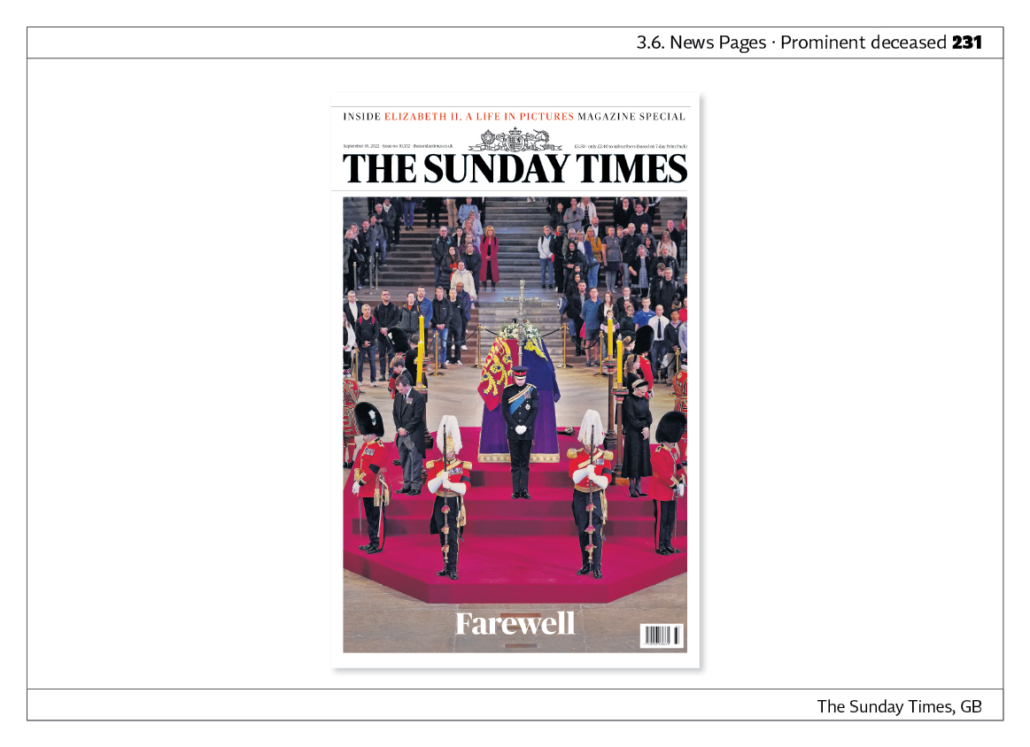
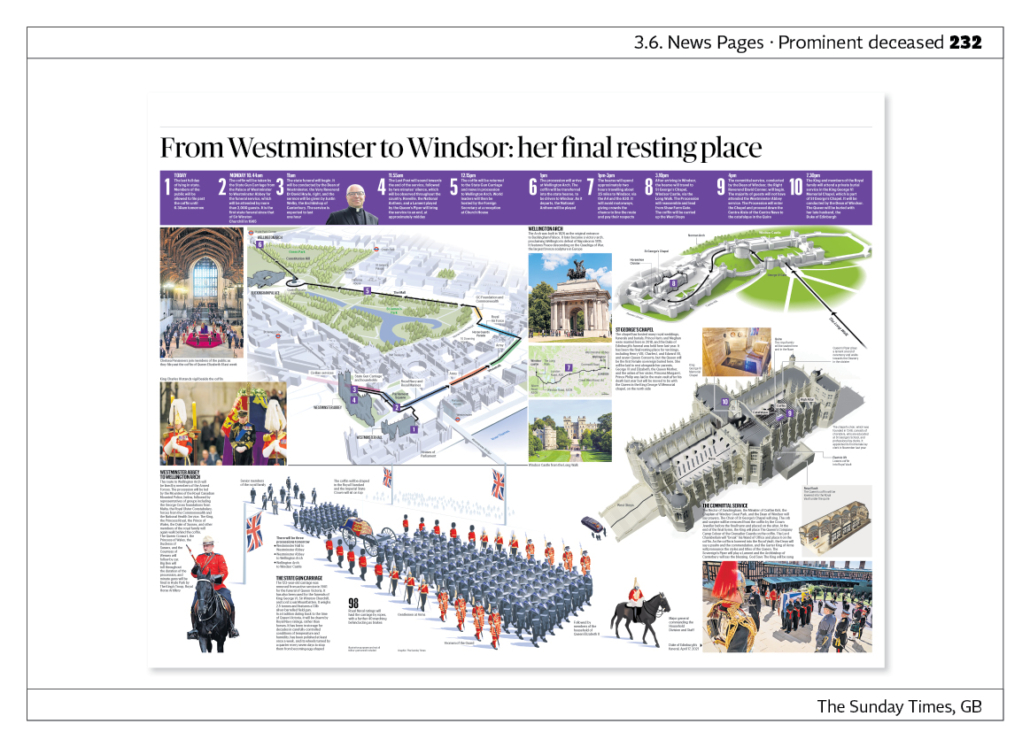
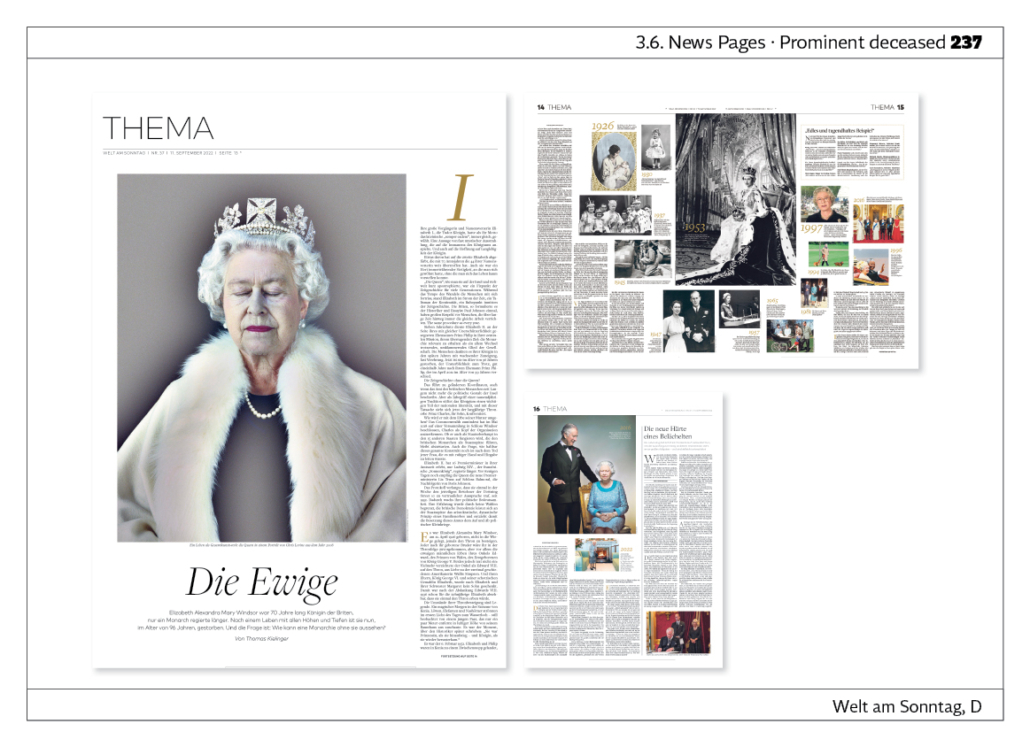
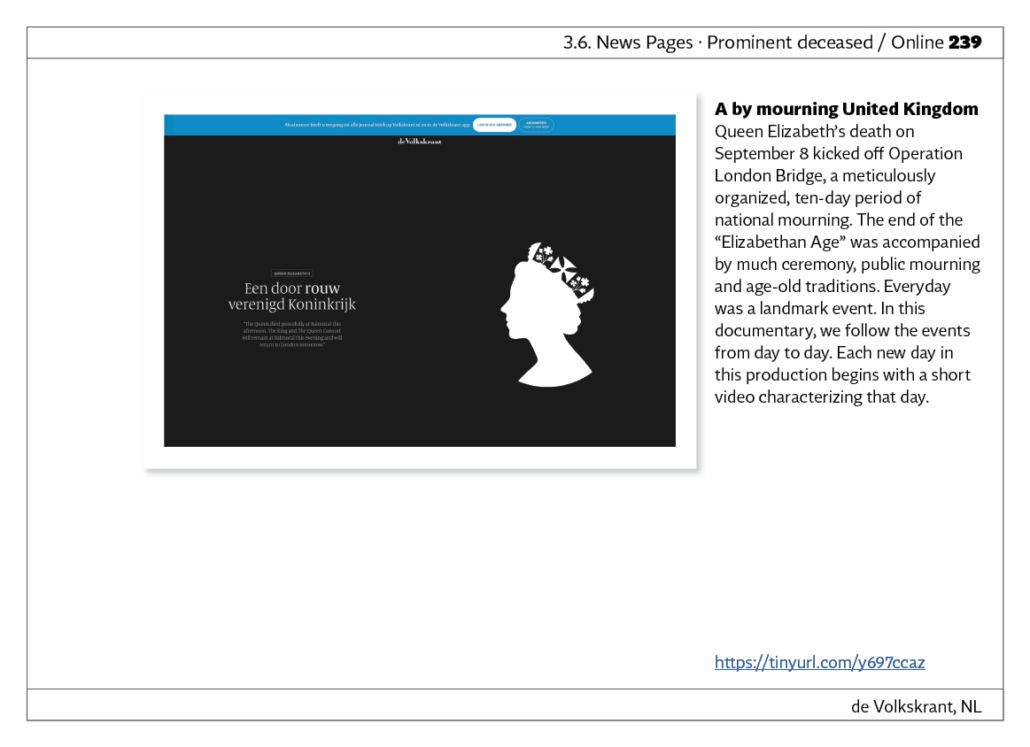
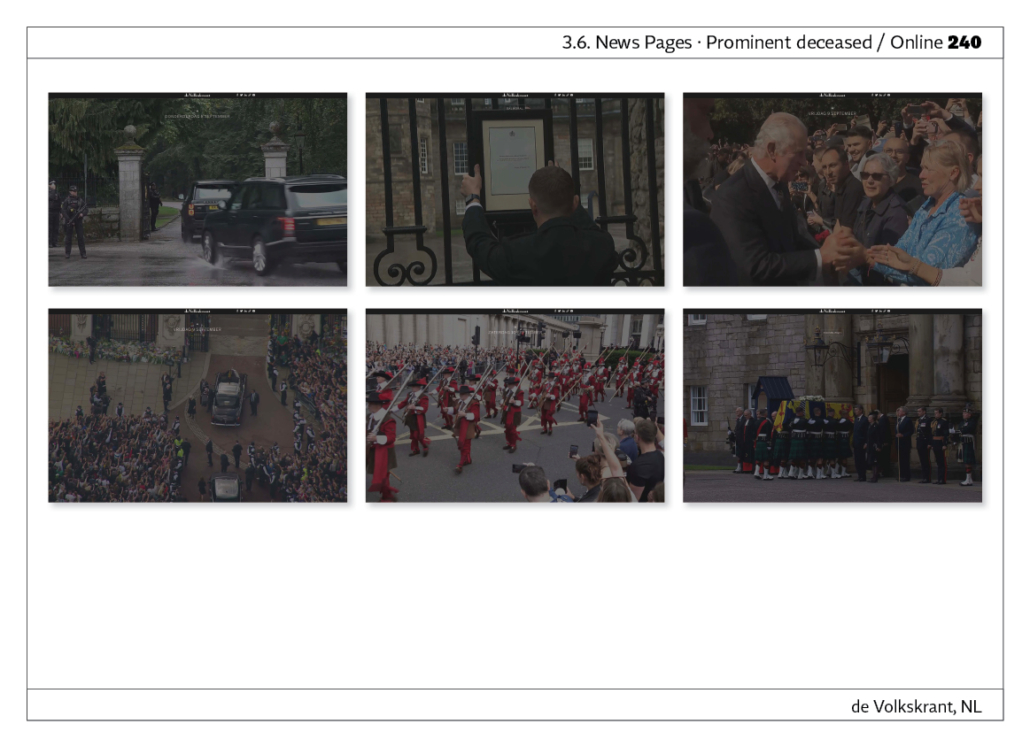
3.7 News pages print and online - European Football Championship
Submit articles on the topic of the Women’s World Cup in this category in print and online. A maximum of four works are allowed. Here is an example of the European Women’s Football Championship 2022.
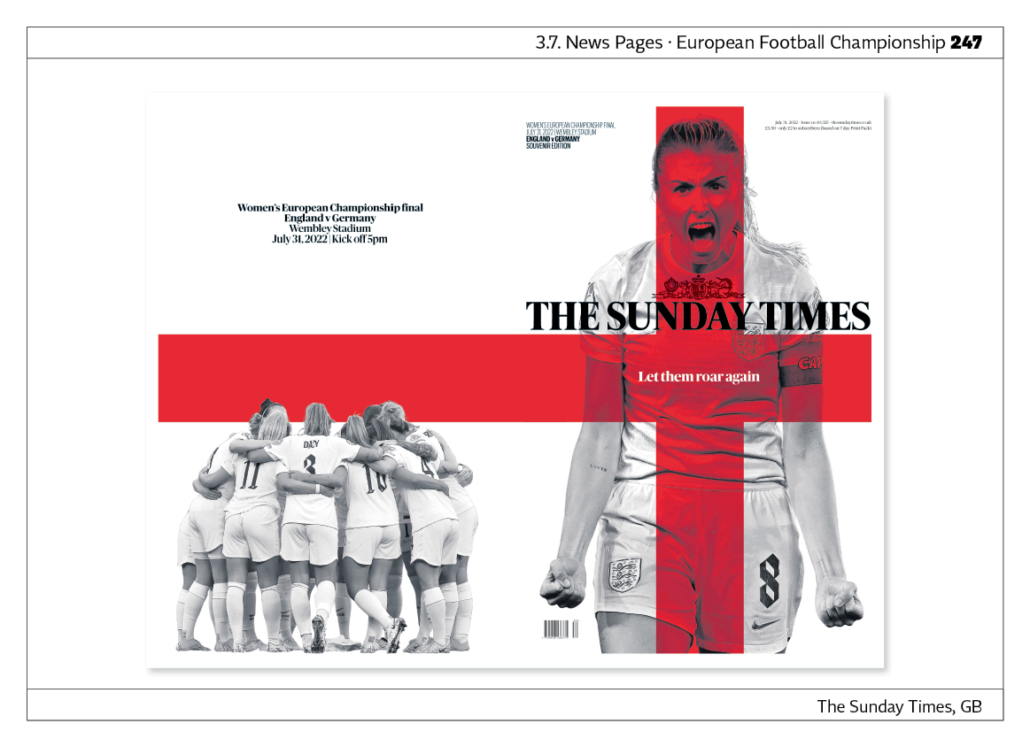
4.0. Photography - photographic series - exemplary pages
Photographic series can be submitted in this category. A maximum of four entries are allowed.
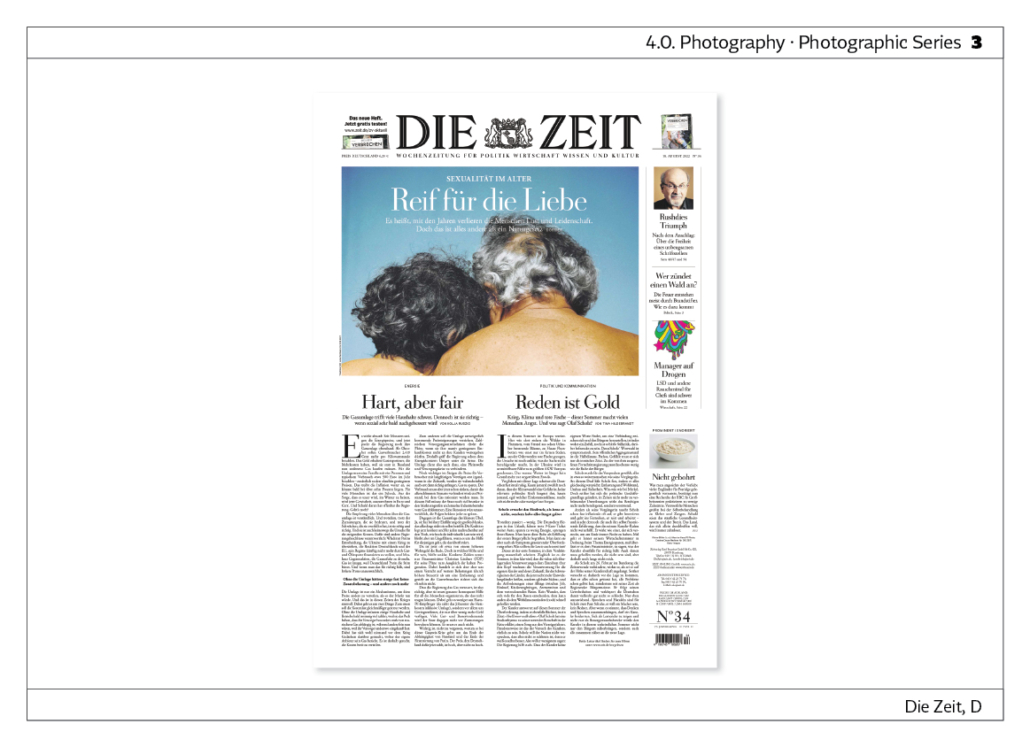
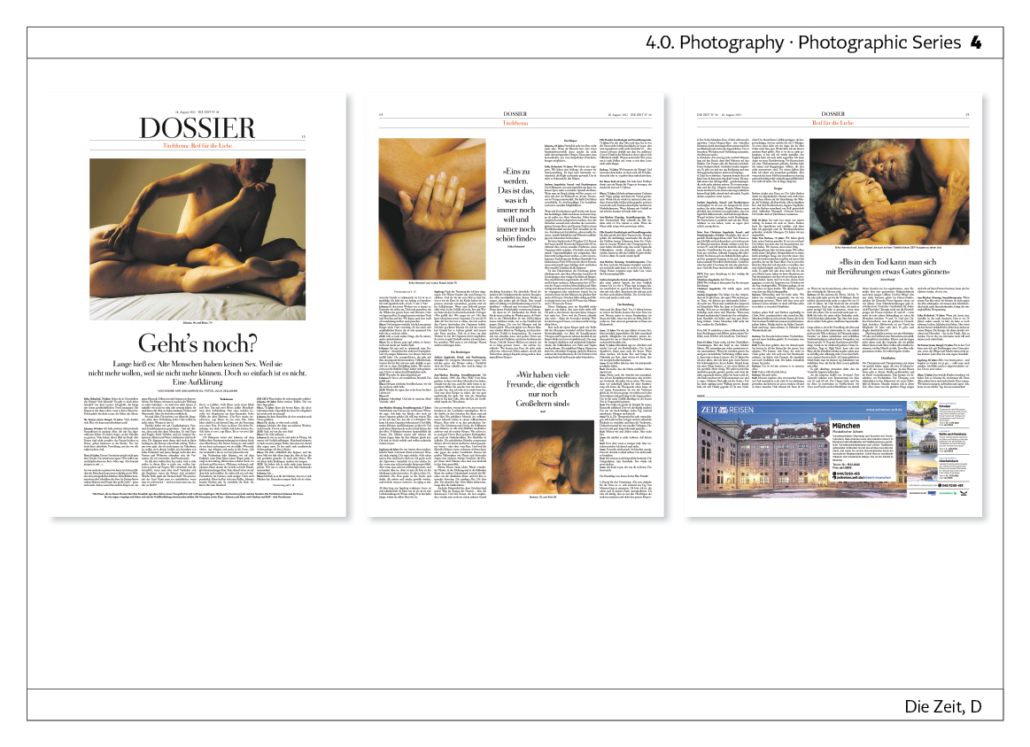
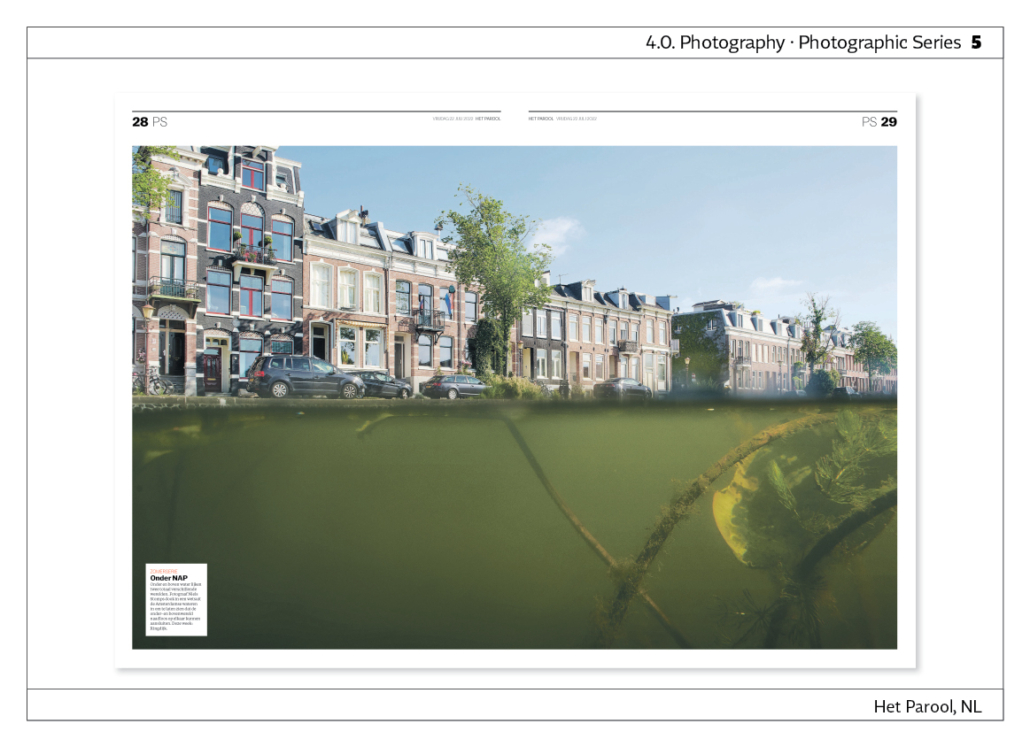
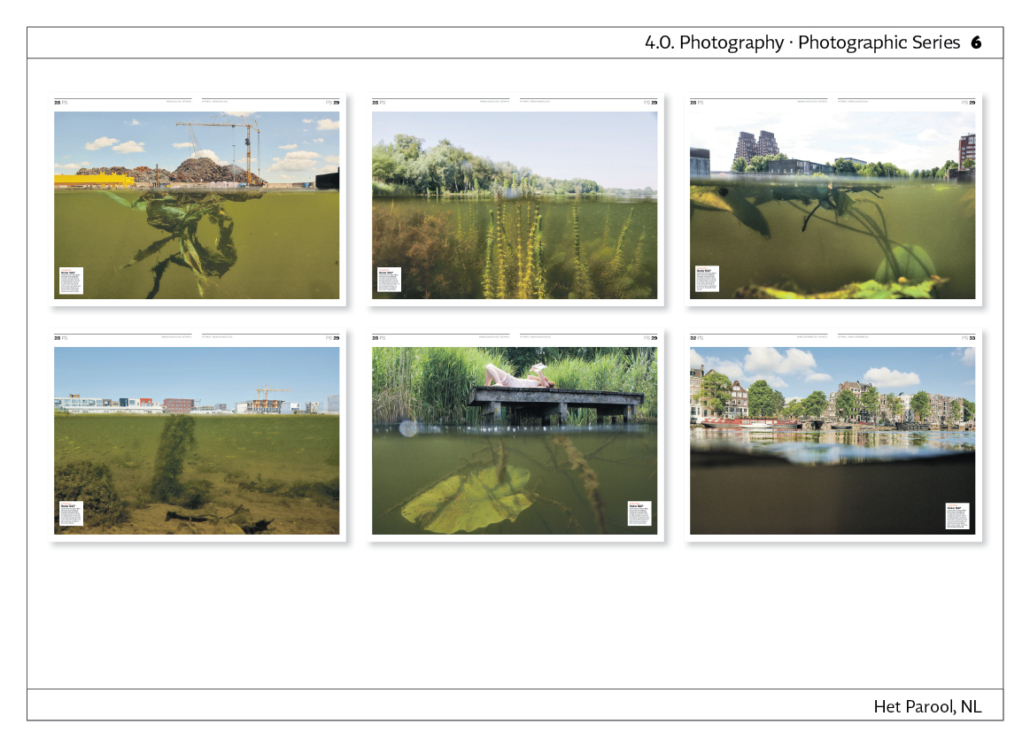
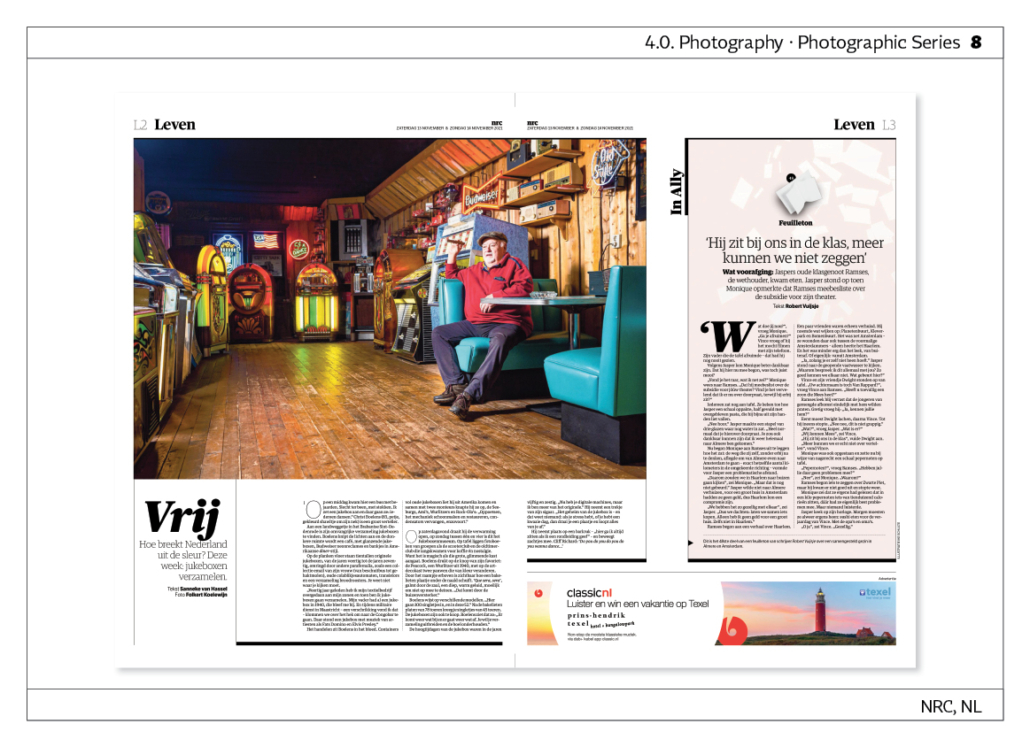
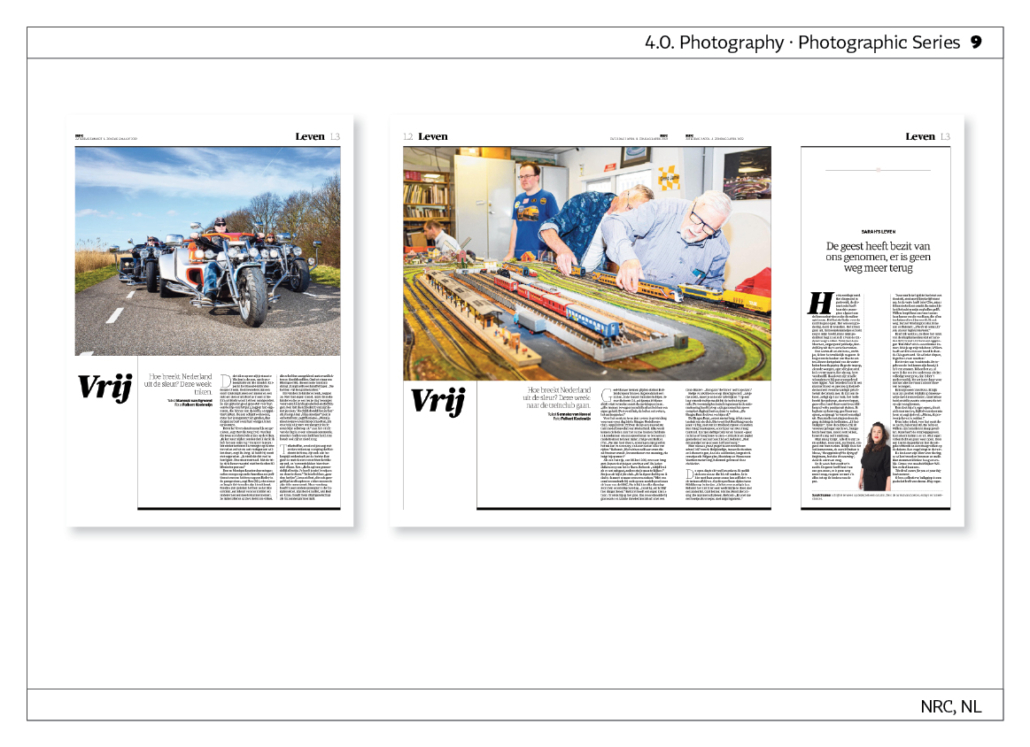
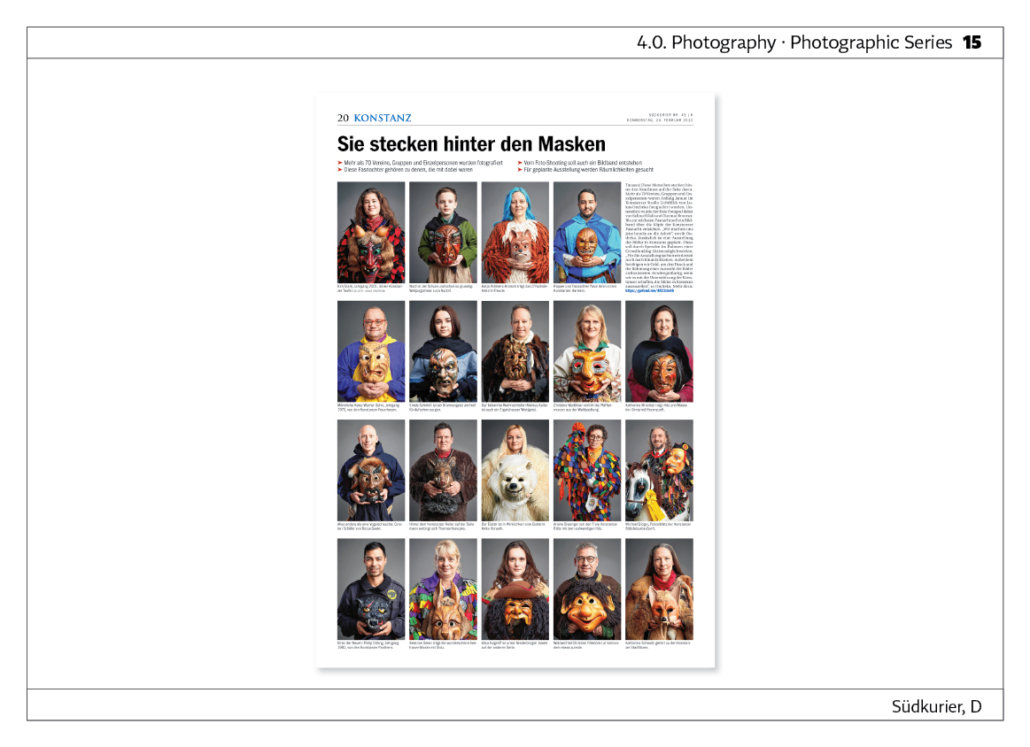
4.1. Photography - portrait - exemplary pages
Portraits can be submitted in this category. A maximum of four entries are allowed.
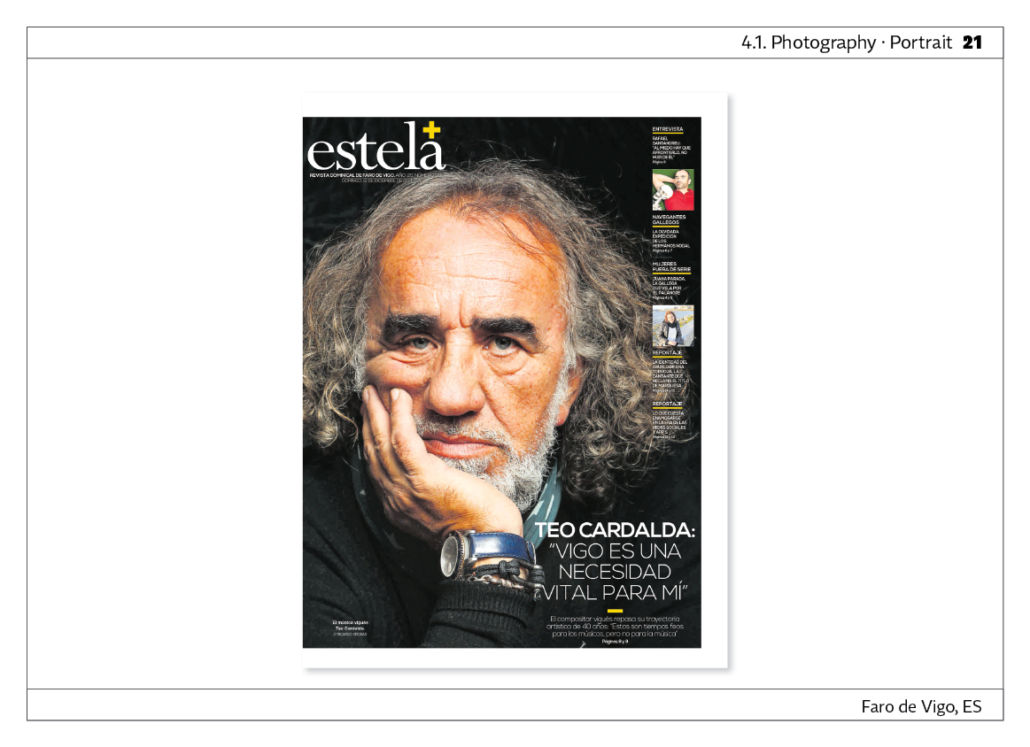
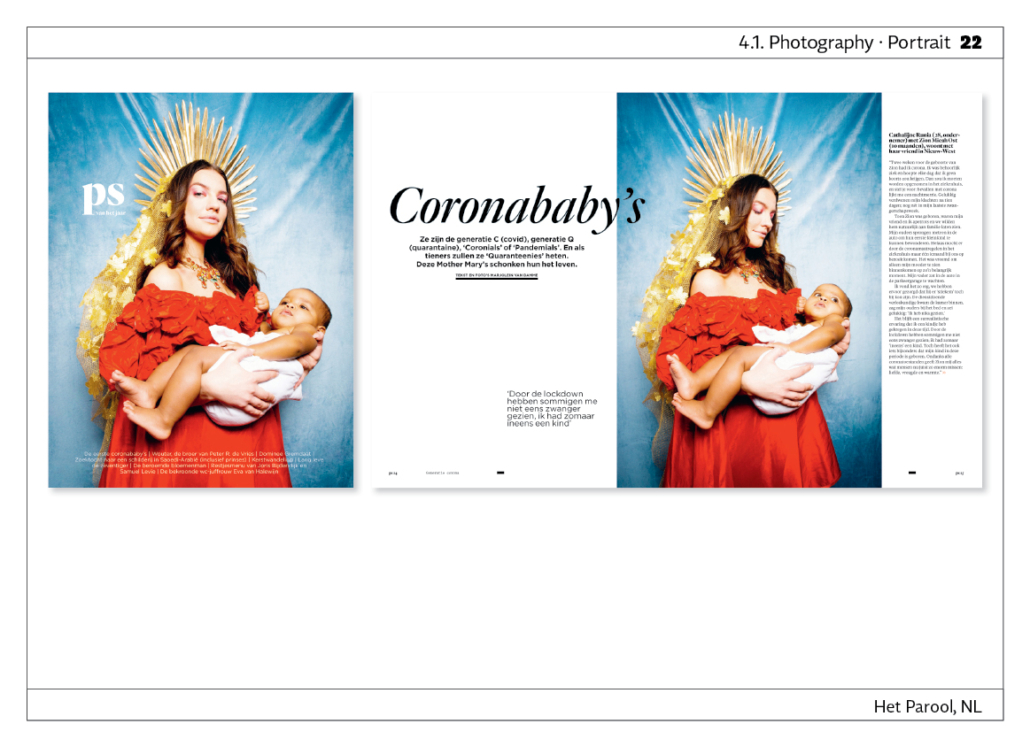
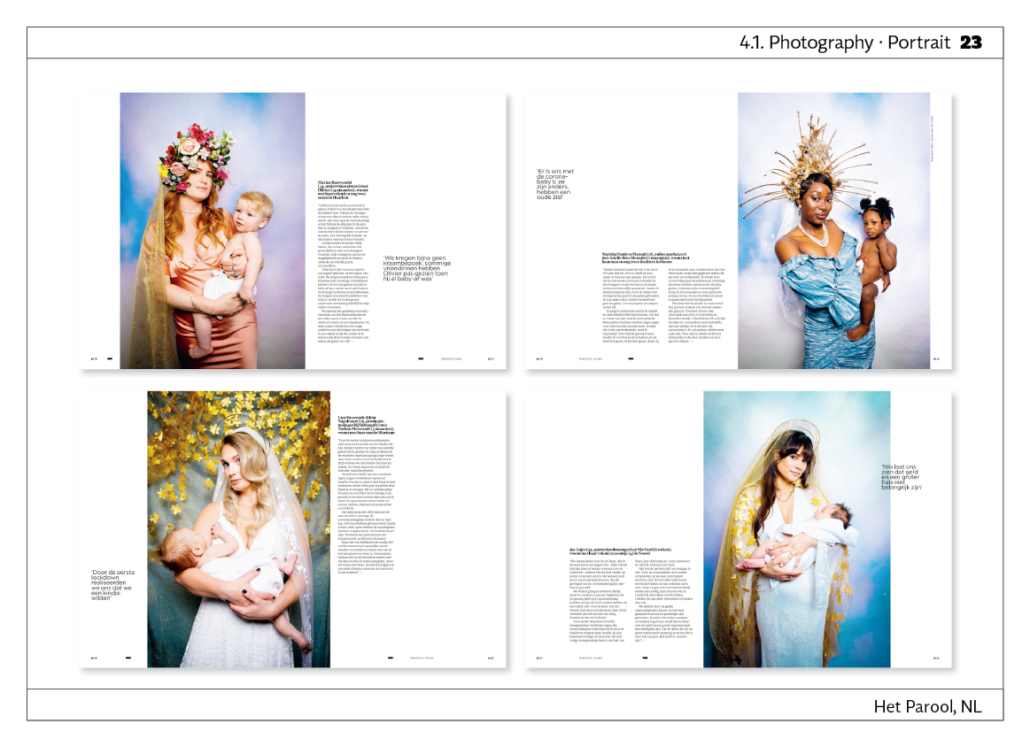
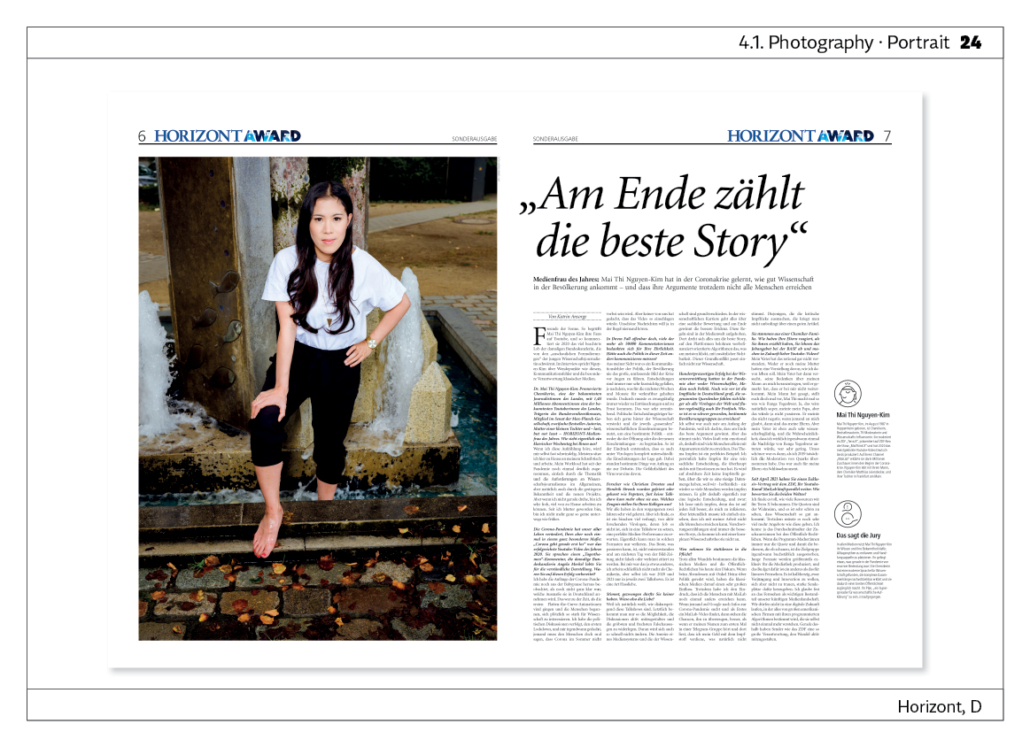
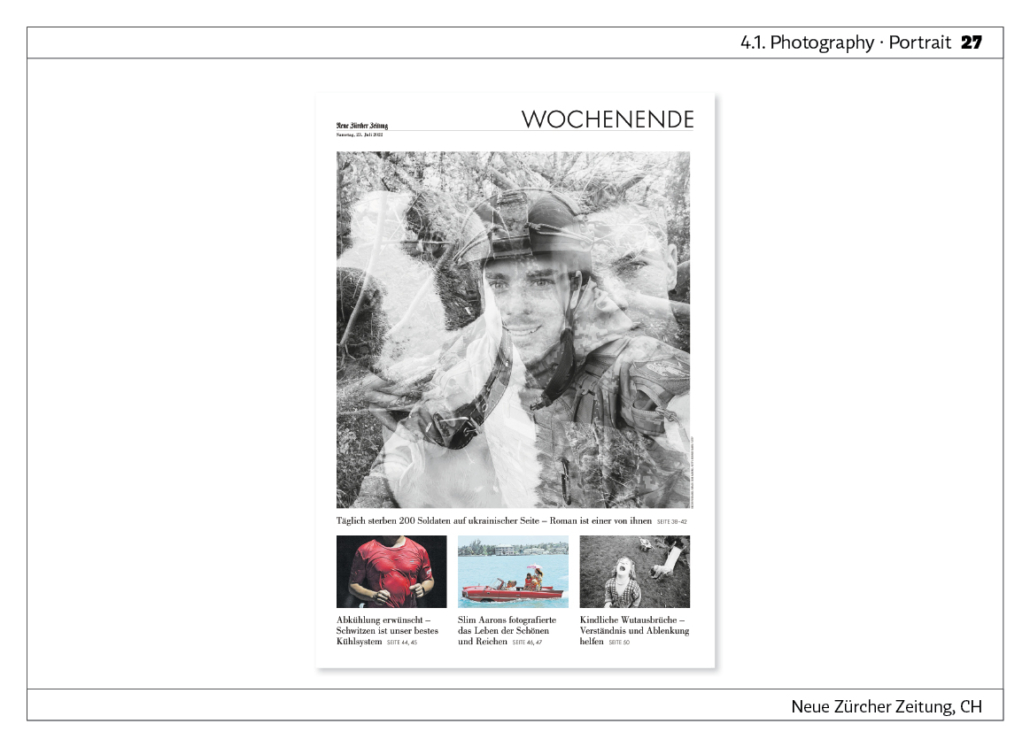
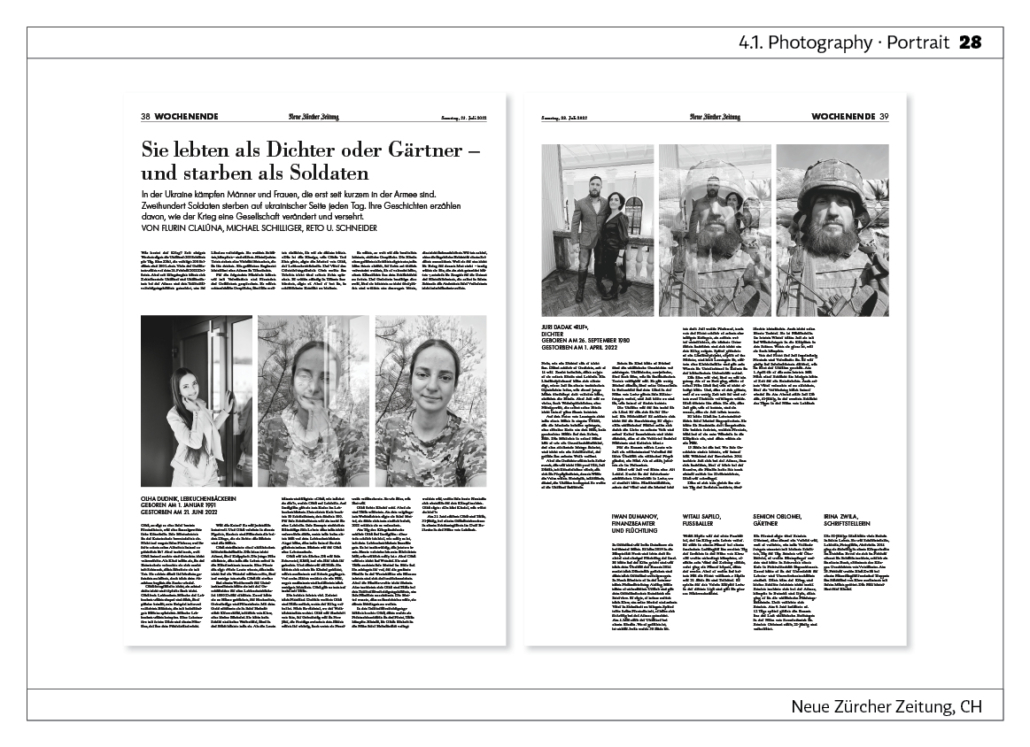
4.2 Photography - image editing - exemplary pages
Pages with outstanding image editing can be submitted in this category. A maximum of four entries are allowed.
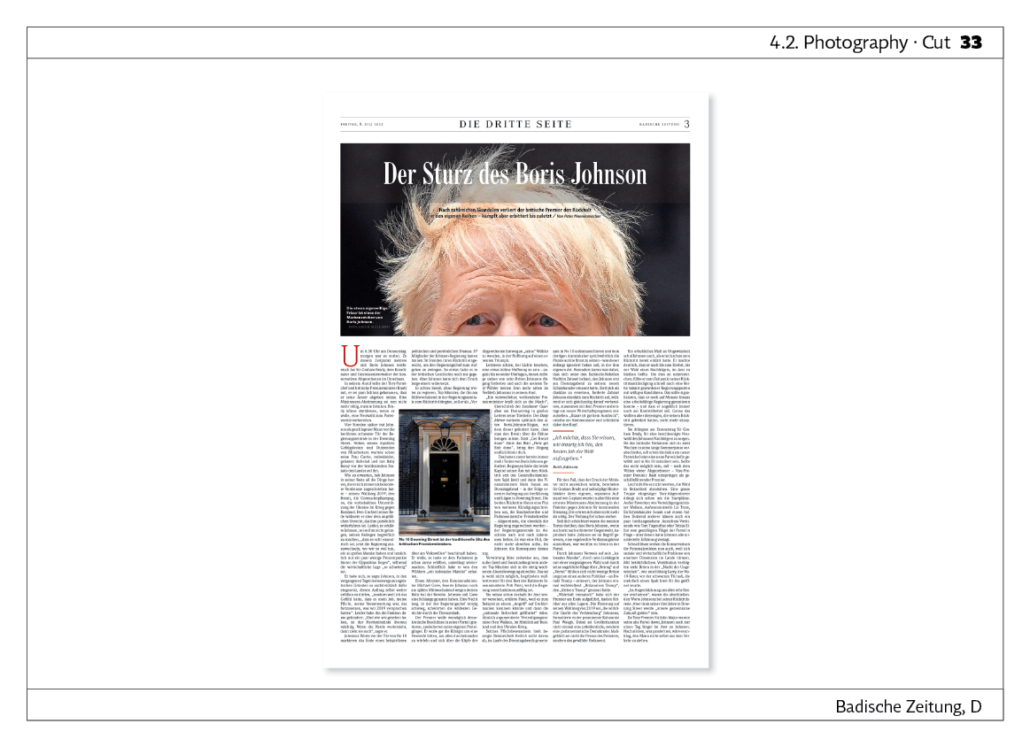
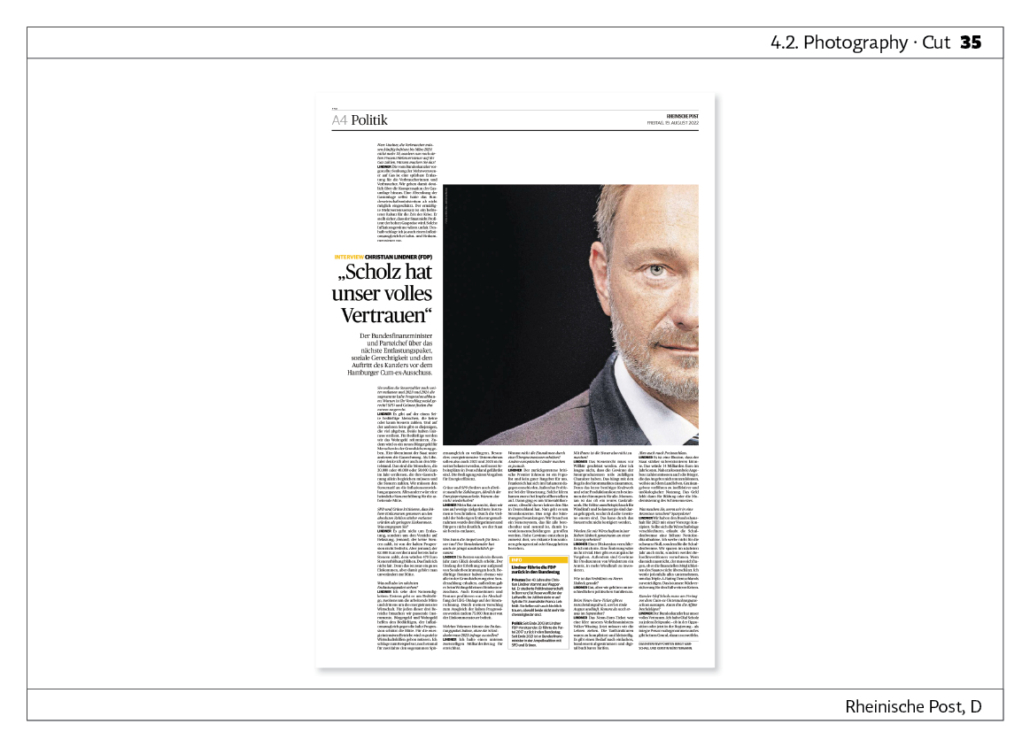
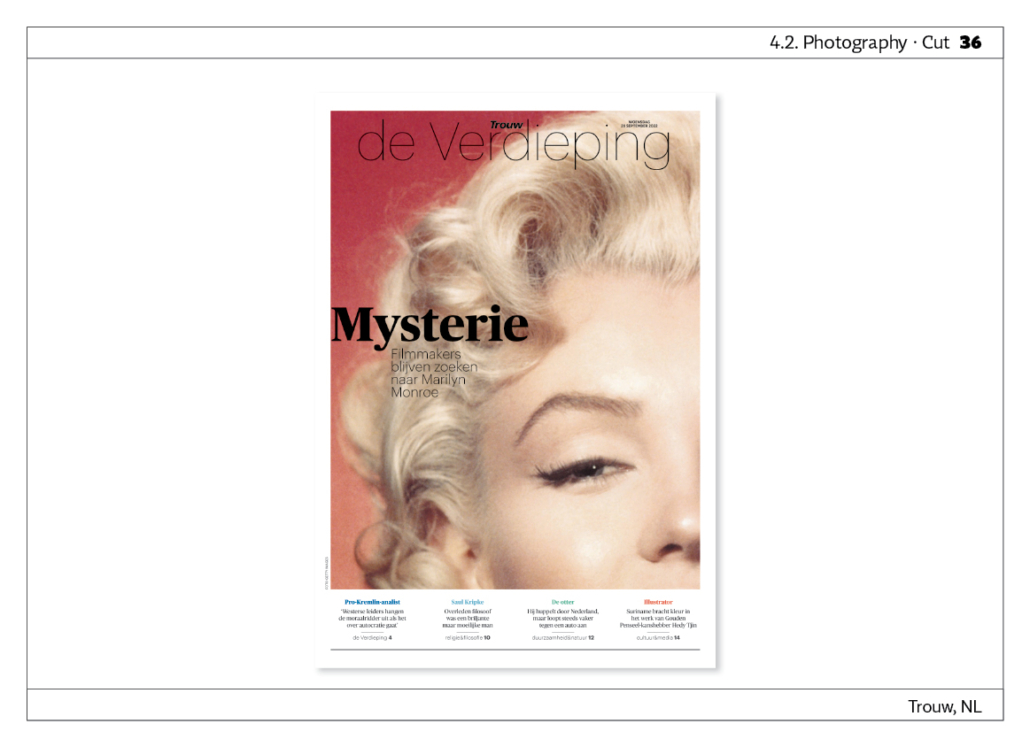
4.3 Photography - sequence - exemplary pages
Pages with outstanding sequences can be submitted in this category. A maximum of four entries are allowed.
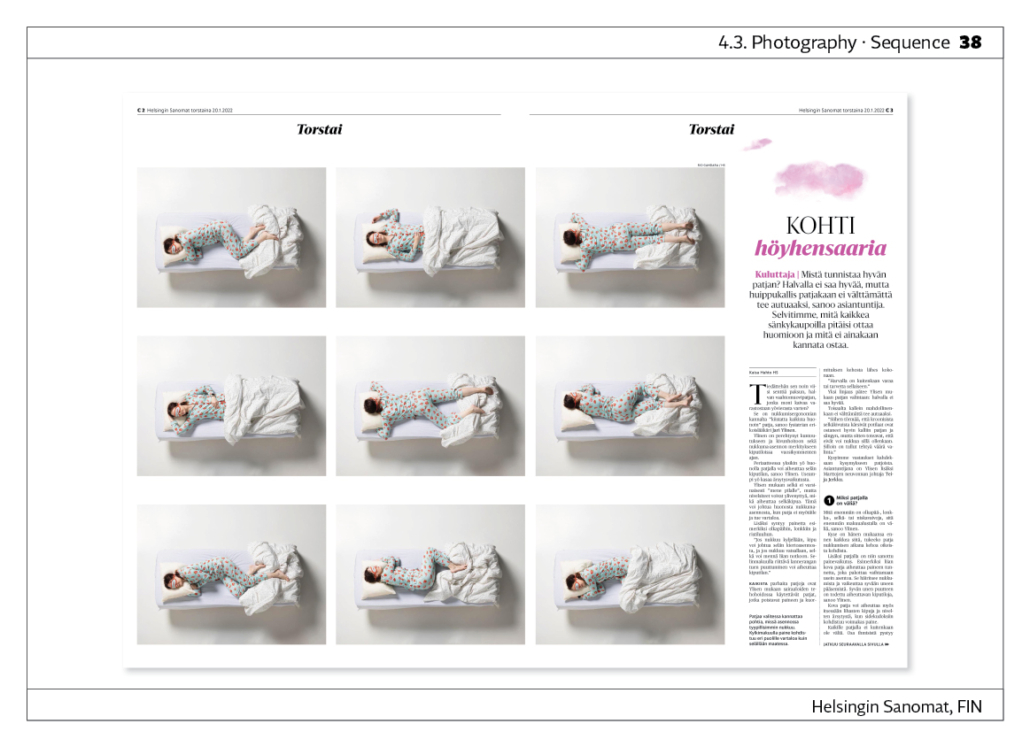
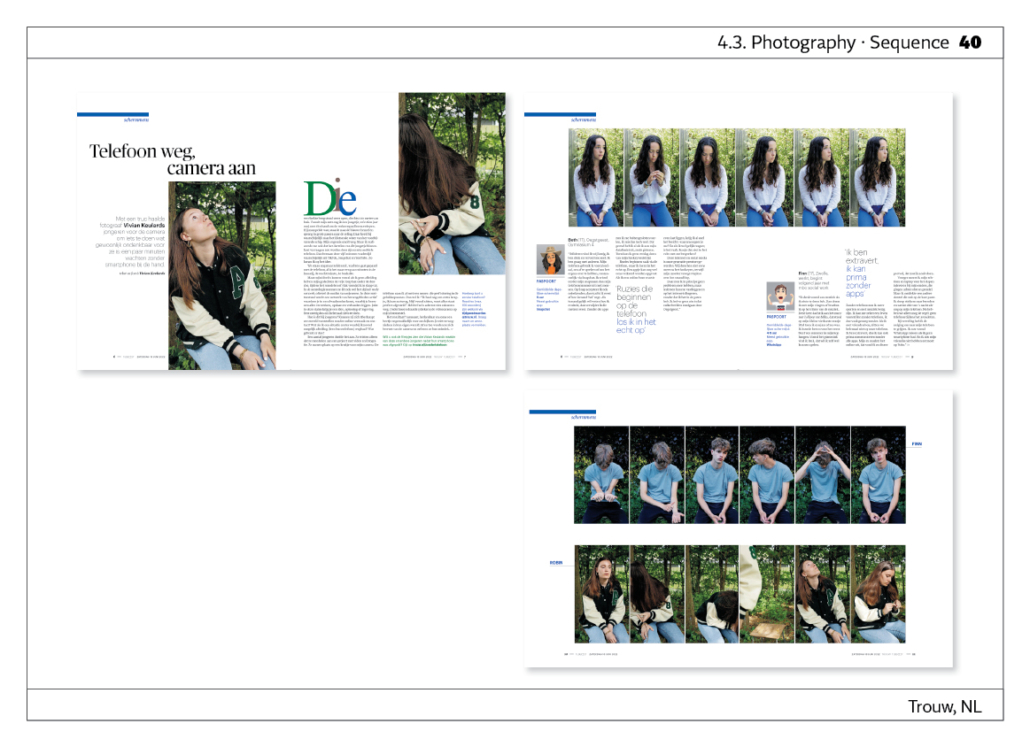
4.4. Photography - atmosphere- exemplary pages
Pages with outstanding examples of atmosphere in pictures can be submitted in this category. A maximum of four entries are allowed.
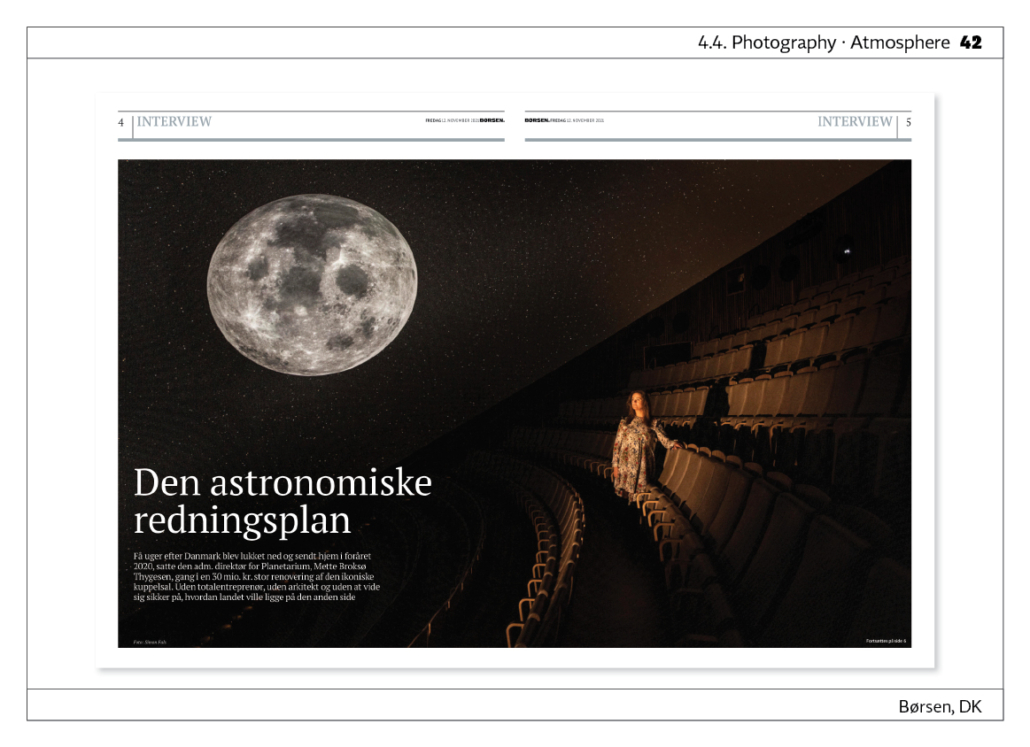
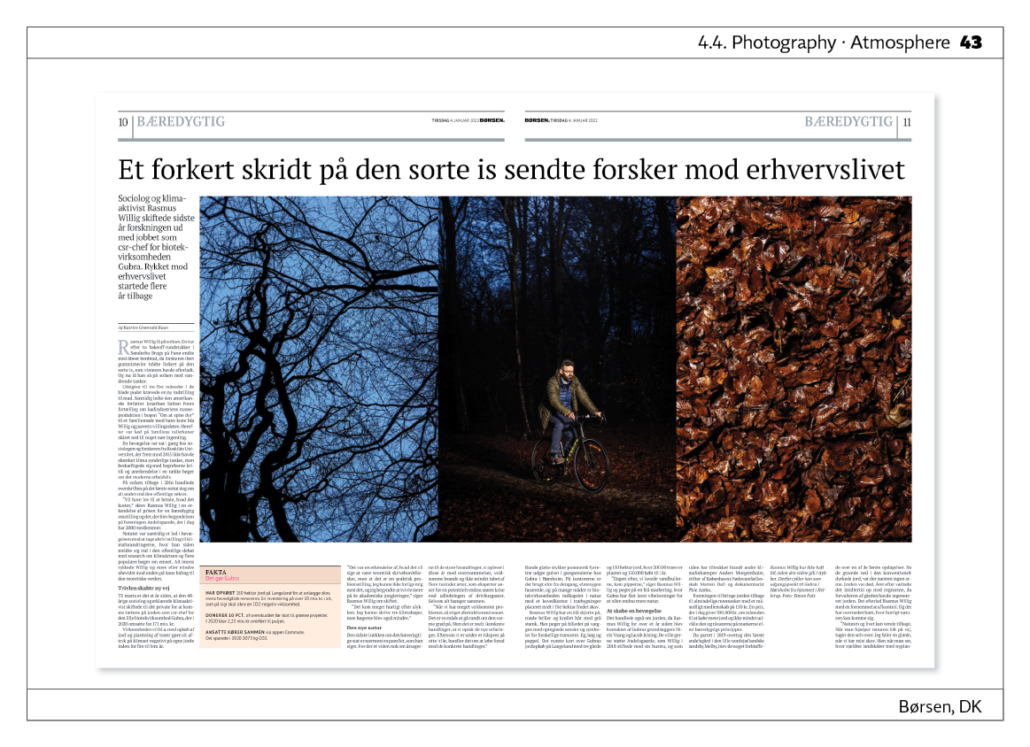
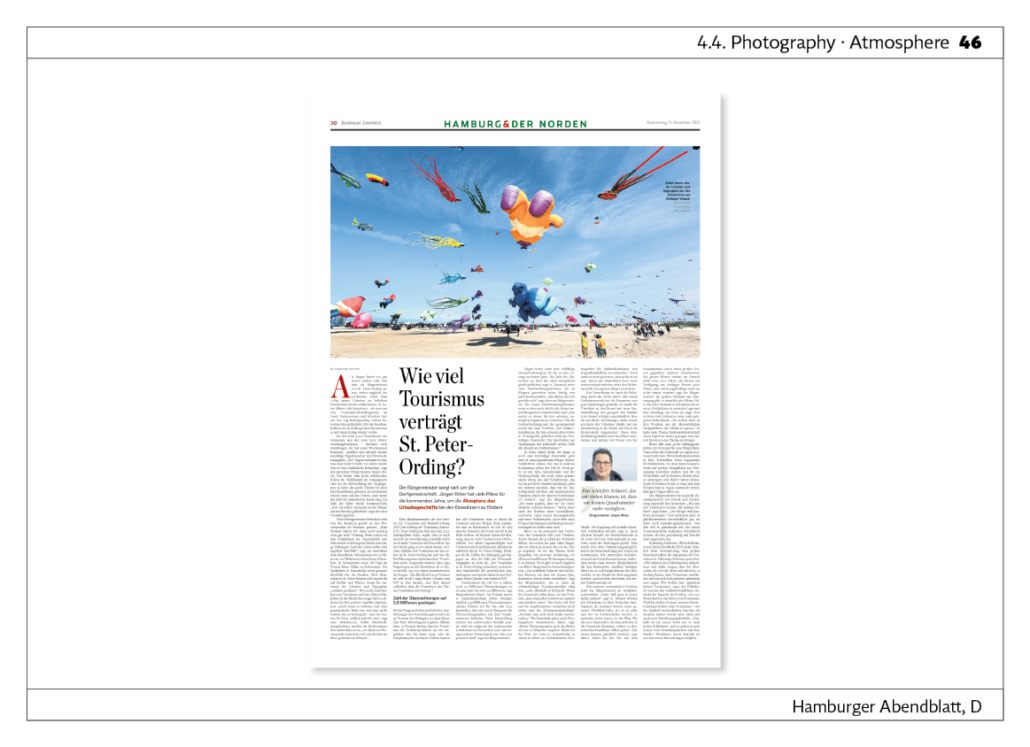
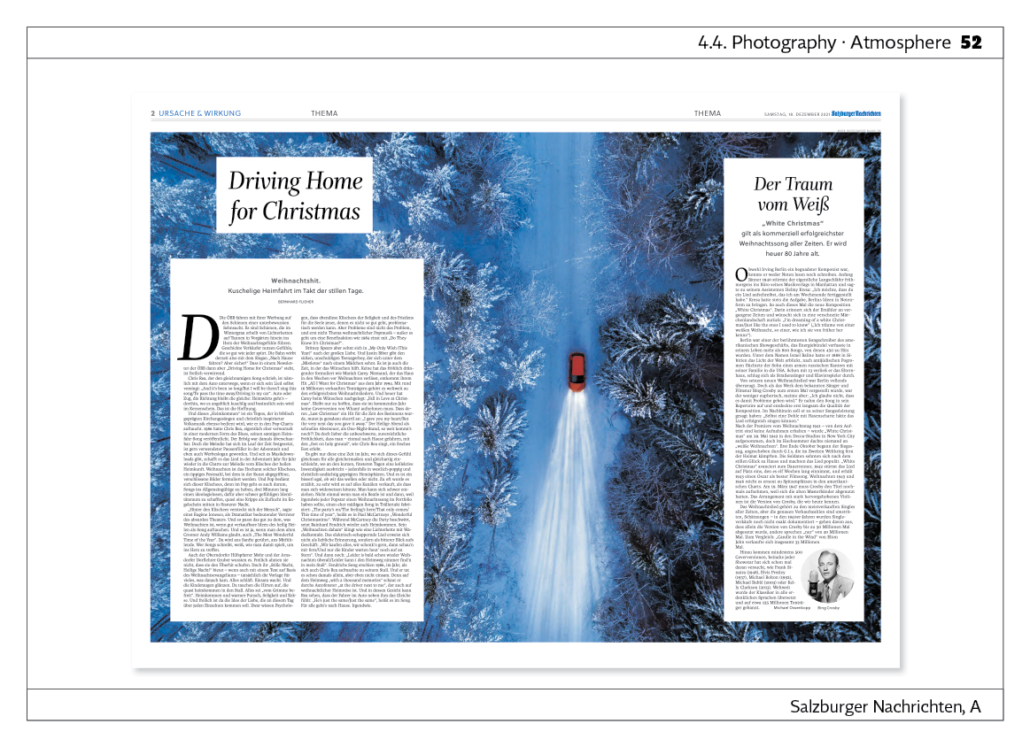
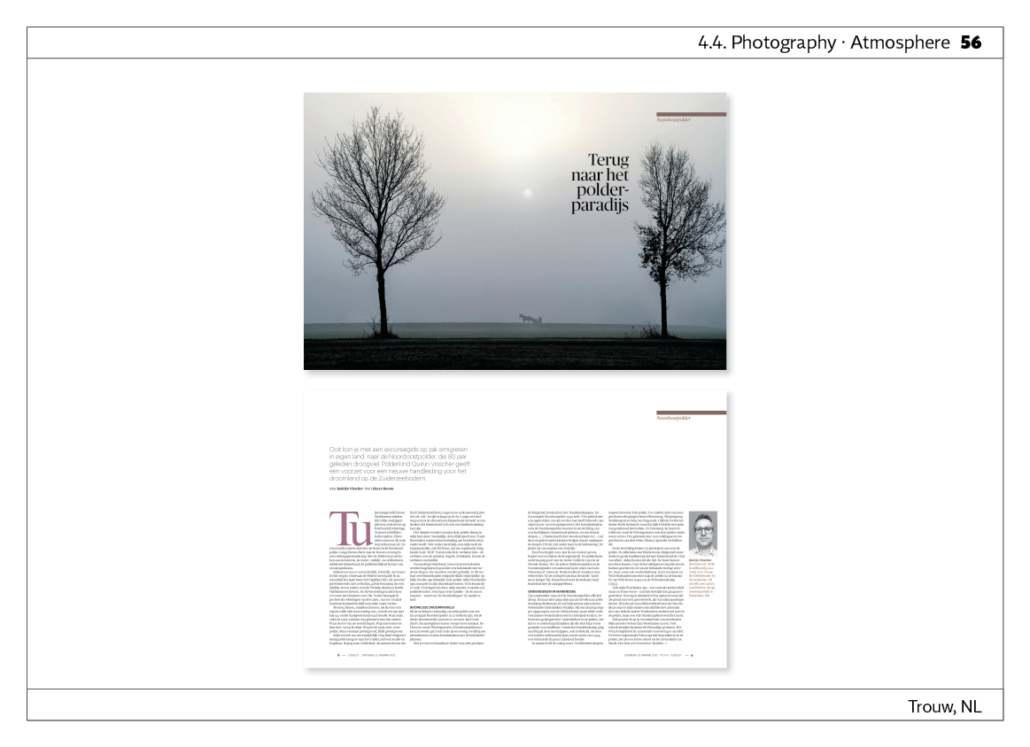
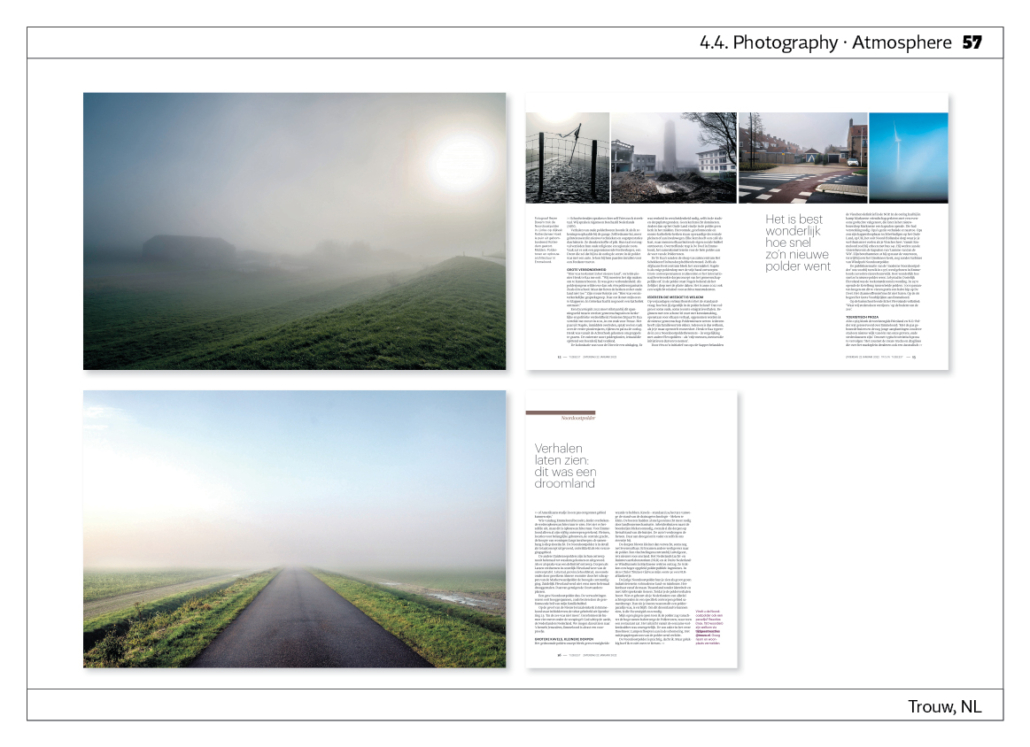
4.5 Photography - perspective - exemplary pages
Pages with outstanding examples of perspective can be submitted in this category. A maximum of four works are allowed.
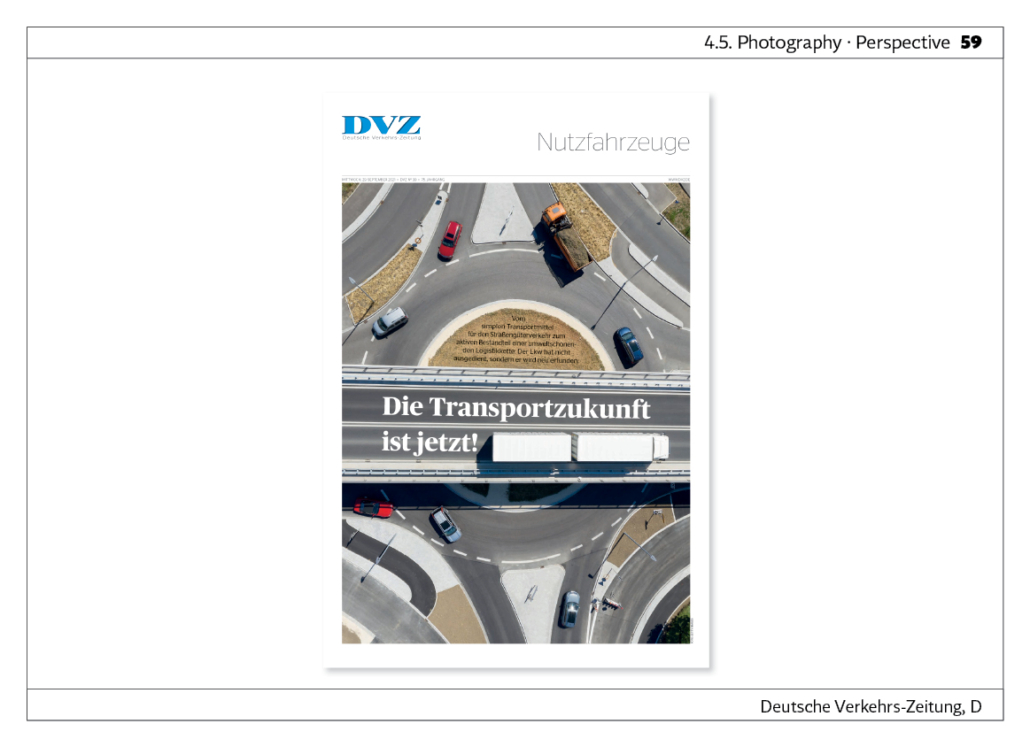
4.6 Photography - picture page - exemplary pages
Picture pages can be submitted in this category. A maximum of four entries are allowed.
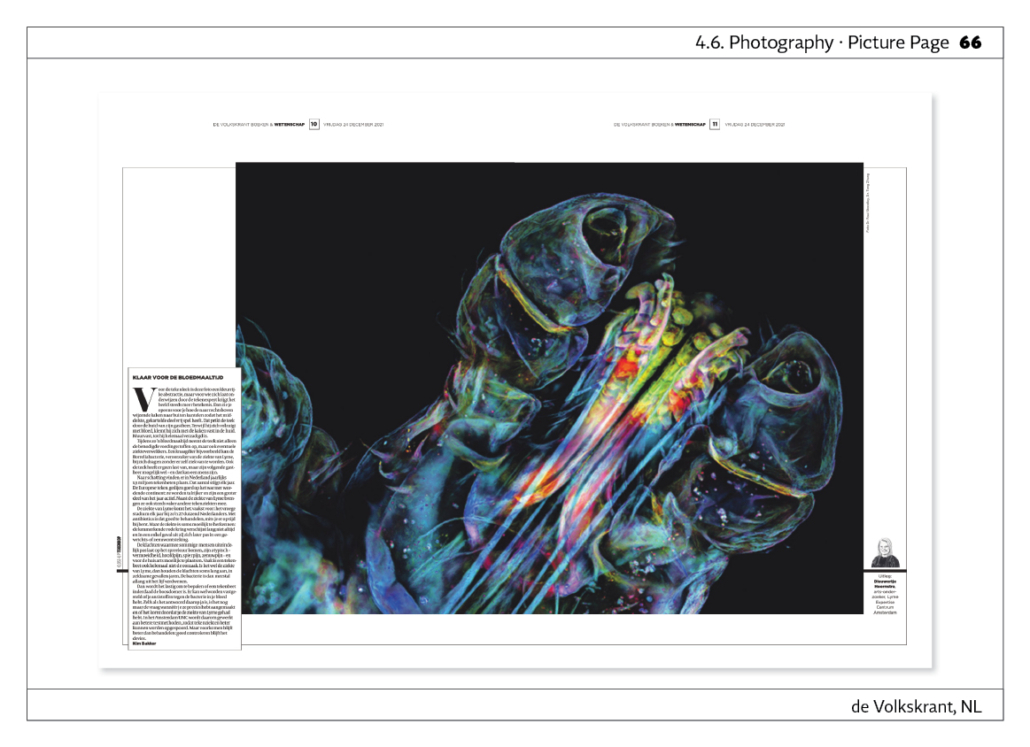
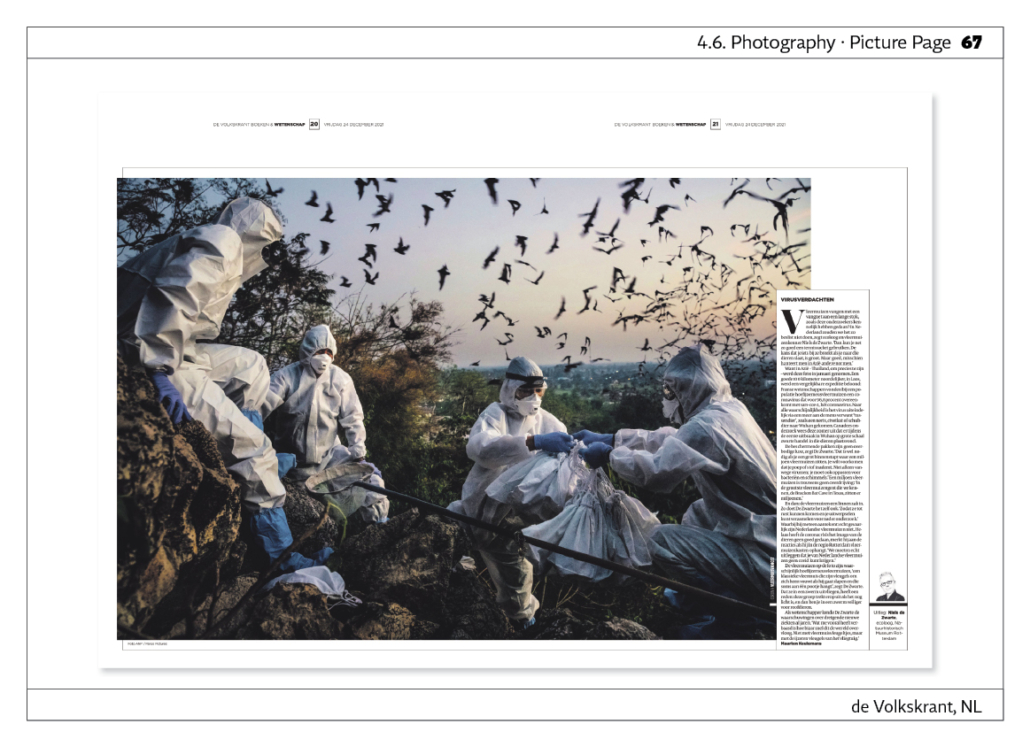
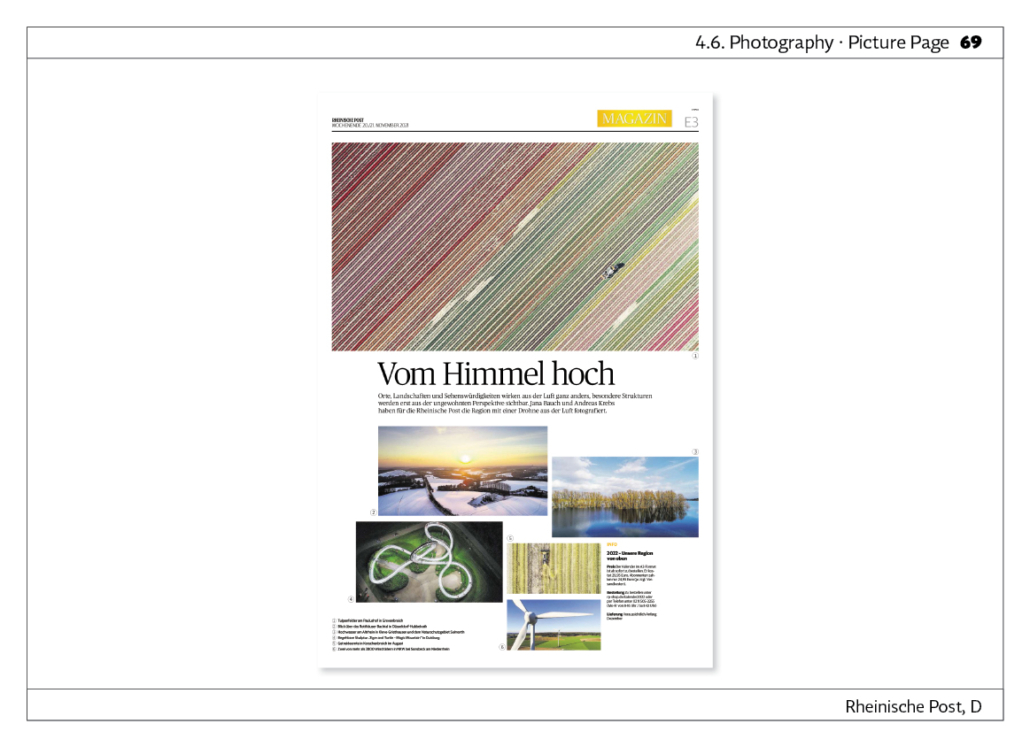
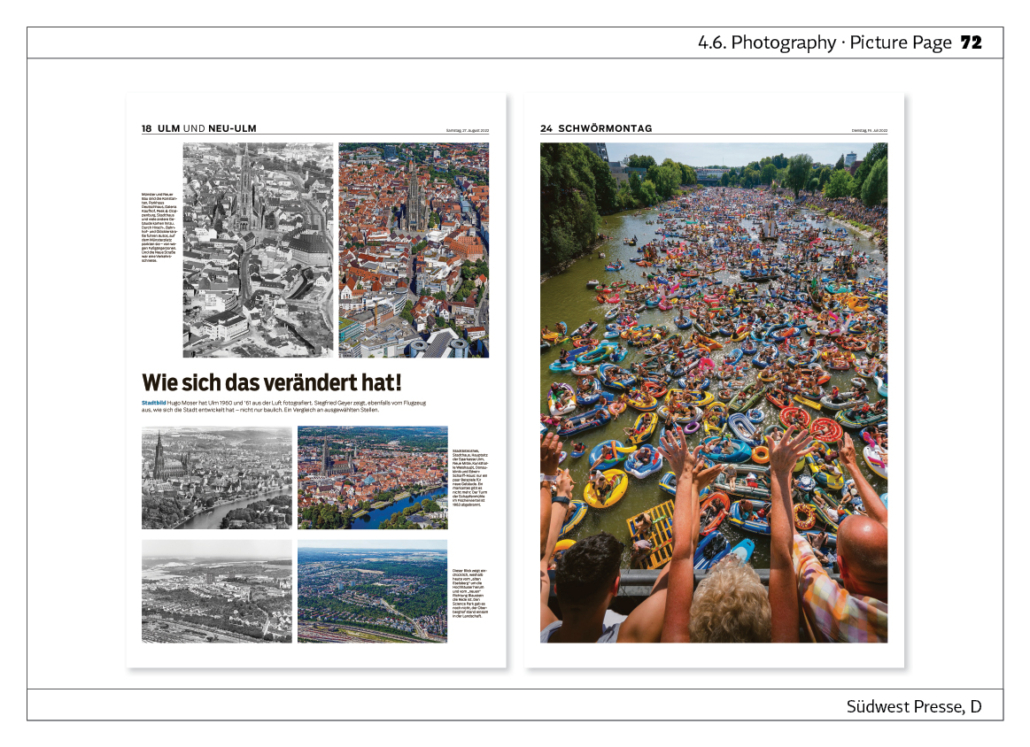
5. Photo reportage - exemplary pages
Photo reportages can be submitted in this category. A maximum of four entries are allowed. Photo reportages tell a story mainly with pictures.
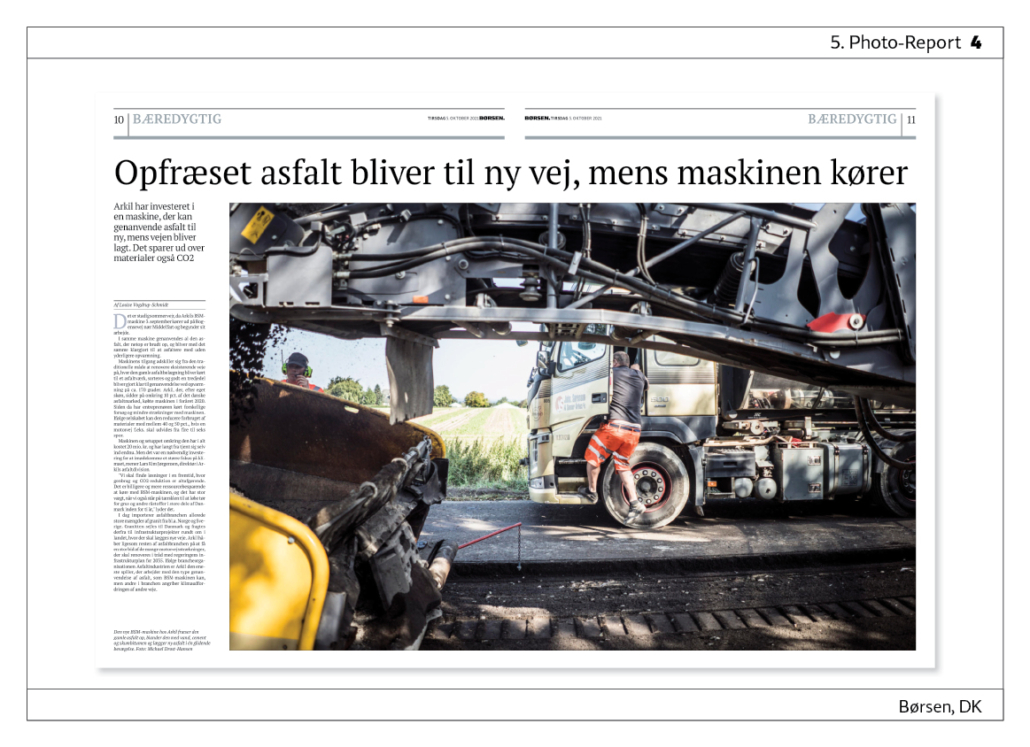
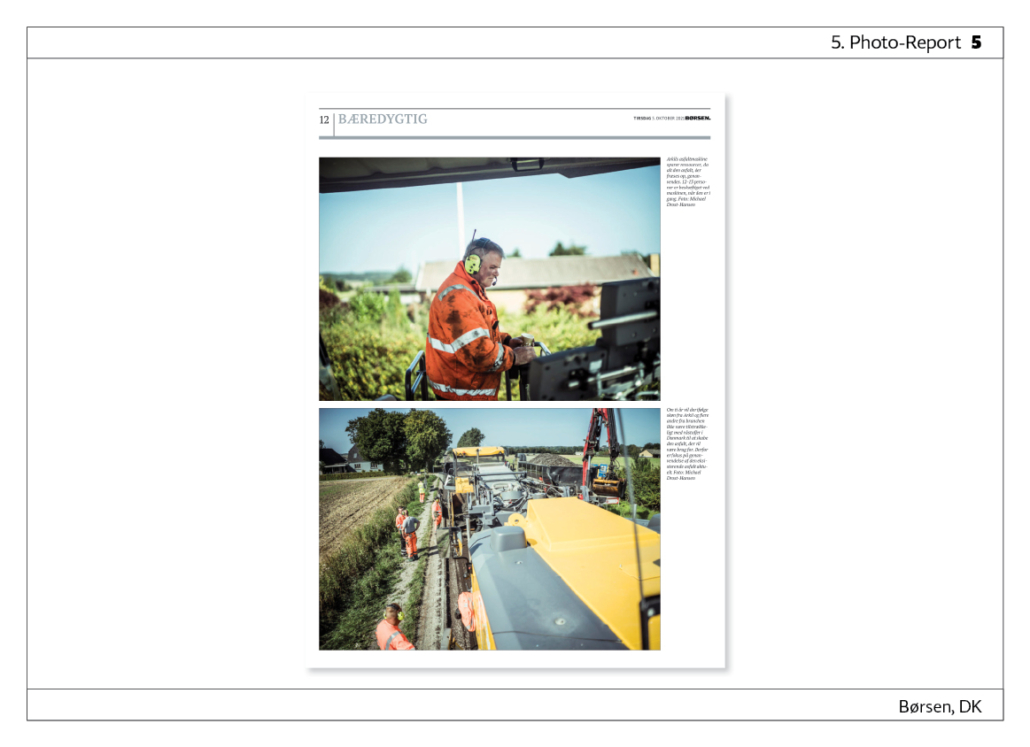
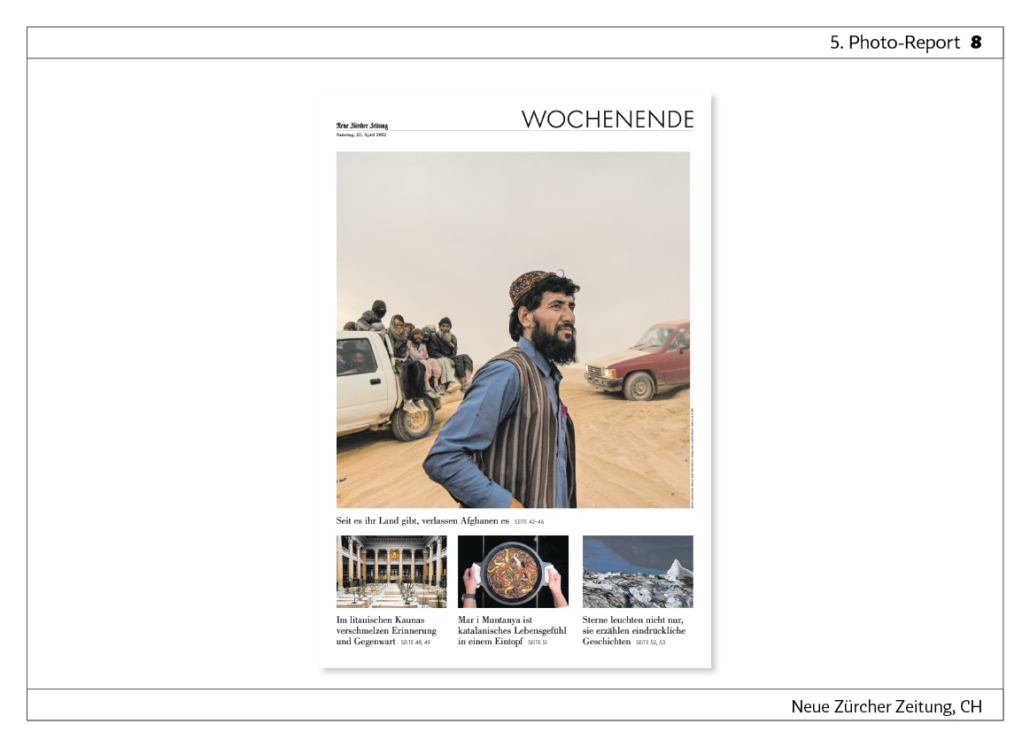
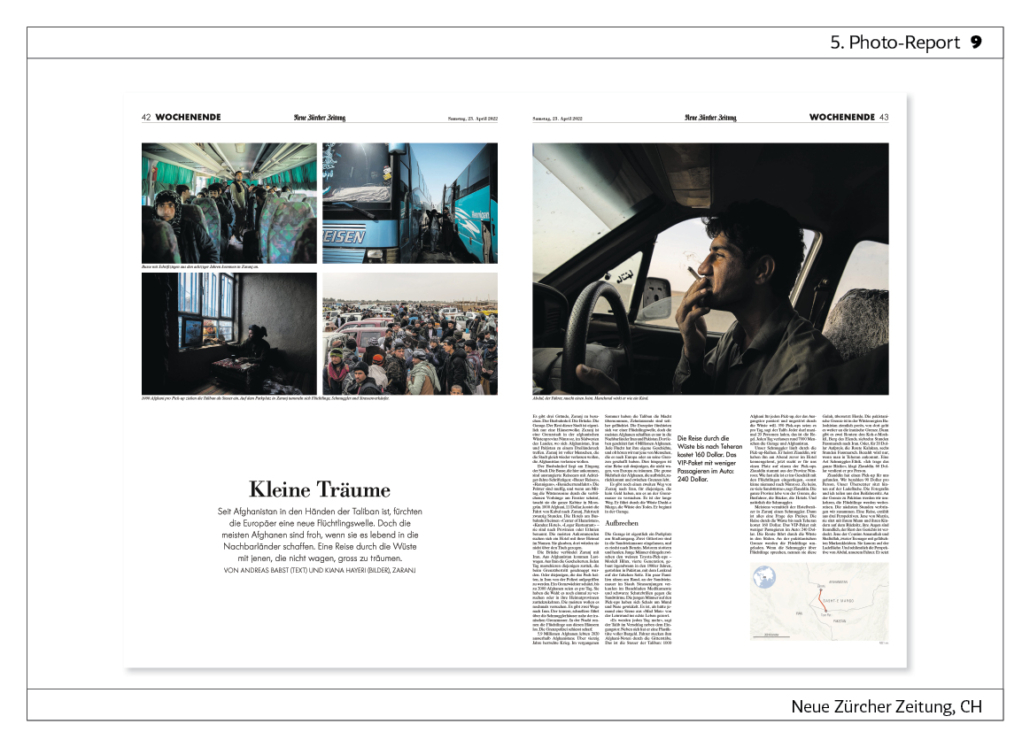
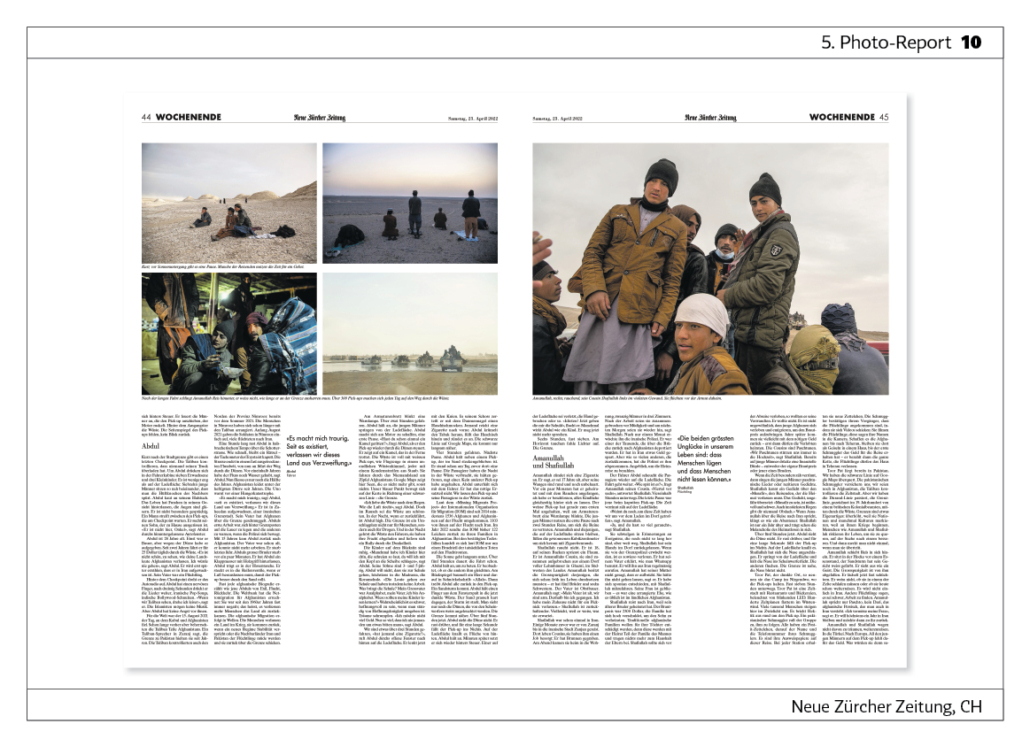
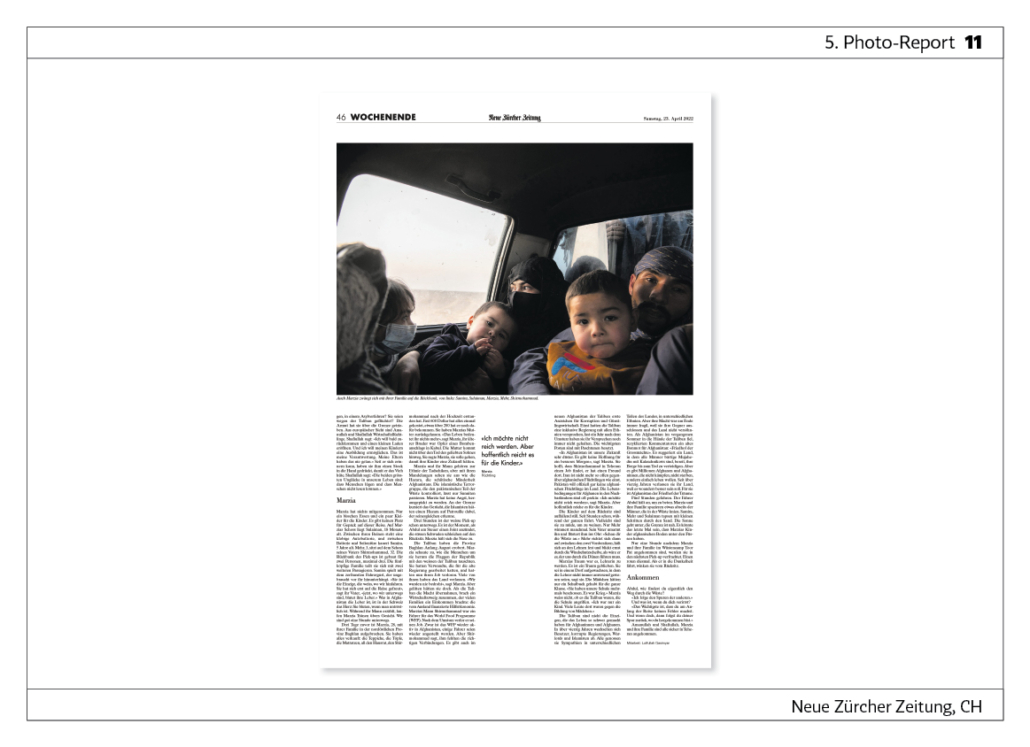
6. Visualisation - exemplary pages
This category includes outstanding examples of visualisation of themes. A maximum of four entries are allowed.
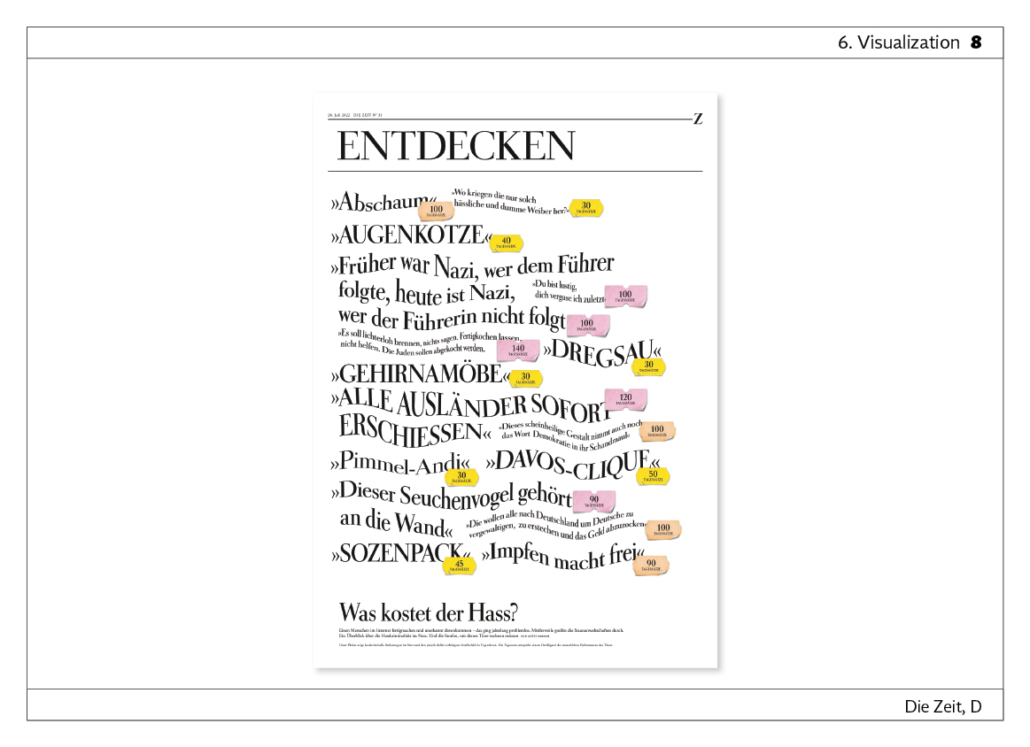
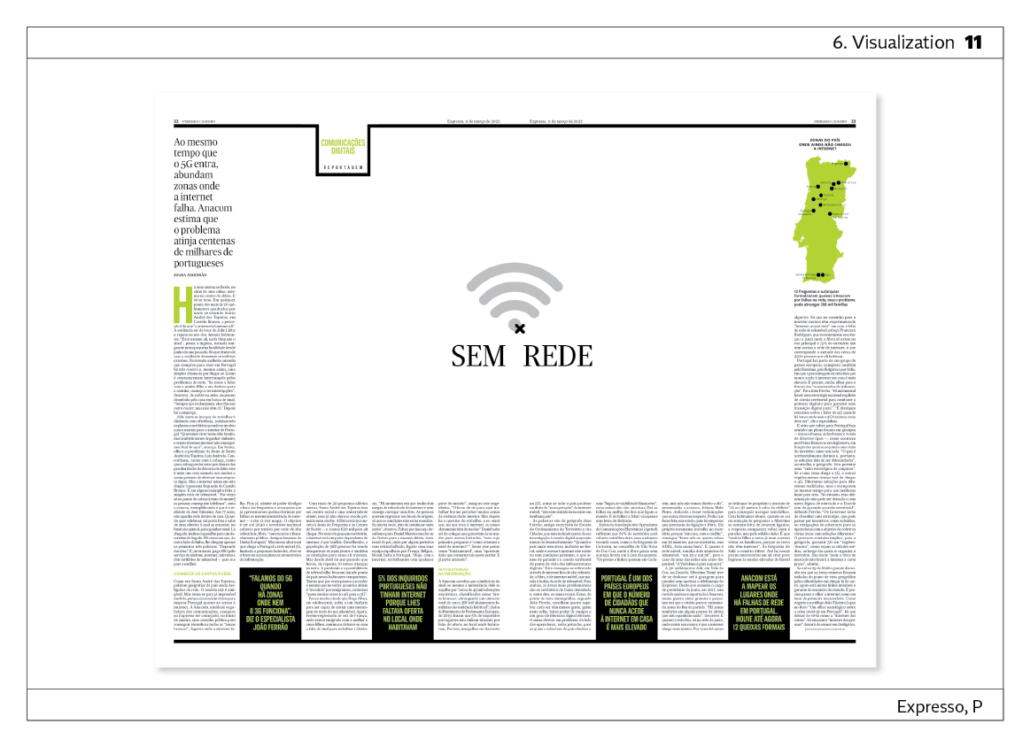
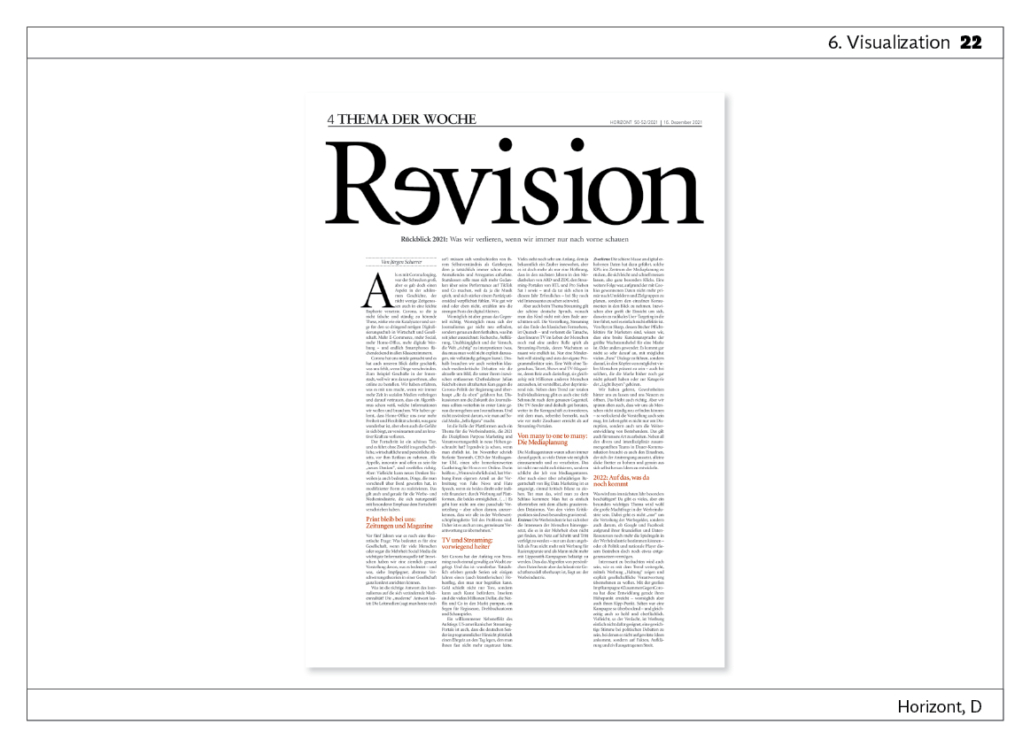
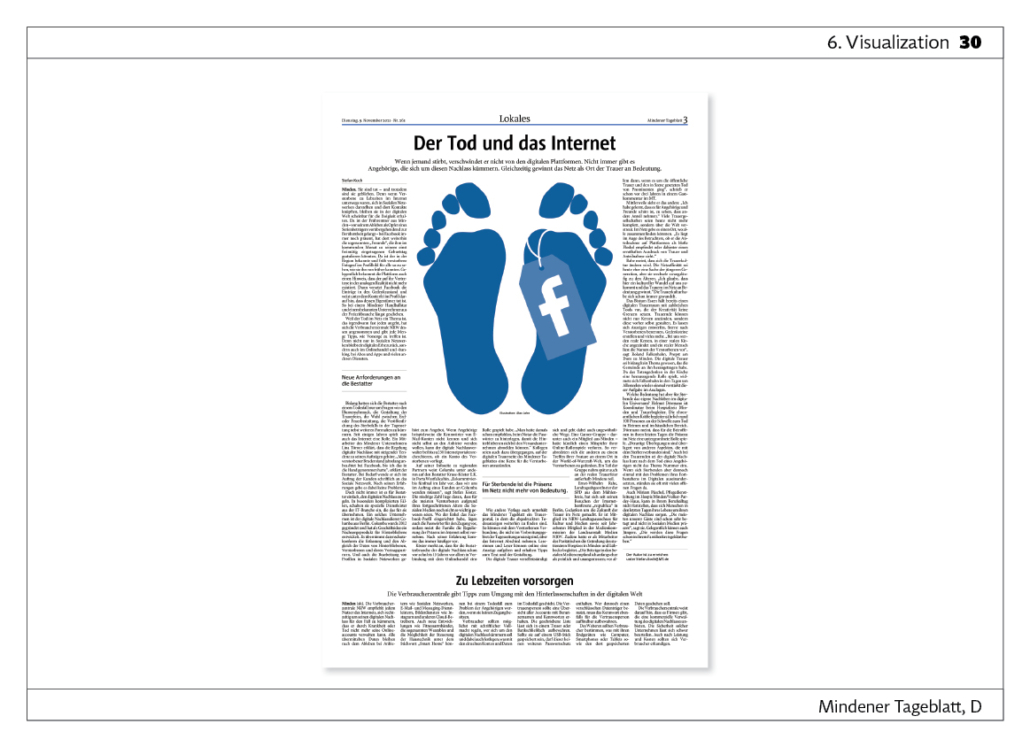
7. Visual storytelling - exemplary pages
This category is for examples of visual storytelling. Visual storytelling is a combination of text, infographics, photography and illustration that presents a topic in the best possible way for the reader. A maximum of four entries are allowed.
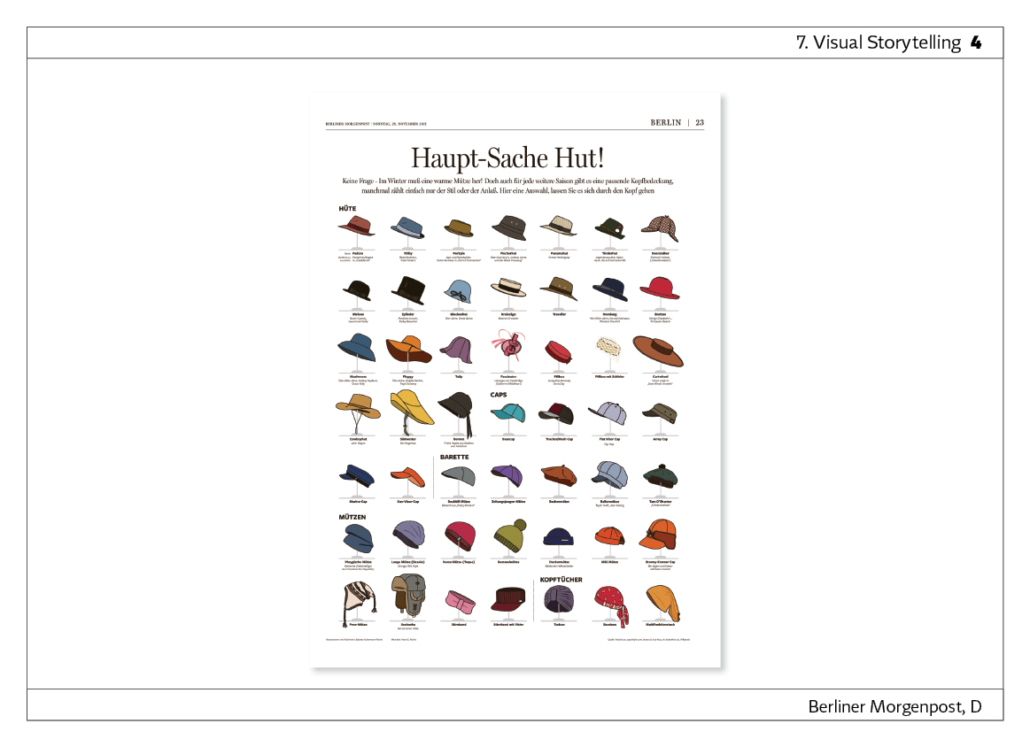
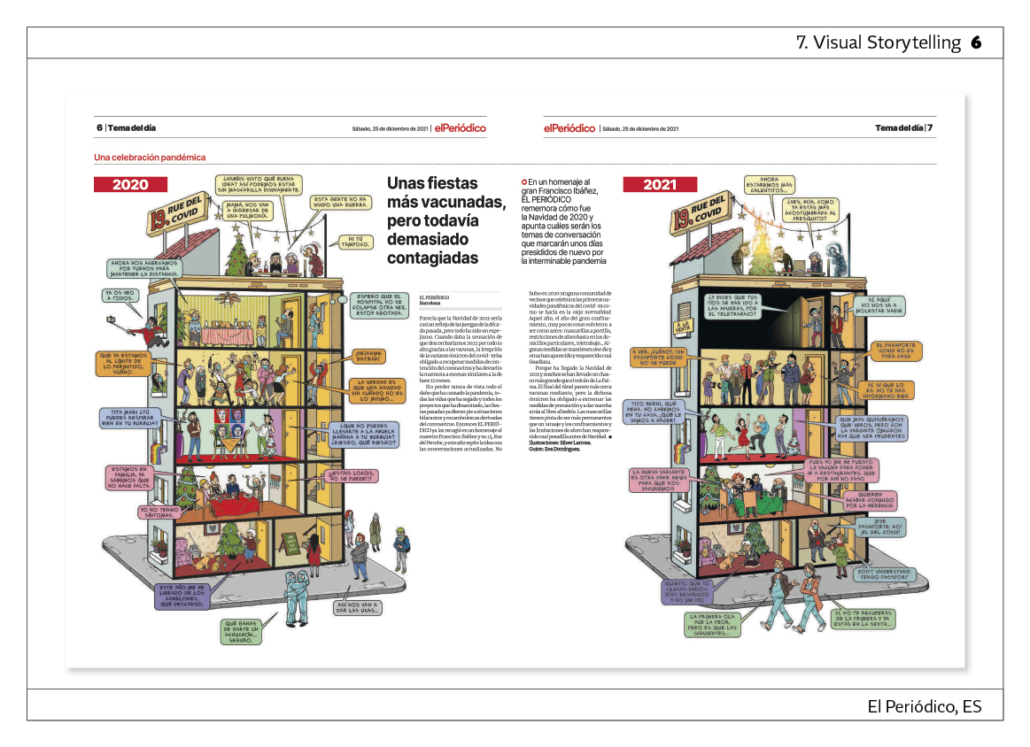
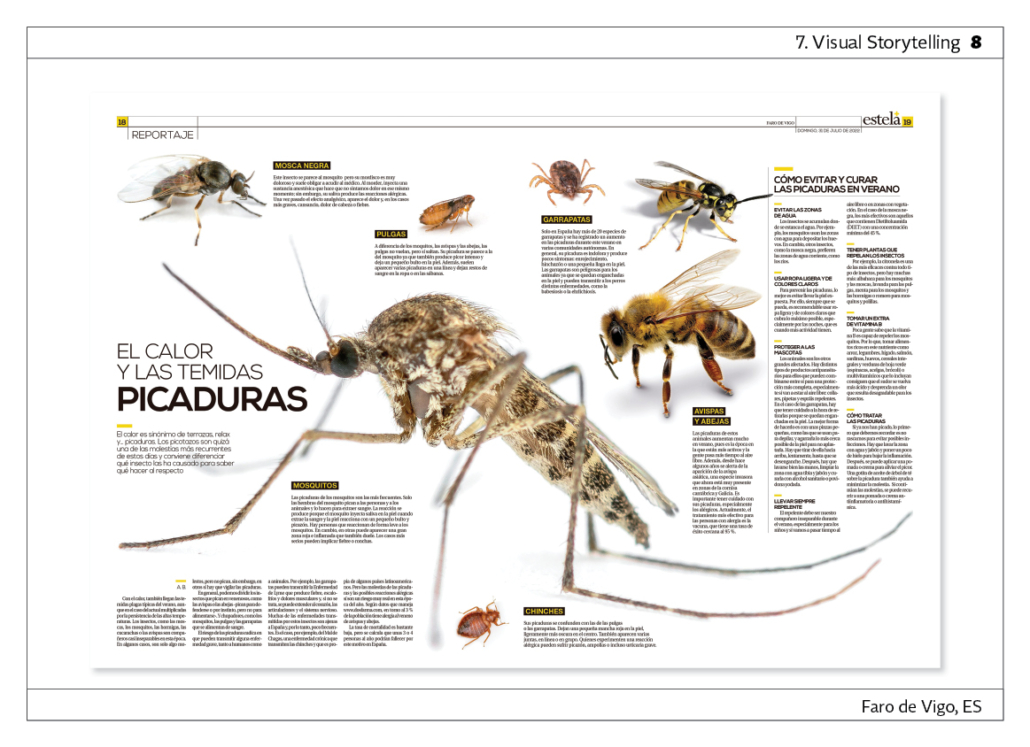
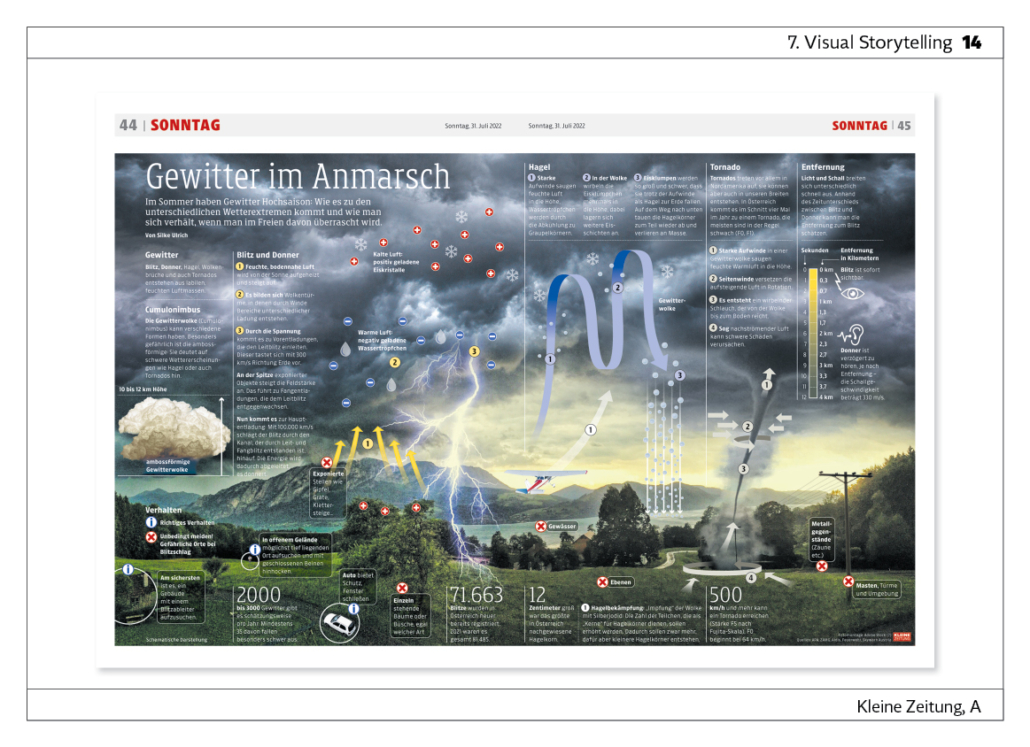
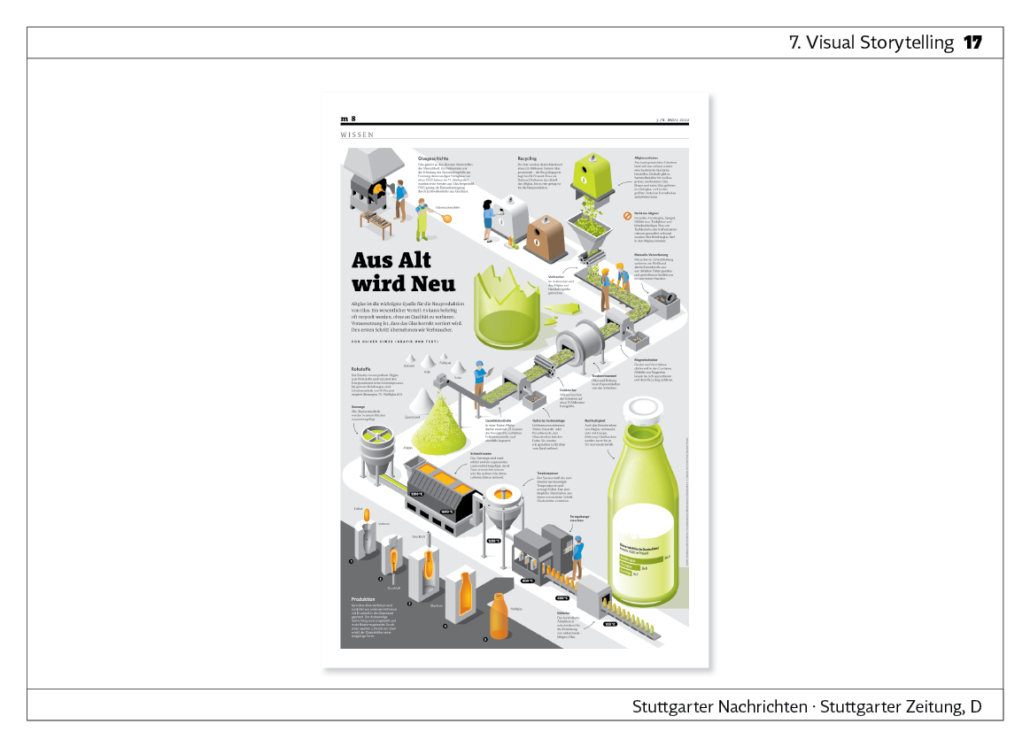
8. Alternative storytelling - exemplary pages
This category includes examples of alternative storytelling. It is often about structuring topics in such a way that they are presented in the best possible way for the reader. A maximum of four entries are allowed.
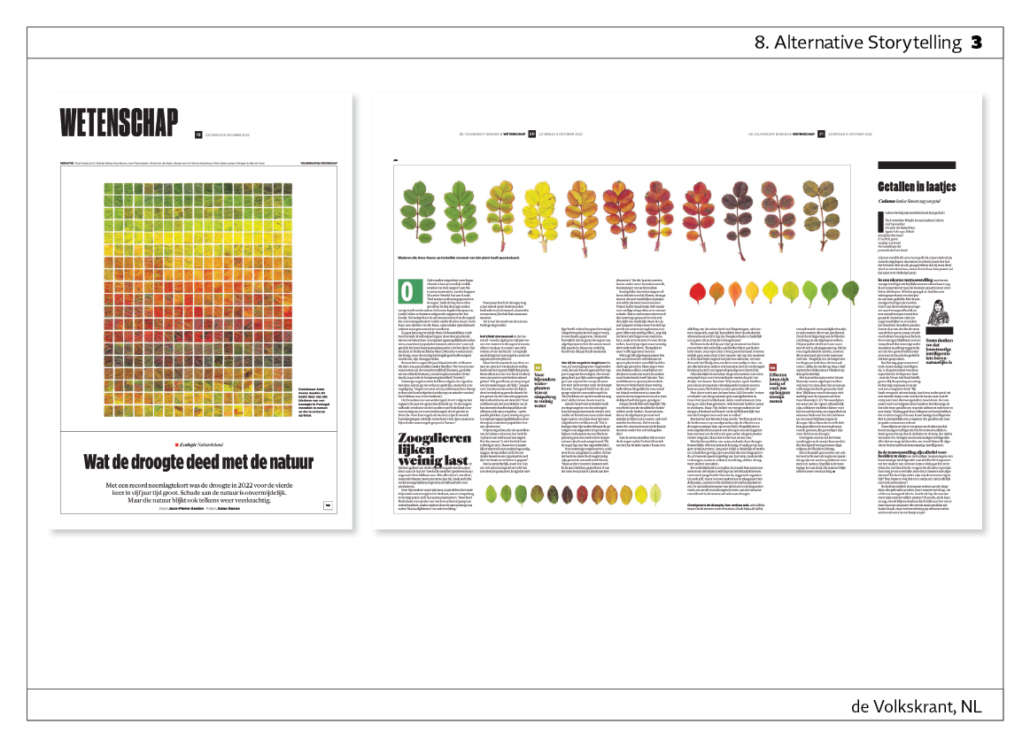
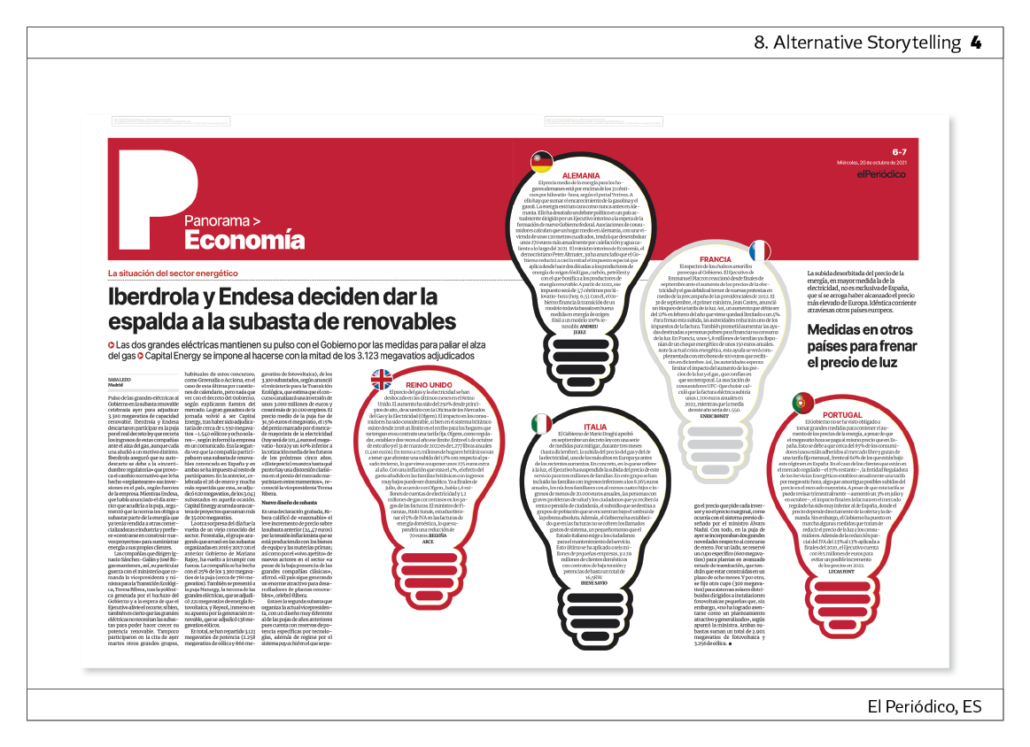
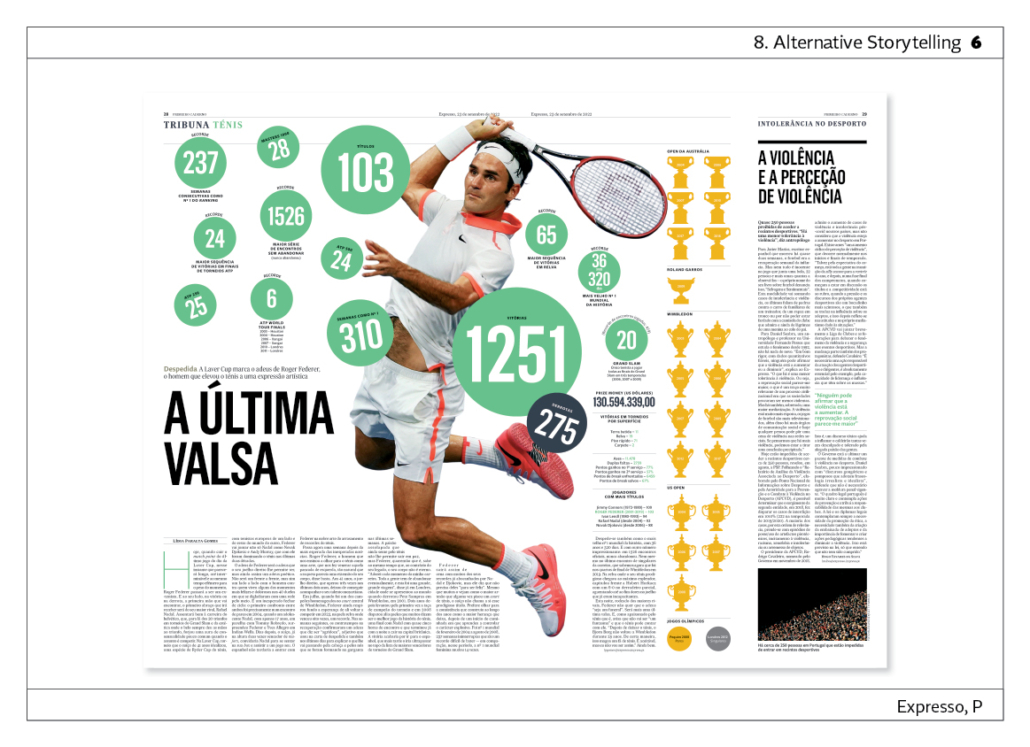
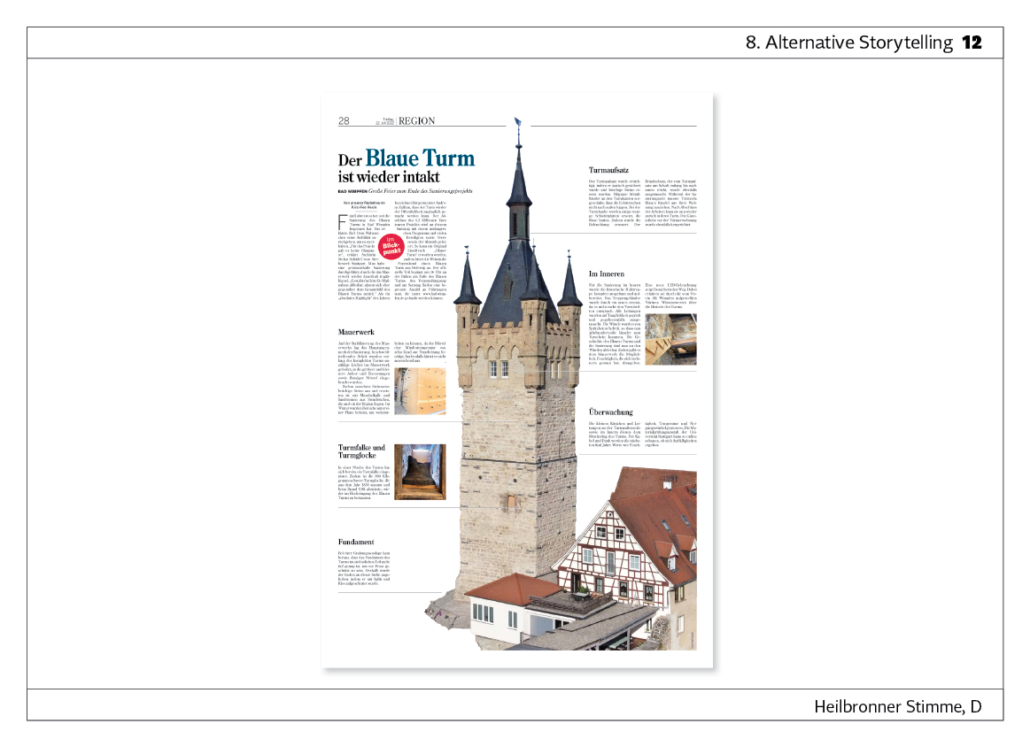
9.0. Infographics print - exemplary pages
This category includes examples of full-page infographics. The infographic or a number of infographics are an essential part of the information. A maximum of four entries are allowed.
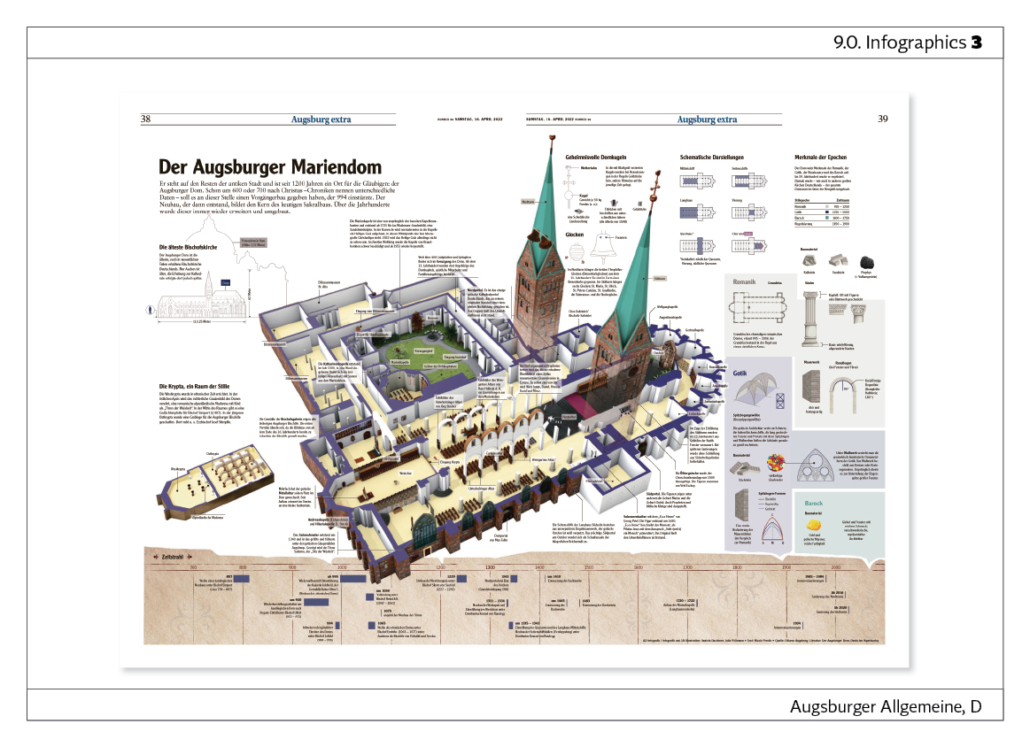
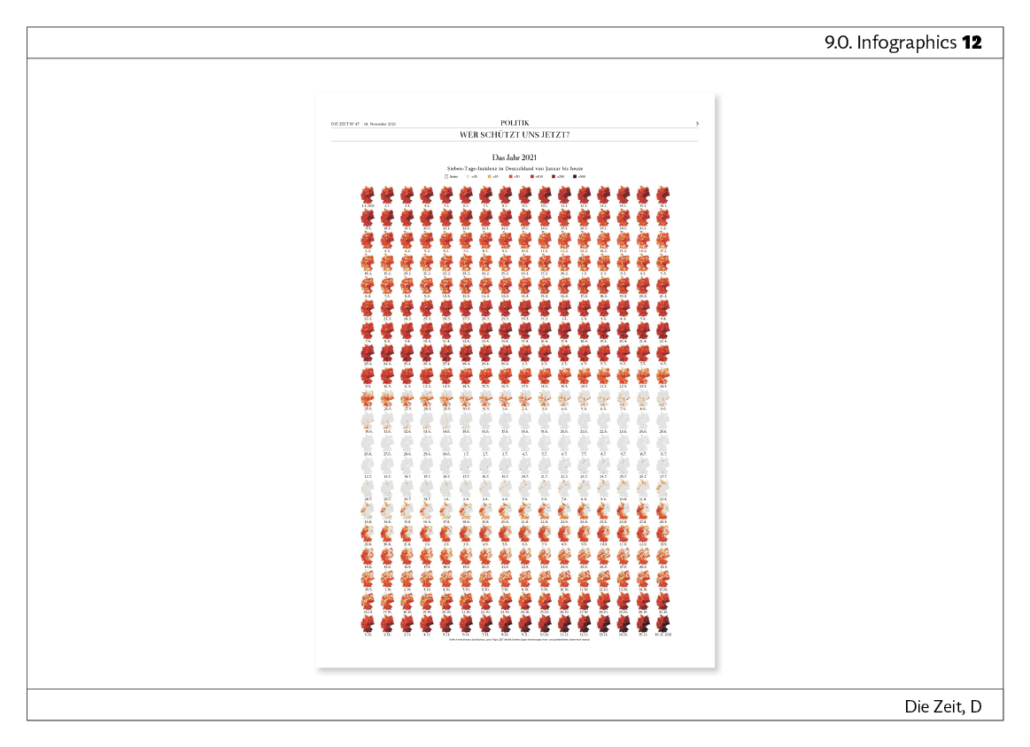
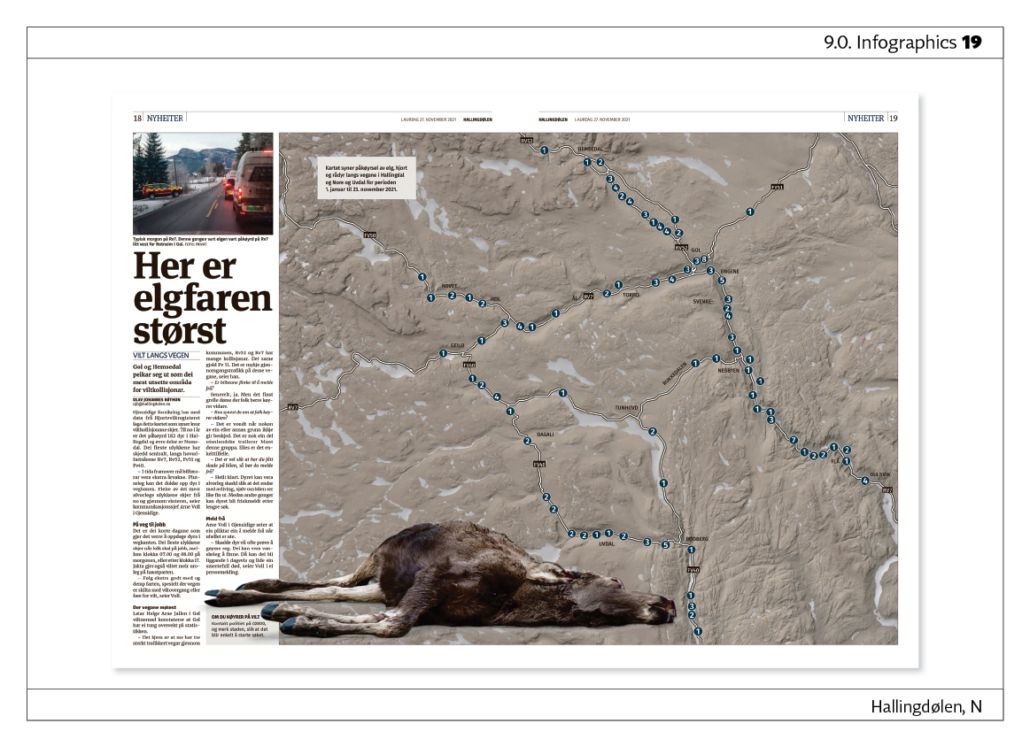
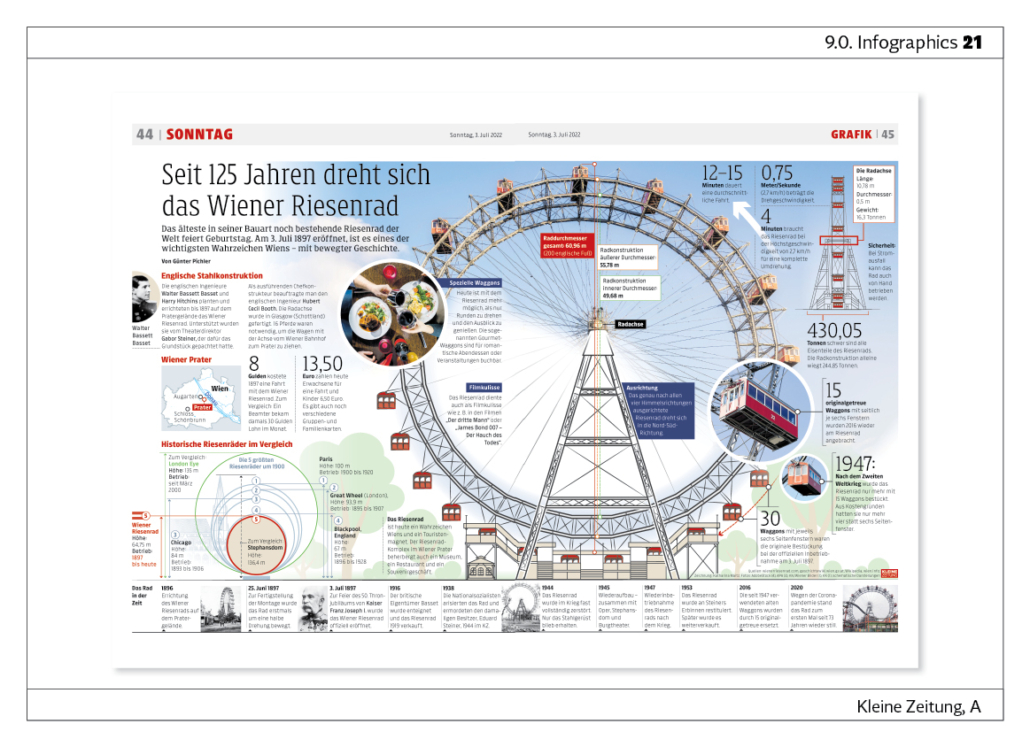
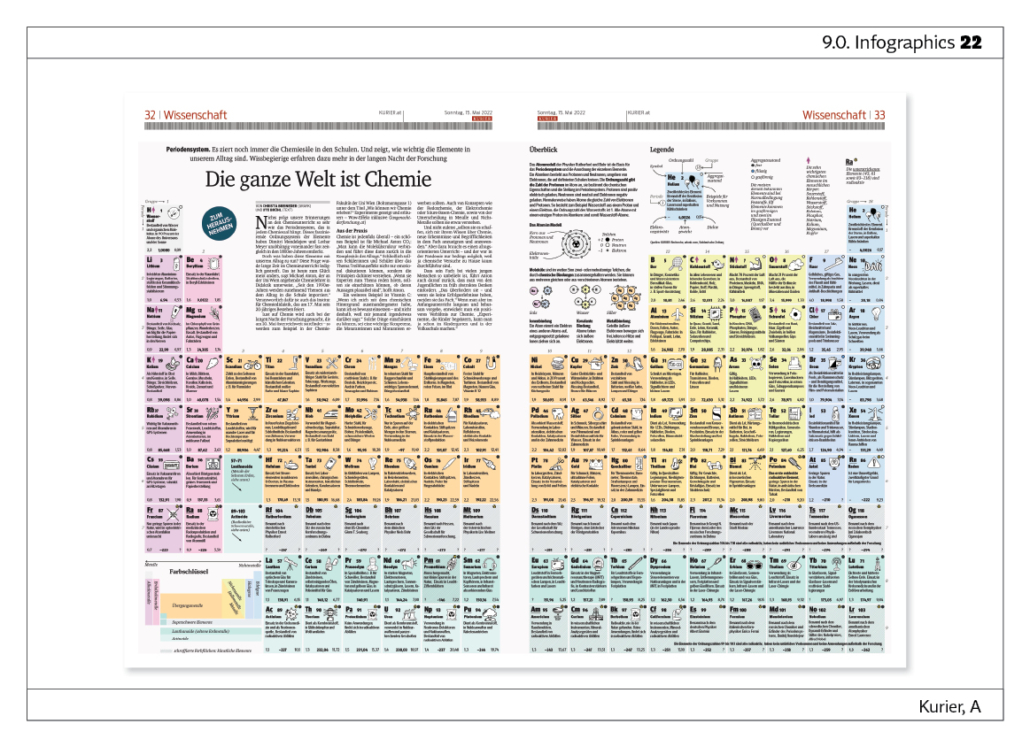
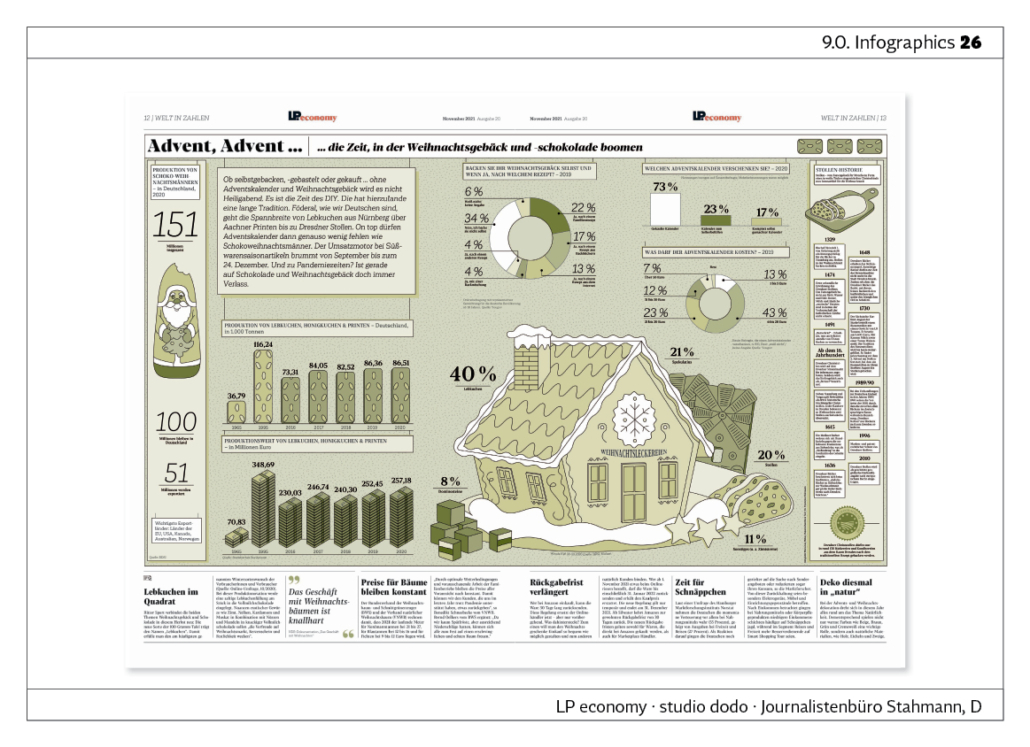
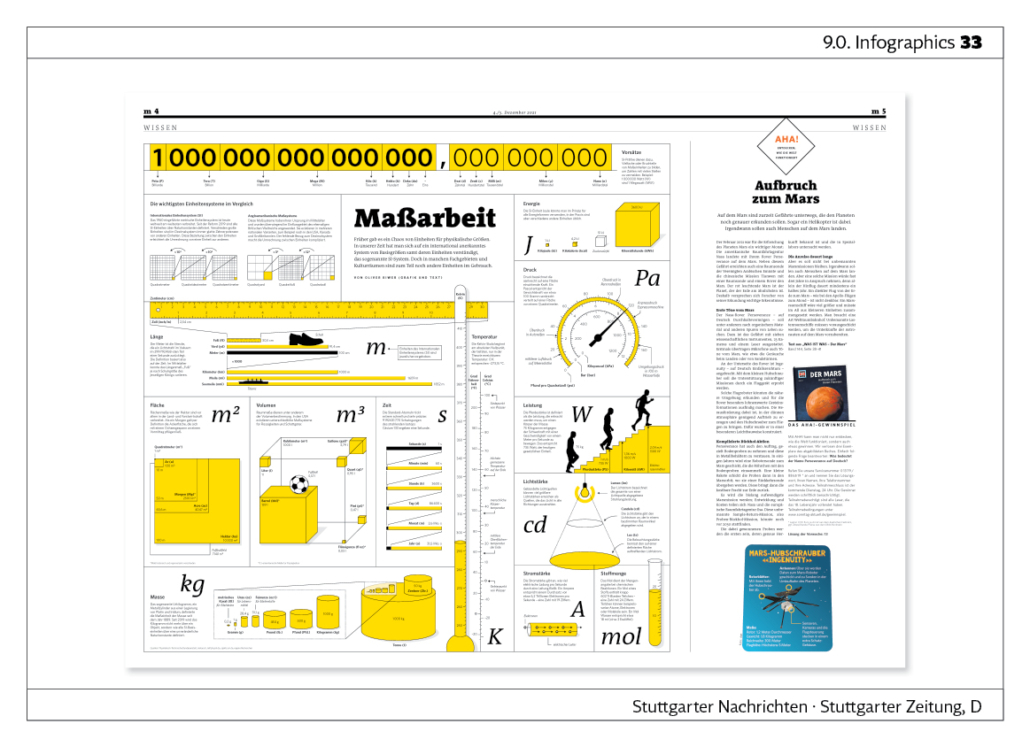
9.1 Small infographics - exemplary pages
This category includes examples of small infographics. They are mostly small bars, columns or fever curves that present the essential figures of an article. A maximum of four entries are allowed.
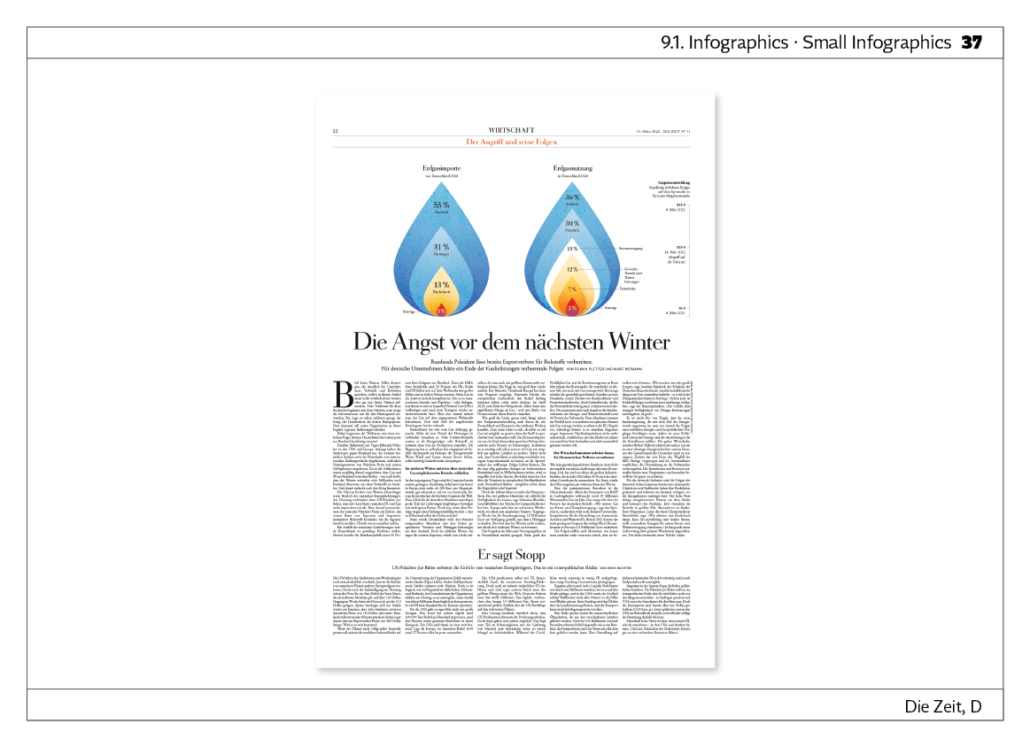
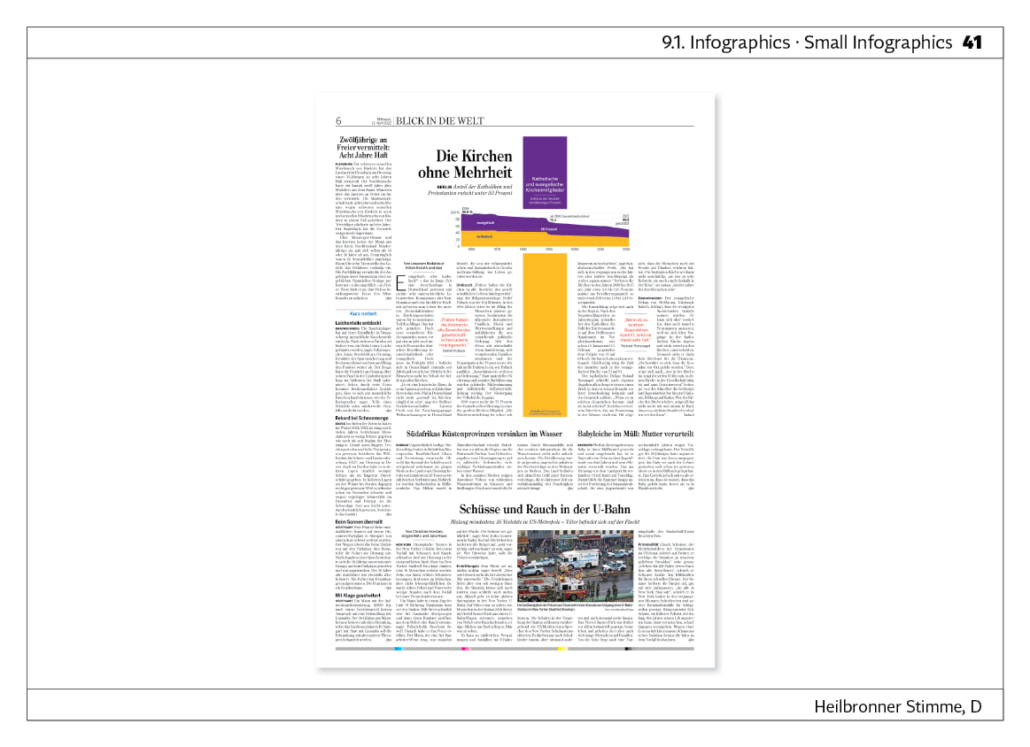
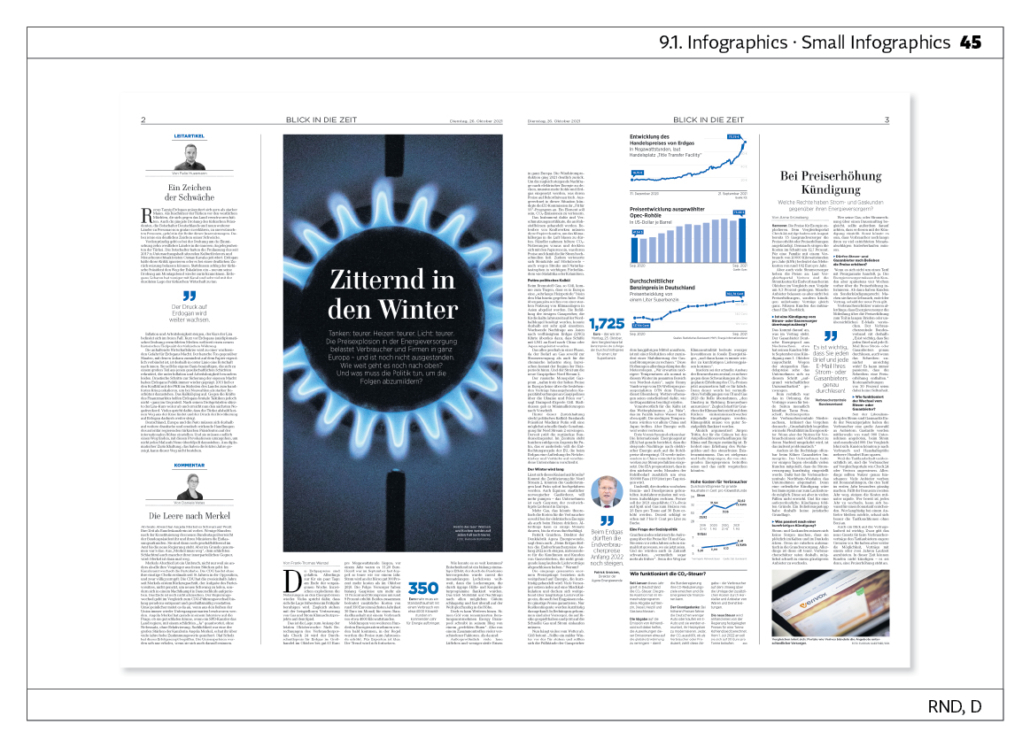
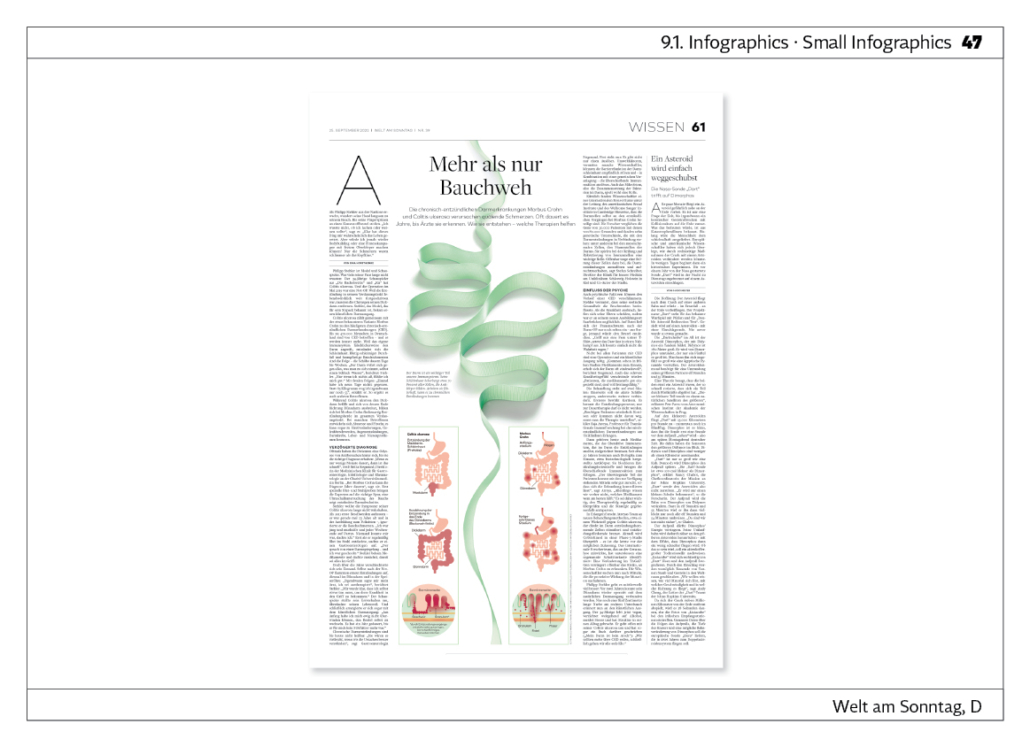
9.2 Infographics with emphasis on maps - exemplary pages
This category includes examples of infographics with an emphasis on maps. A maximum of four works are allowed.
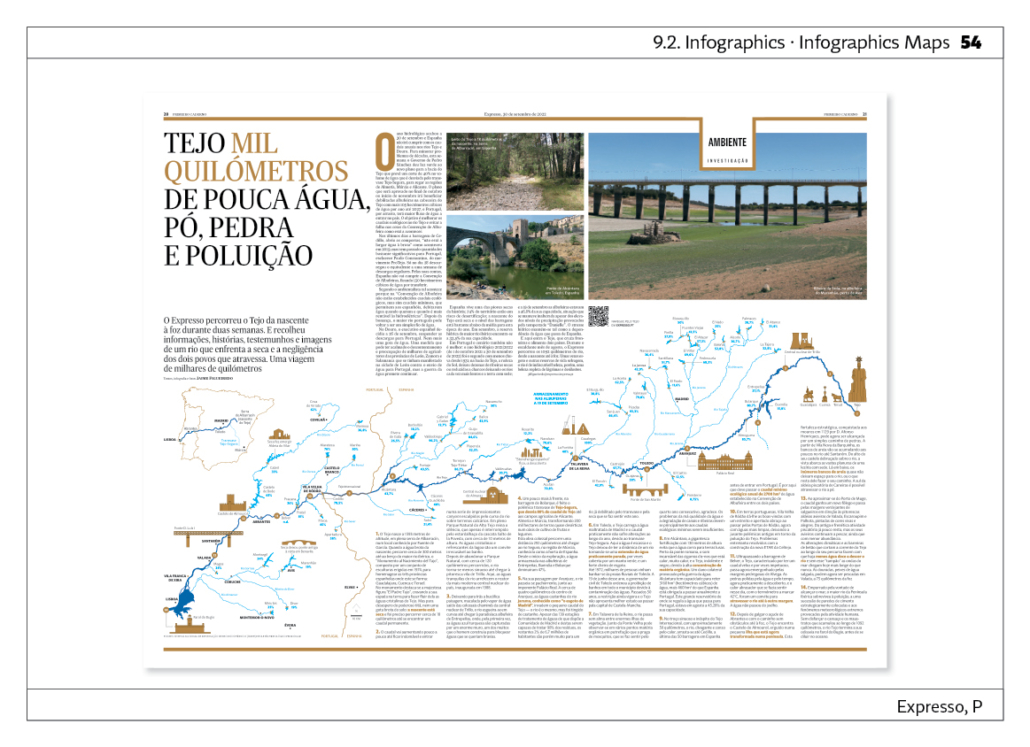
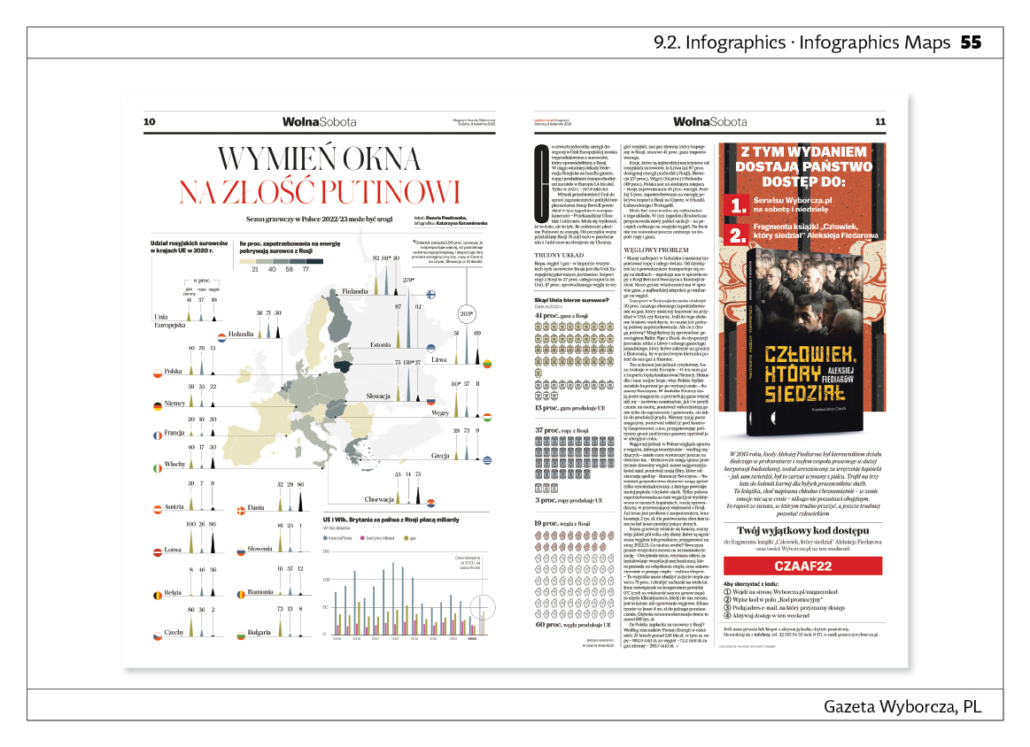
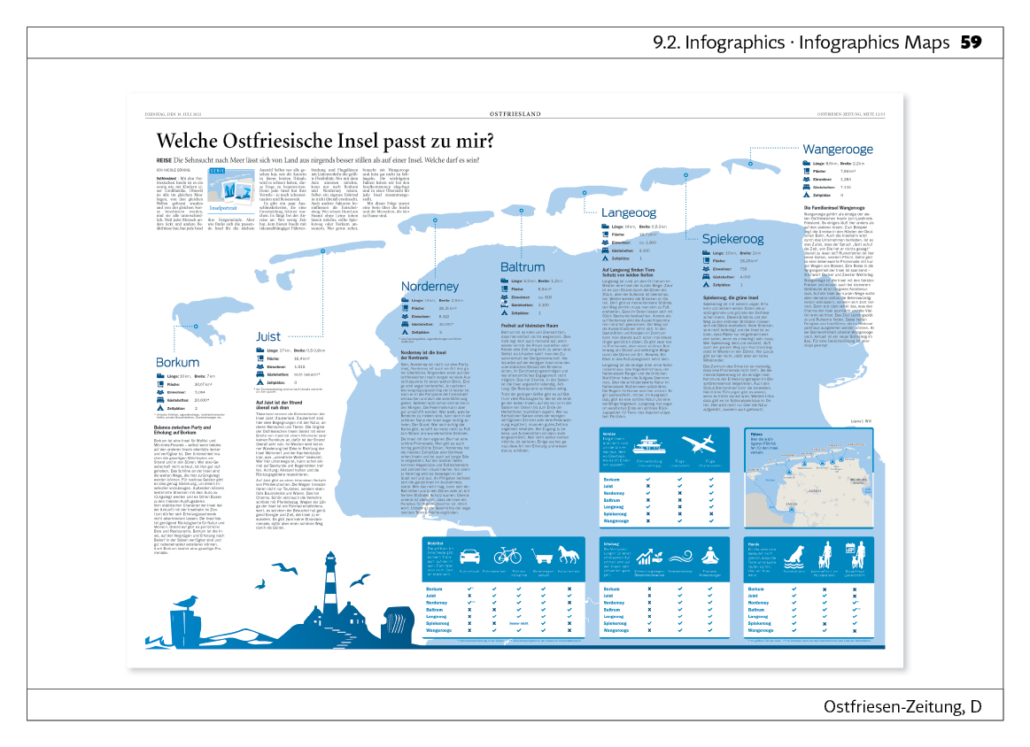
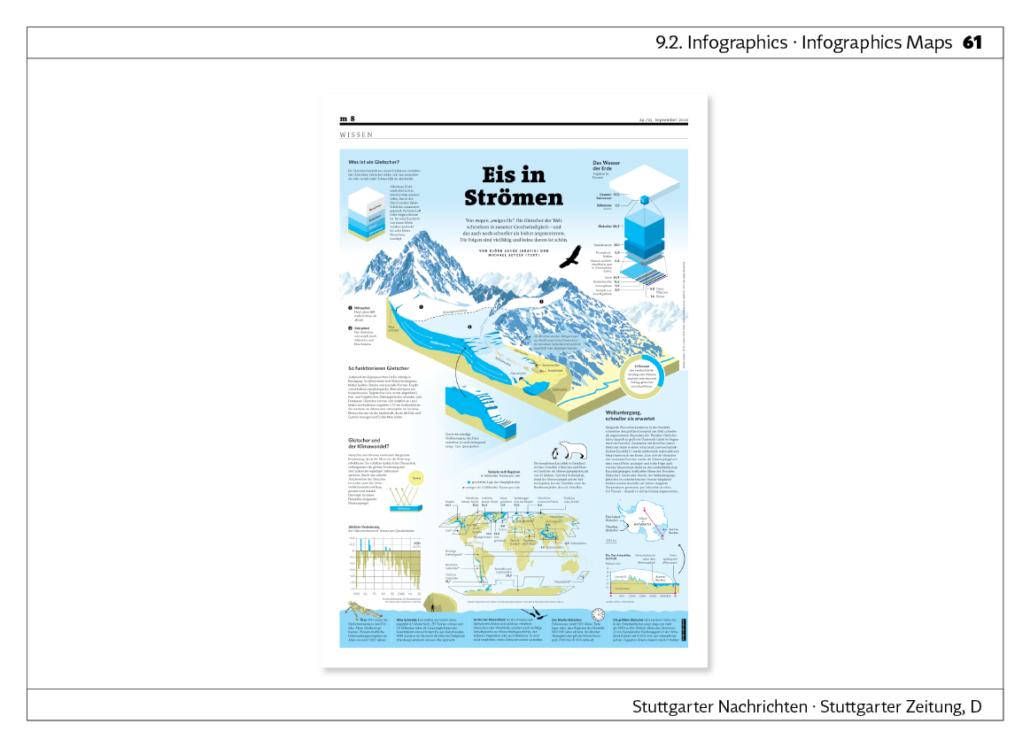
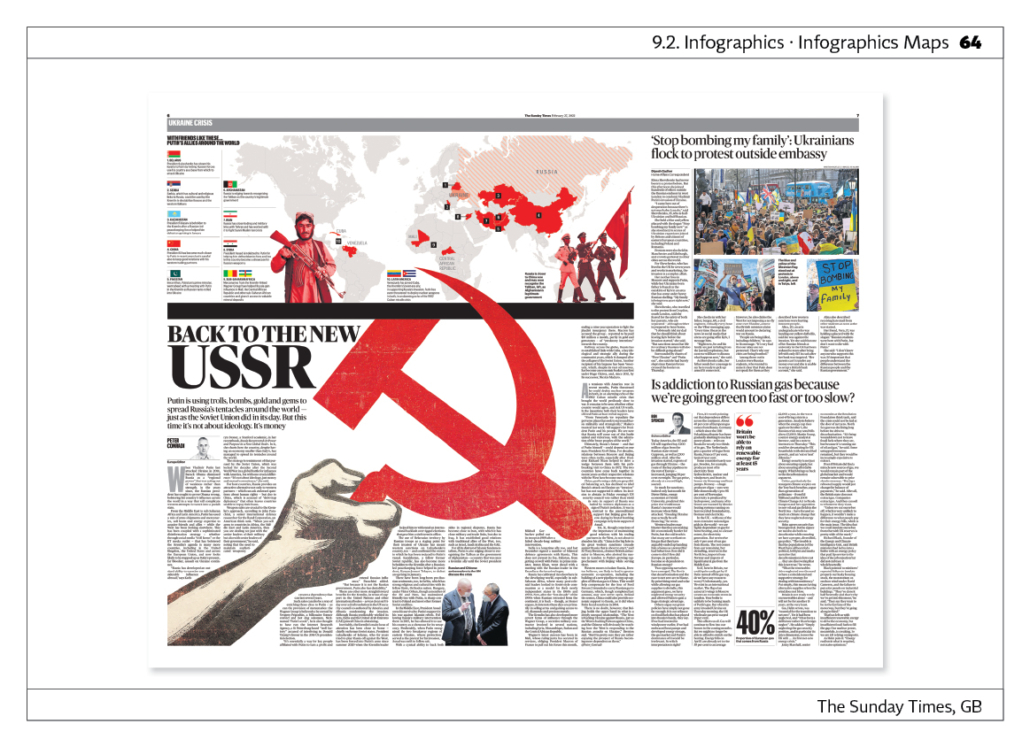
10. Illustration - exemplary pages
This category includes examples of illustration. This means drawings, watercolours or illustrations made by other technical means. Photographs do not belong in this category. A maximum of four entries are allowed.
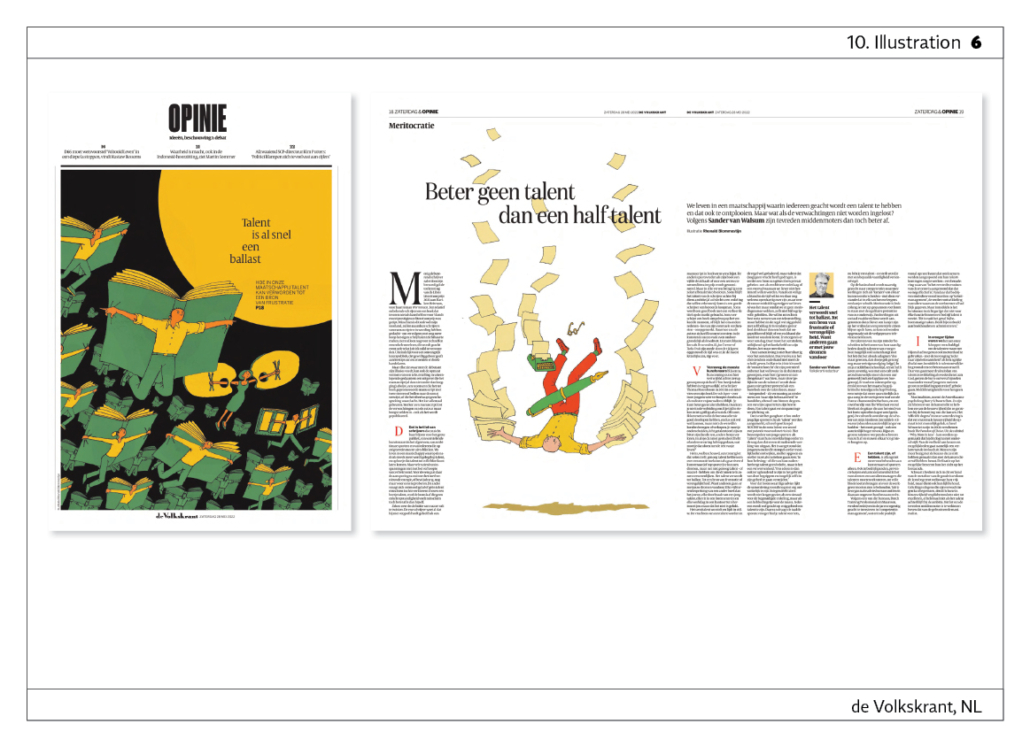
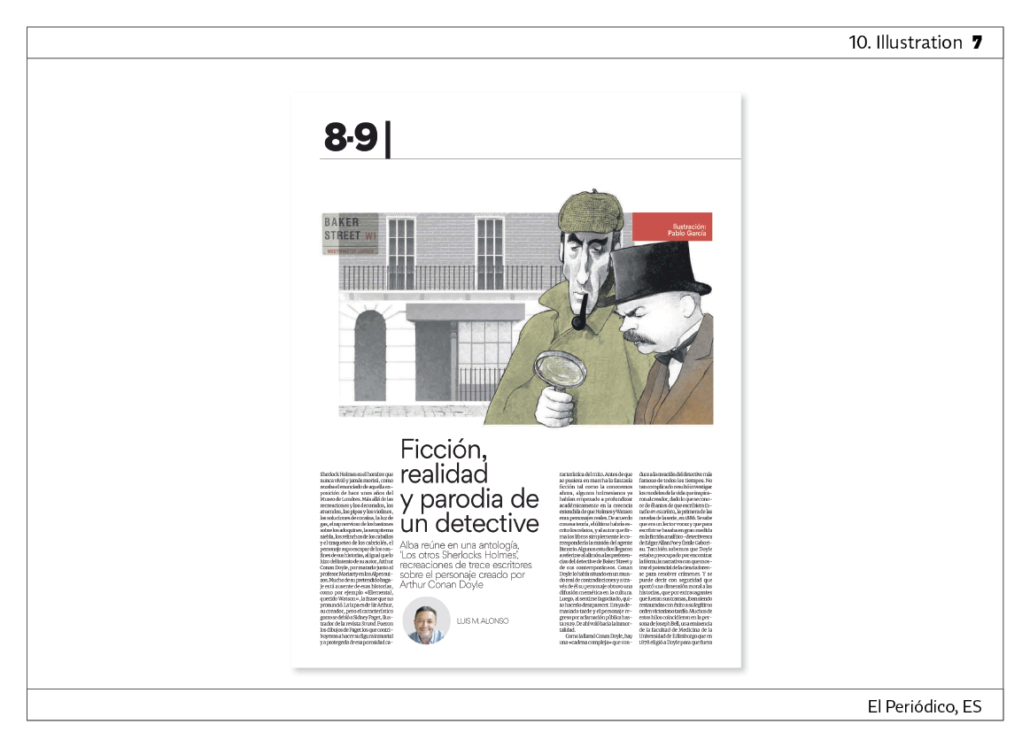
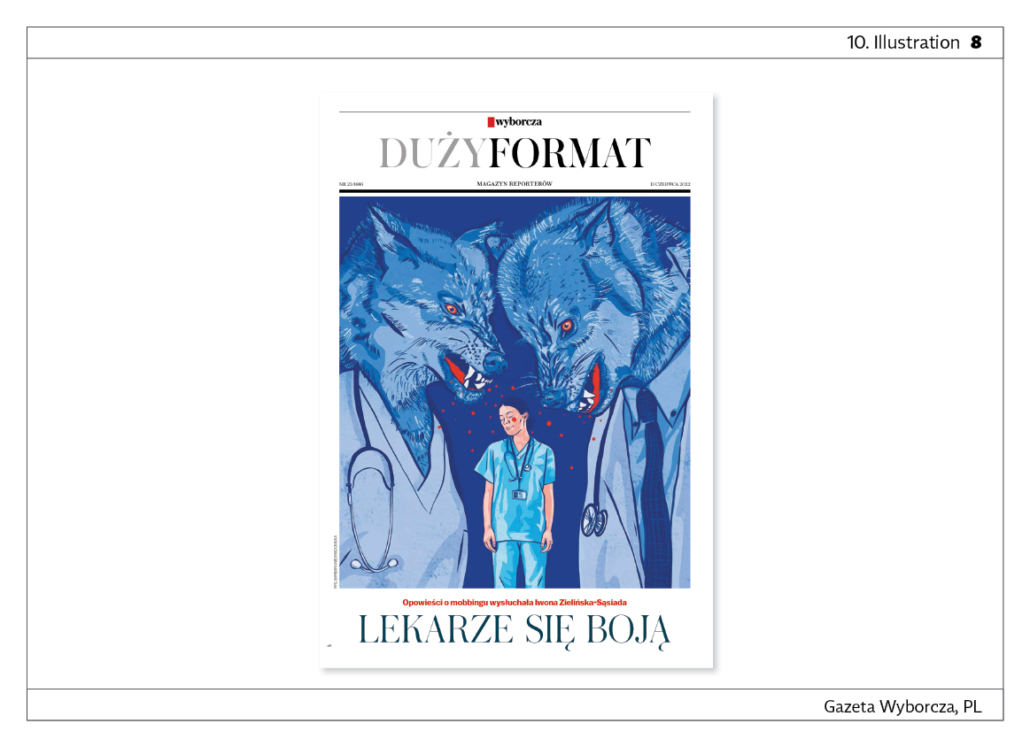
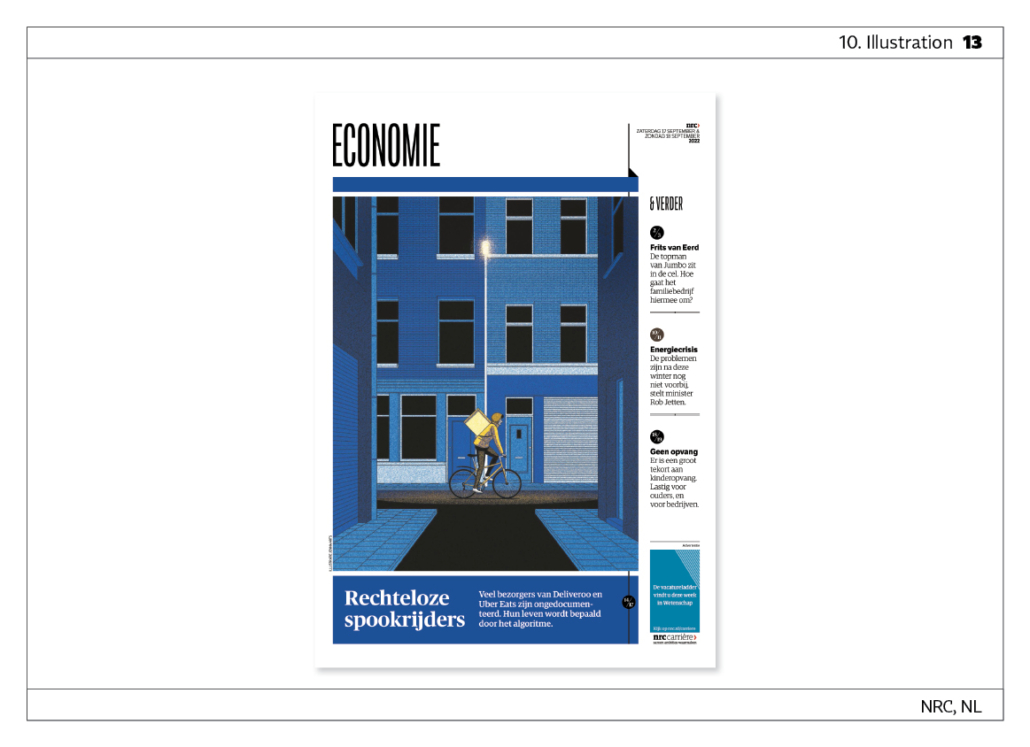
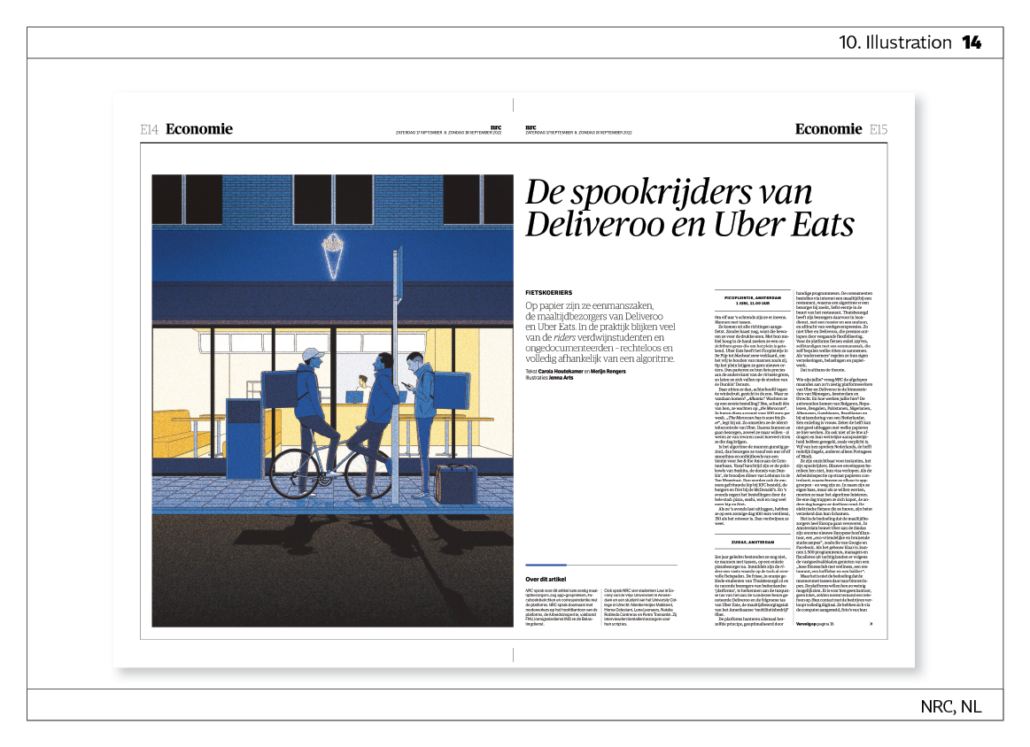
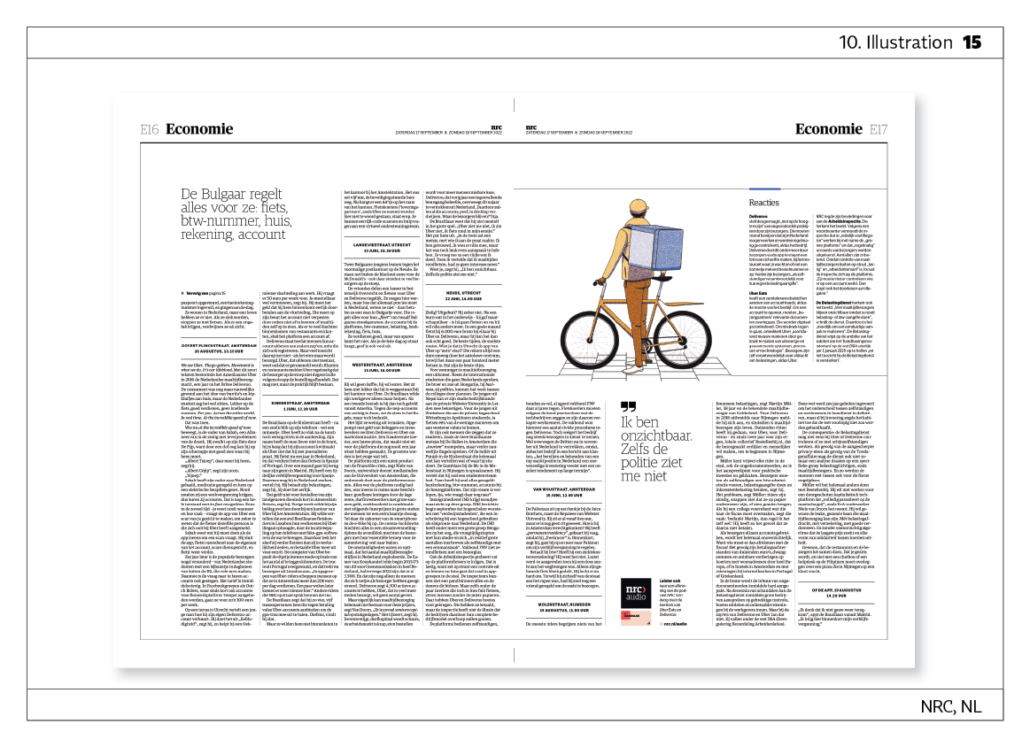
11.0. Weekend supplements - exemplary pages
This category includes outstanding weekend supplements. The day of the week on which they are published does not matter. What is essential is that they are an integral part of the newspaper and are published regularly. A maximum of four pieces are allowed. It is best to select the best front pages, cover stories, photo reports of a weekend supplement and submit them in this category.
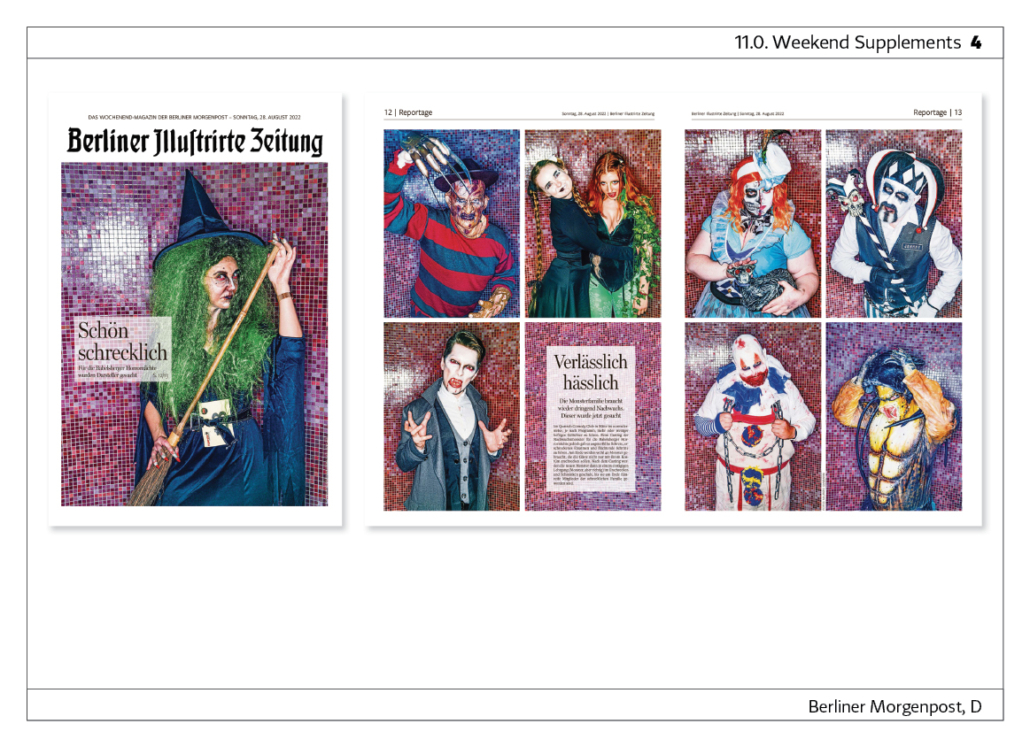
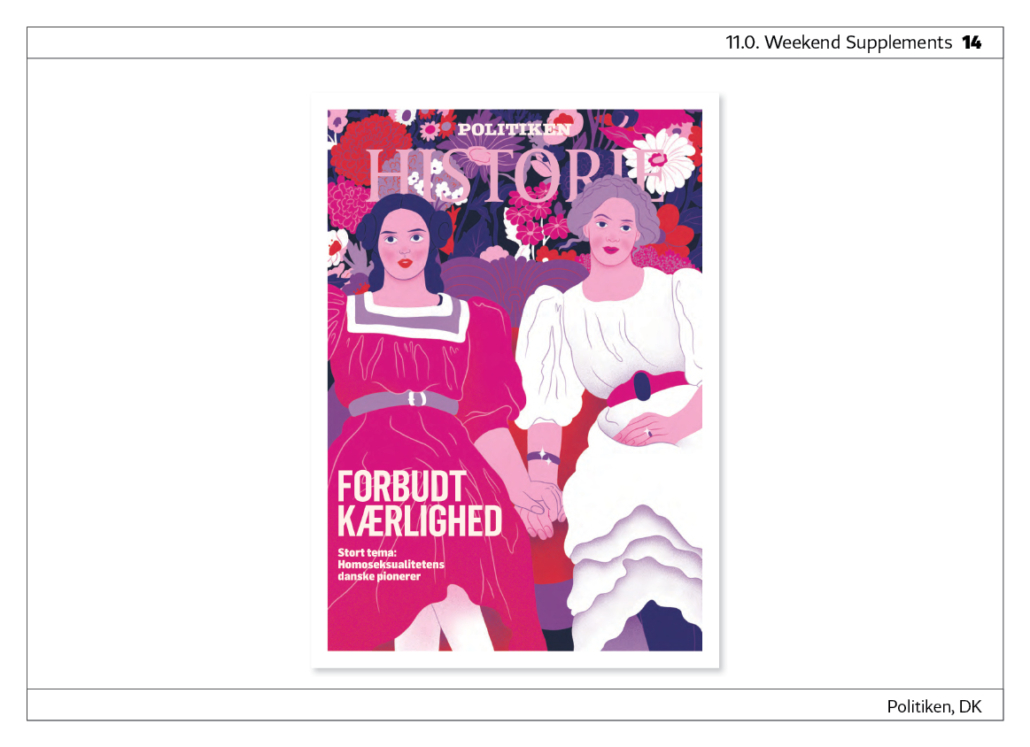
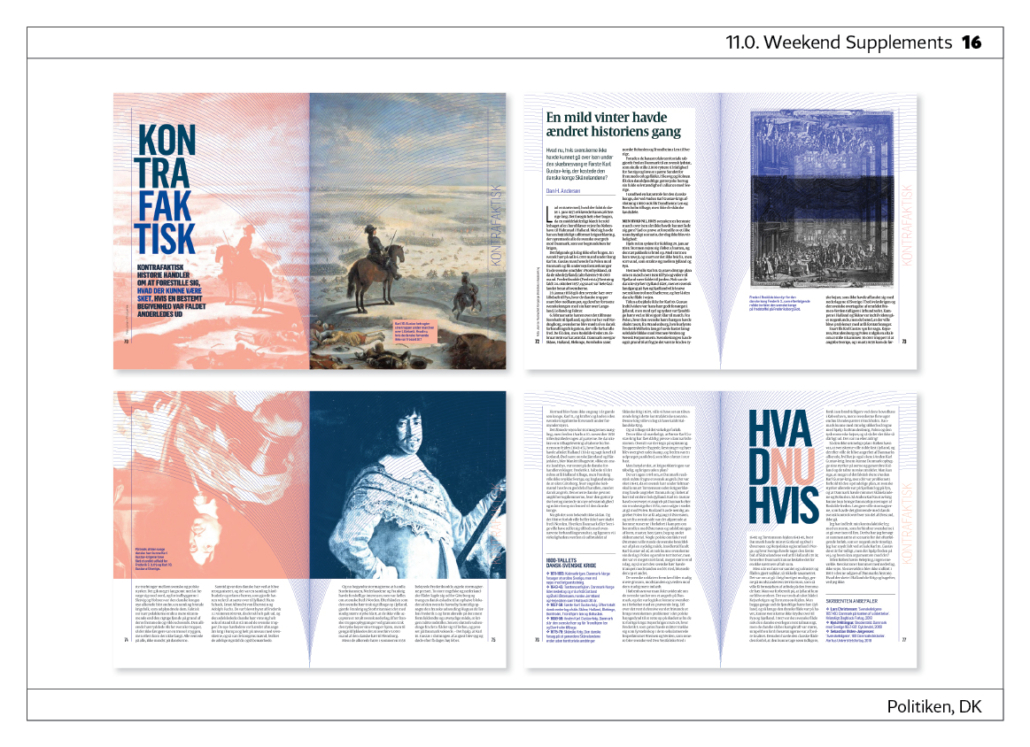
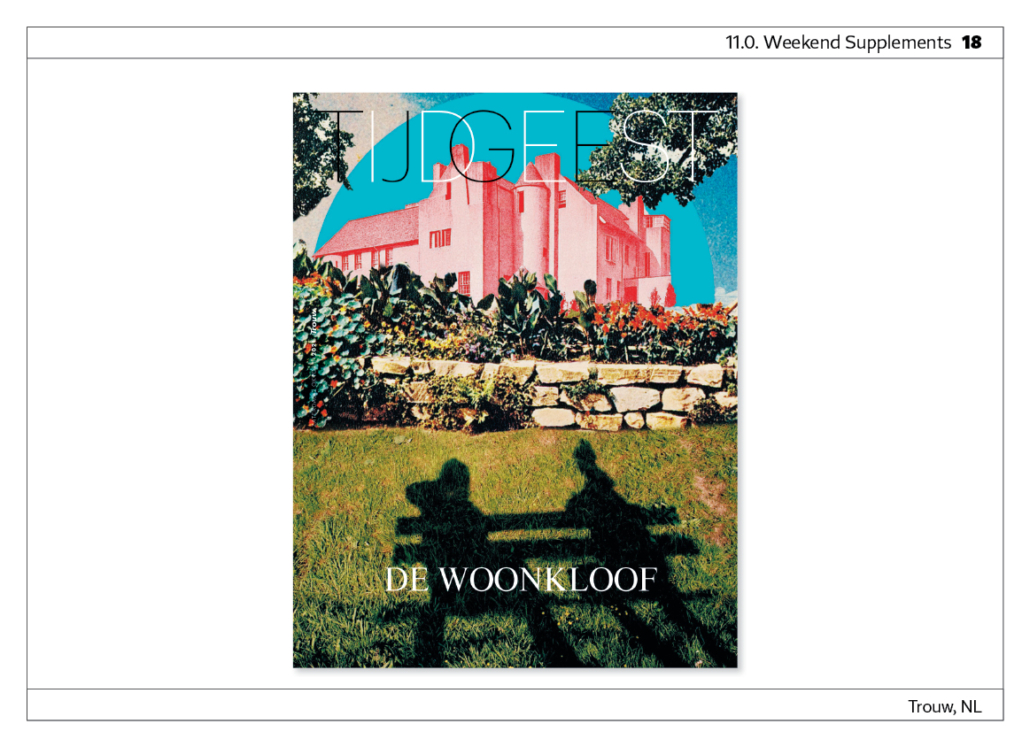
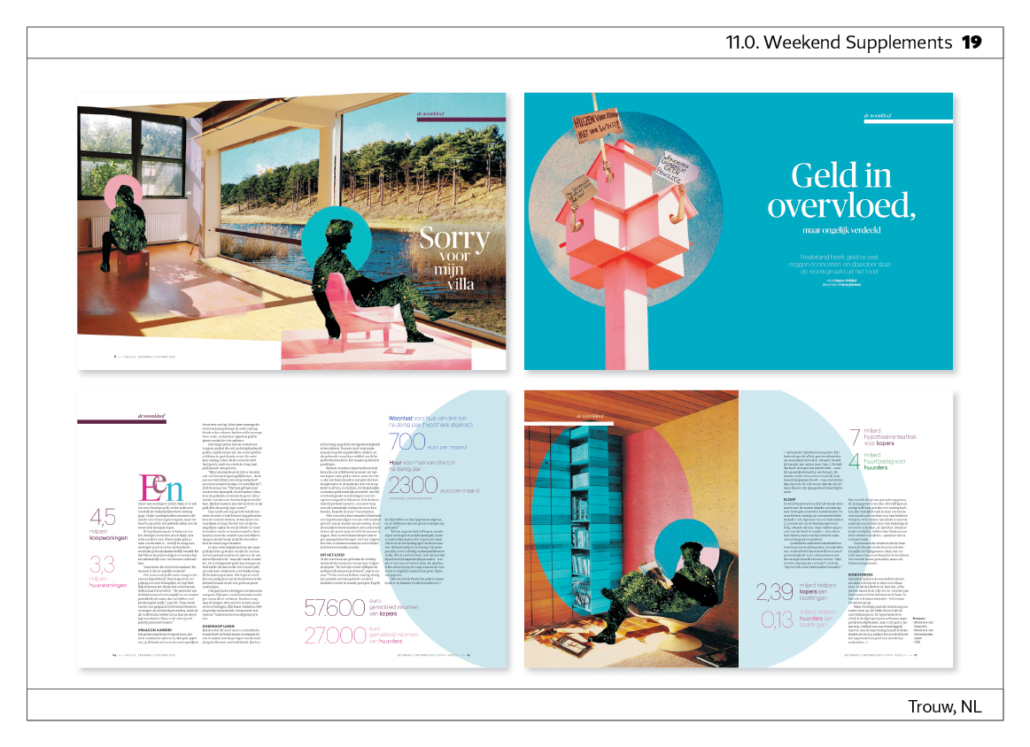
11.1. Supplements for special occasions - exemplary pages
This category includes outstanding supplements on special occasions. The end of the Second World War, the success of a regional football team, the commemoration of the liberation of the Auschwitz concentration camp – there are many topics that can be covered in a special supplement.
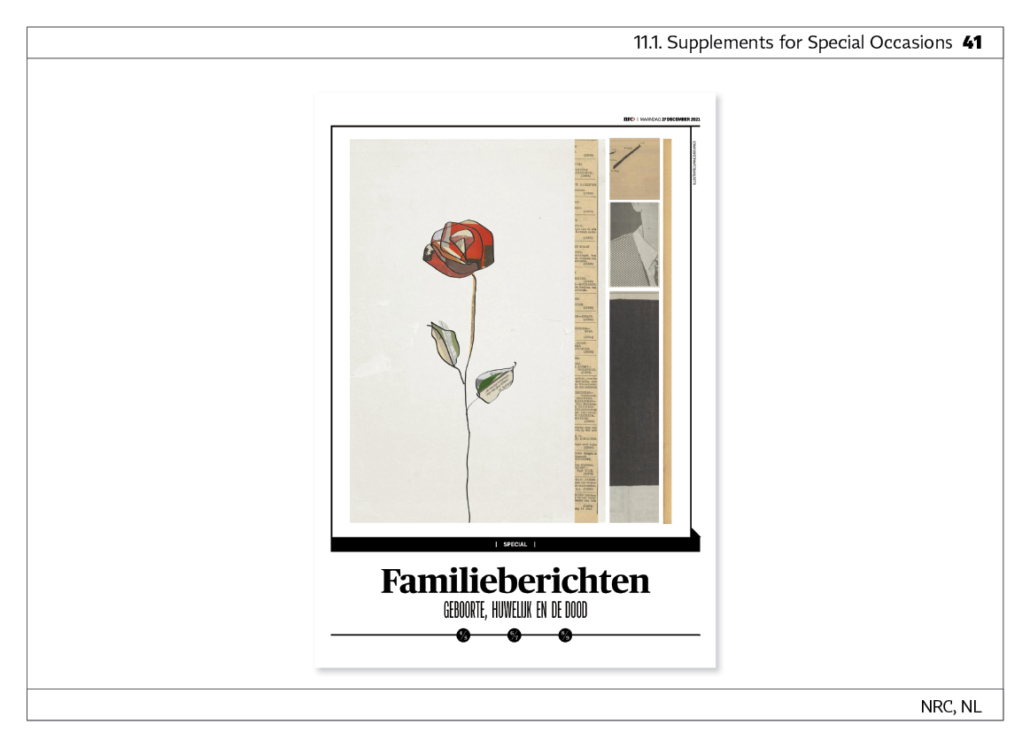
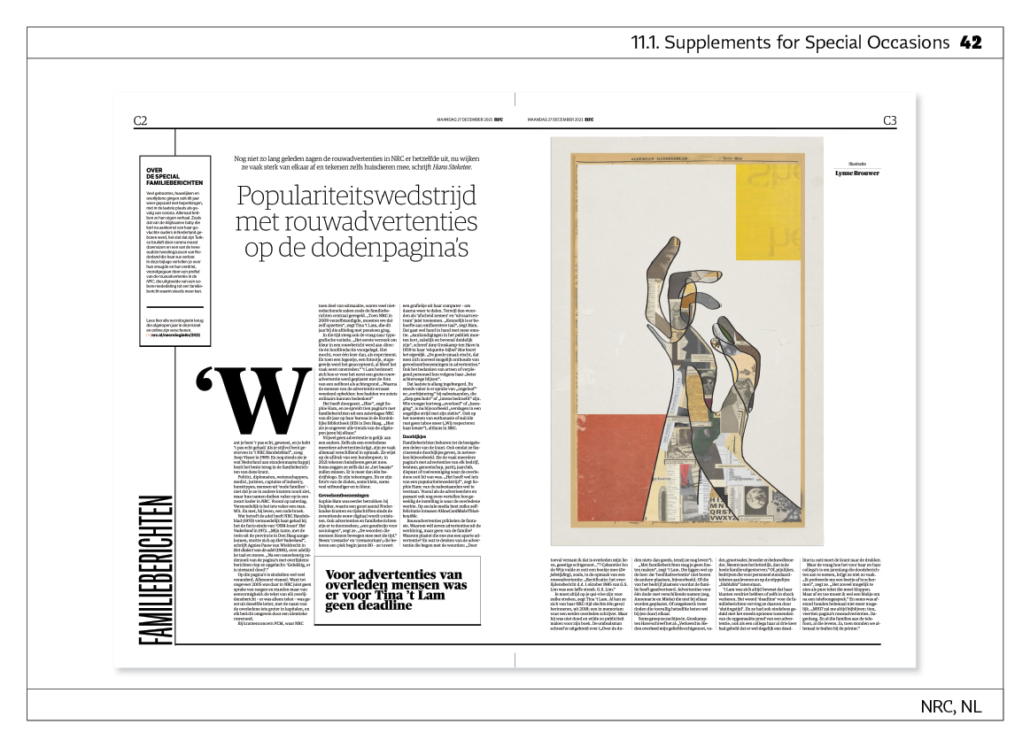
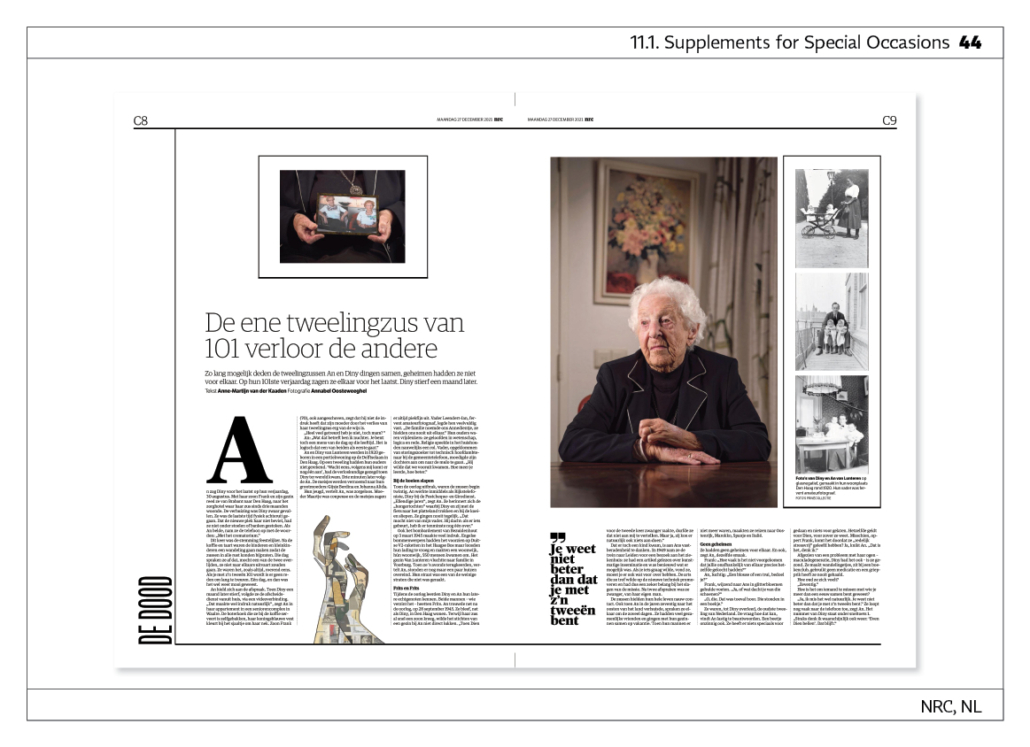
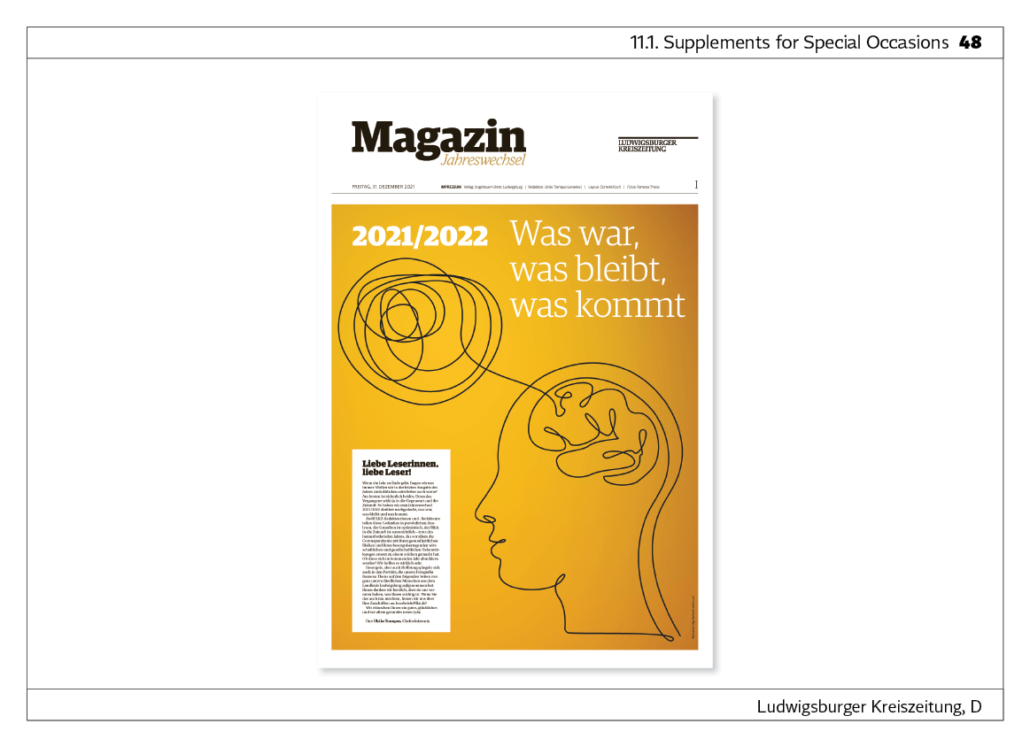
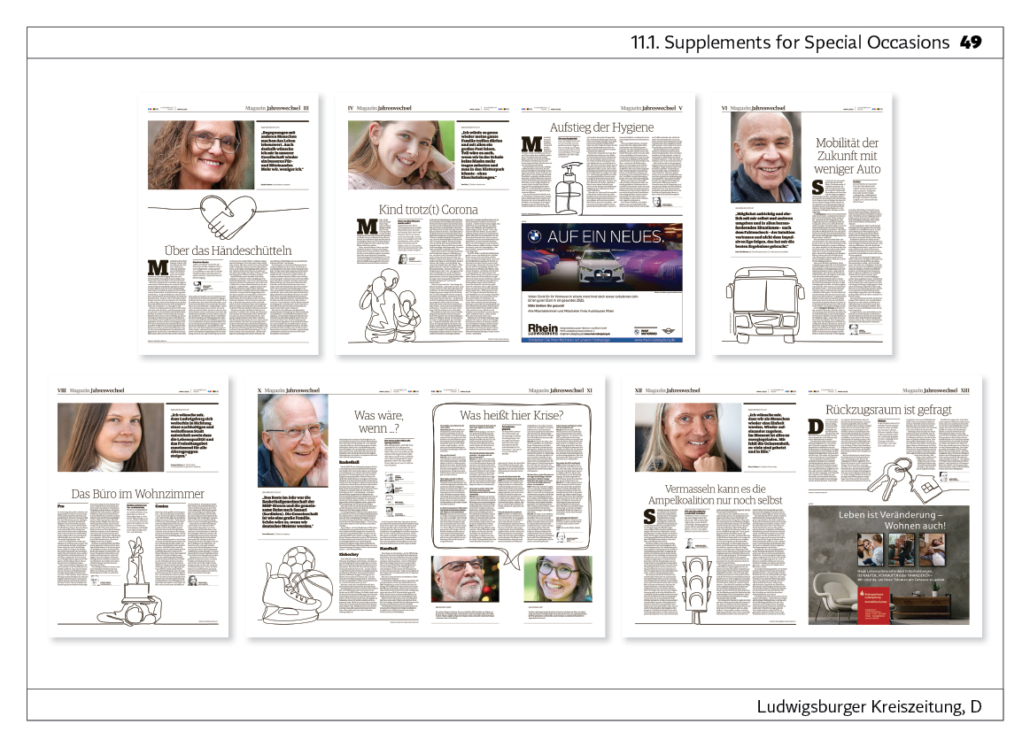
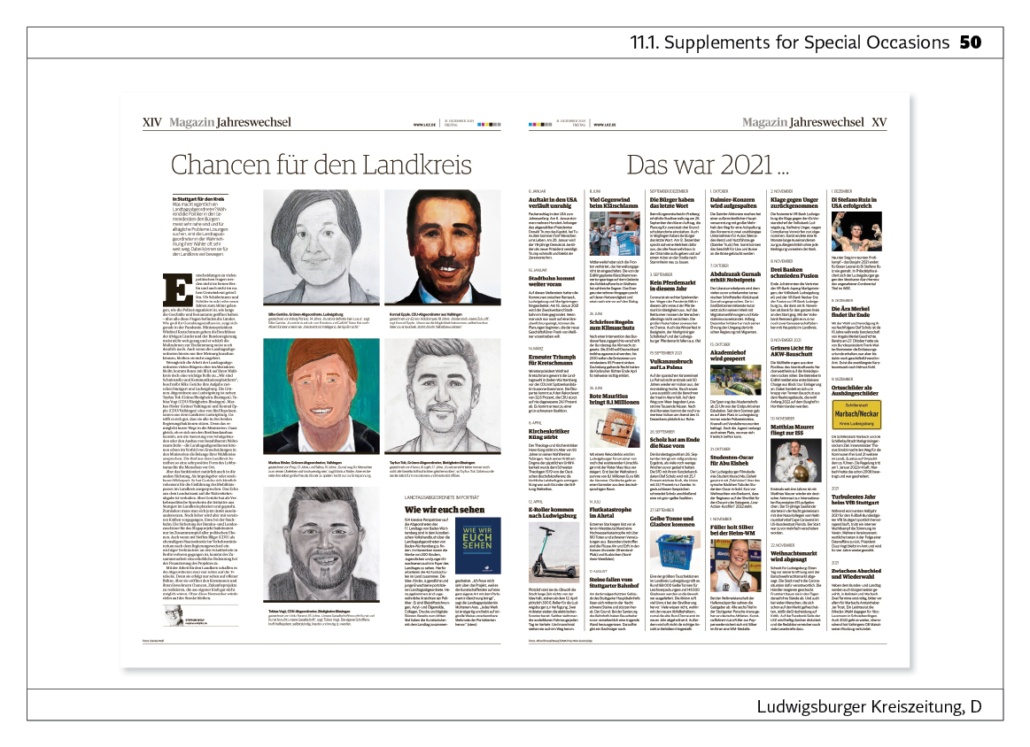
11.2 Magazine supplements - sample pages
This category includes outstanding magazine supplements. This refers to supplements that are printed on magazine paper and are published in the magazine layout. They can also be magazines that are offered on the newsstand in addition to the newspaper. Please do not submit magazines or parts of magazines, such as cover and cover stories or photo reports, in other categories. We want to deal with the magazines exclusively in this category.
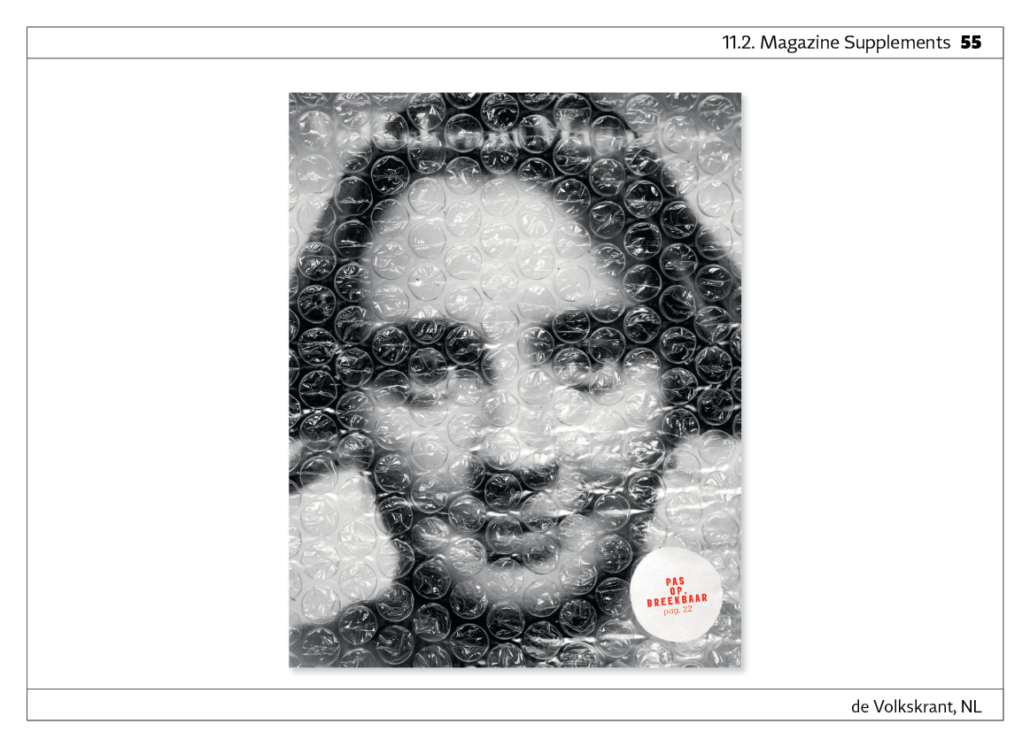
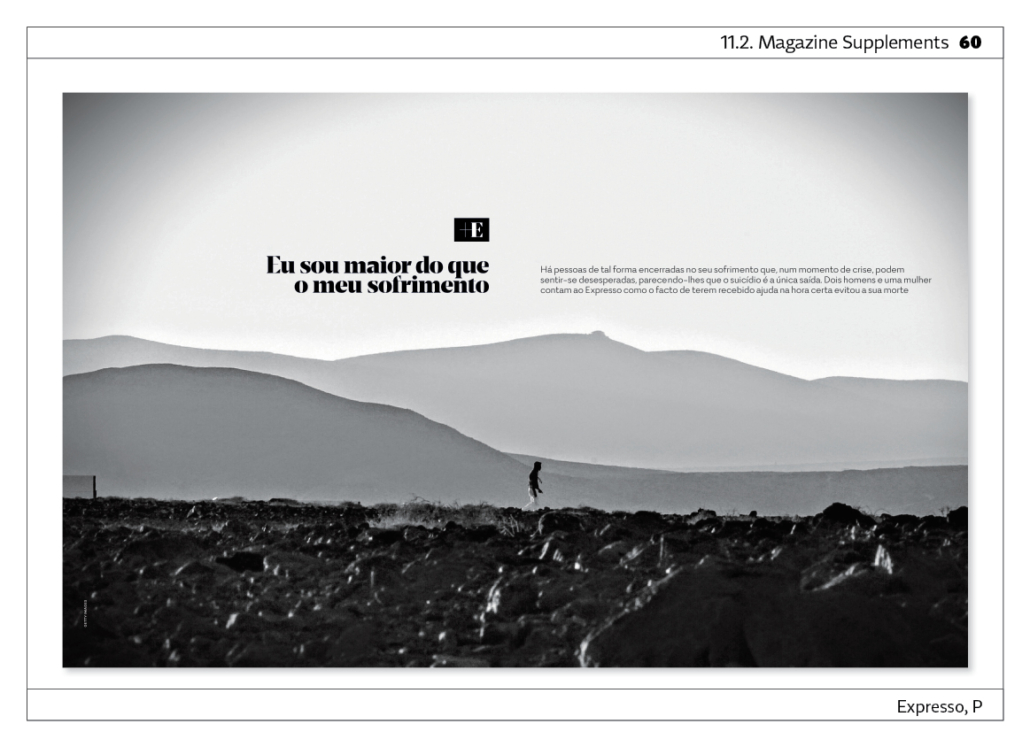
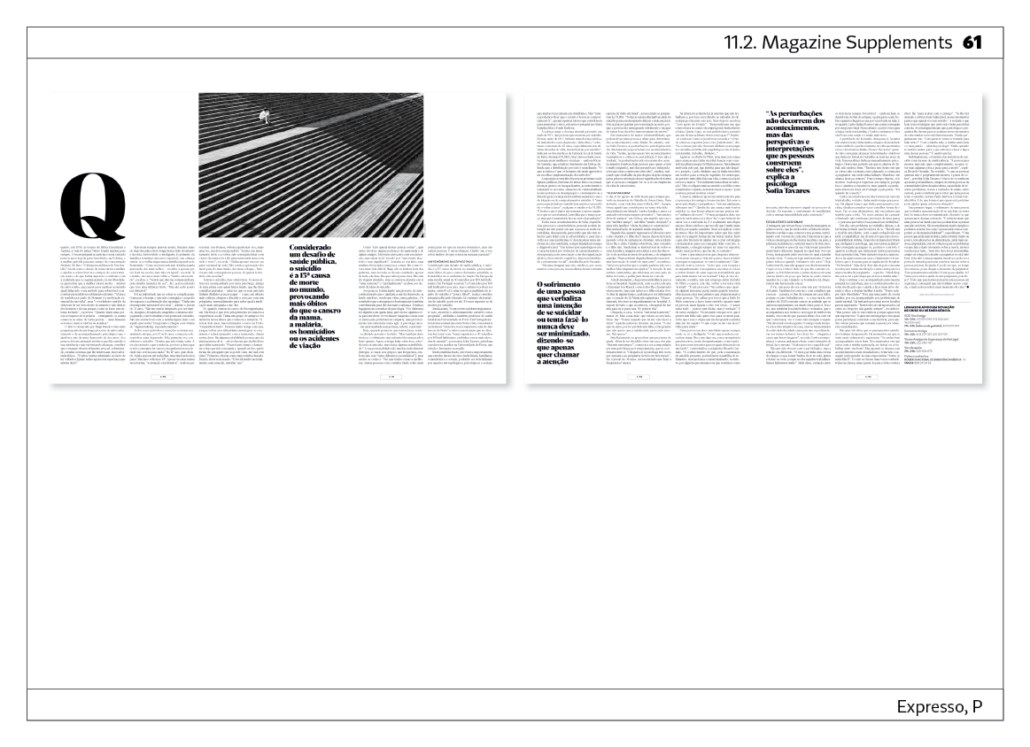
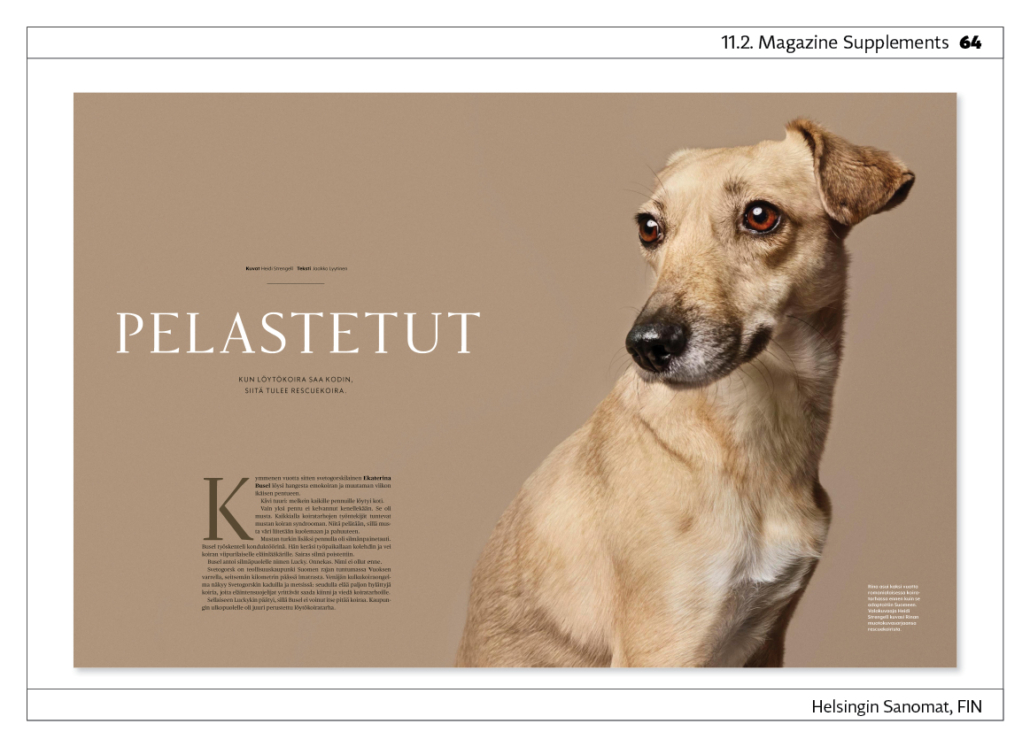
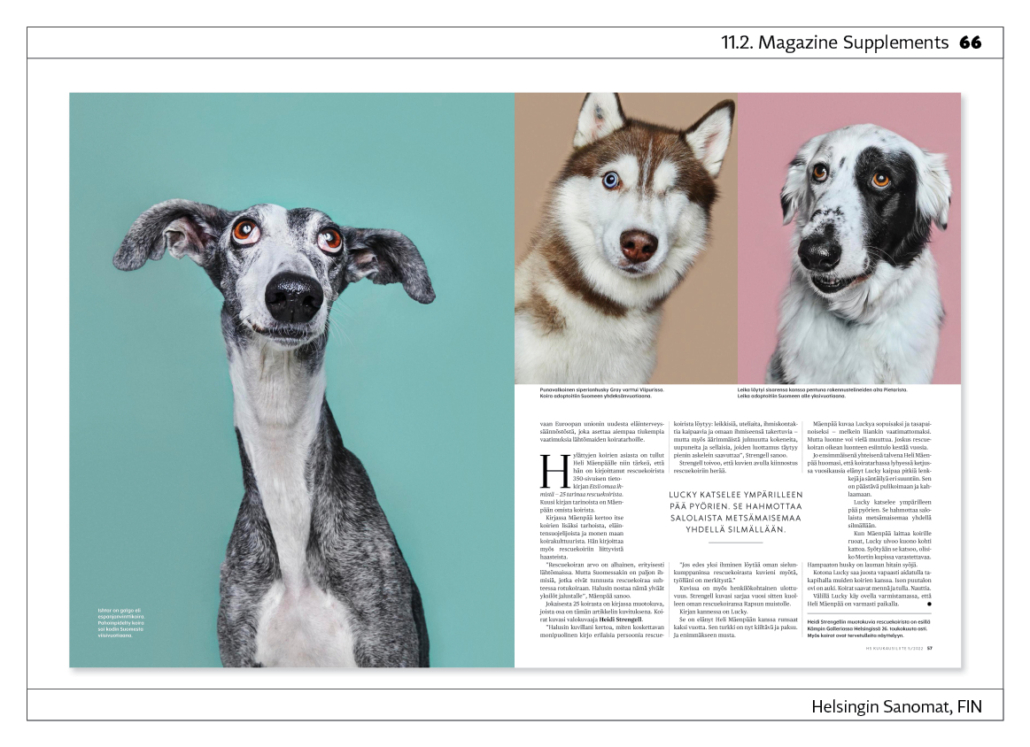
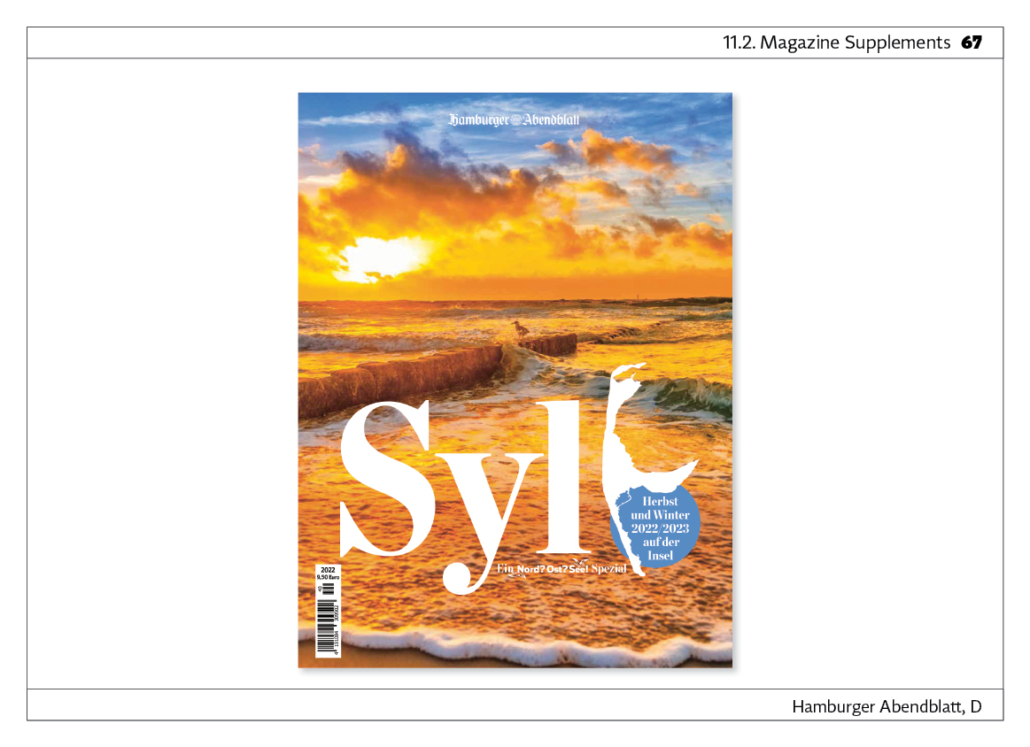
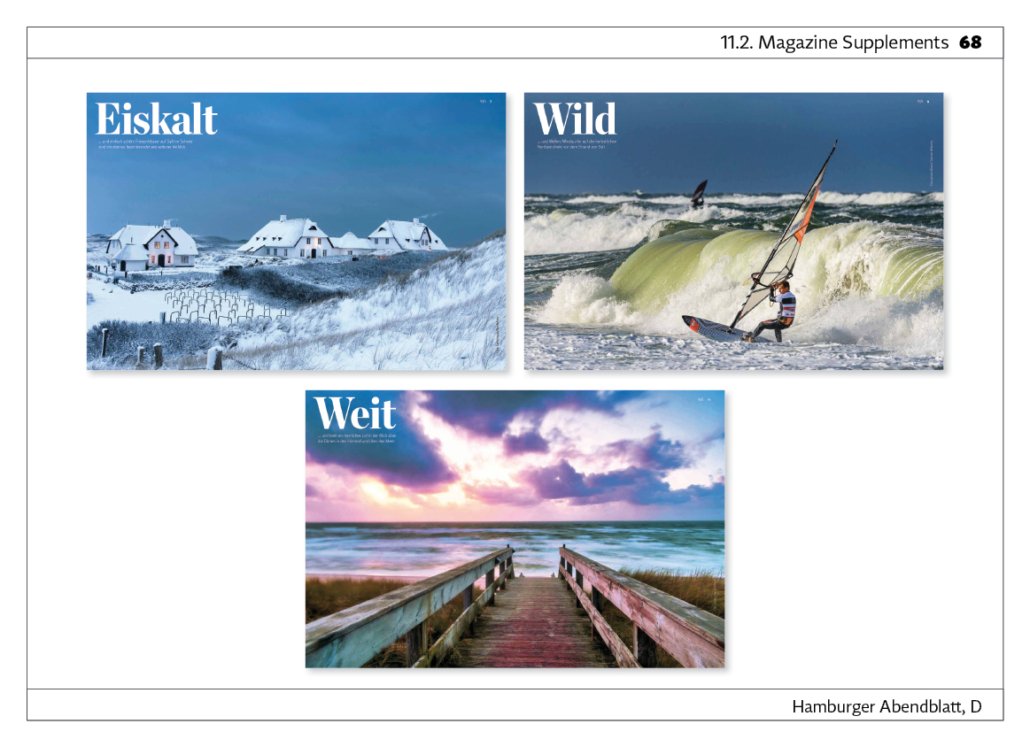
12. Special pages - exemplary pages
This category includes outstanding special pages. They are usually single or double pages that do not fit in other categories. They are often outstandingly laid out. The jury reserves the right to move submissions to other categories if they can be better judged there.

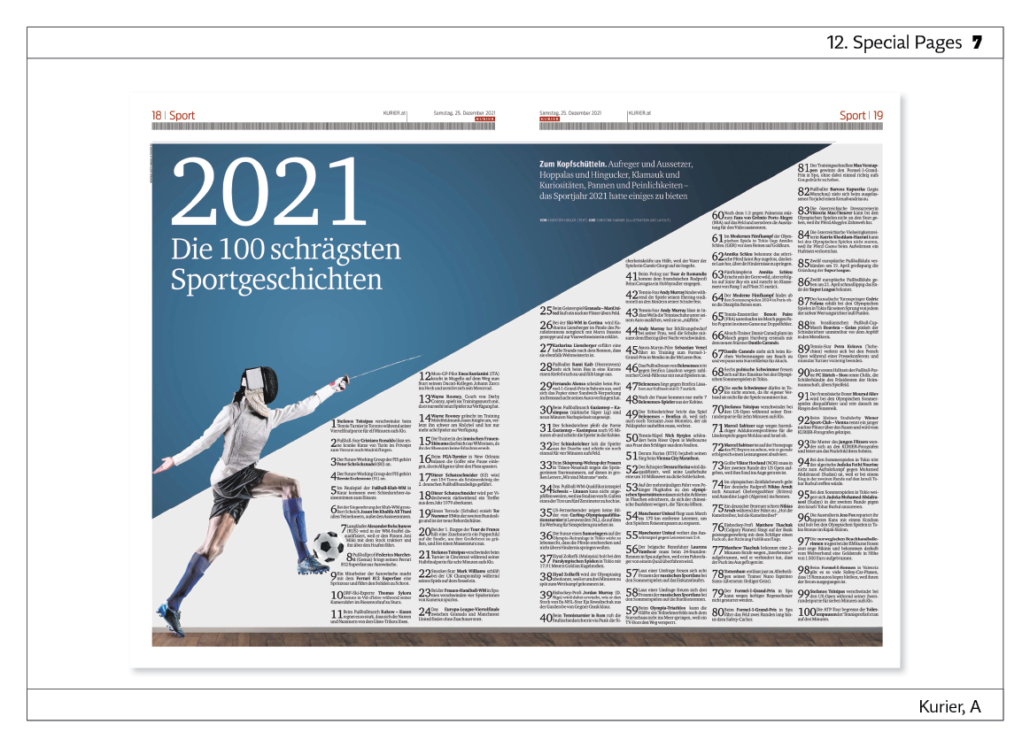
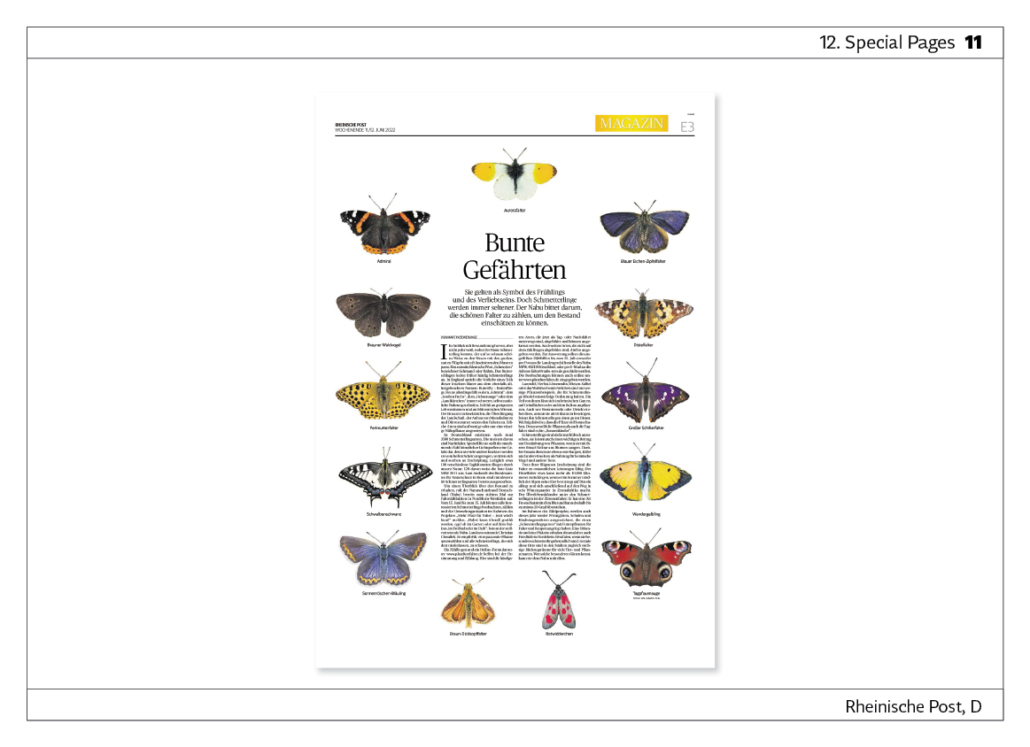
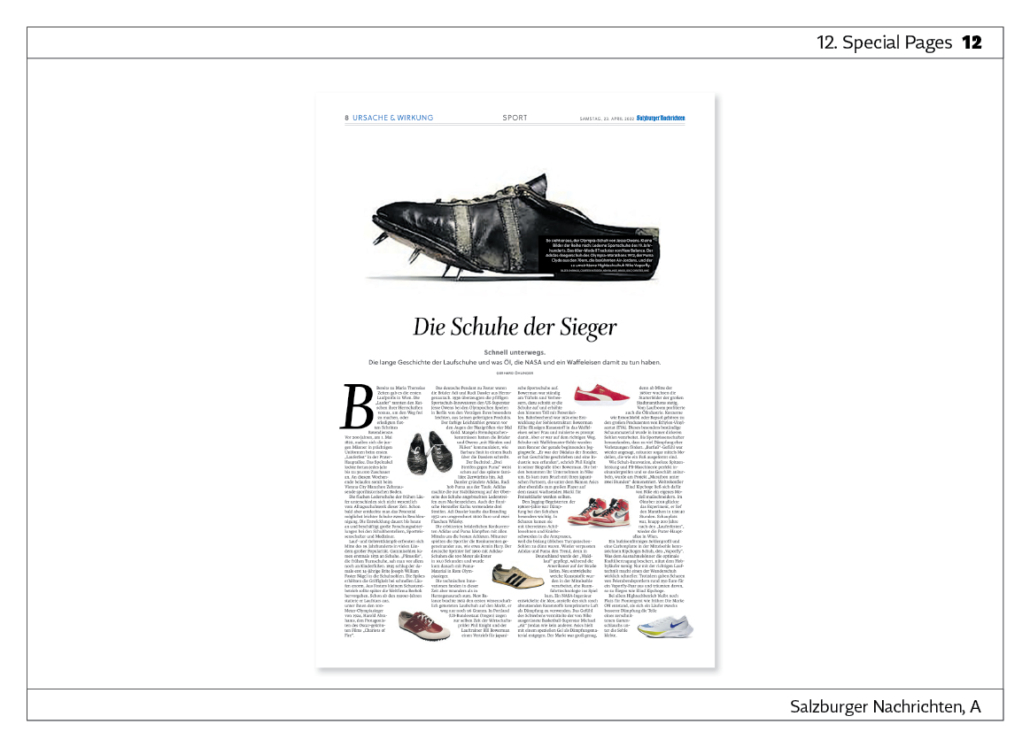
13. Typography - exemplary pages
In this category, the entire typography of the newspaper is judged. If you want to participate here, you have to submit a complete issue as a pdf. Individual pages with large typographic elements are often submitted in this category, but they are not judged here. It is better to place such pages in the special pages category.
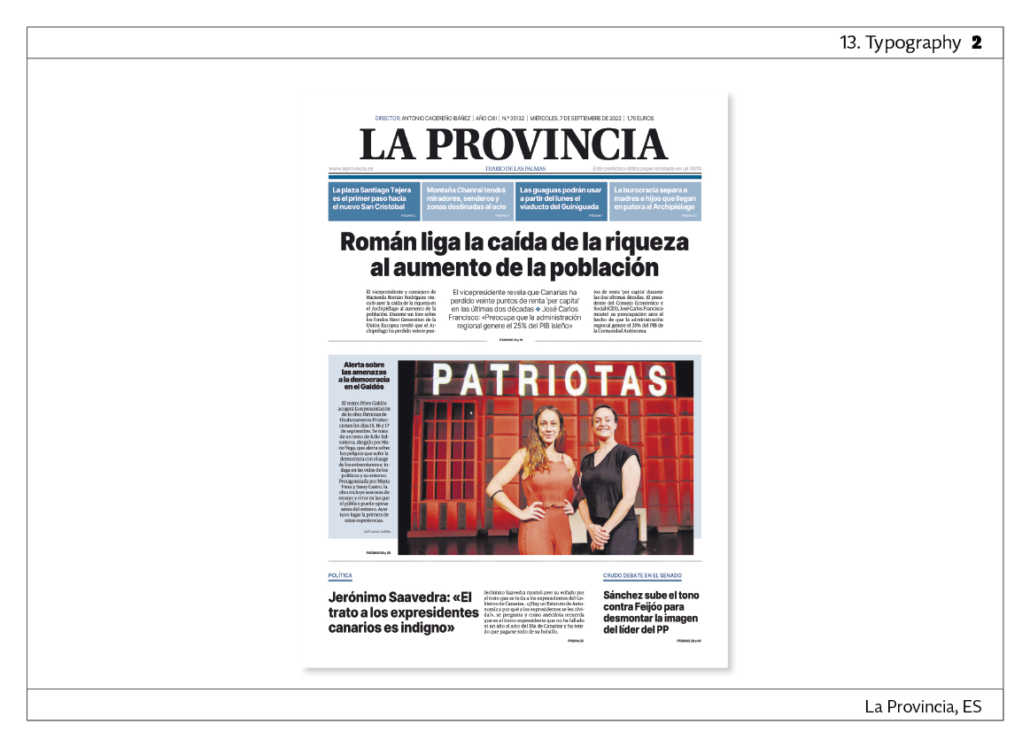
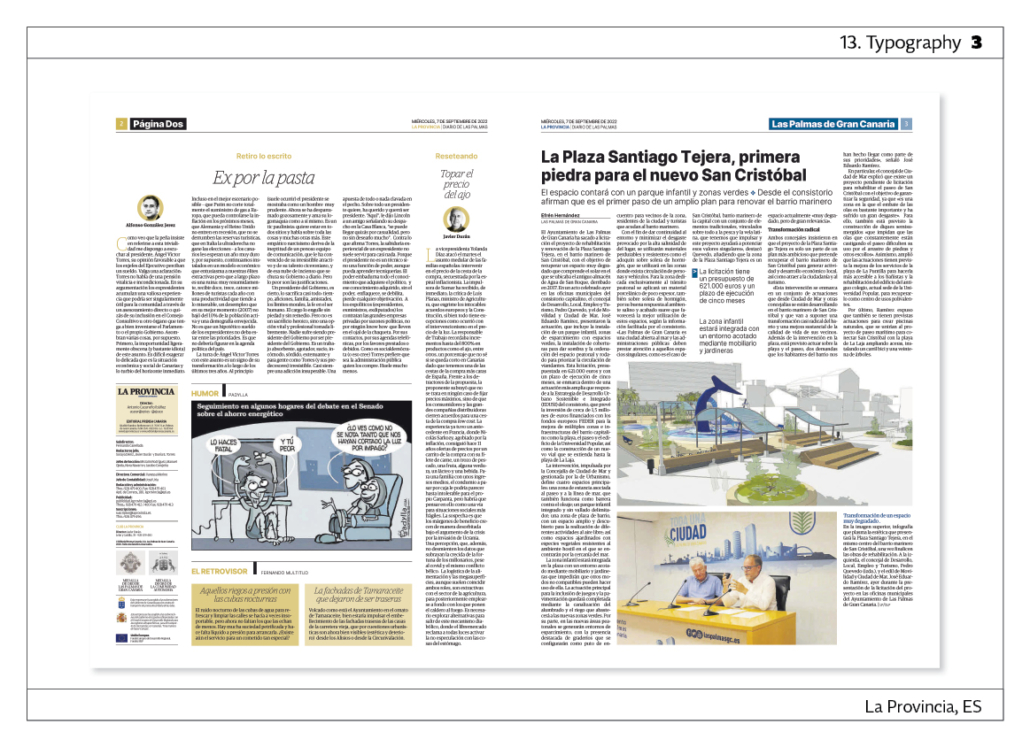
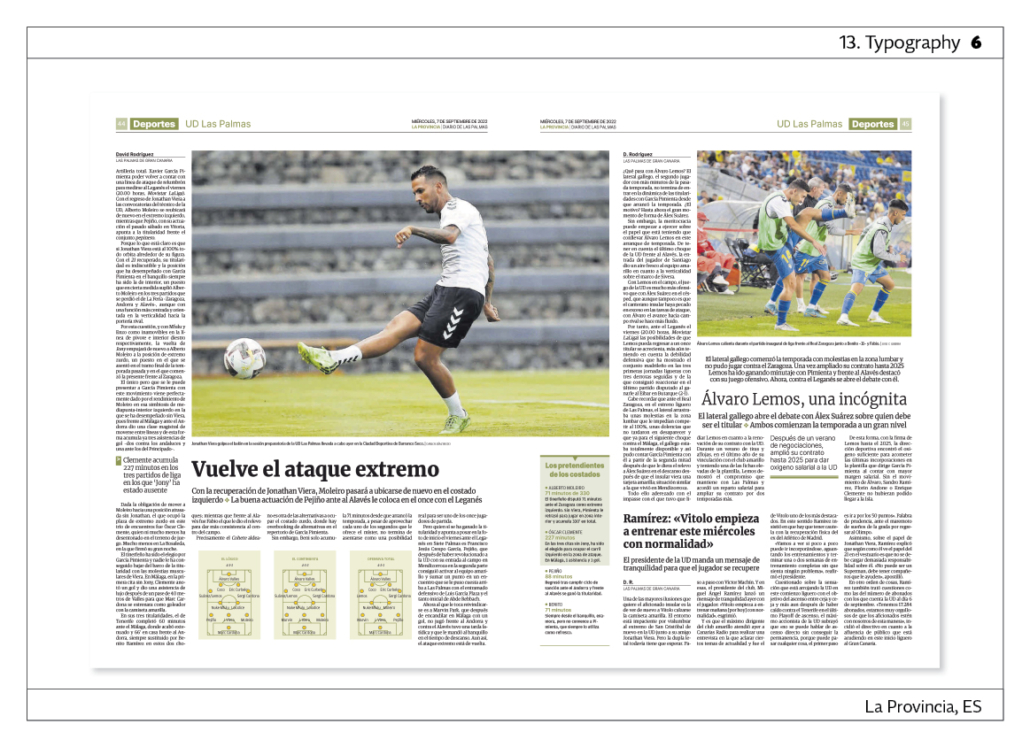
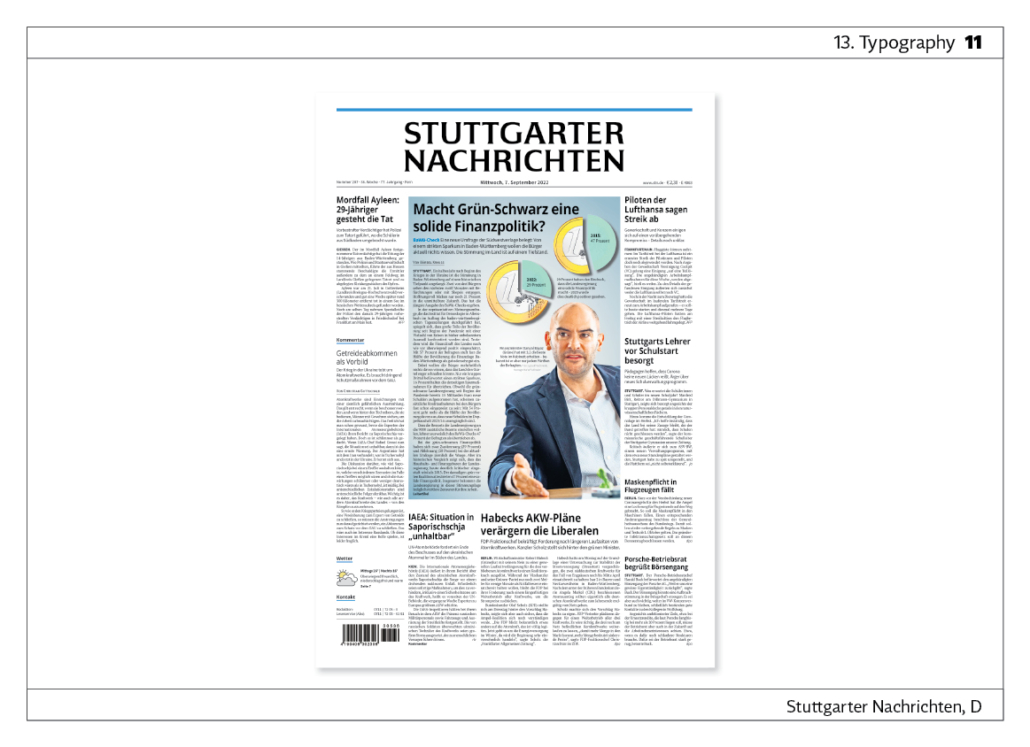
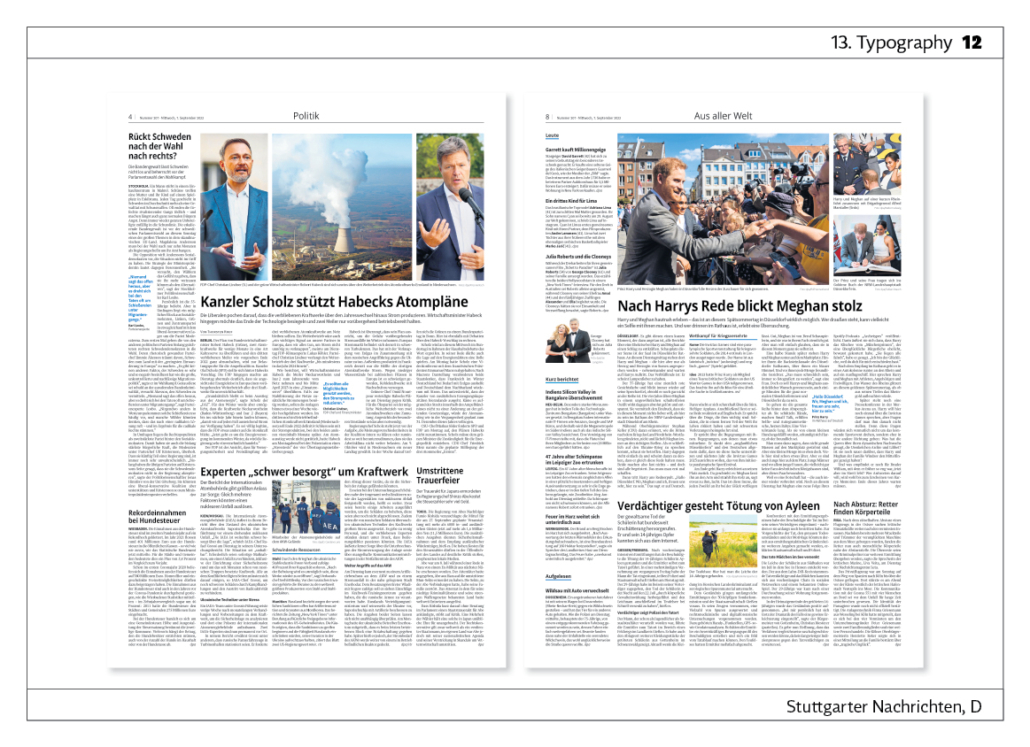
14.0 Concept / Innovation print · new series, new concepts
This category is about new editorial series. A description of the project and some examples in pdf format are required.
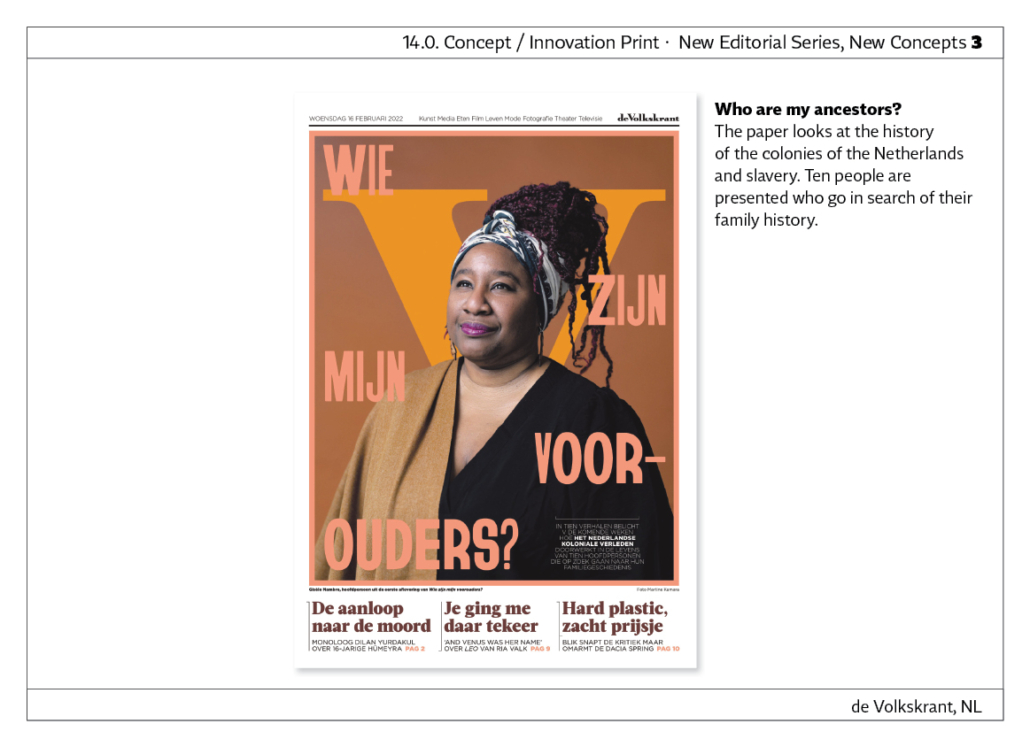
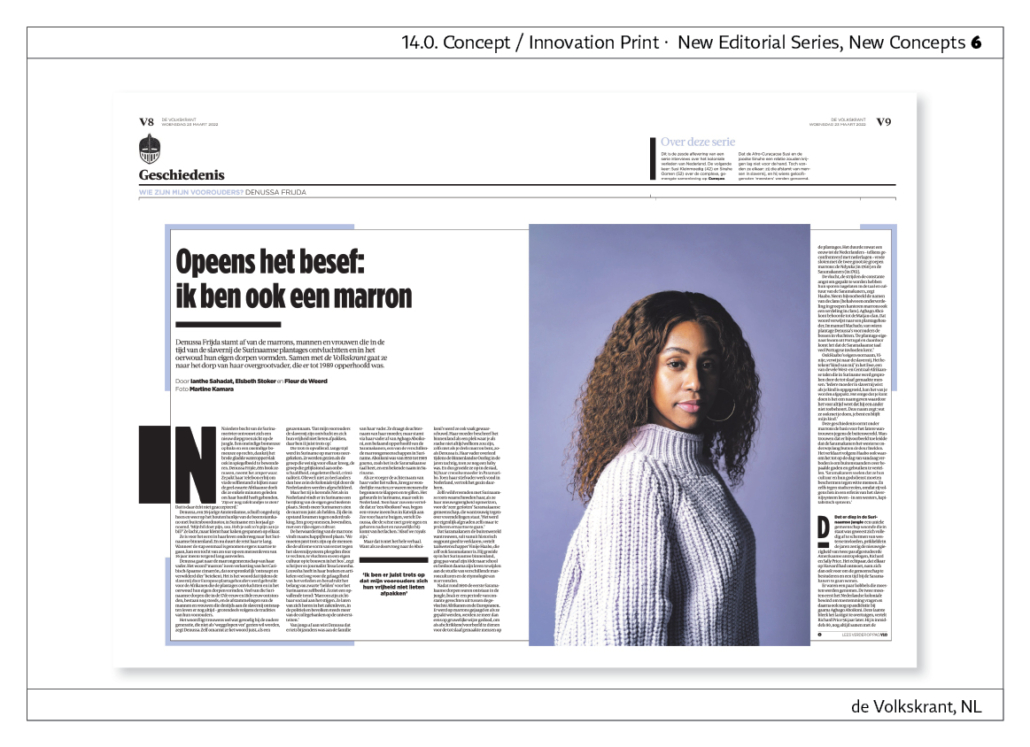
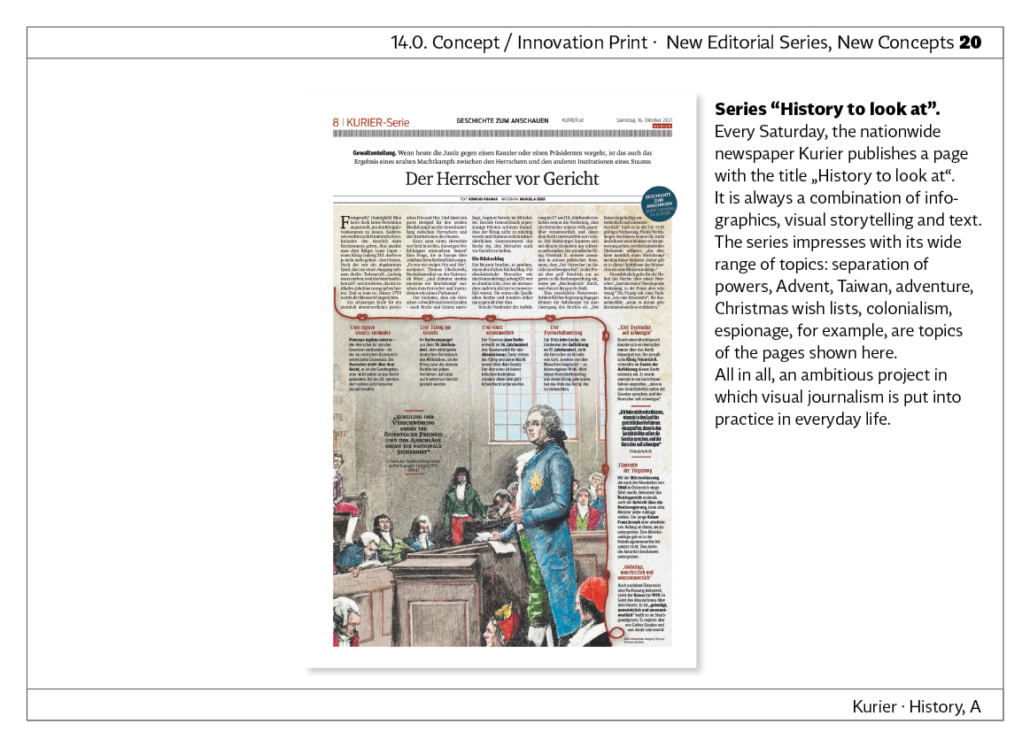
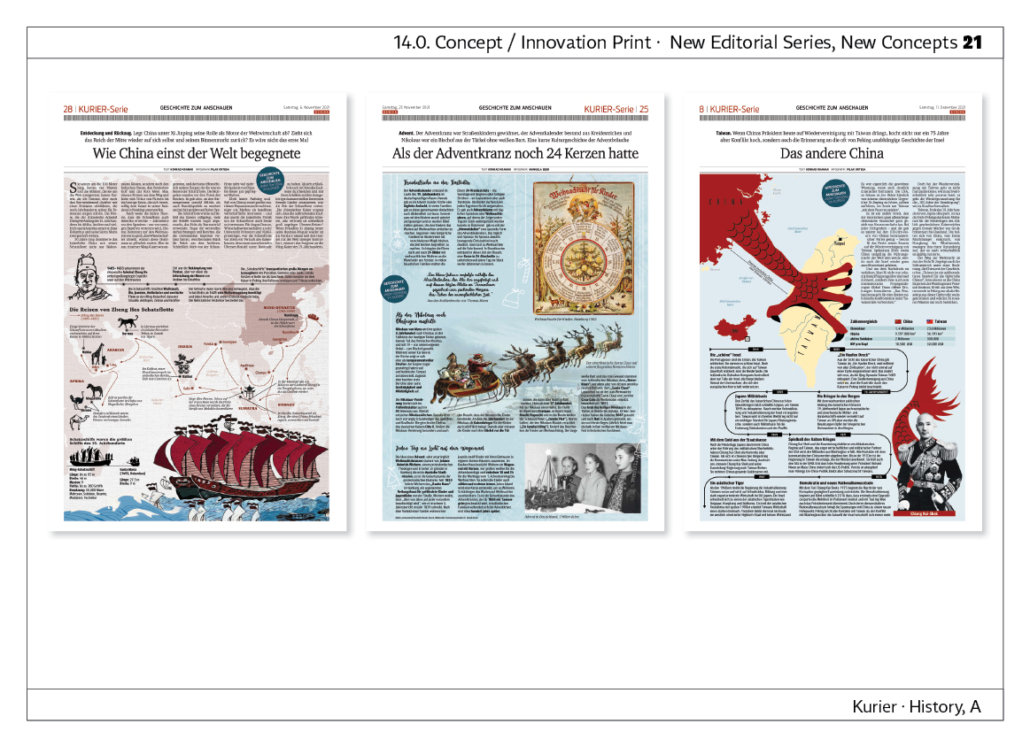
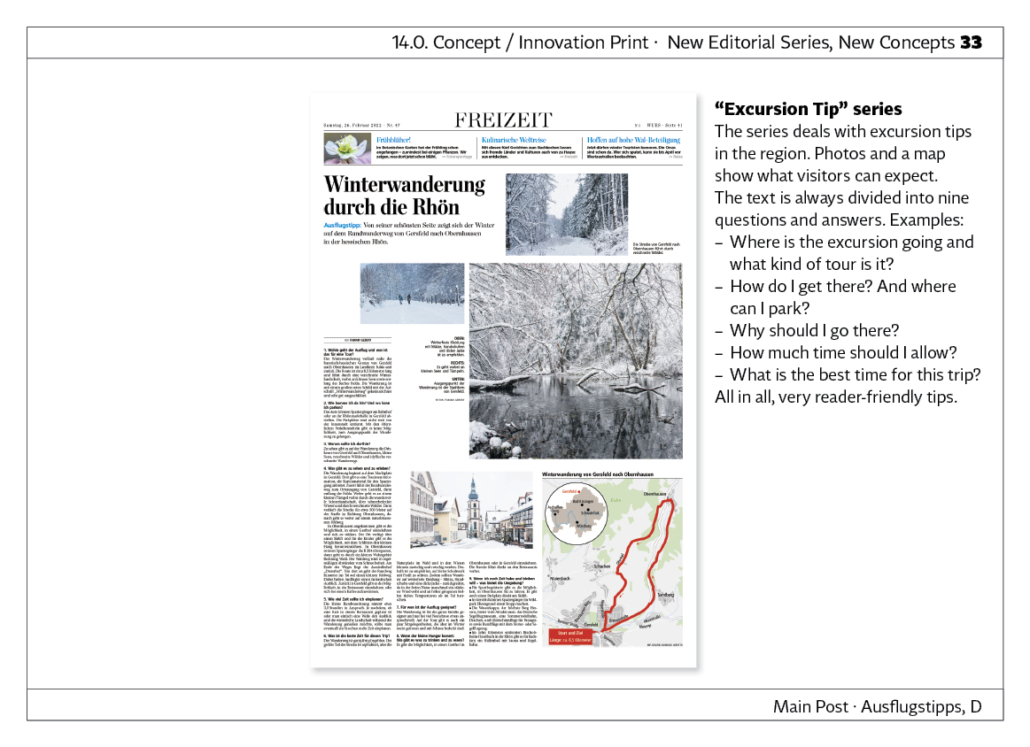
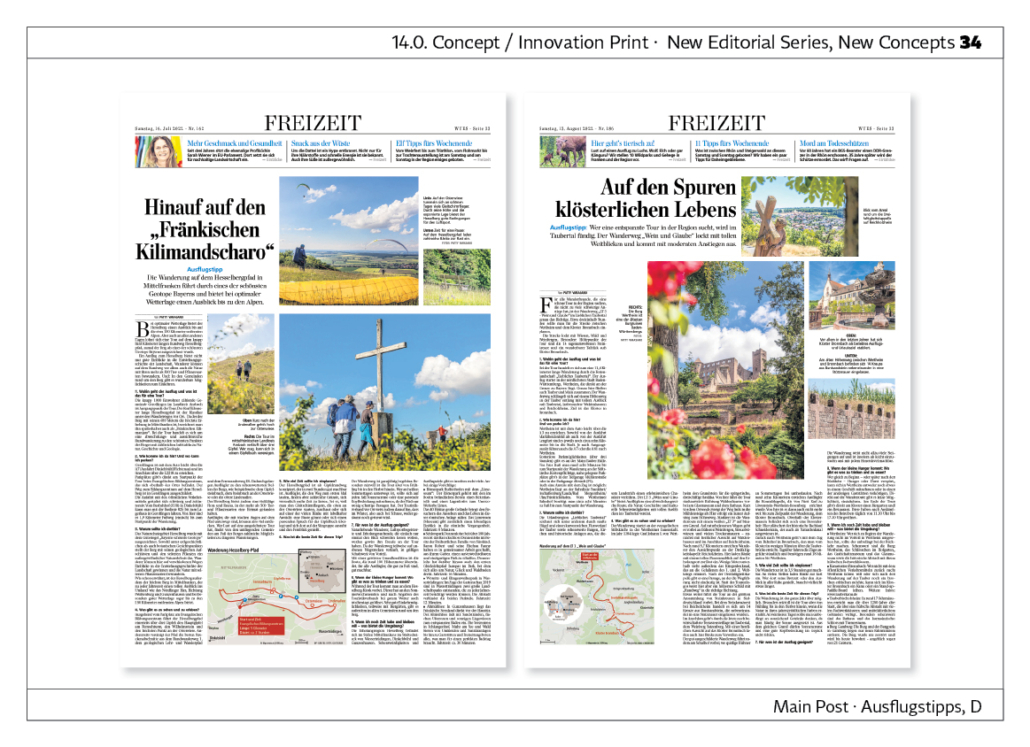
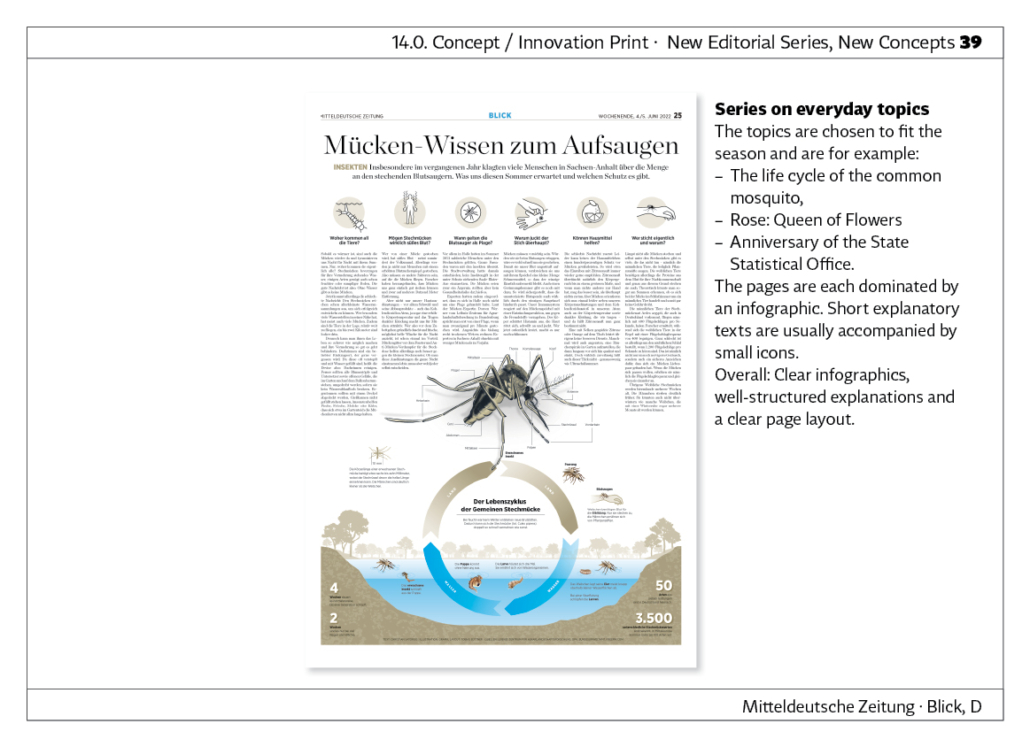
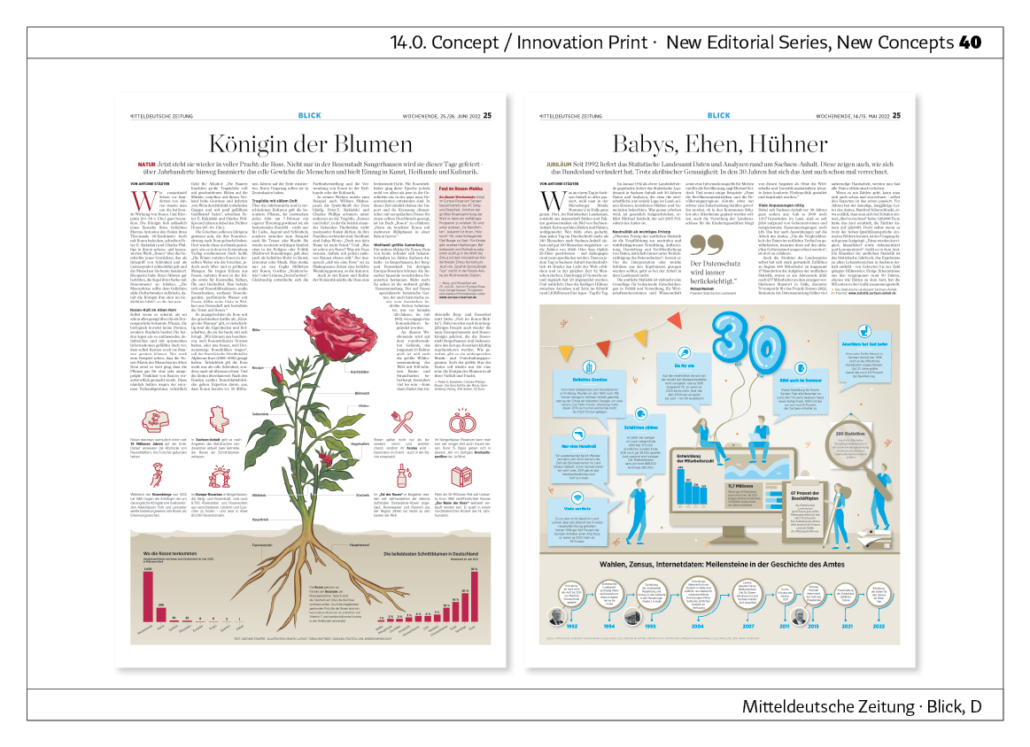
14.1. Special issues and anniversary issues - exemplary pages
This category is about complete newspaper issues dedicated to a theme. Anniversary issues also belong to this category. Four different issues can be submitted.
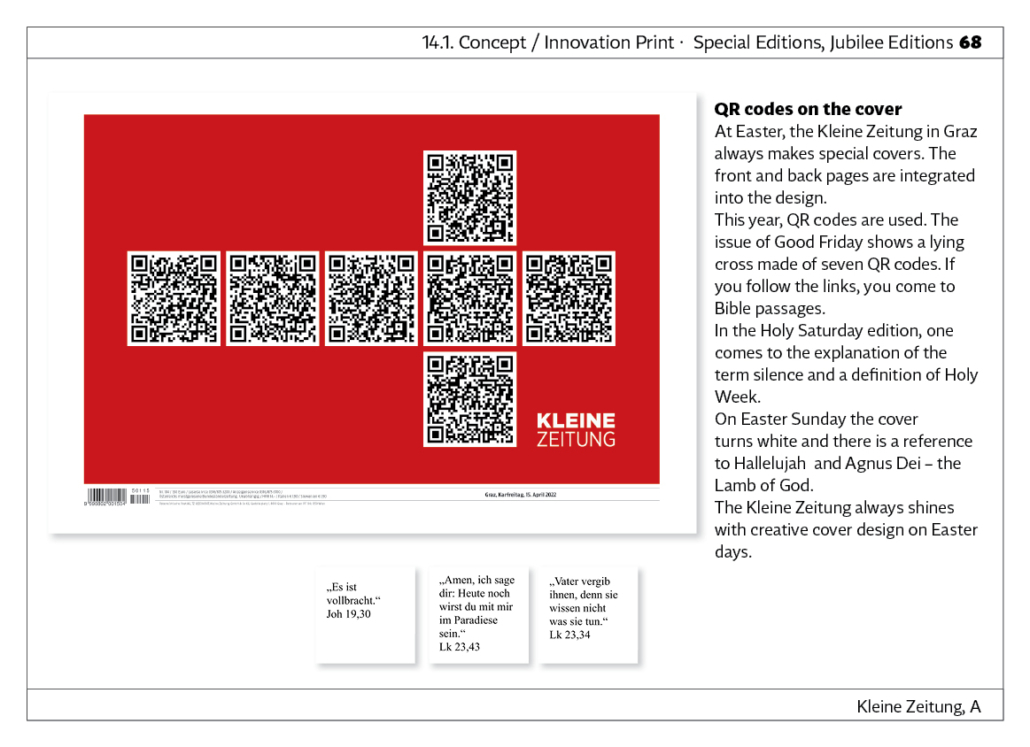
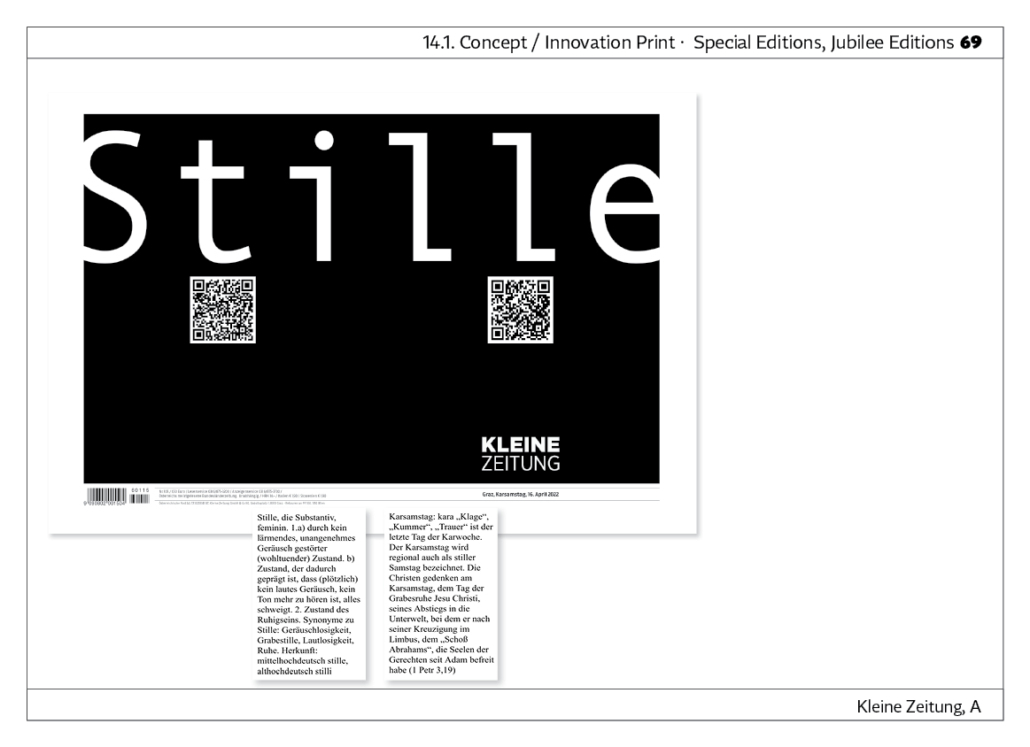
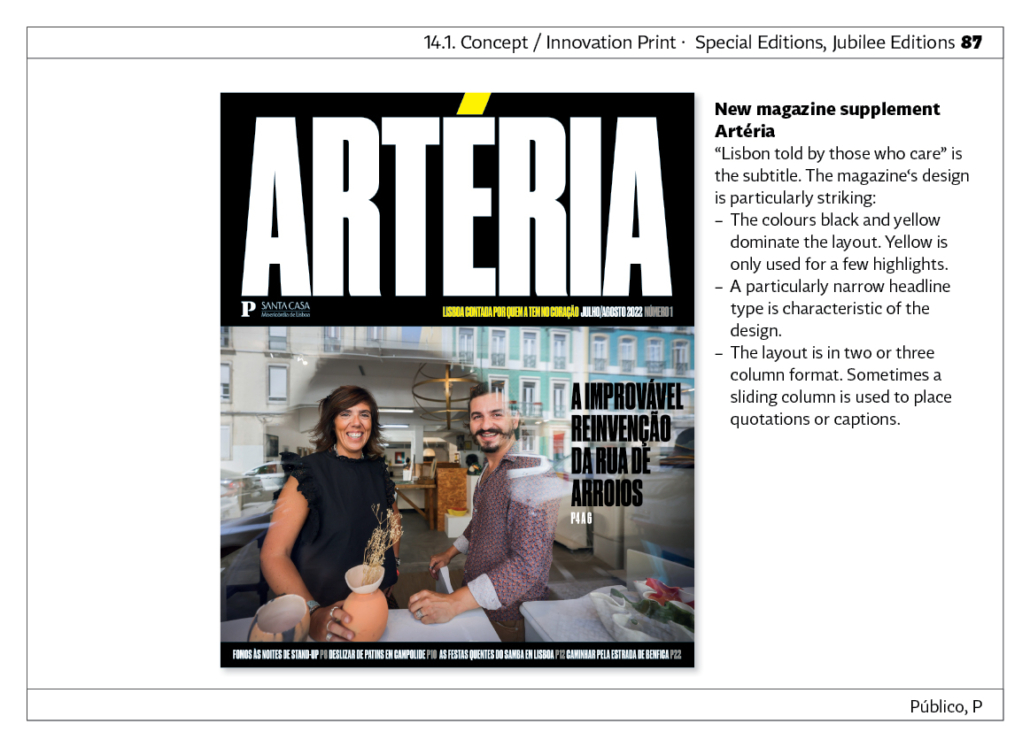
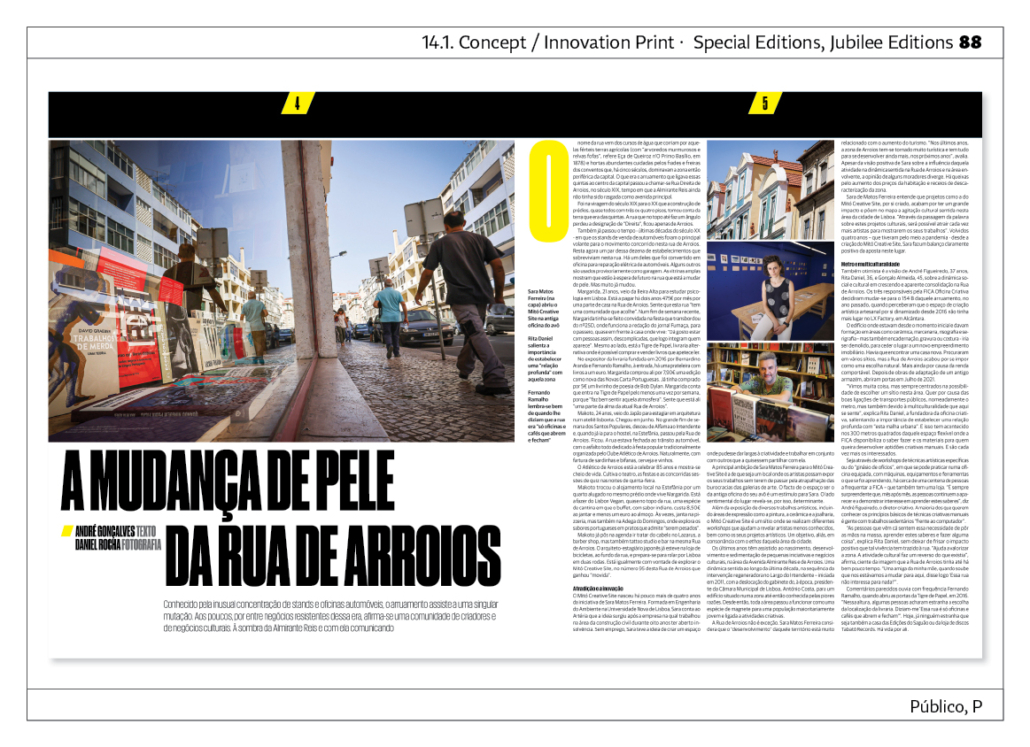
15.0 Multimedia storytelling - exemplary projects
Multimedia storytelling means that a topic is presented using various journalistic means. It is usually a combination of photography or film, infographics, animated infographics, illustration and text. One can submit four different projects.
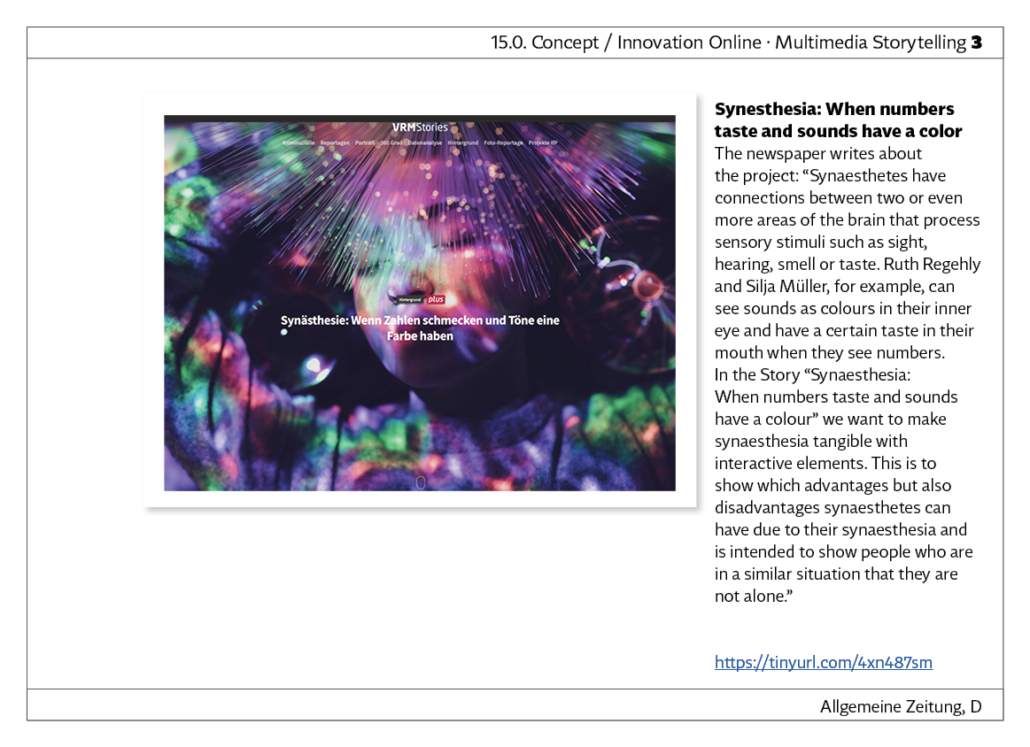
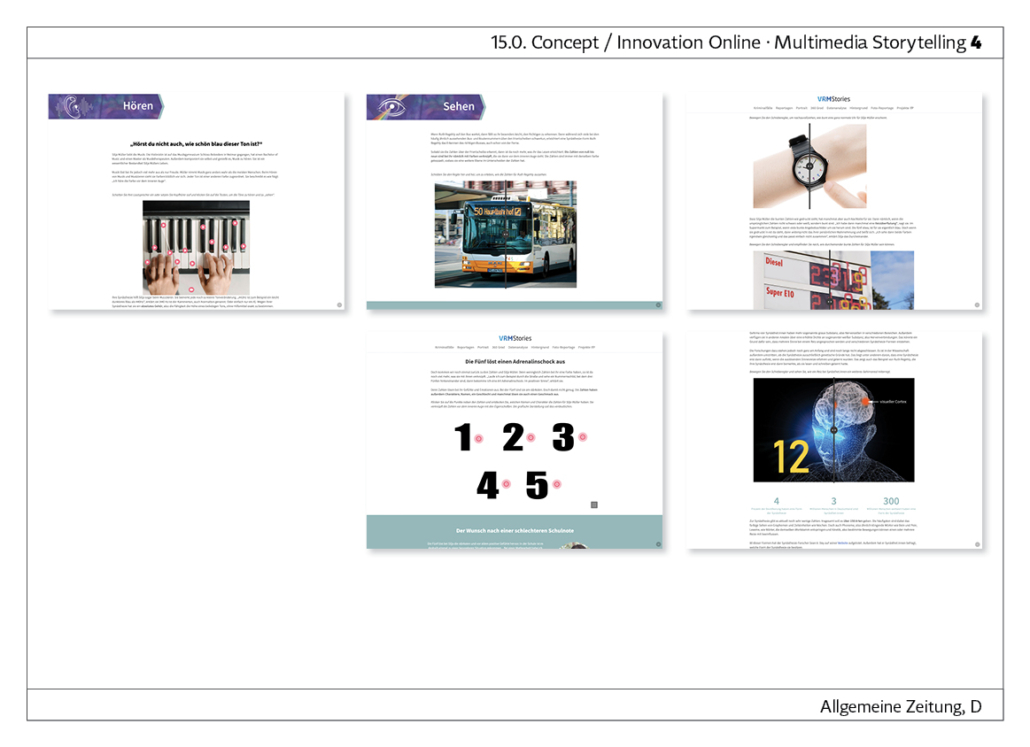
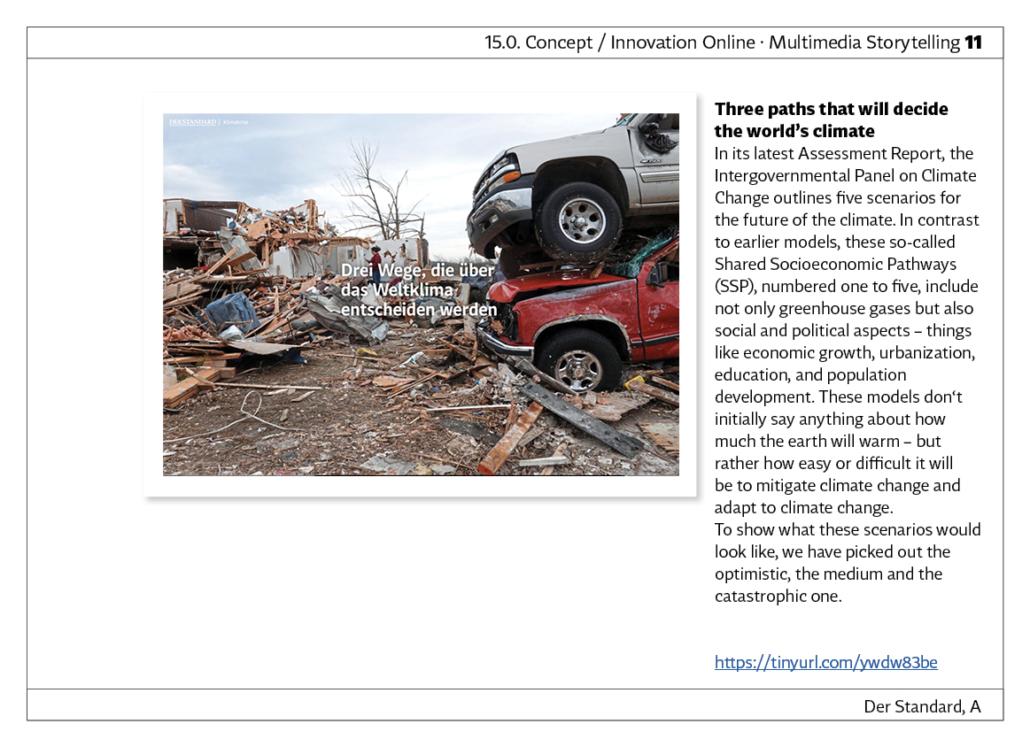
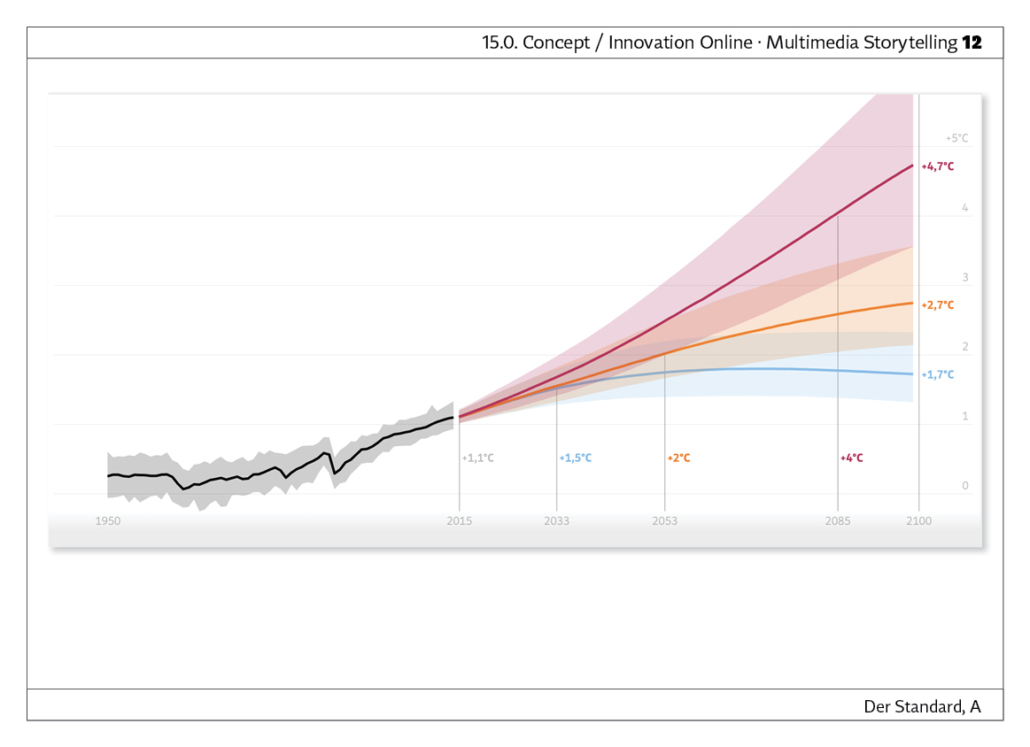
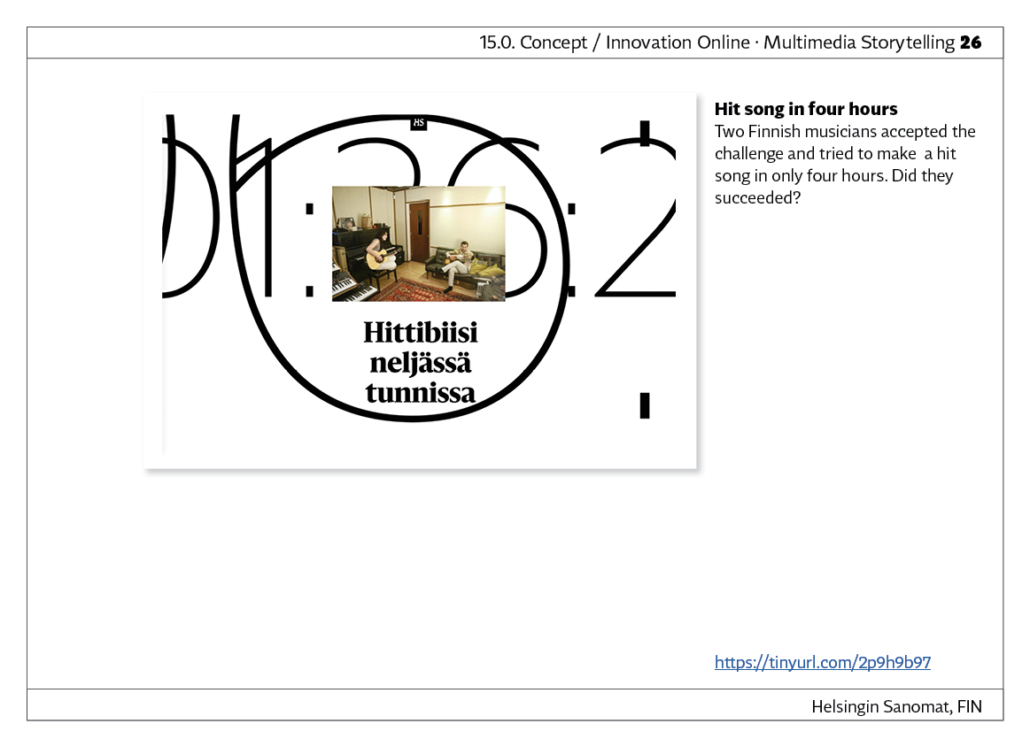
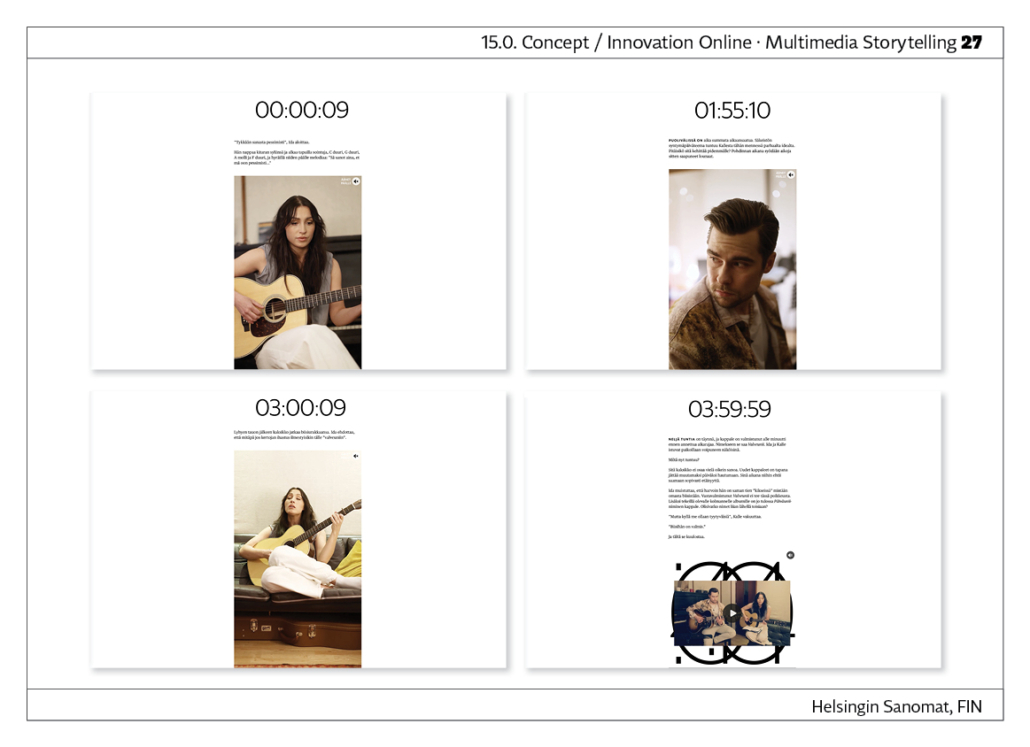
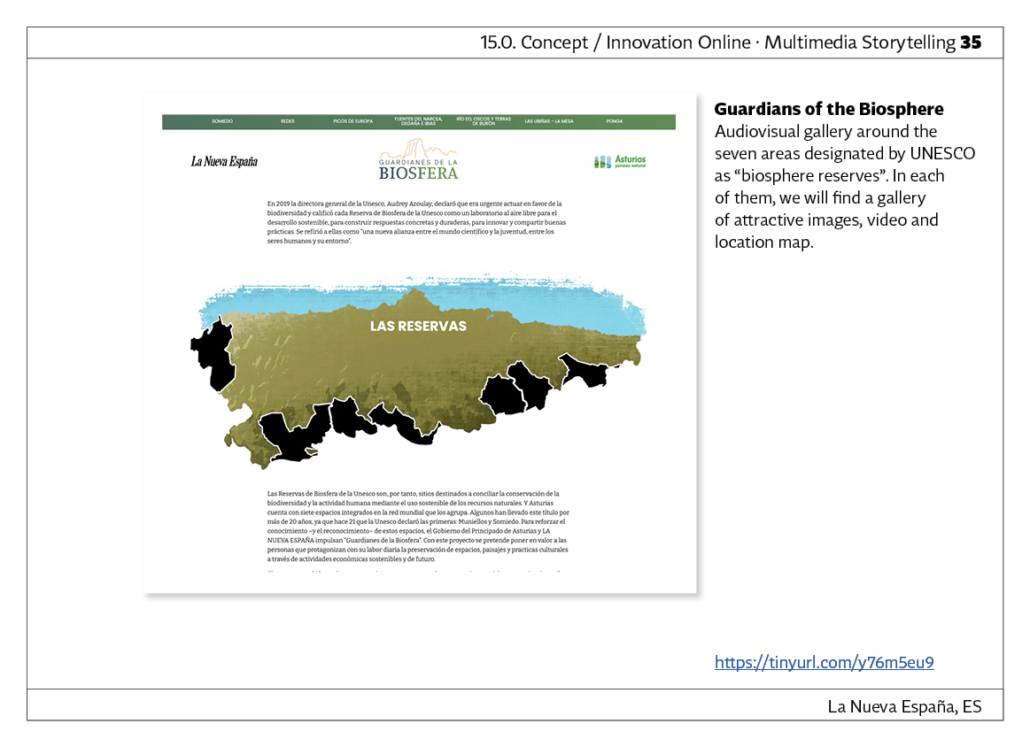
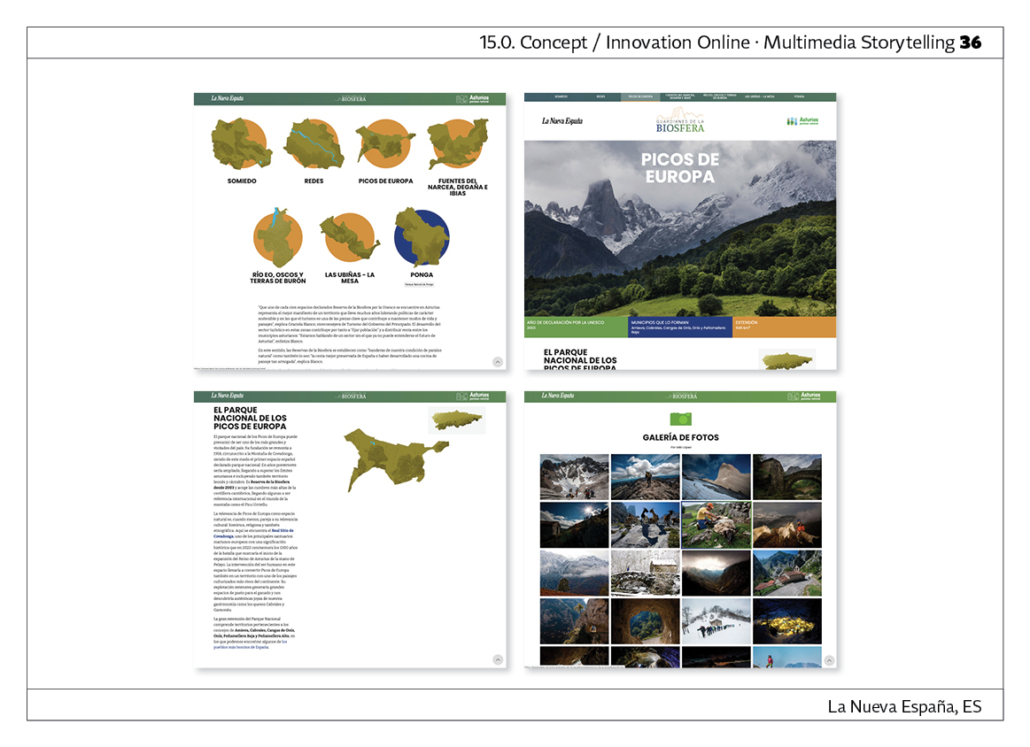
15.1. Movies - exemplary projects
Films are rated in this category. They are usually presented in the online channels of newspapers. You can submit four different projects.
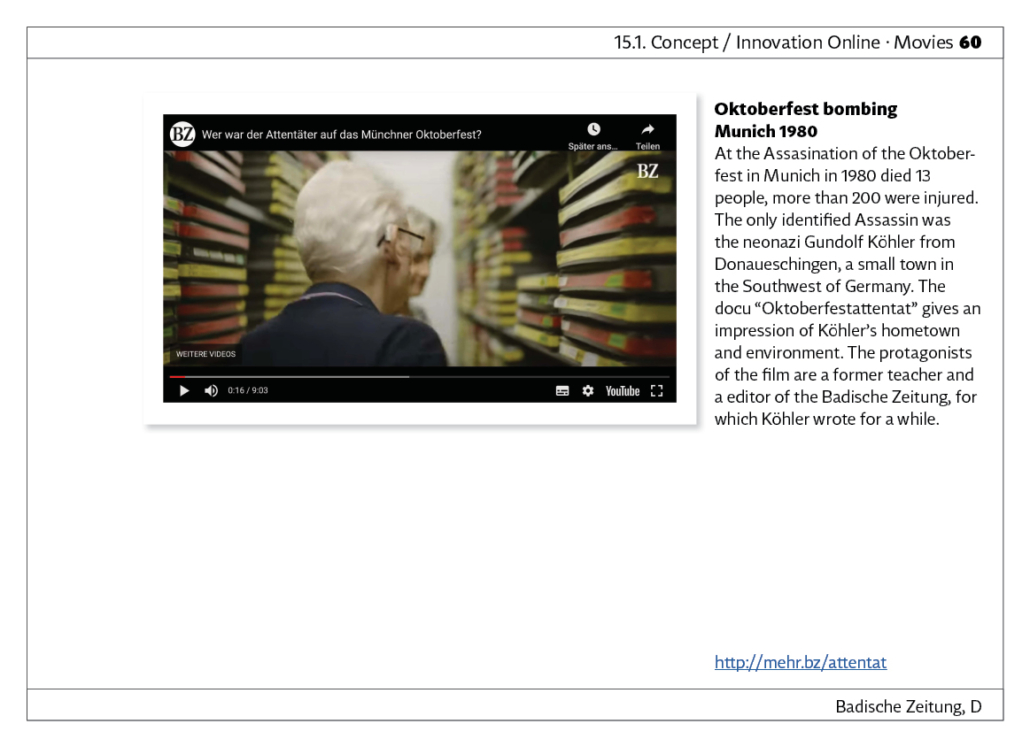
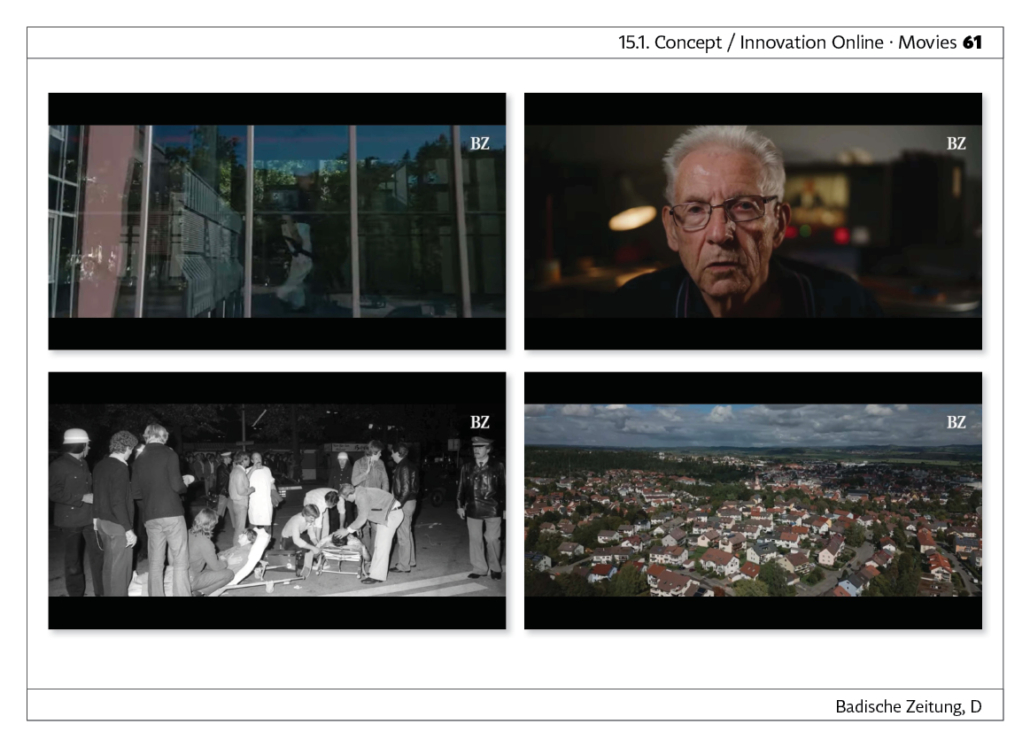
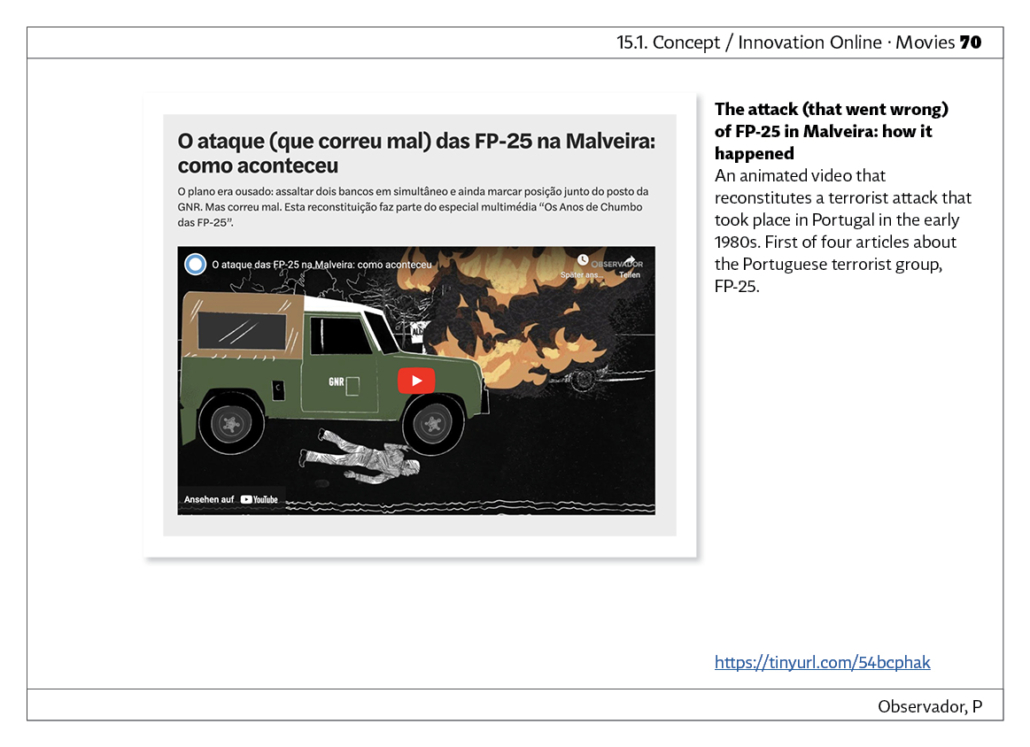
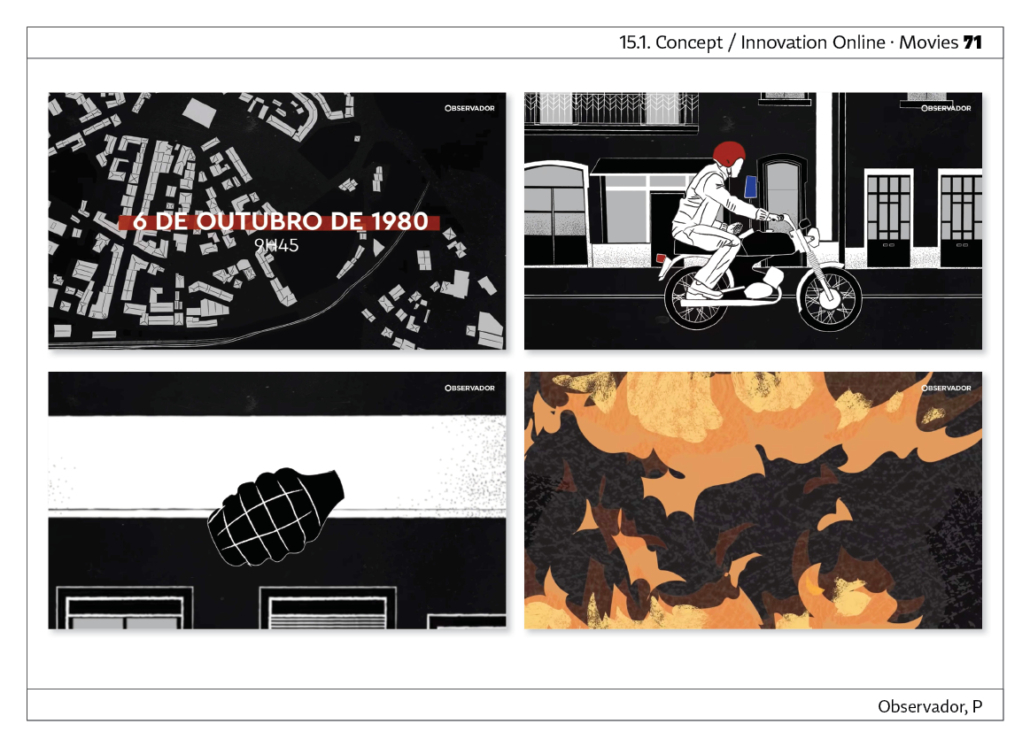
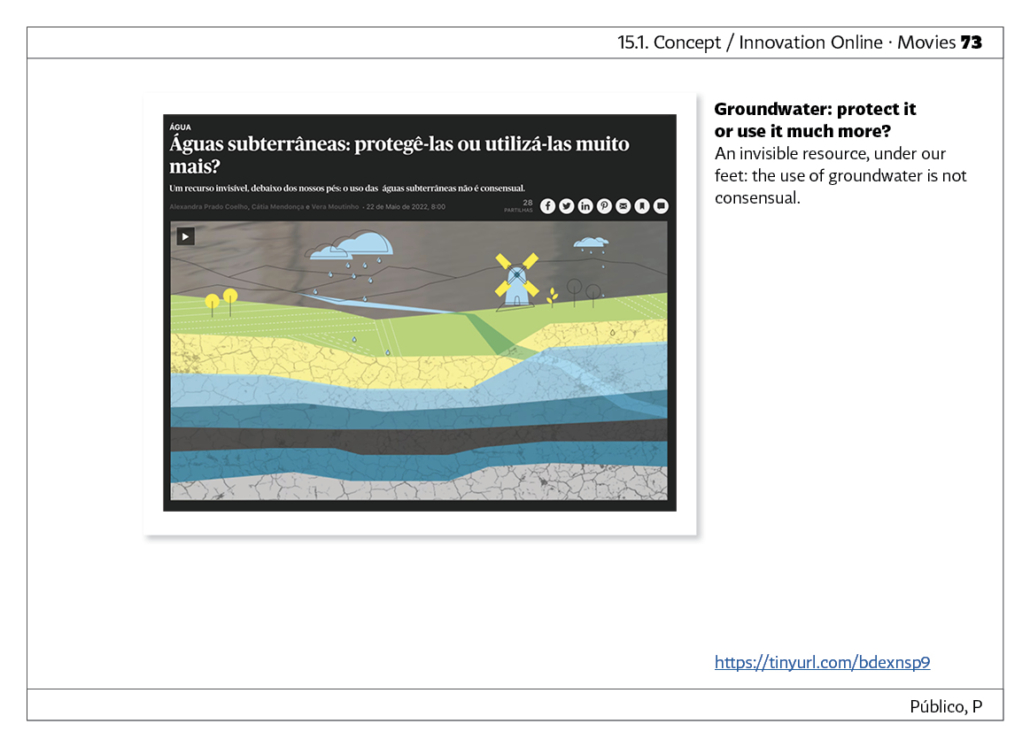
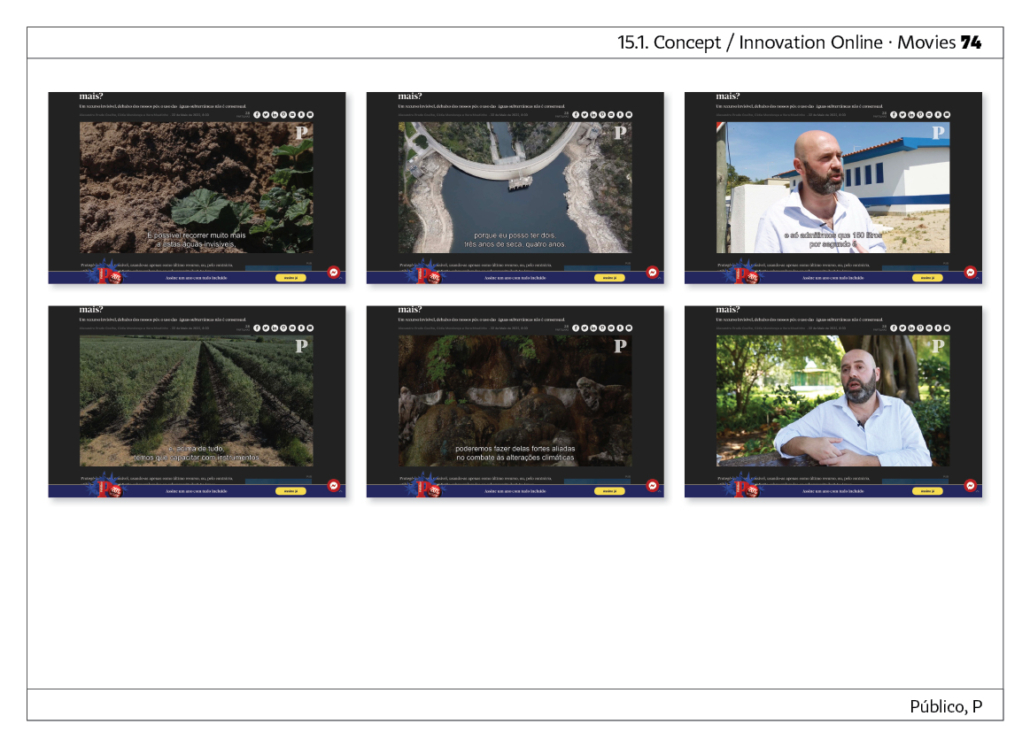
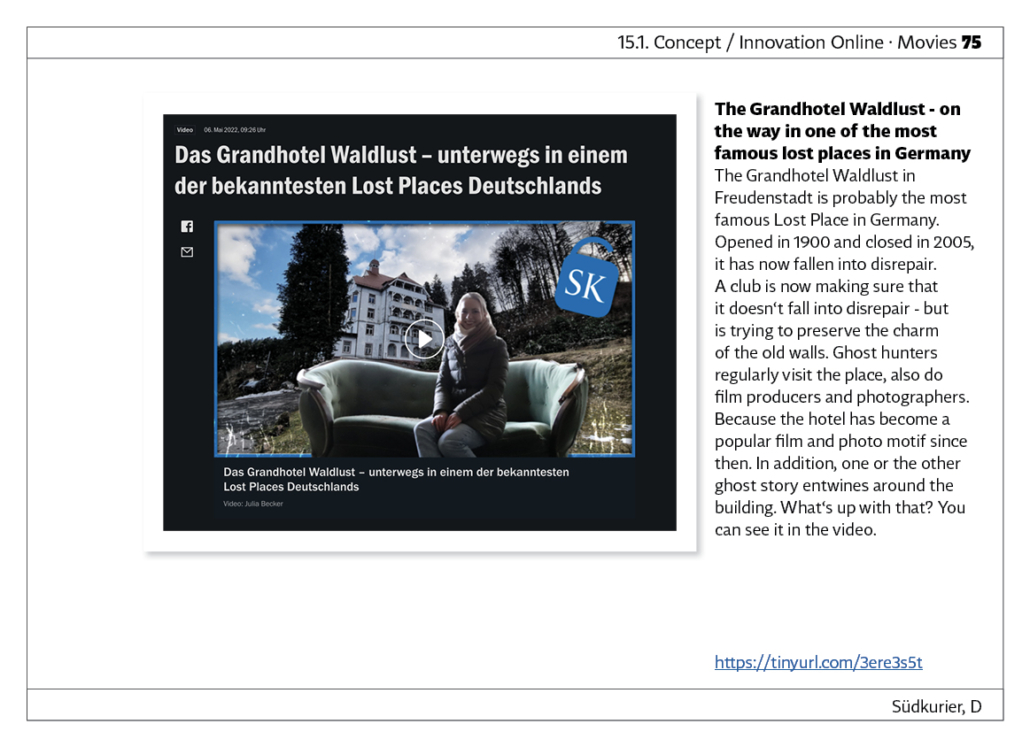
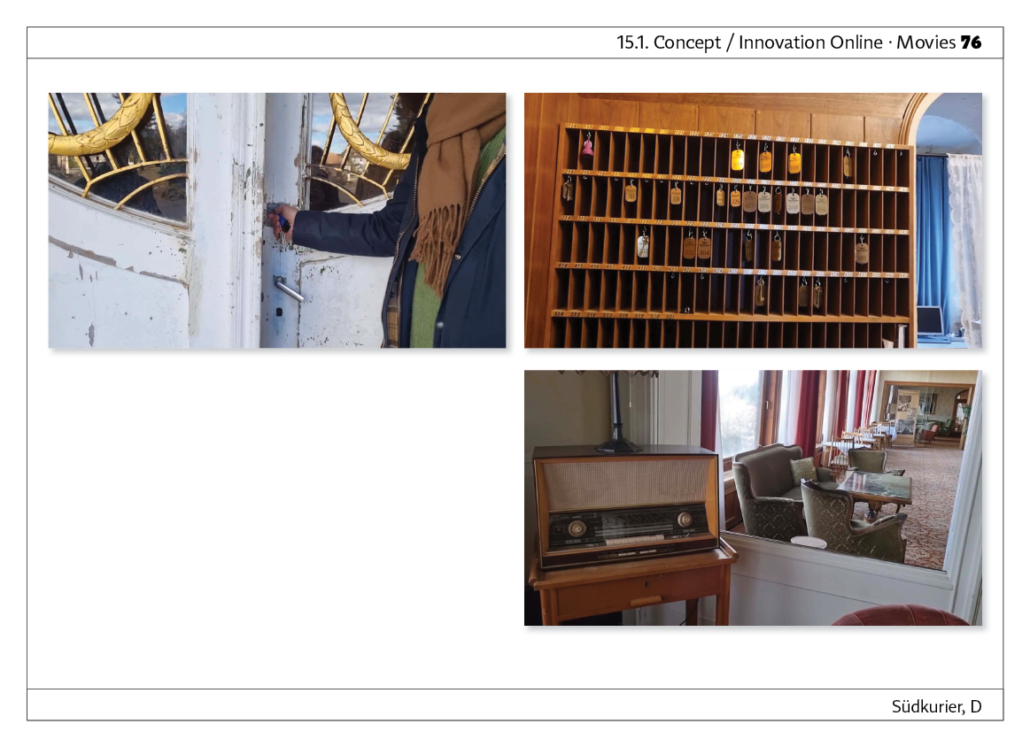
15.2 Animated films - exemplary projects
In this category, animated films are rated. They are usually presented in the online channels of newspapers. You can submit four different projects.
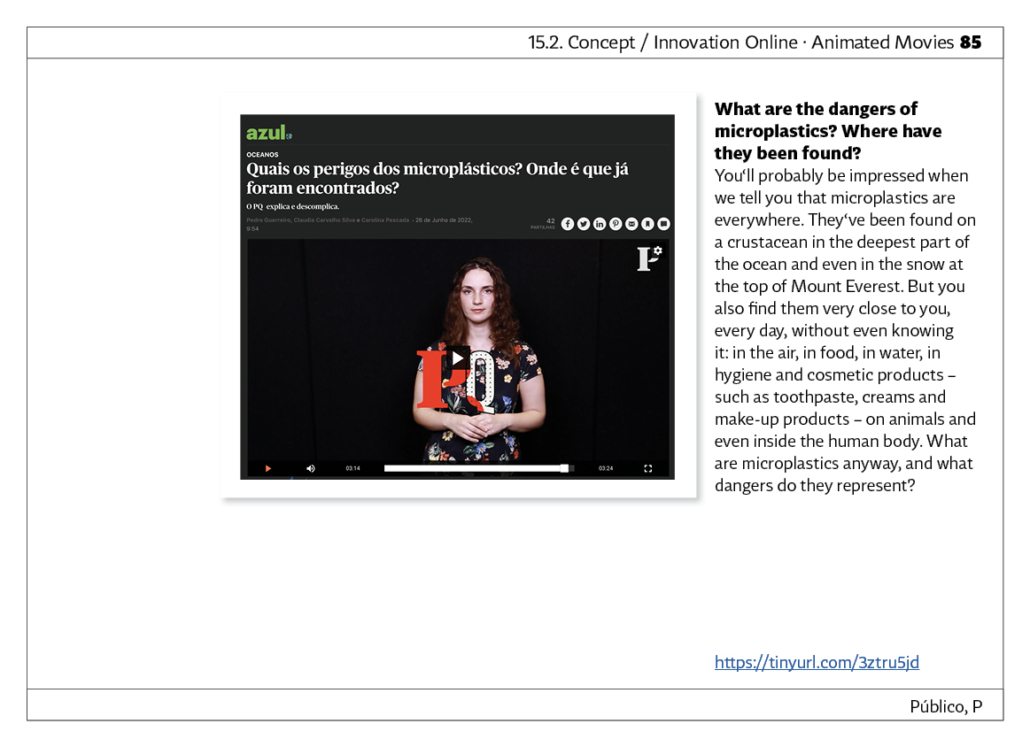
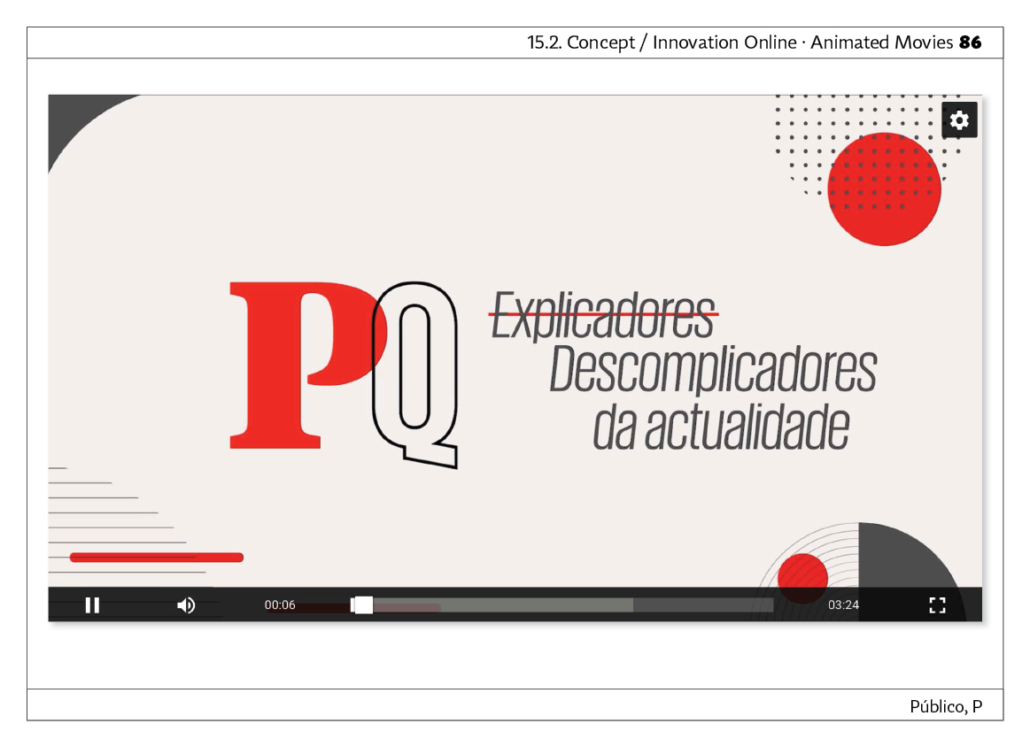
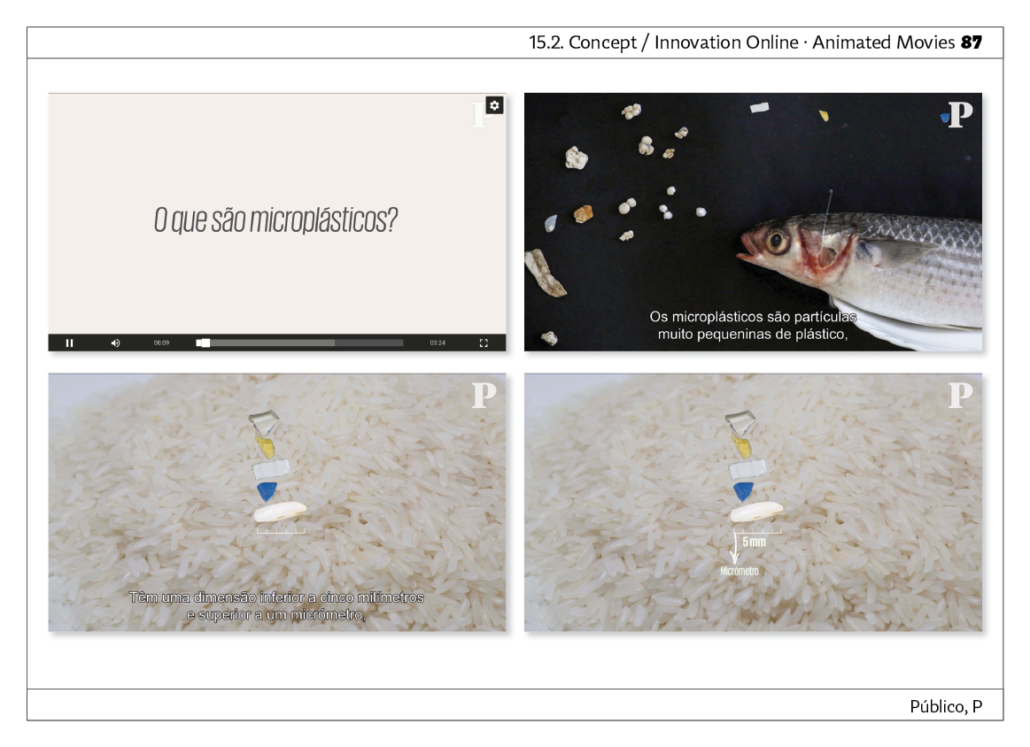
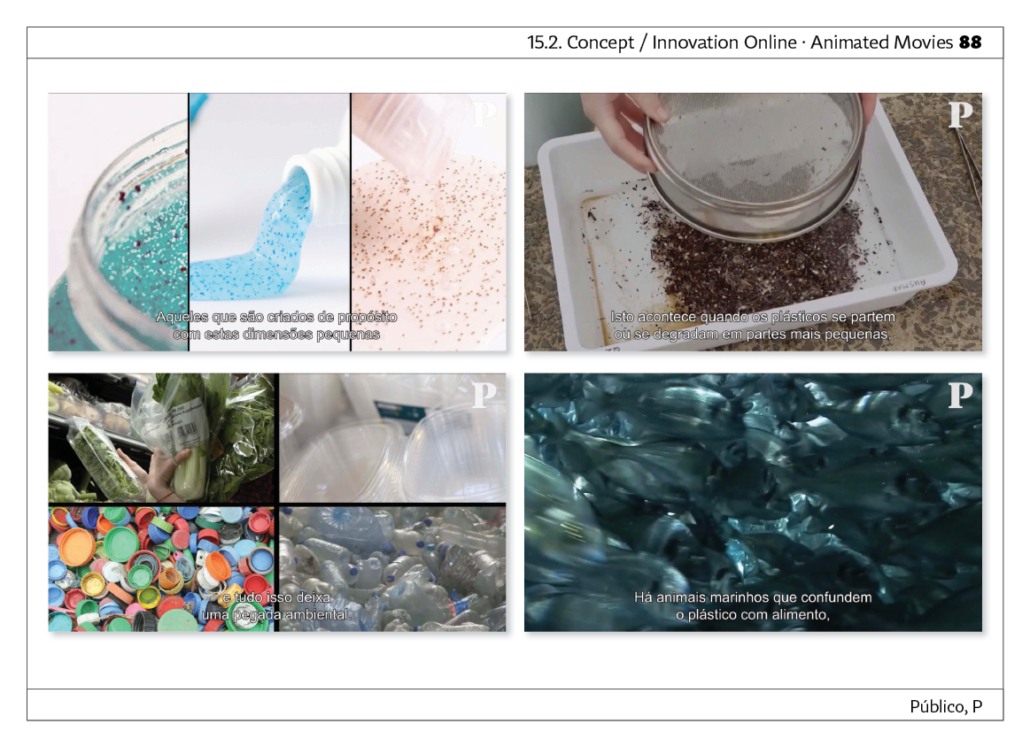
16.0. Web design for news websites - exemplary projects
In this category, the functionality, navigation and design of news websites are evaluated. Both screen and smartphone are evaluated. Four different projects can be submitted.
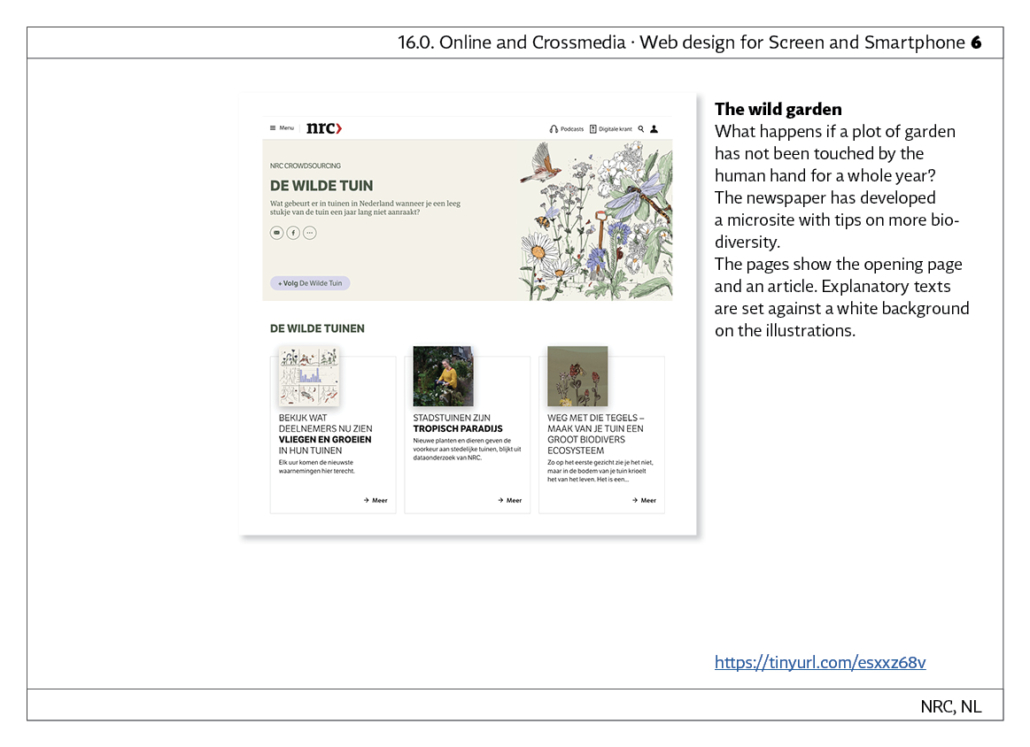
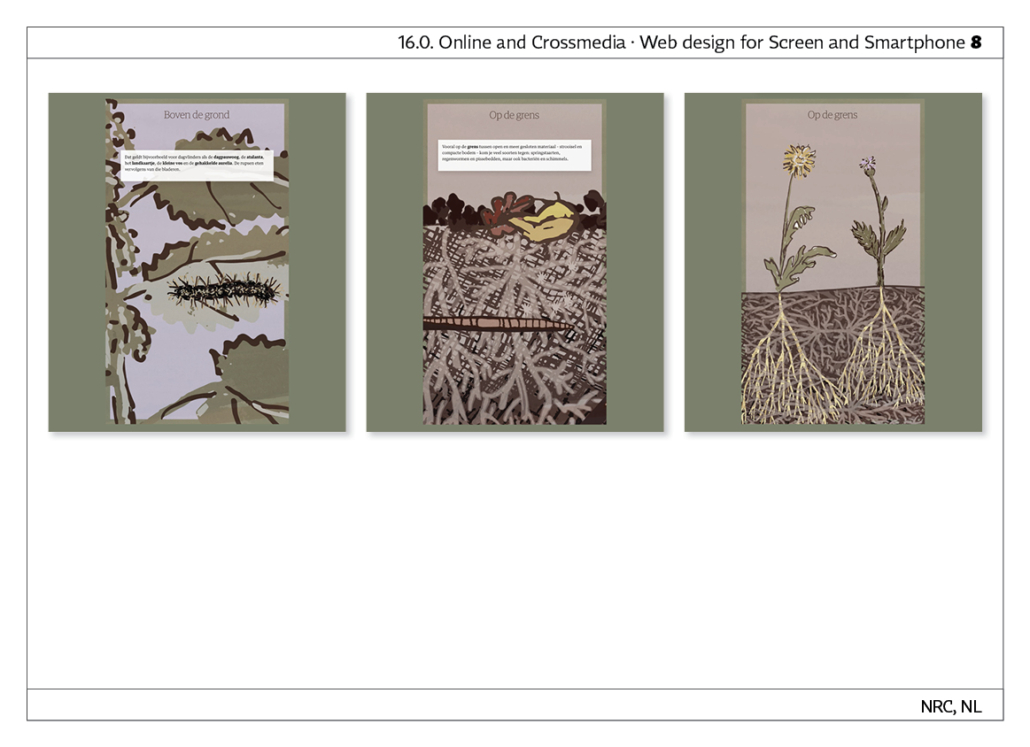
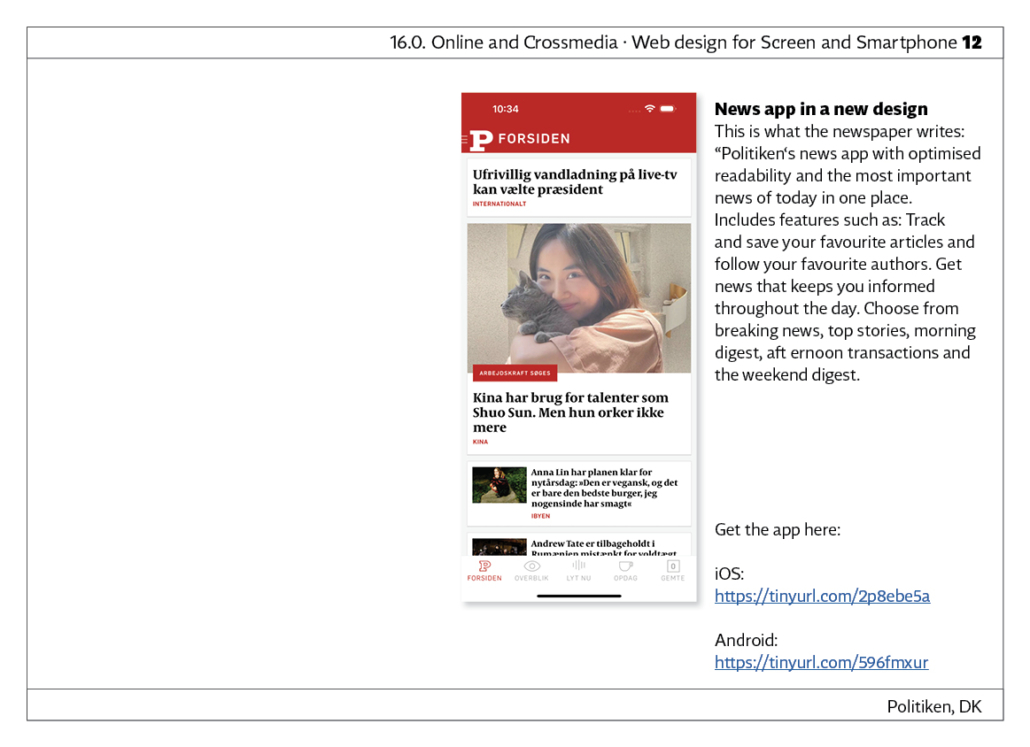
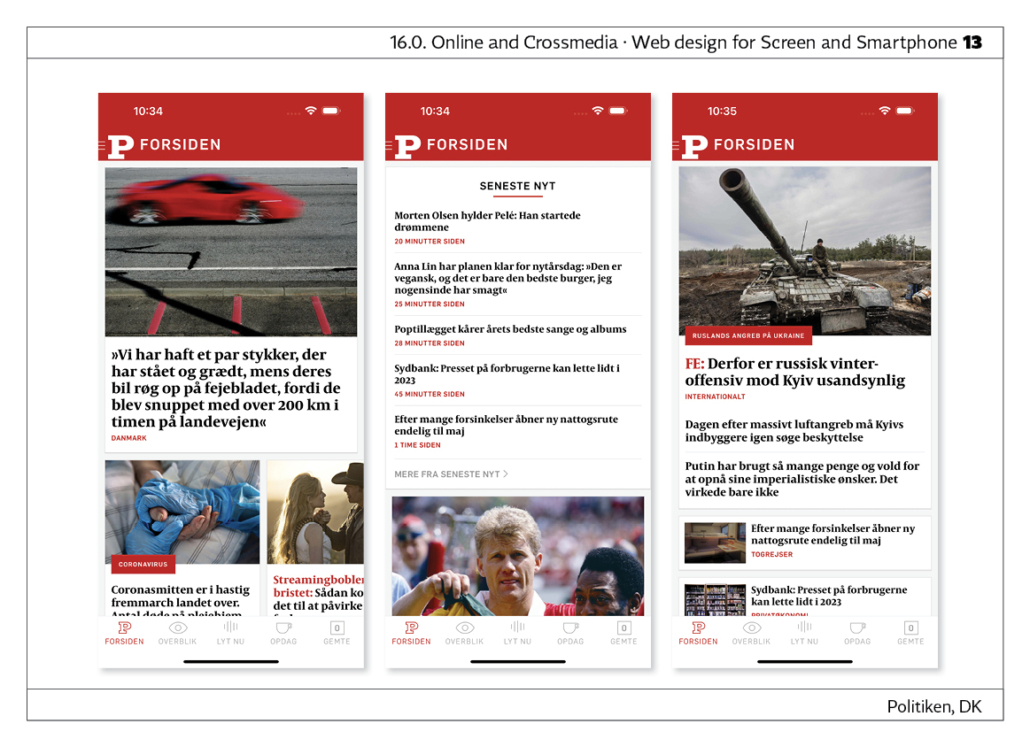
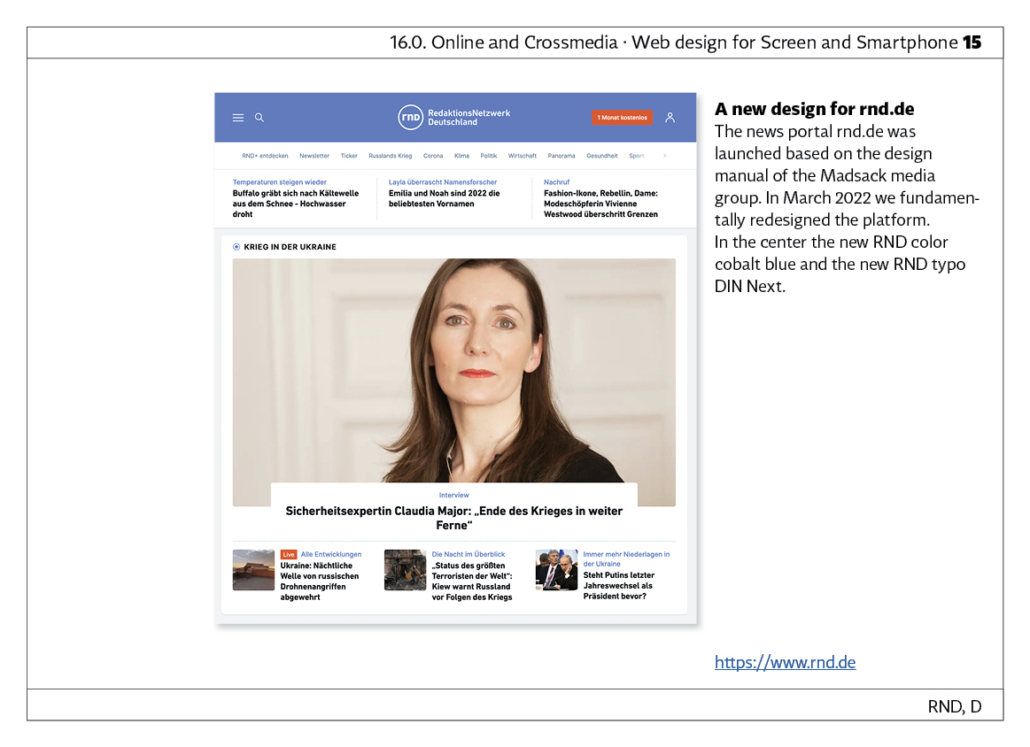
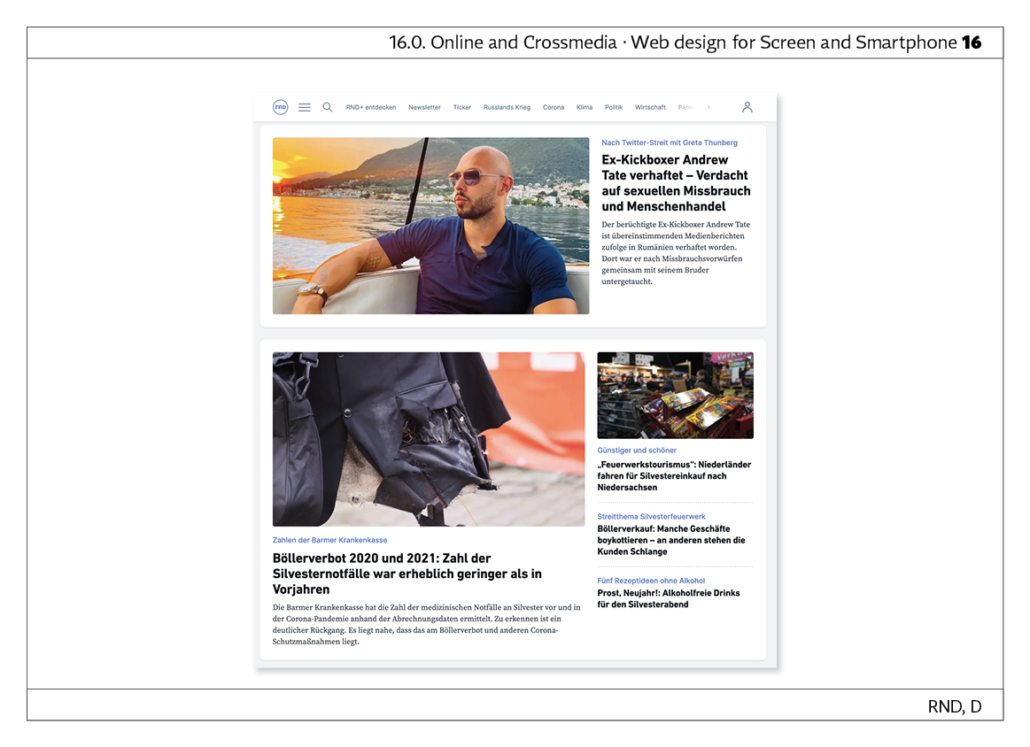
16.1 Typography crossmedia - exemplary projects
This category is about cross-media design with typographic means. Newspapers like the New York Times, Helsingin Sanomat or Süddeutsche Zeitung have the same basic typeface and headline type in print and online. Typography thus makes the newspaper brand instantly recognisable across all media genres. There are currently no award-winning projects. Four different projects can be submitted.
16.2 Cross-media projects - exemplary projects
This category is about topics that are brought to the readers on different channels. It is mostly about print and online. Projects in other innovative cross-media playout channels can also be submitted here. However, podcast – print should be judged in the podcast category because there are jury members with podcast experience. Four different projects can be submitted.
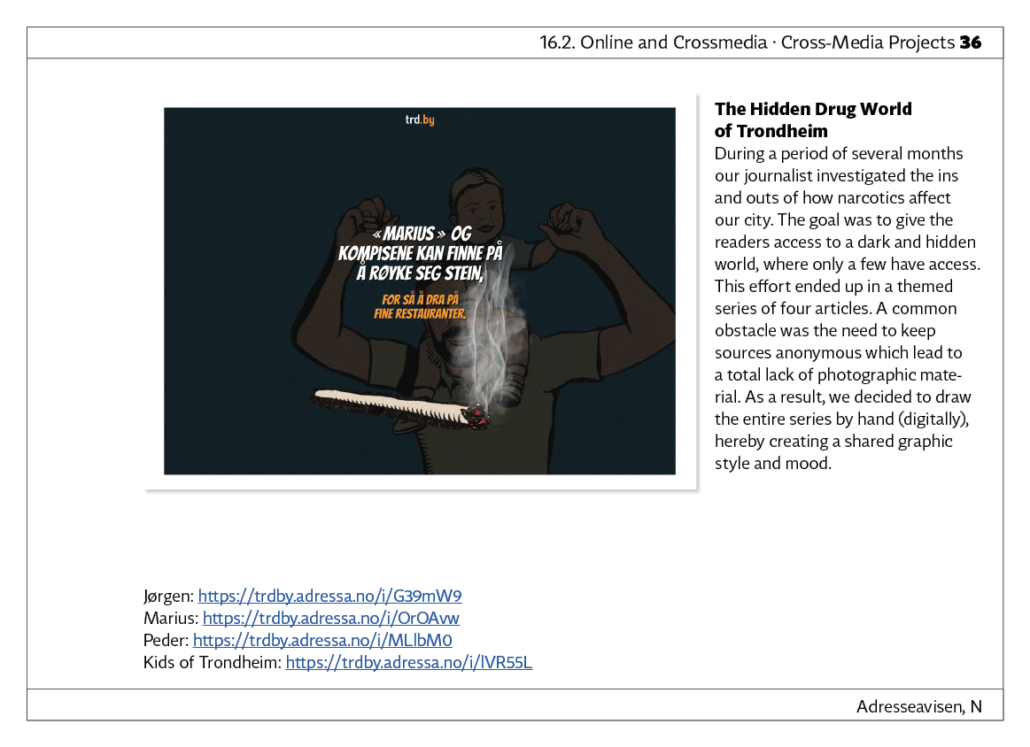
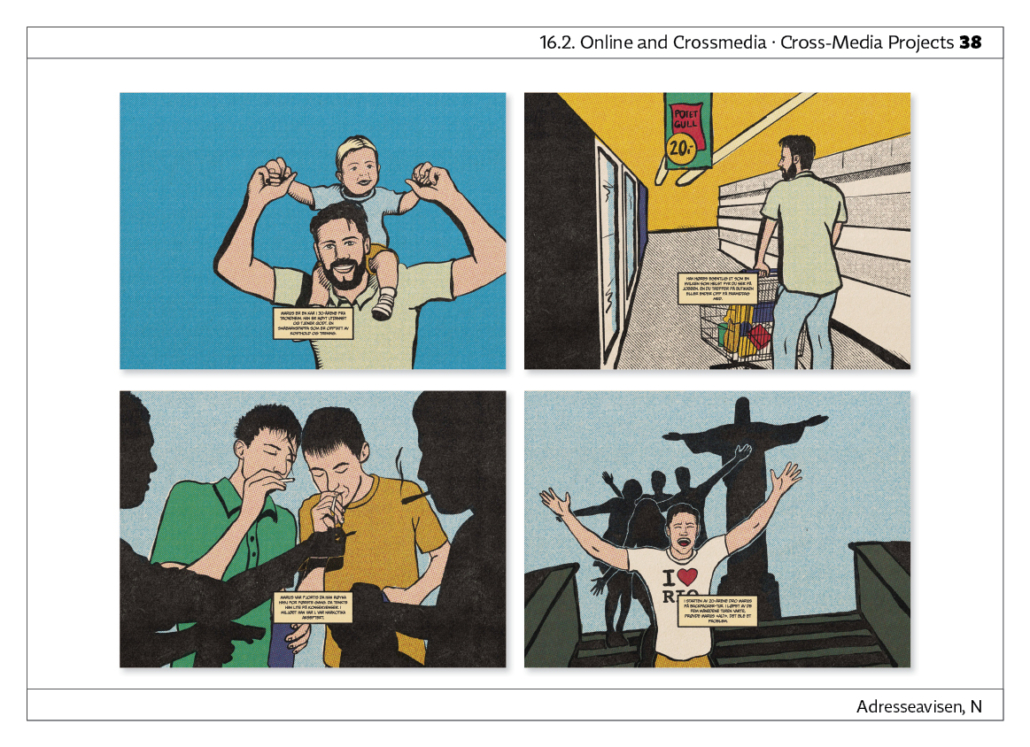
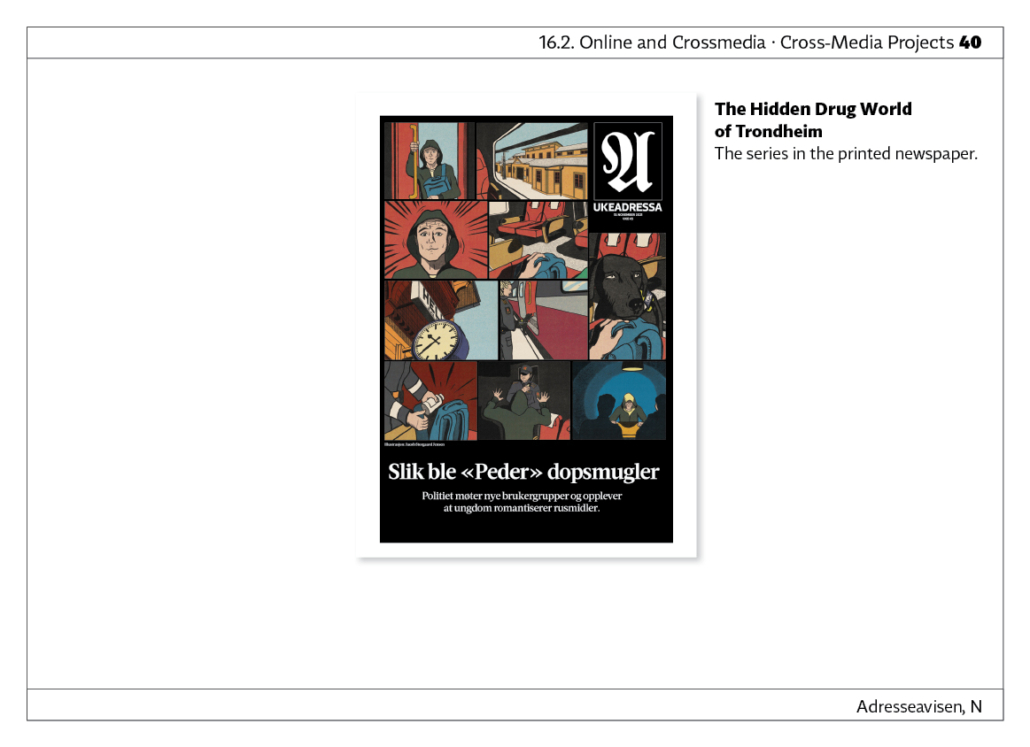
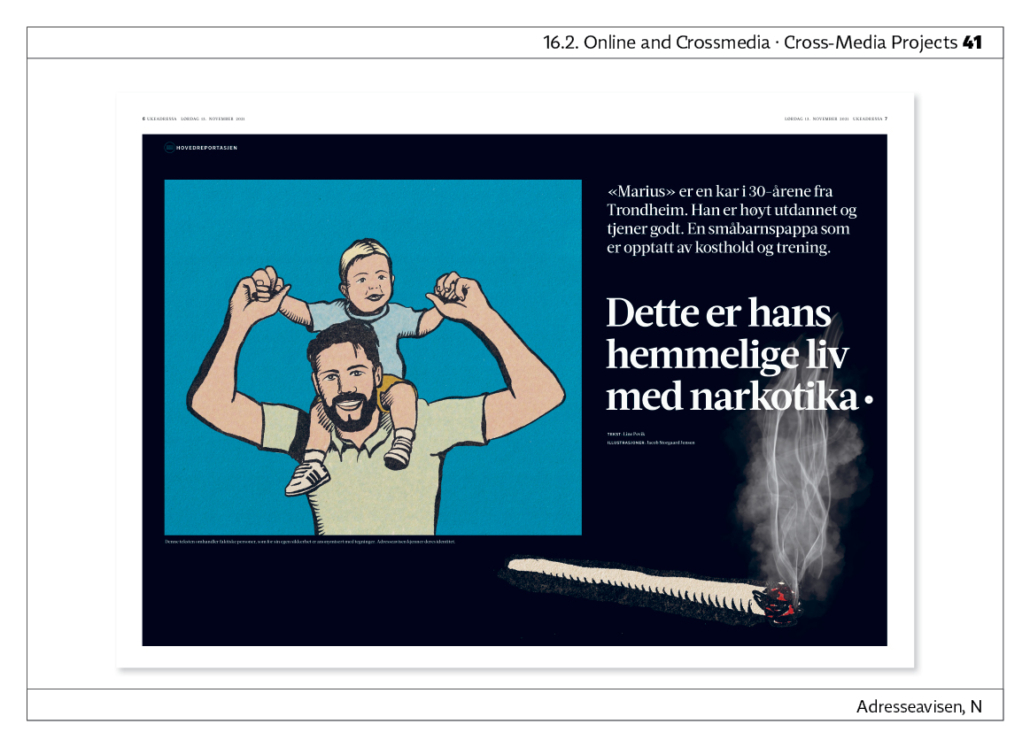
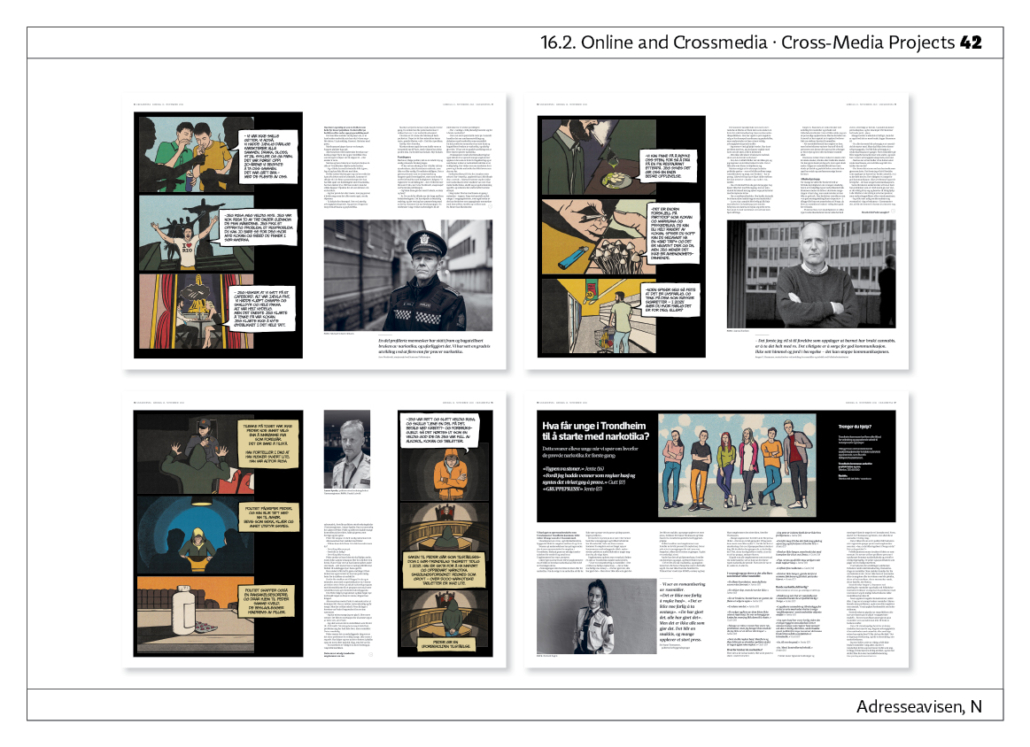
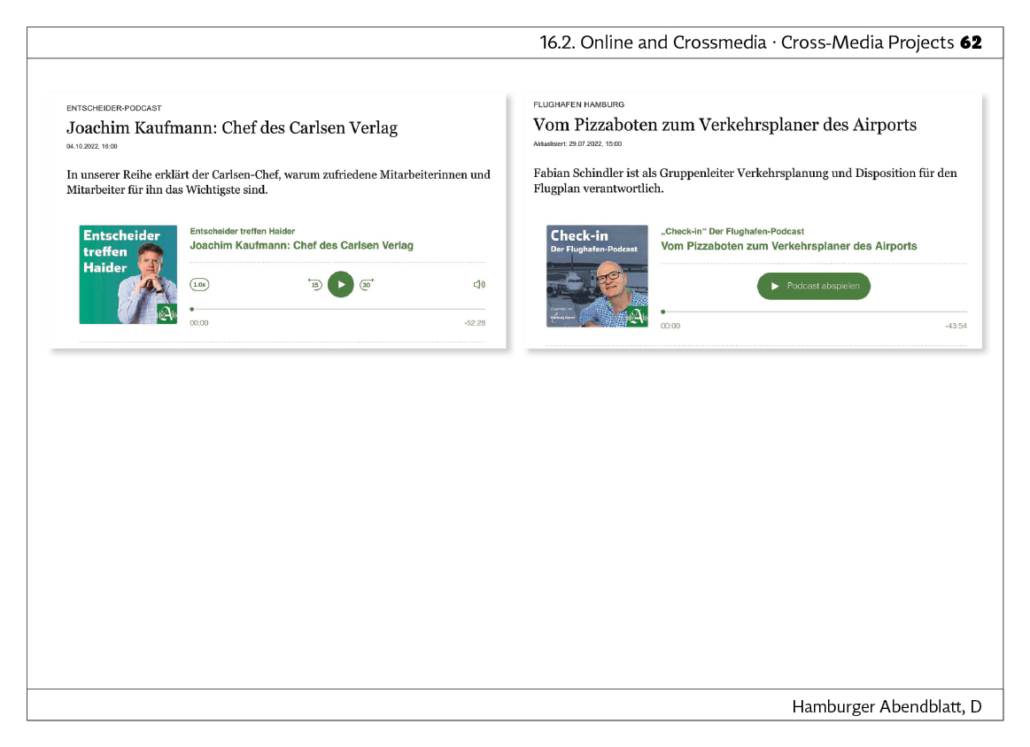
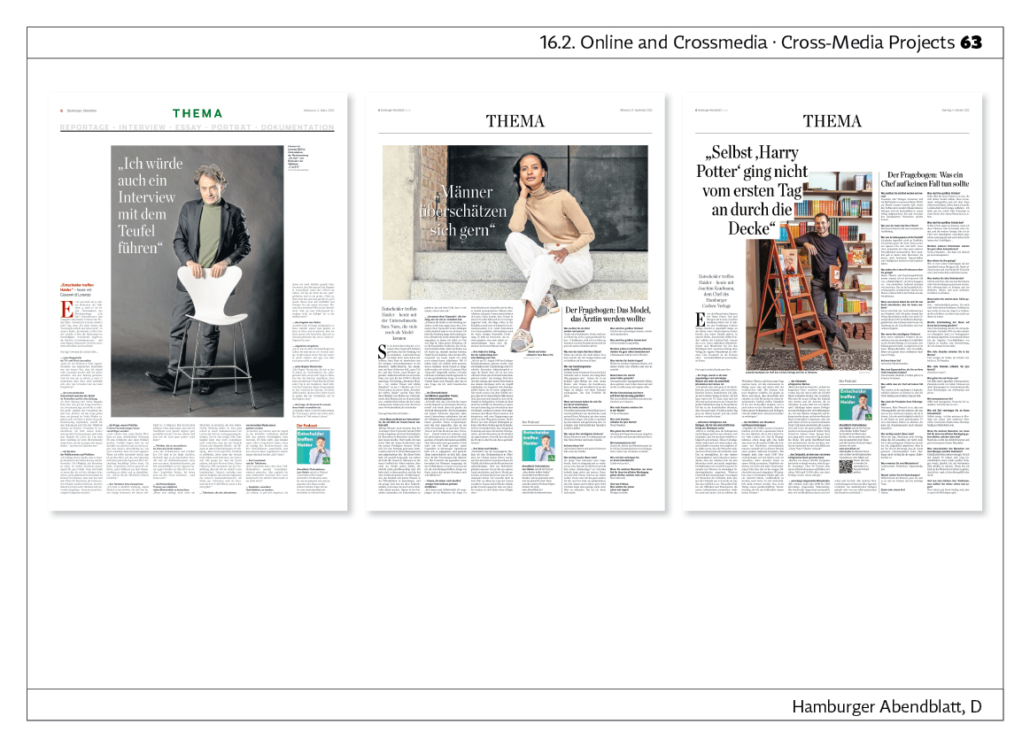
17.0 Data journalism - exemplary projects
This category is about data that is processed on the web and made accessible to readers. The journalistic idea behind the respective project is also evaluated. The data can be self-collected or, for example, from publicly accessible sources. Four different projects can be submitted.
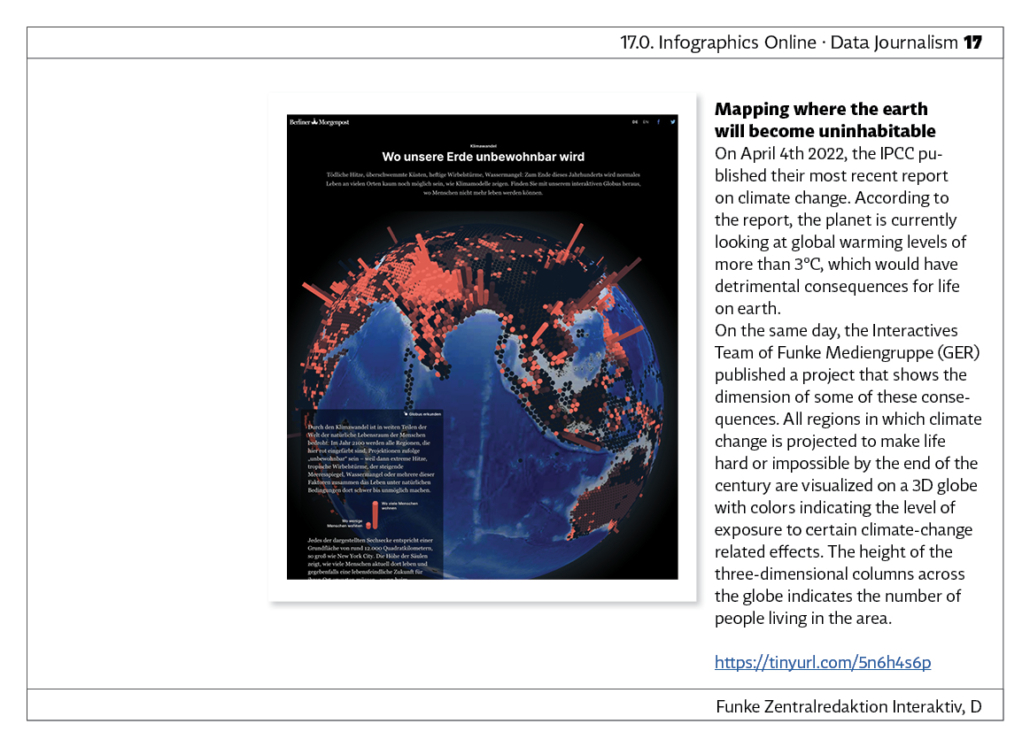
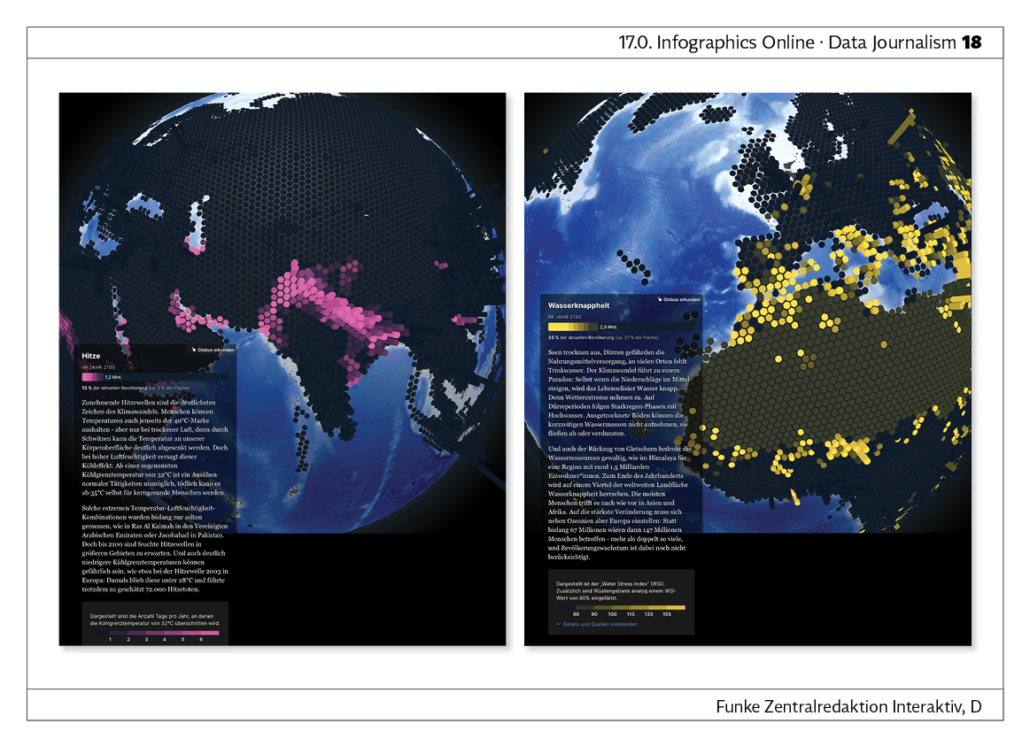
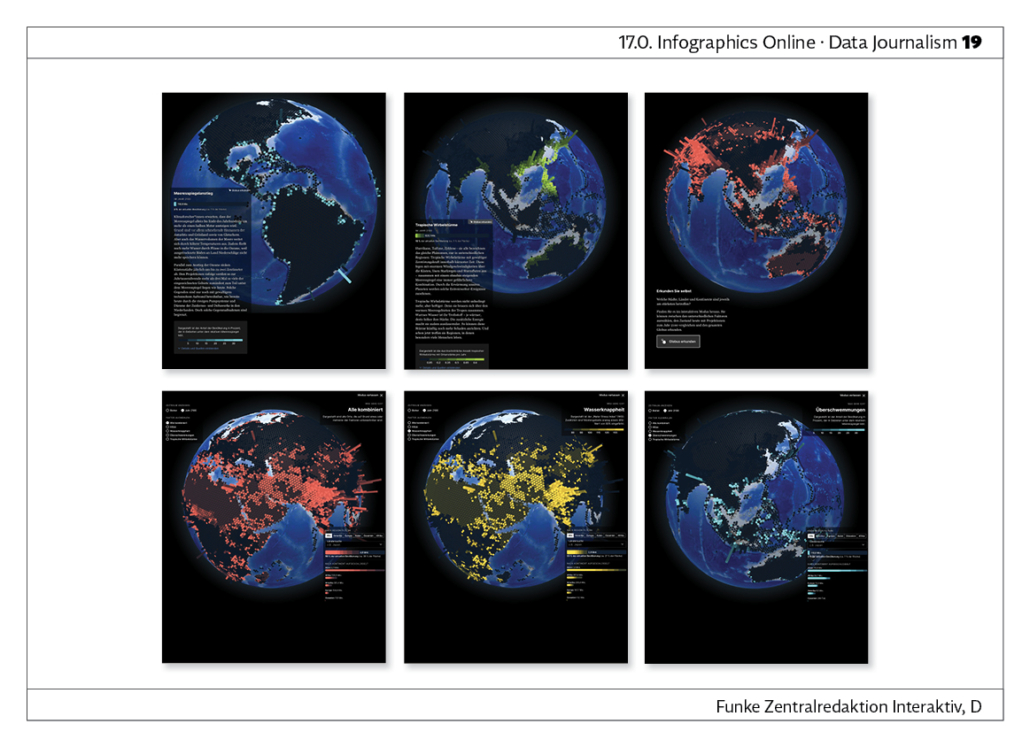
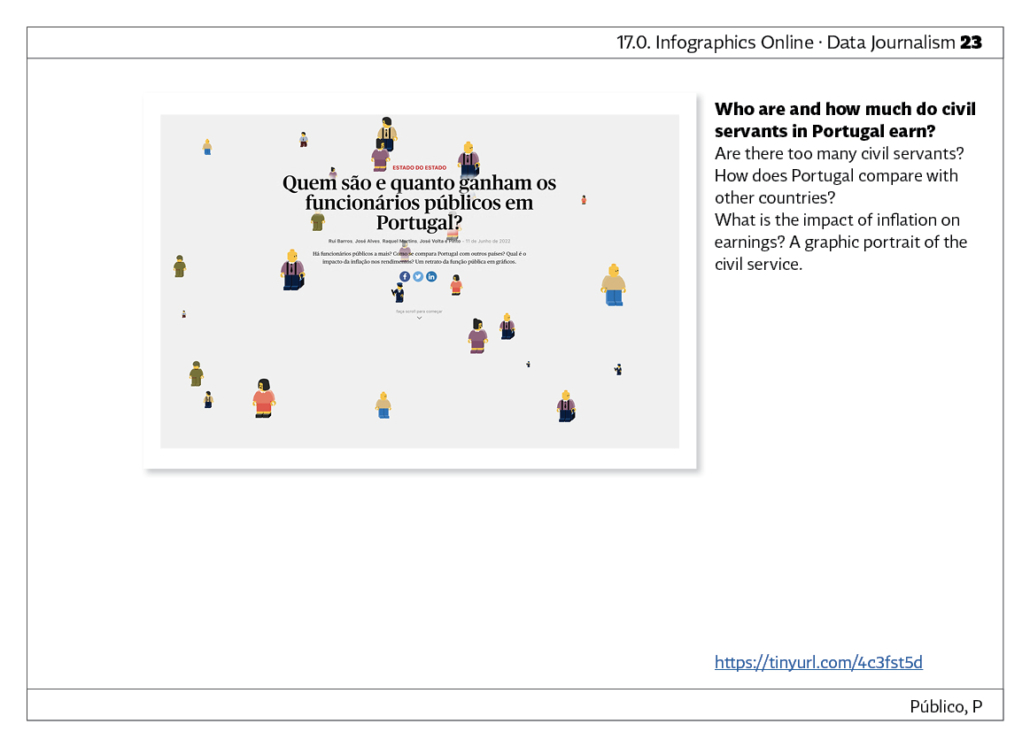
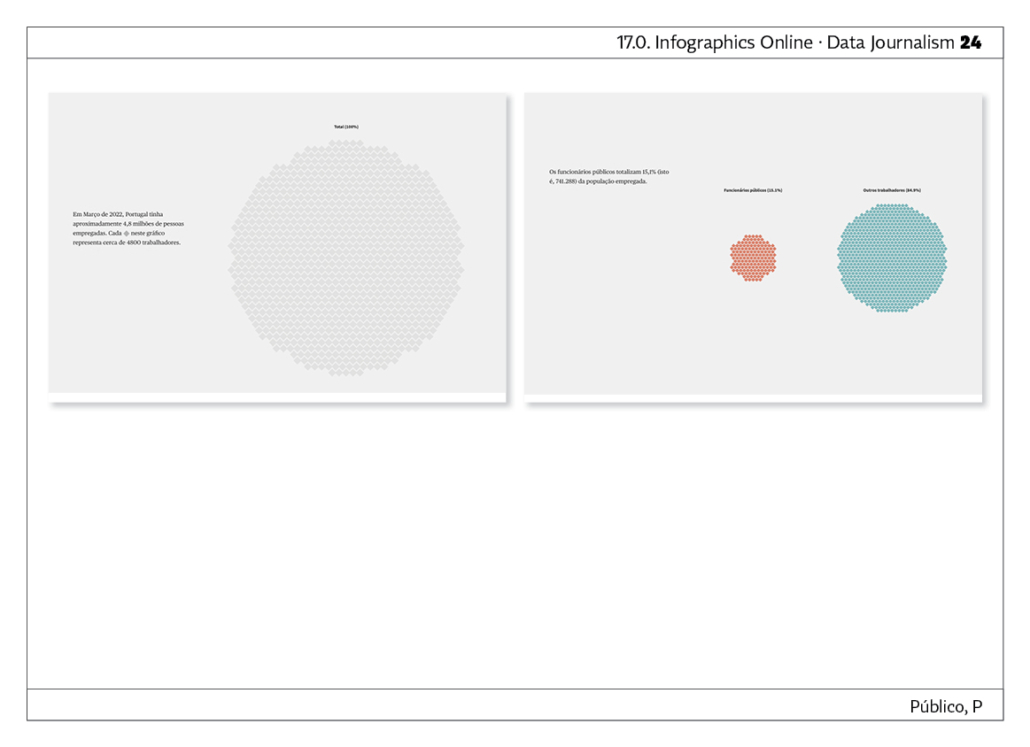
17.1 Infographics online, animated infographics - exemplary projects
This category is about infographics online. They can be animated by scrolling, for example, or run automatically. You can submit four different projects.
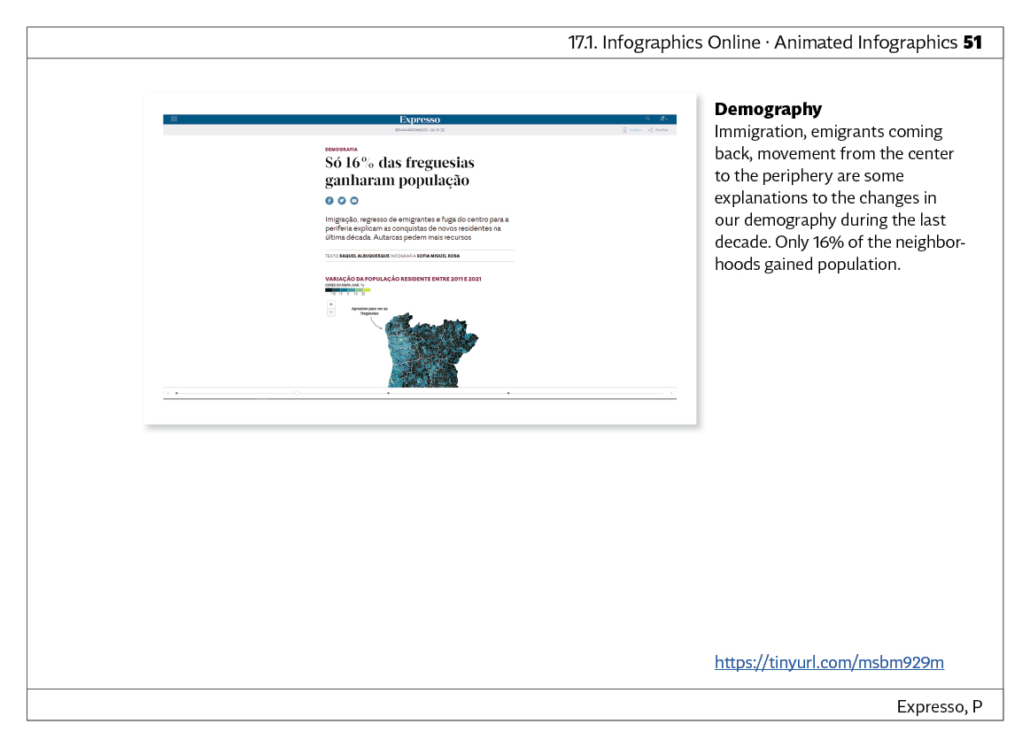
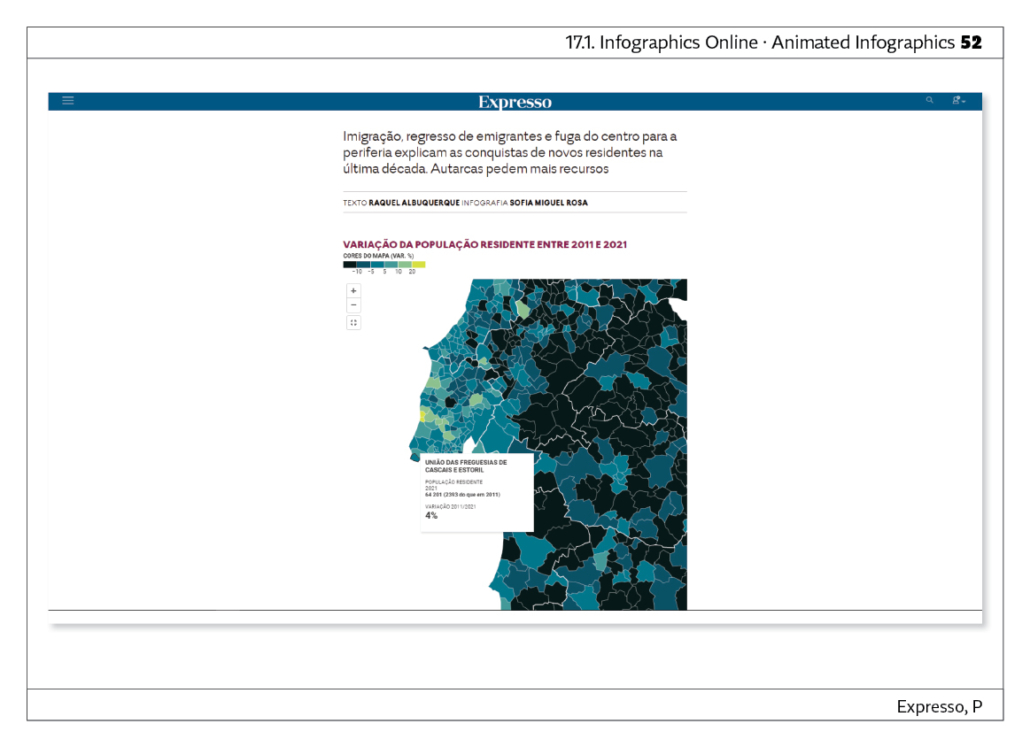
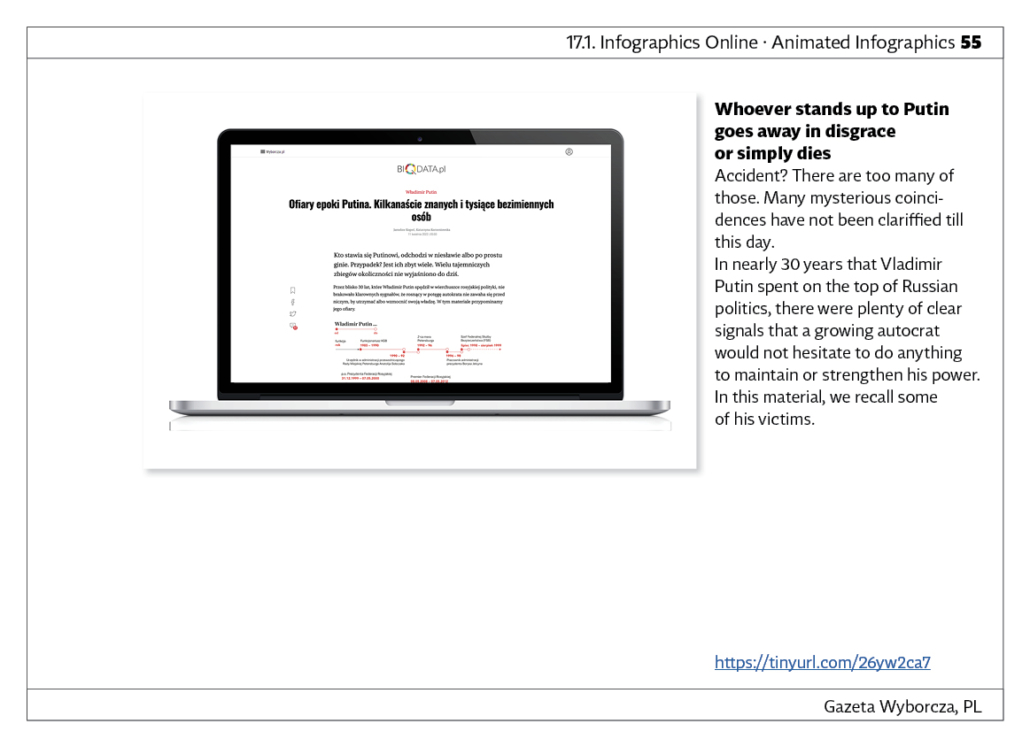
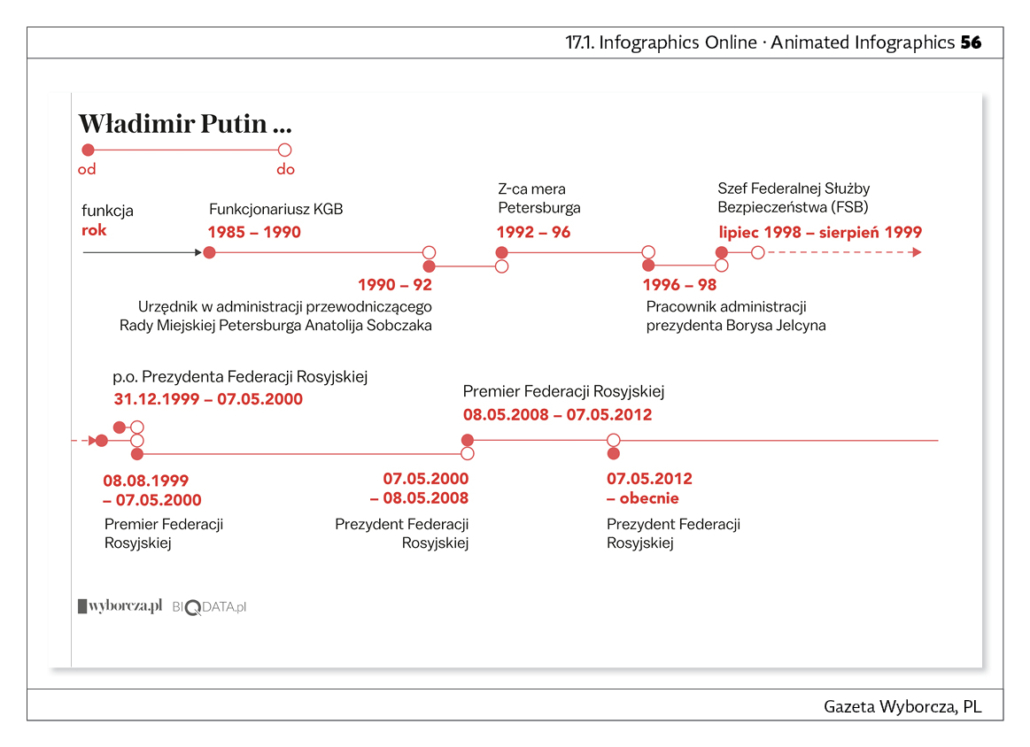
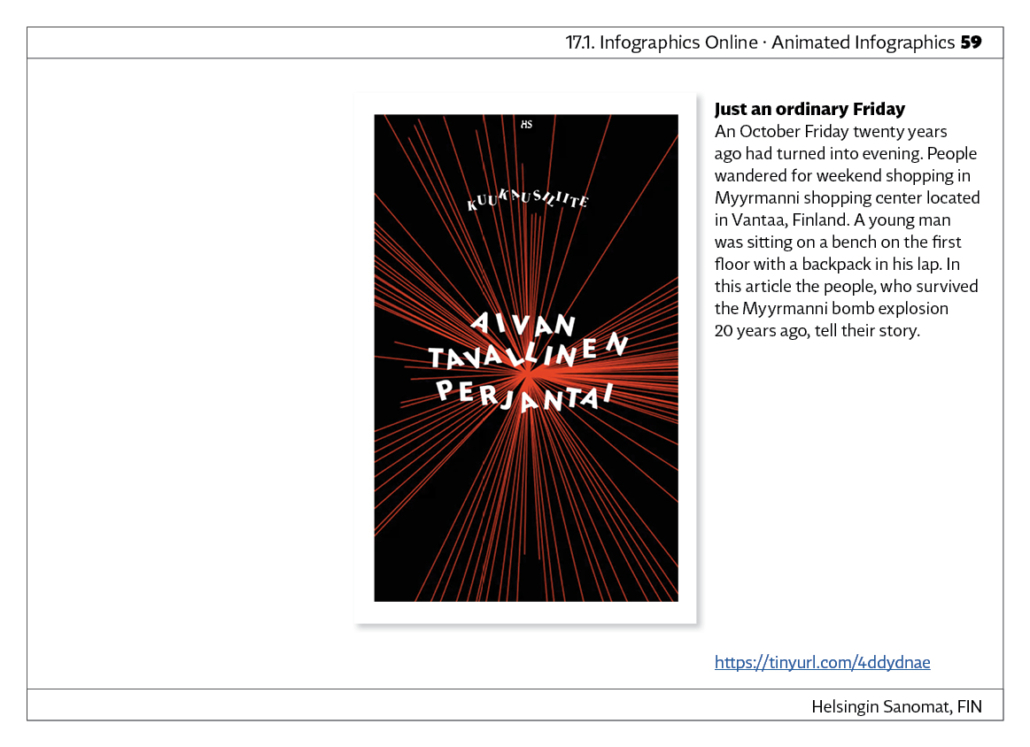
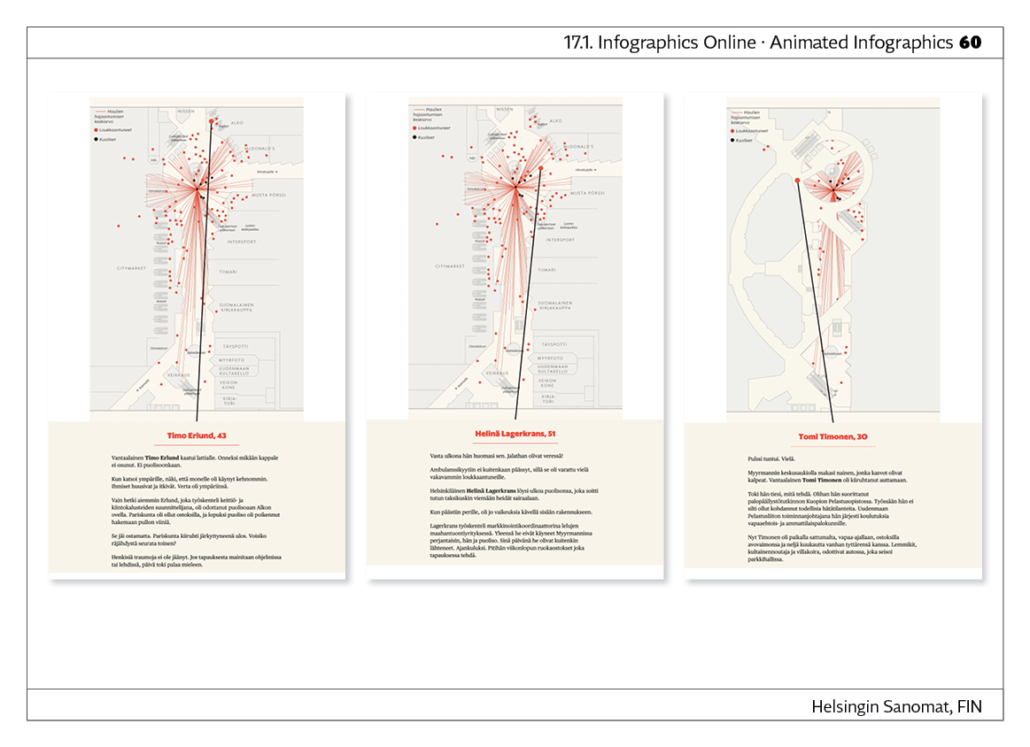
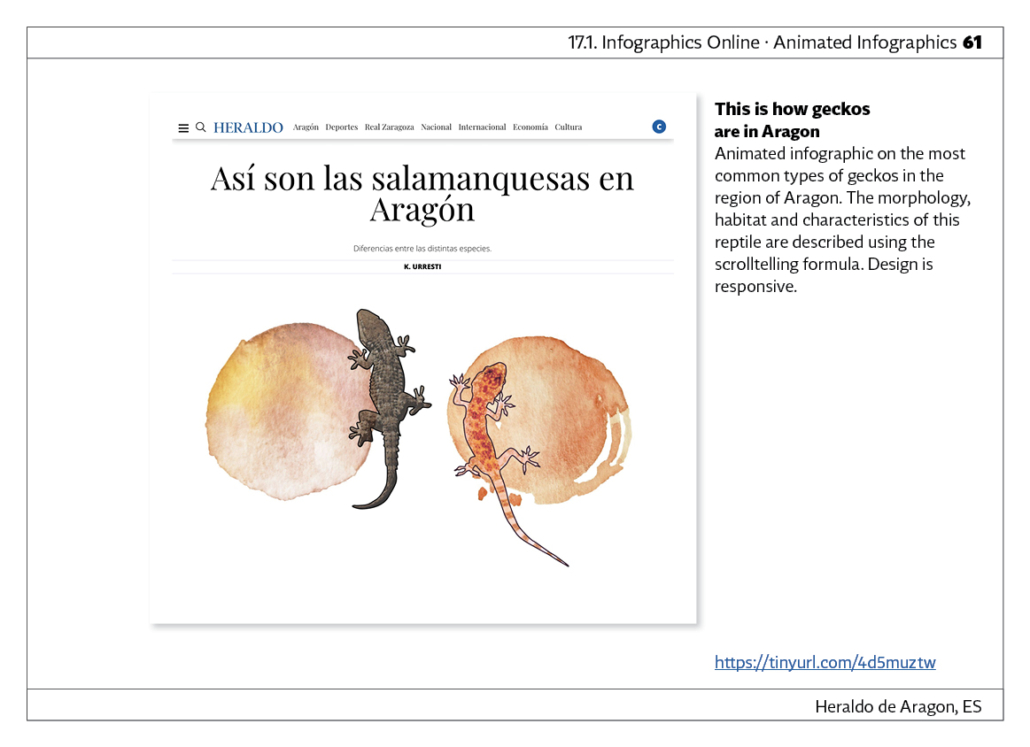
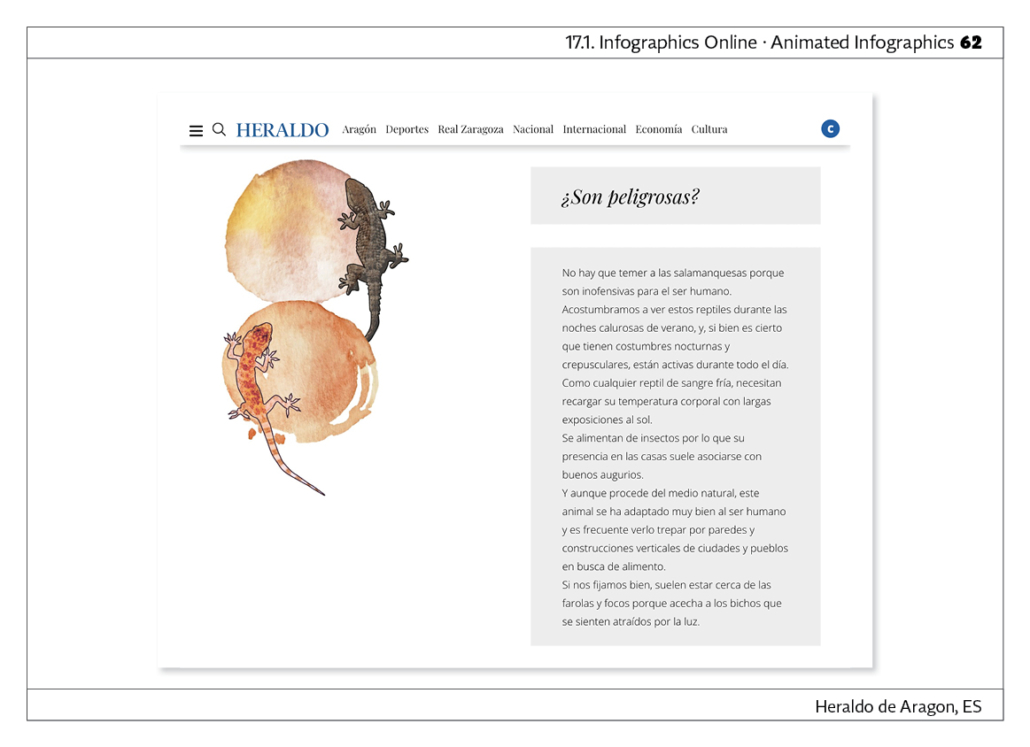

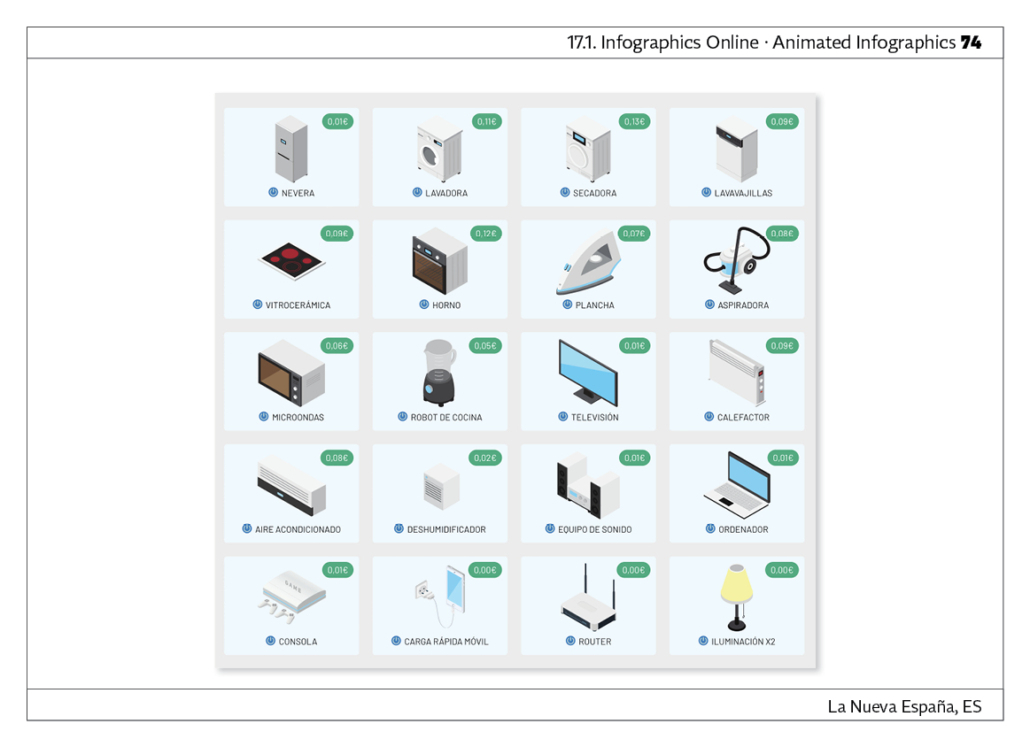
18 Podcasts - exemplary projects
Podcasts are evaluated in this category. Criteria are, for example: innovative topic, professional production, enrichment with quotations and/or sound elements, length of the podcast appropriate to the topic. Podcast – Print can also be submitted here; no separate category will be set up for this. Four different projects can be submitted.
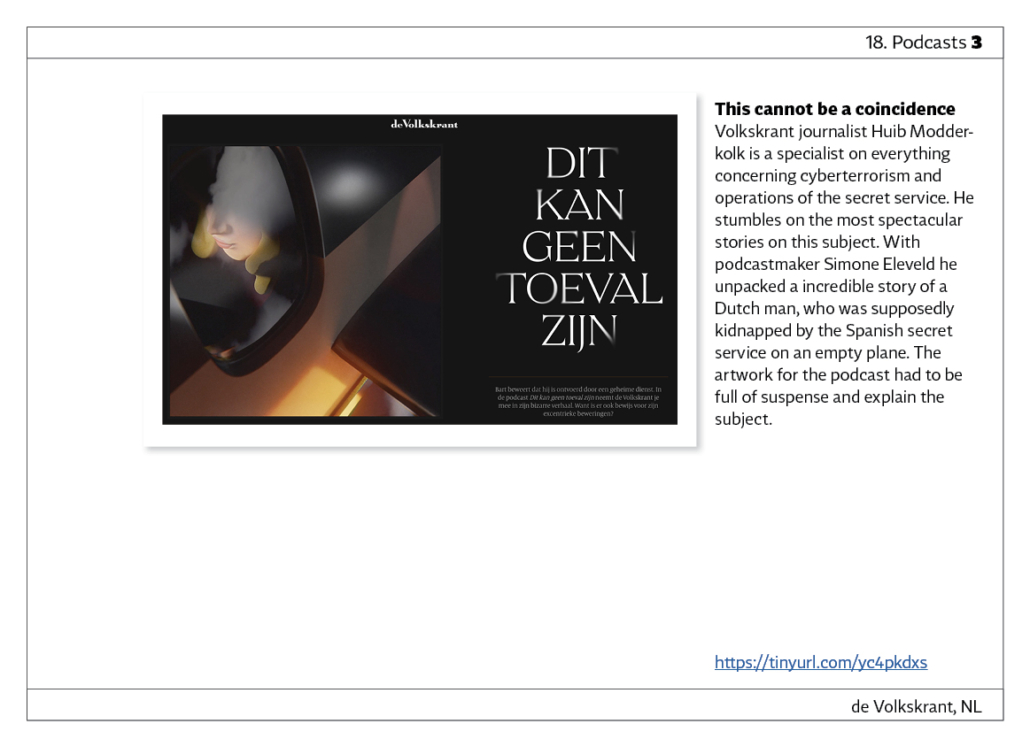
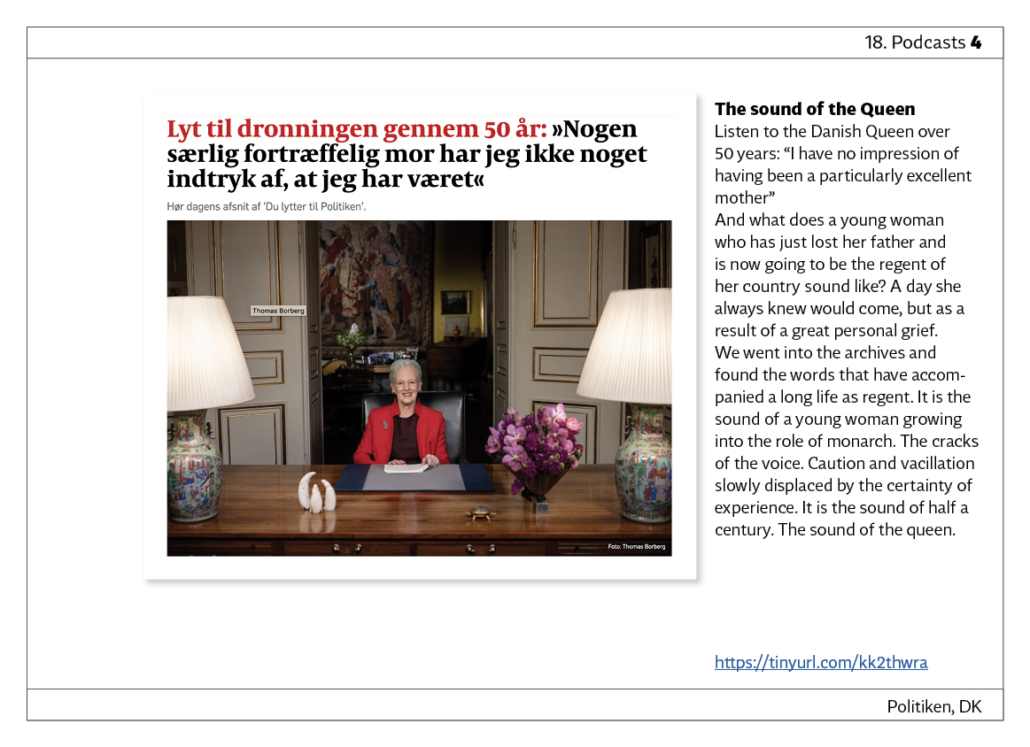
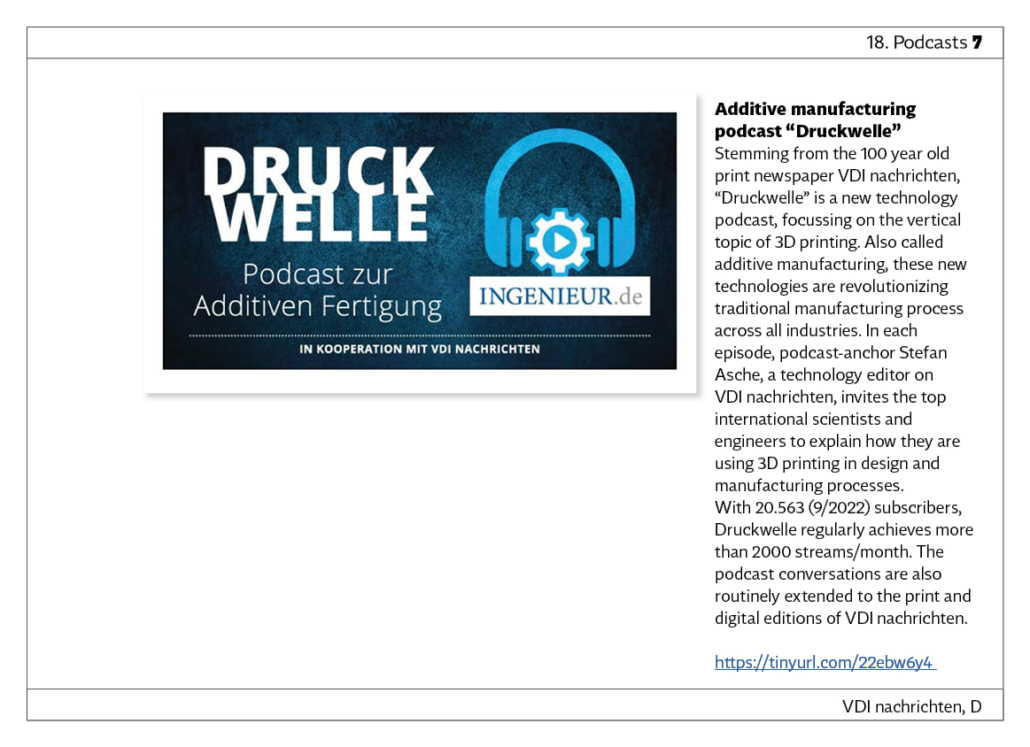
19 Social media - exemplary projects
In this category, projects are evaluated that have been specially prepared for social media channels. You should submit screenshots and a project description. You can submit four different projects.
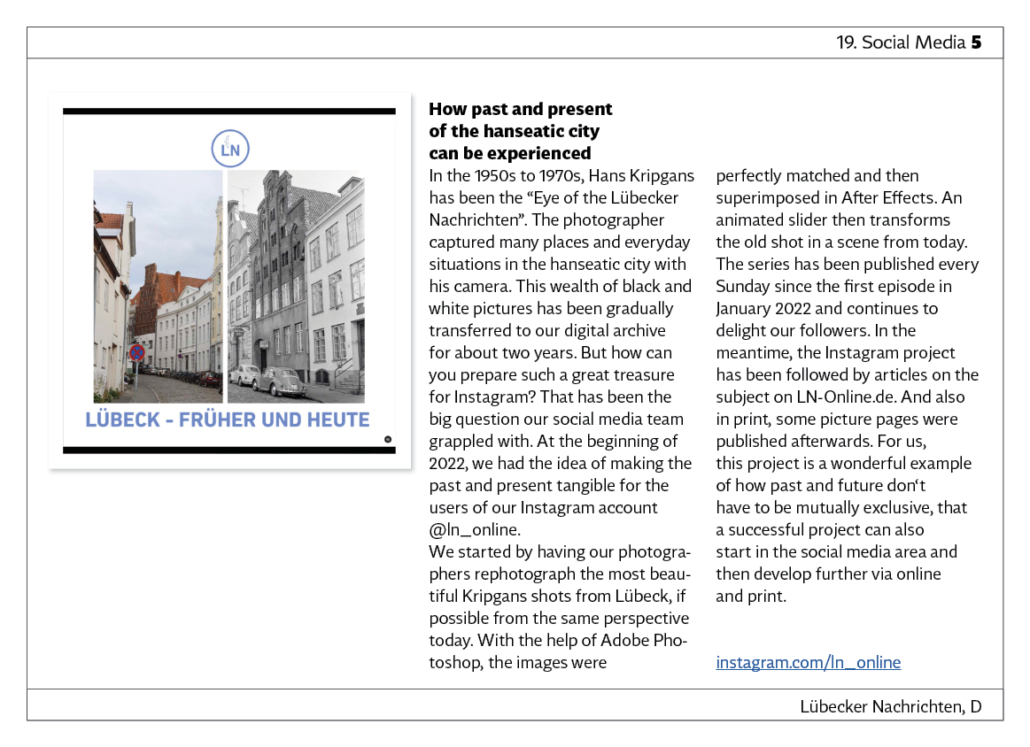
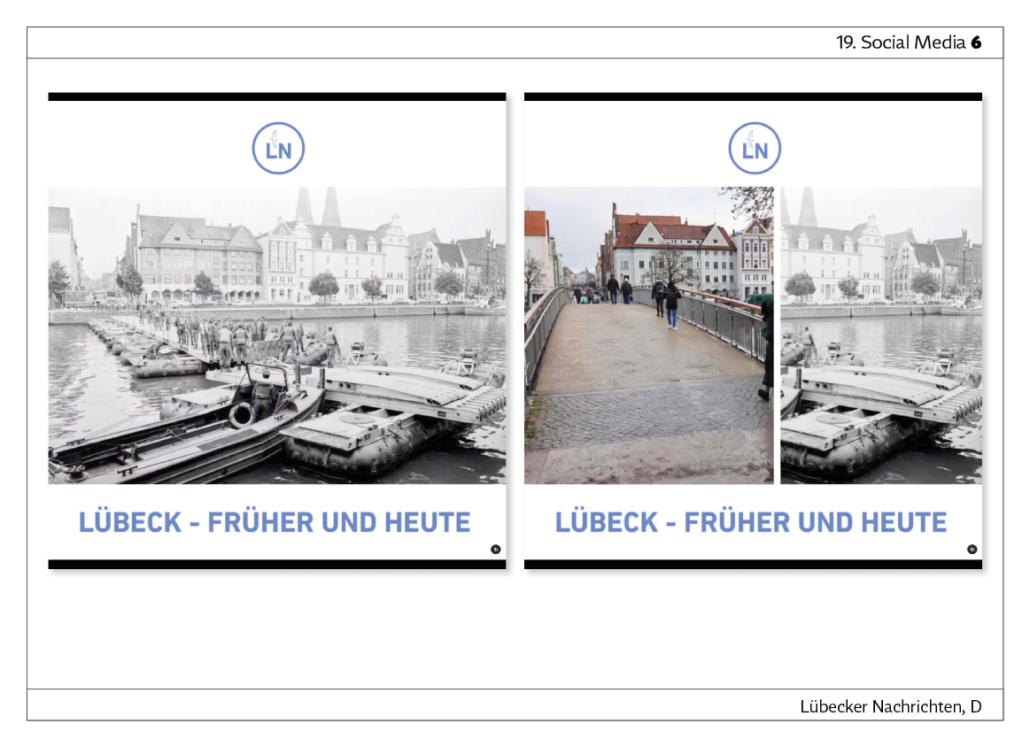
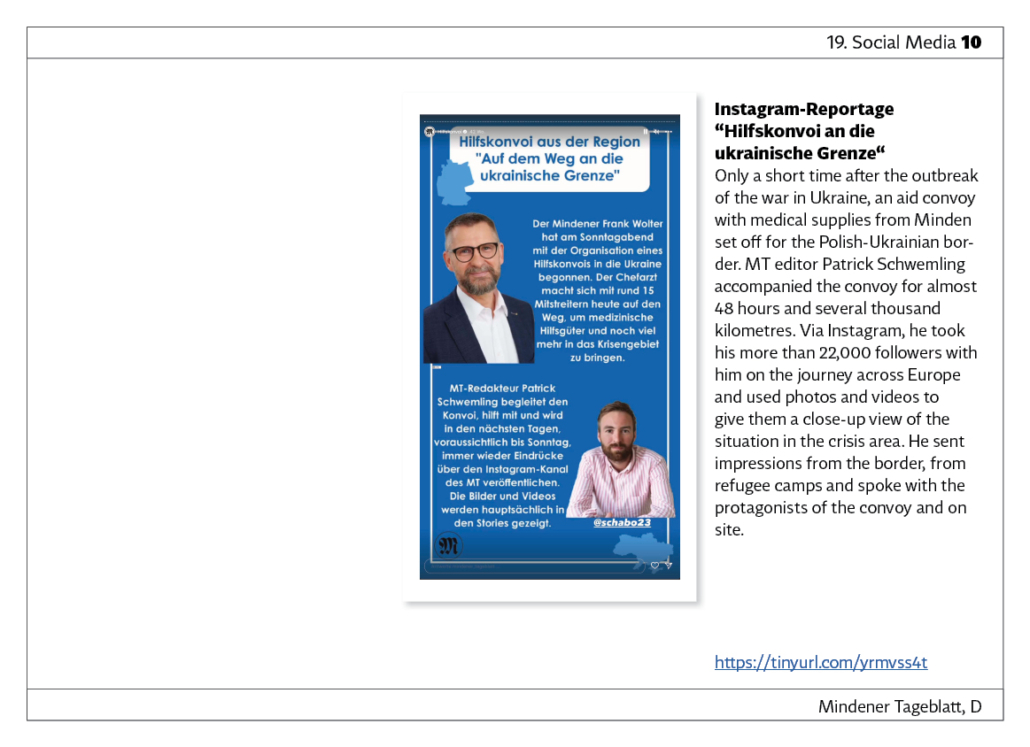
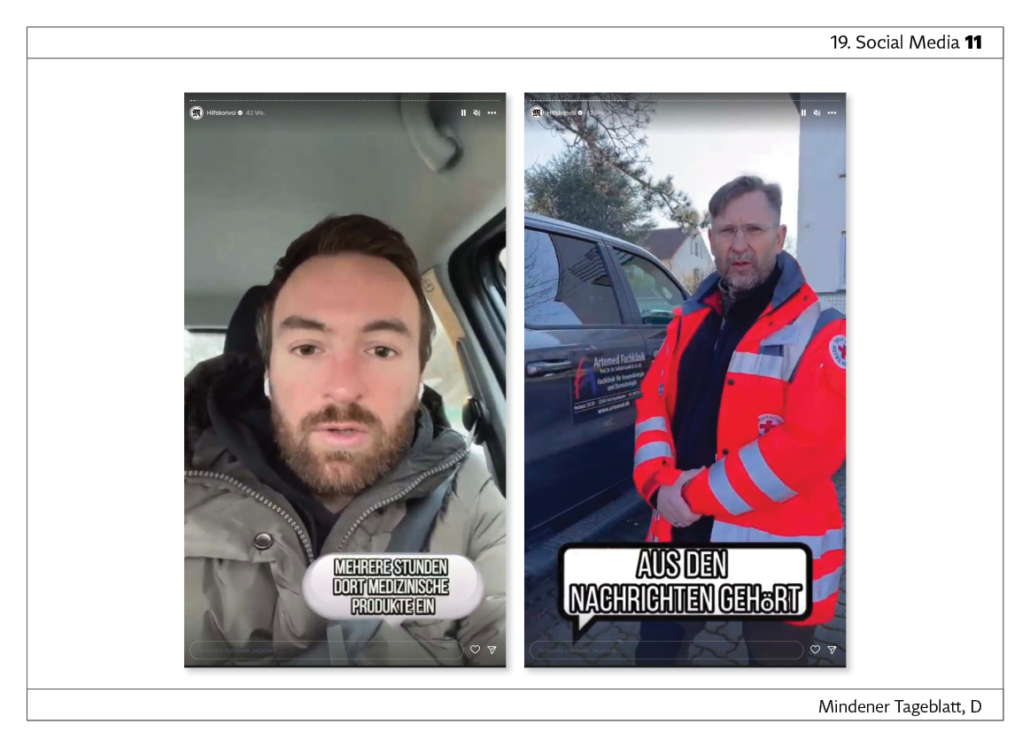
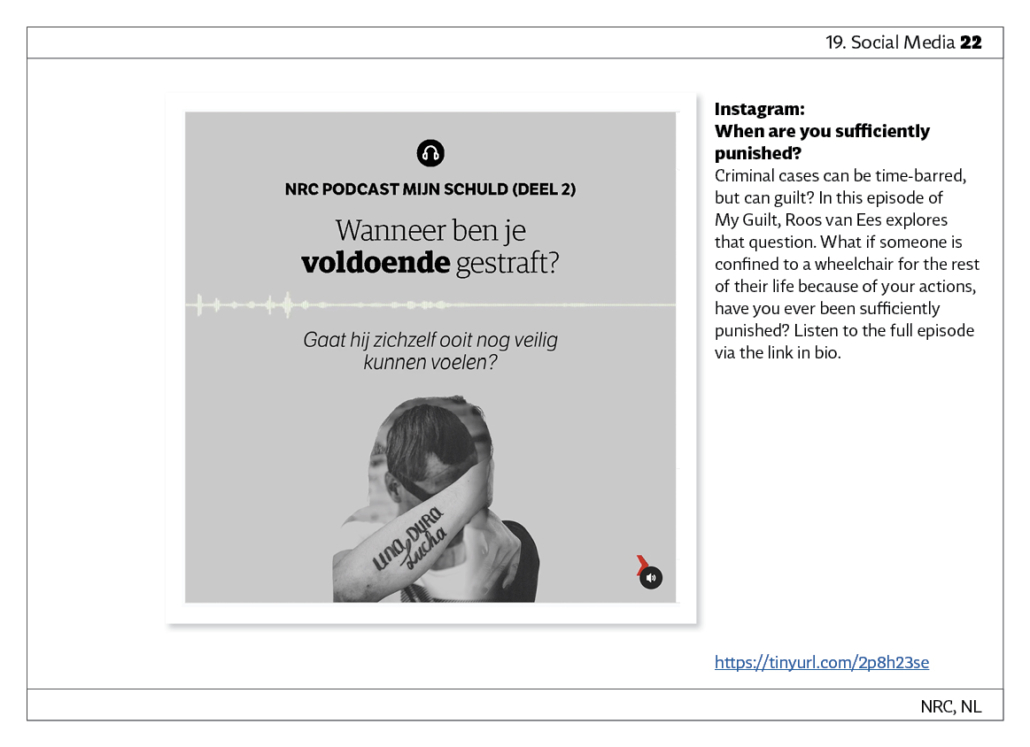
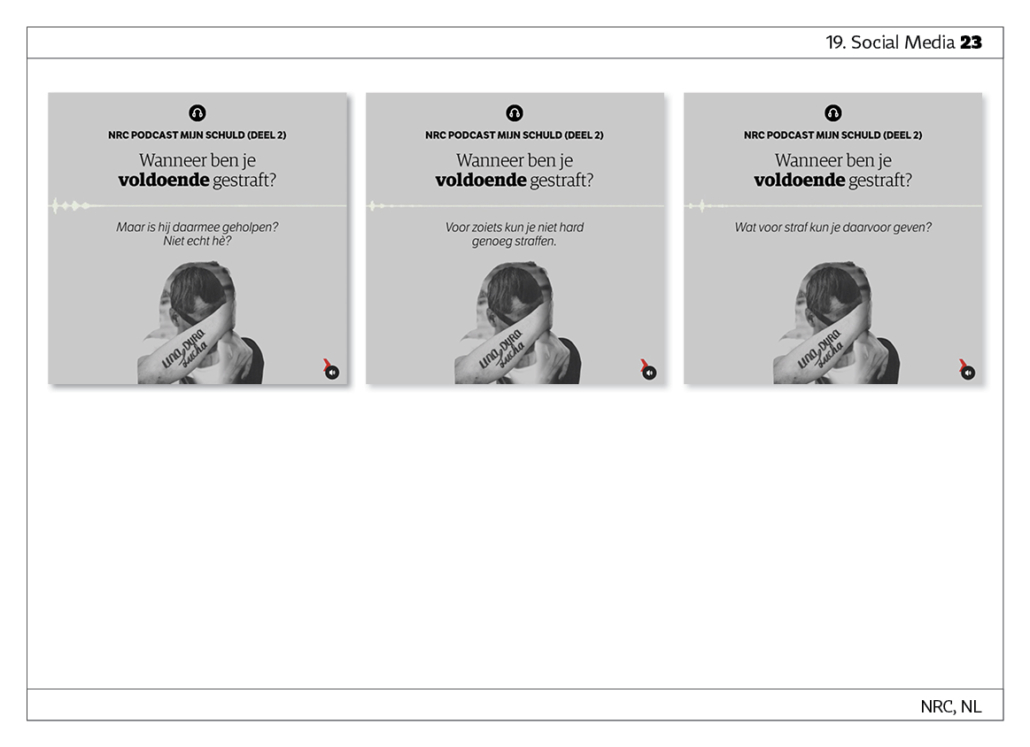
20 AI - Artificial Intelligence in editorial projects
This new category is about the use of artificial intelligence in editorial projects. These can be projects in print, online or cross-media. The use of AI photography also belongs in this category.
Describe the respective project as in the online categories:
– At the top is an image of the project.
– Underneath is a description of the project.
– If it can be found online, please include a link.
– Name and email of a contact person.
